With many people getting aware of solar energy, India has seen a growing number of solar inverter manufacturers.
India, with its abundant sunshine and rapidly growing energy demands, has positioned itself as a key player in this global transformation. The country’s potential for solar energy is immense, given that it receives about 300 days of sunshine every year.
It’s no surprise that India has been tapping into this rich resource and has seen significant growth in the solar industry over the past decade.
To list out the top 10 inverter manufacturers is a difficult task. But after looking at many of them we have concluded the list of top 10 inverter manufacturers. These inverters come in different sizes and needs such as commercial, and residential.
List of Solar Inverter Manufacturers in India [Top 10]
ABB Solar Inverter

ABB is the industry’s leading inverter manufacturer in India & is considered one of the best inverter manufacturers in India. With a comprehensive portfolio of products and solutions. It is one of the fastest-growing suppliers of string inverters. These inverters are focused on user-centric features including high total efficiency.
They offer their inverters with single-phase & three-phase models depending on the user’s requirement.
Year of establishment: 1990
Delta

Delta is one of the global leaders in solar inverters. They are the first to cross the milestone of 1GW+ rooftop installations in India.
Delta offers a complete end-to-end solution of solar inverters & accessories. They offer a 5-year of warranty, which further can be extended to 10 years. Their inverters have a great life and they are easy to install, set up and monitor.
Year of establishment: 1971 (started solar inverter manufacturing in 1999)
Sungrow

They are emerging as the global leader in the R&D of solar inverters. They manufacture both central and string PV inverters.
Sungrow is known for its 99% efficient inverts and has a huge market share captured worldwide. They offer their products in more than 150 countries around the globe. In 2020 they joined RE100 to source 100% Renewable electricity by 2028.
Year of establishment: 1997
iNVERGY

iNVERGY, a name with innovation in the solar inverter space, and a strong portfolio of inverters, be it for residential, commercial, industrial, or at utility scale. A company with the largest R&D team dedicated only to inverter technology.
They prioritize customers’ requirements and satisfaction, and provide a wide range of inverters, i.e., Hybrid, On Grid, Off Grid, all in one place. You can have enough options to choose from different kW to single phase, to three phase, and a customised option according to your requirements.
Year of establishment: 2021
Microtek

Microtek is a multinational corporation that has well-established its presence in India as a solar inverter manufacturer. They have two products under solar inverters:
1. UPS Solar SS1130
2. UPS Solar SS1660
SS1130 has a power of 500W while the other has a capacity of 1000W.
Both are highly power-efficient and can quickly extract maximum energy from the sun.
Year of establishment: 1980
Waaree Energies

One of India’s leading solar inverter manufacturing companies, Warree Energies, offers a wide range of both on-grid and off-grid inverters for residential & commercial sites.
Their inverters have top-of-the-notch features like smart solar selection logic and optimized power and energy usage.
Inverters are engineered according to global standards with pleasing aesthetics and highly efficient power consumption.
Year of establishment: 1993
Read More: Top 10 Solar EPC Companies in India
GoodWe

GoodWe is one of the fast-forward and growing companies that is basically into the research, development, and production of PV inverters.
Their inverters are widely used in commercial systems, and residential rooftops with power ranging from 1.0 to 80 kW.
In 2017, they had a sales volume of 30,000 inverters sold per month on average.
GoodWe benchmarks its success on the success achieved by its customers by identifying and integrating the most advanced components.
Year of establishment: 2010
Su-kam

Su-Kam holds a good share of India’s solar market. Su-kam ranks as one of the top local manufacturers of solar inverters. This company has a record of submitting 100 patents. They have a presence in about 90 countries around the globe and deliver successful power to these. Their models are innovative and efficient.
Recently, they have developed India’s first static solar UPS, Brainy S< it has a 30 amp solar charge controller.
Year of establishment: 1988
Luminous

Luminous is one of the manufacturers of inverters and industrial batteries. The solar panel manufacturer is based out of Gurgaon. It has more than 28 offices in India and has a presence in more than 38 countries.
It sells both grid-tied inverters as well as inverters for off-grid solar applications.
Year of establishment: 1988
Hitachi

Hitachi is a brand you might have heard of in the past. It is a very popular brand and has been in the power electronics for long. It has been ranked among the top solar inverter manufacturers in India.
They produce high-efficiency grid-connected solar inverters that have reactive power regulation. Thin film and crystalline photovoltaic modules are used in their inverters.
They have operation levels of 500 kW, 630 kW, 715 kW, 1 MW, and 1.25 MW and have shallow voltage ride-through functionality.
Conclusion
In this article, we curated a list of the top solar inverter manufacturers in India. Although there could be more solar inverter manufacturers, we added only the very popular ones.
If you are looking to install solar inverters for your home, you should go through each manufacturer and see which one fits your needs the very best. Also, consider the pricing of each inverter before you buy one. We hope you found this blog article quite informative.
Frequently Asked Questions on Solar Inverters
Which solar inverter is best for home use?
Choosing the best solar inverter for home use depends on the size of your solar system, your budget, the type of installation (rooftop, ground-mounted, etc.), and your preference for certain features or brands.
Here are some of the most popular and reputable solar inverters for home use:
- SolarEdge: Known for their power optimizers that are paired with inverters, they offer enhanced energy harvest and module-level monitoring. Their inverters are efficient and come with an integrated DC safety switch.
- Enphase Energy: These are microinverters that are installed at each solar panel, ensuring that if one panel is shaded or underperforming, it won’t affect the entire system. They’re great for homes with partial shading issues.
- SMA Solar Technology: SMA’s Sunny Boy series of inverters are popular for residential systems. They are reliable, efficient, and have a good track record in the industry.
- Fronius: The Primo series from Fronius is well-suited for residential solar installations. They offer high-efficiency and user-friendly monitoring solutions.
- Huawei: Their residential solar inverters come with smart features, and high efficiency, and are known for their reliability.
- Growatt: This brand is popular for offering good value for money. Their inverters are efficient, and reliable, and come with an intuitive monitoring system.
- Luminous Power Technologies: For those in India, Luminous is a recognized name in the inverter industry. Their solar inverters are reliable and designed specifically for Indian conditions.
What are the advantages of using solar inverters?
Solar inverters convert direct current (DC) from solar panels to alternating current (AC) for home or business use. Advantages include:
- Enables use of solar energy, reducing electricity bills.
- Promotes green, renewable energy consumption.
- Reduces carbon footprint and environmental impact.
- Provides backup power during grid outages.
- Long lifespan with minimal maintenance.
- Compatible with most solar panel systems.
What are the disadvantage of using solar inverters?
While solar inverters offer many benefits, there are some drawbacks to consider:
- Initial high installation cost.
- Efficiency loss during DC to AC conversion.
- Potential for reduced efficiency in extreme temperatures.
- Requires periodic maintenance to ensure optimal performance.
- Lifespan is typically shorter than solar panels and may need replacement before panels.
- Some models produce noise during operation.
- Complexity in integrating with existing electrical systems.





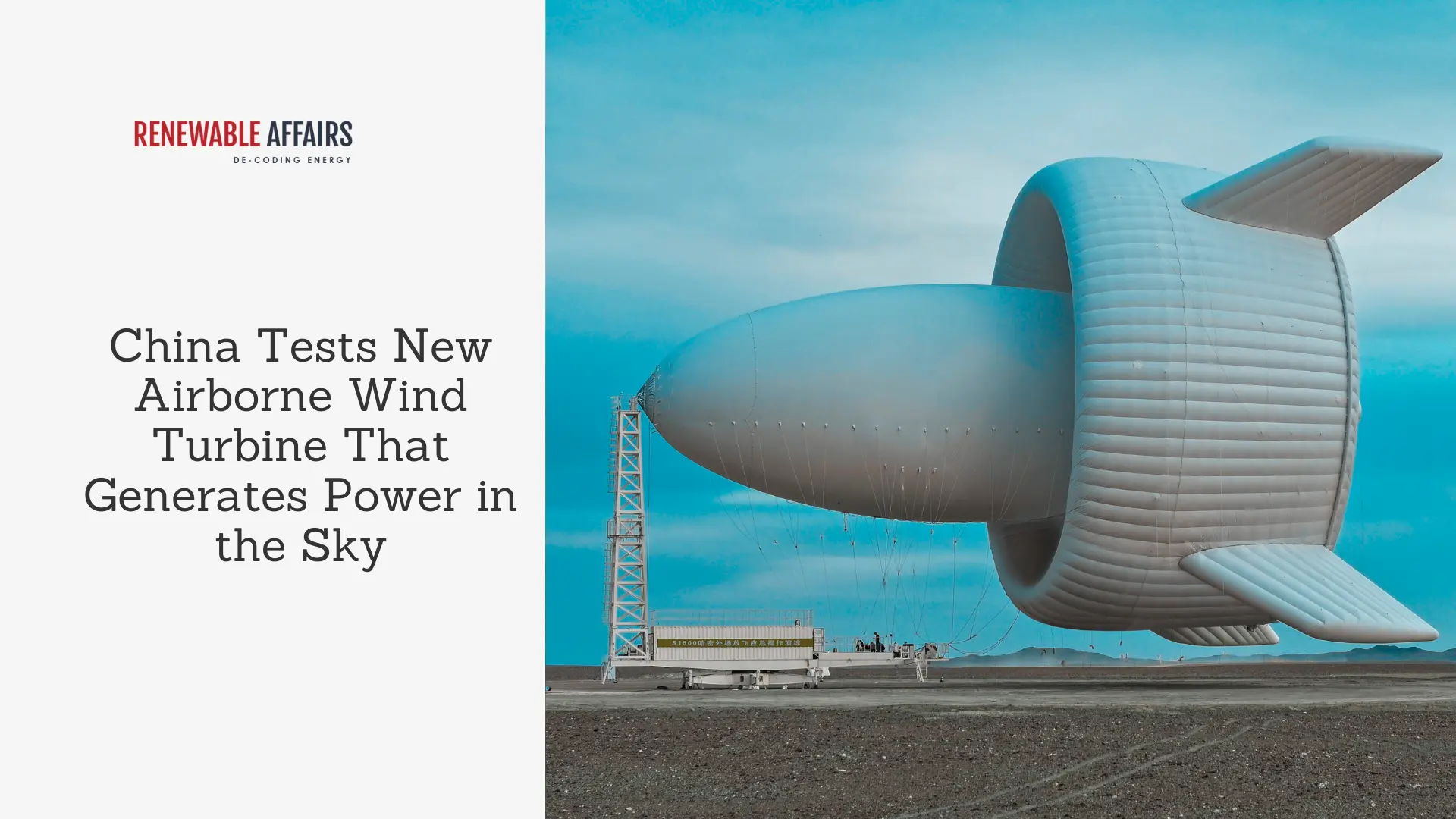







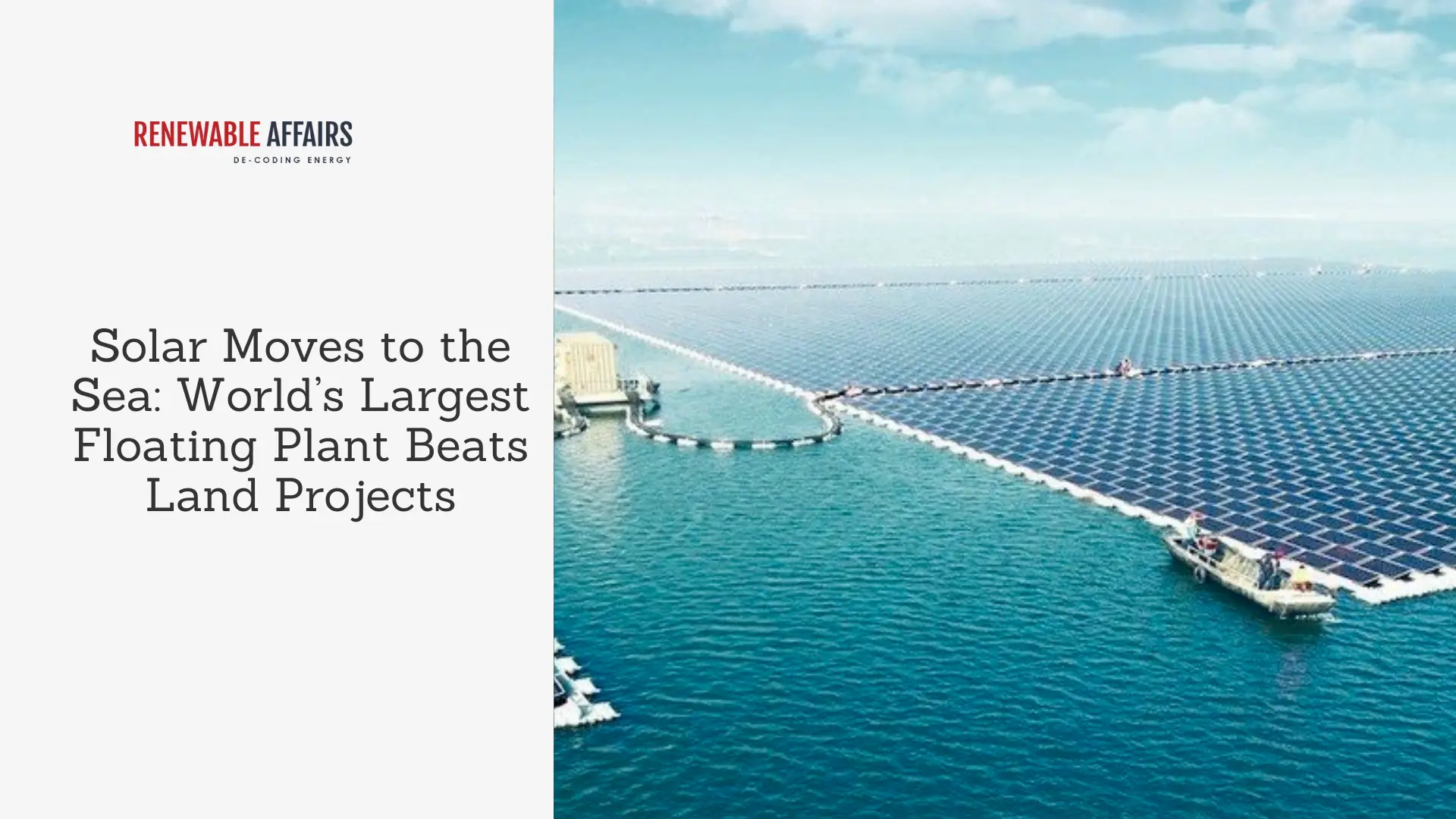
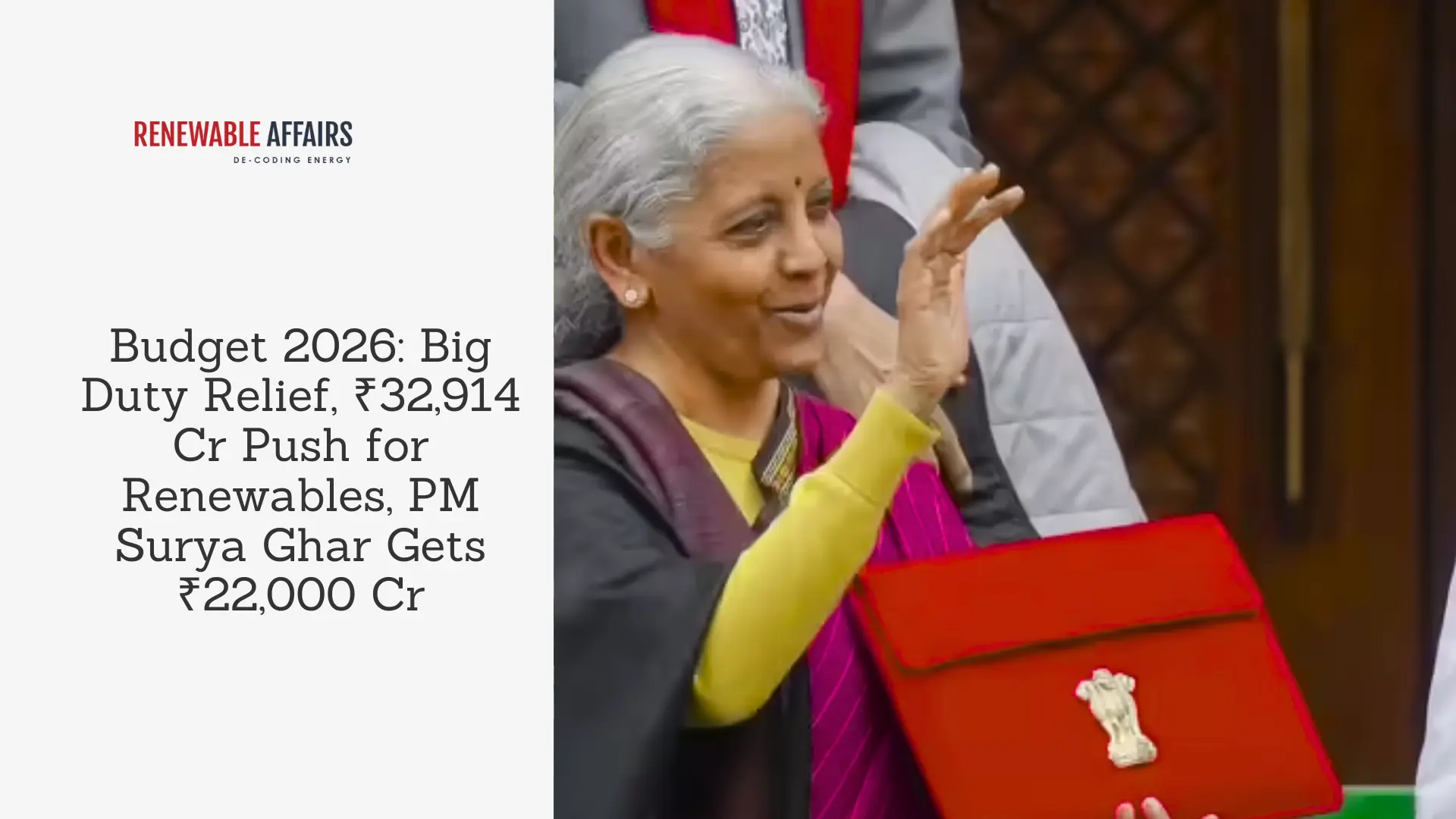
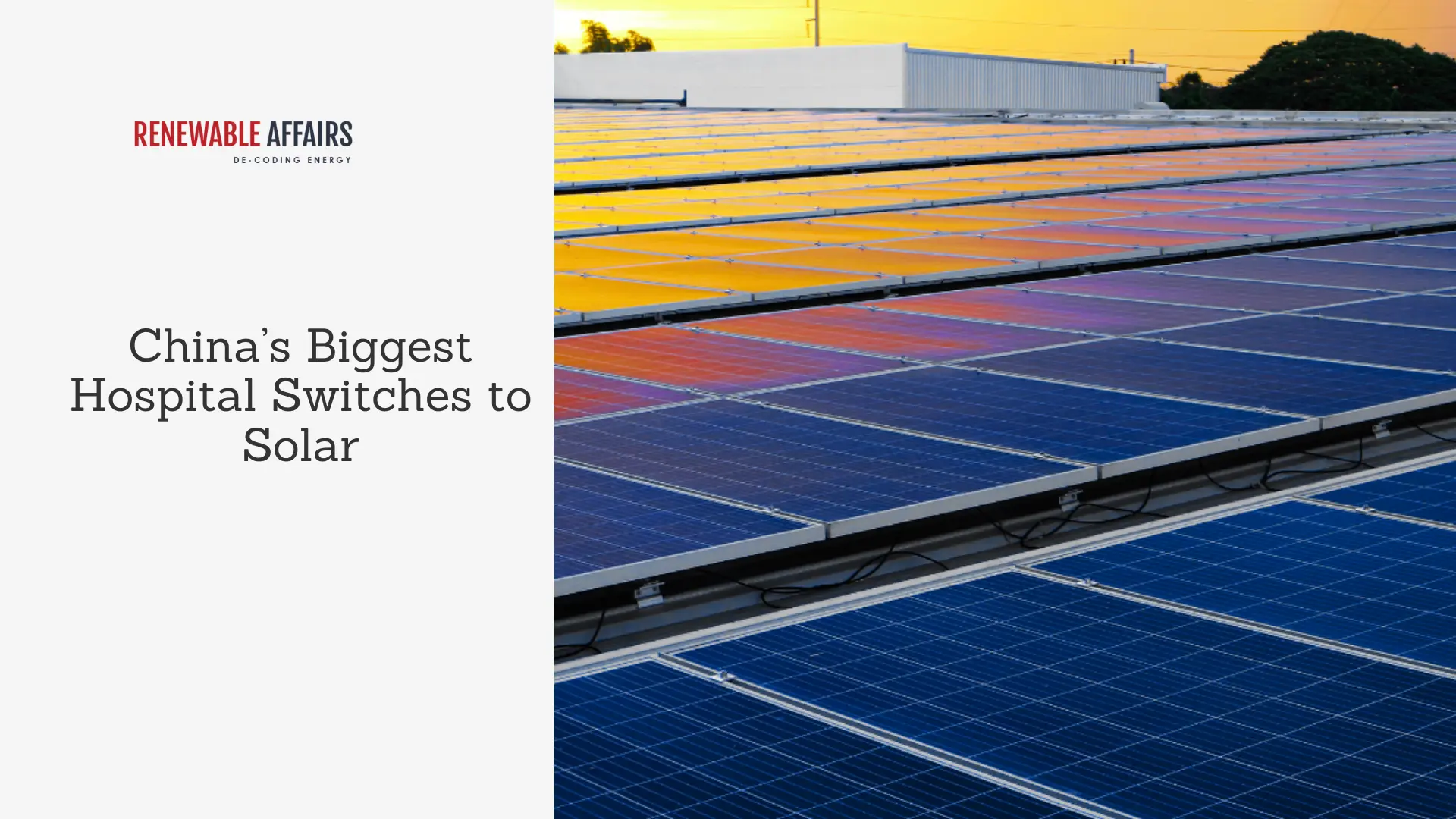
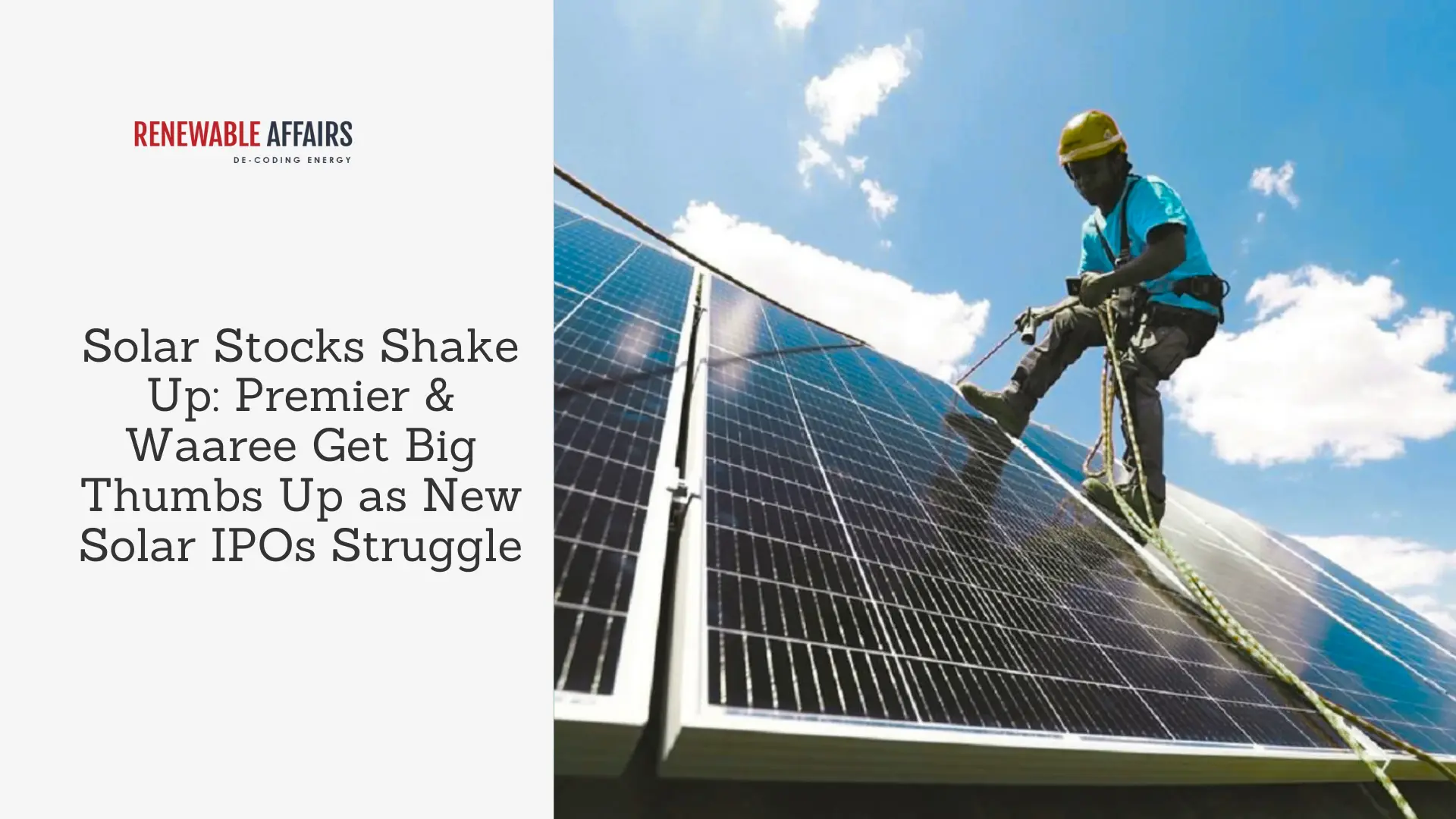






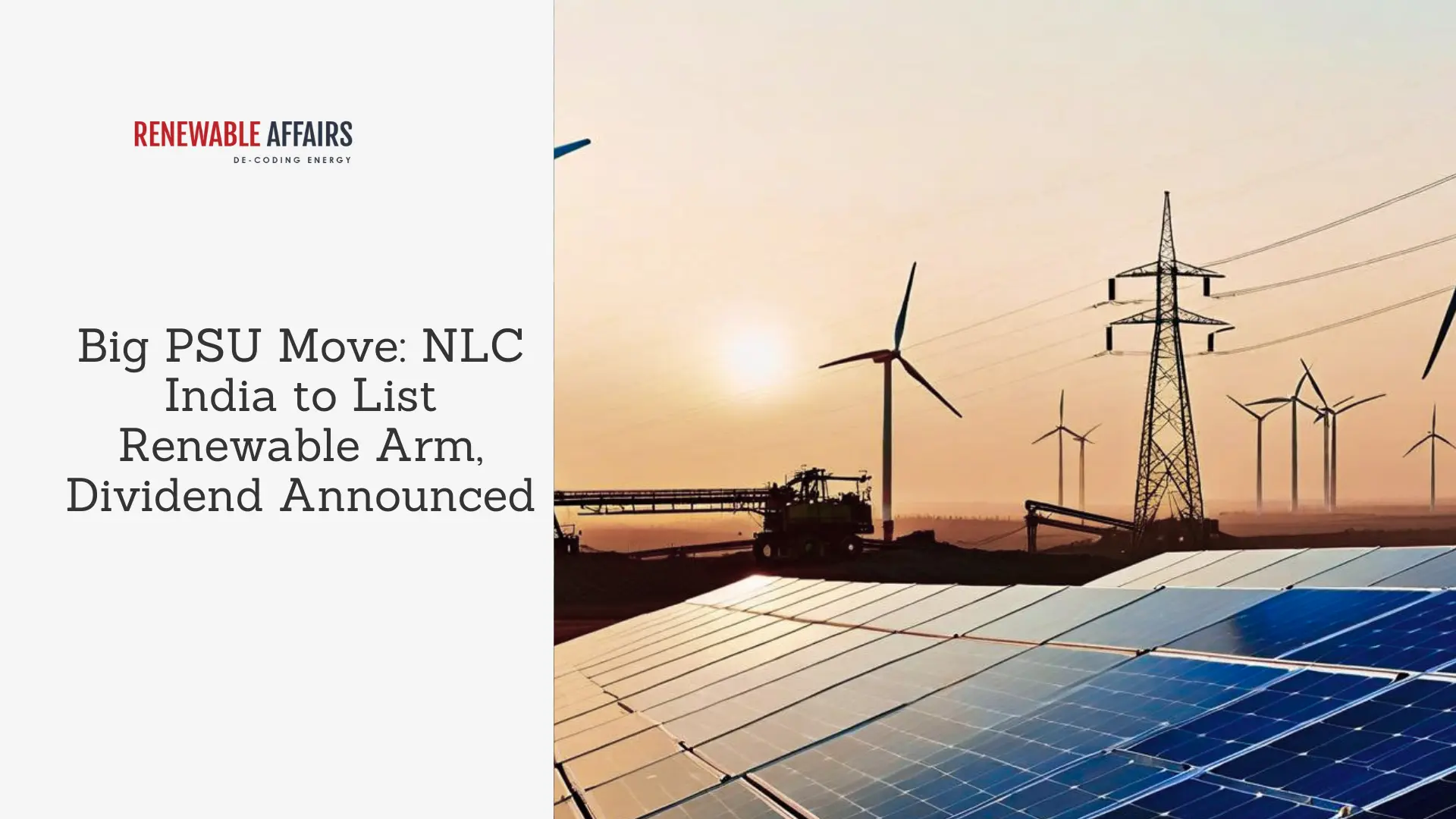

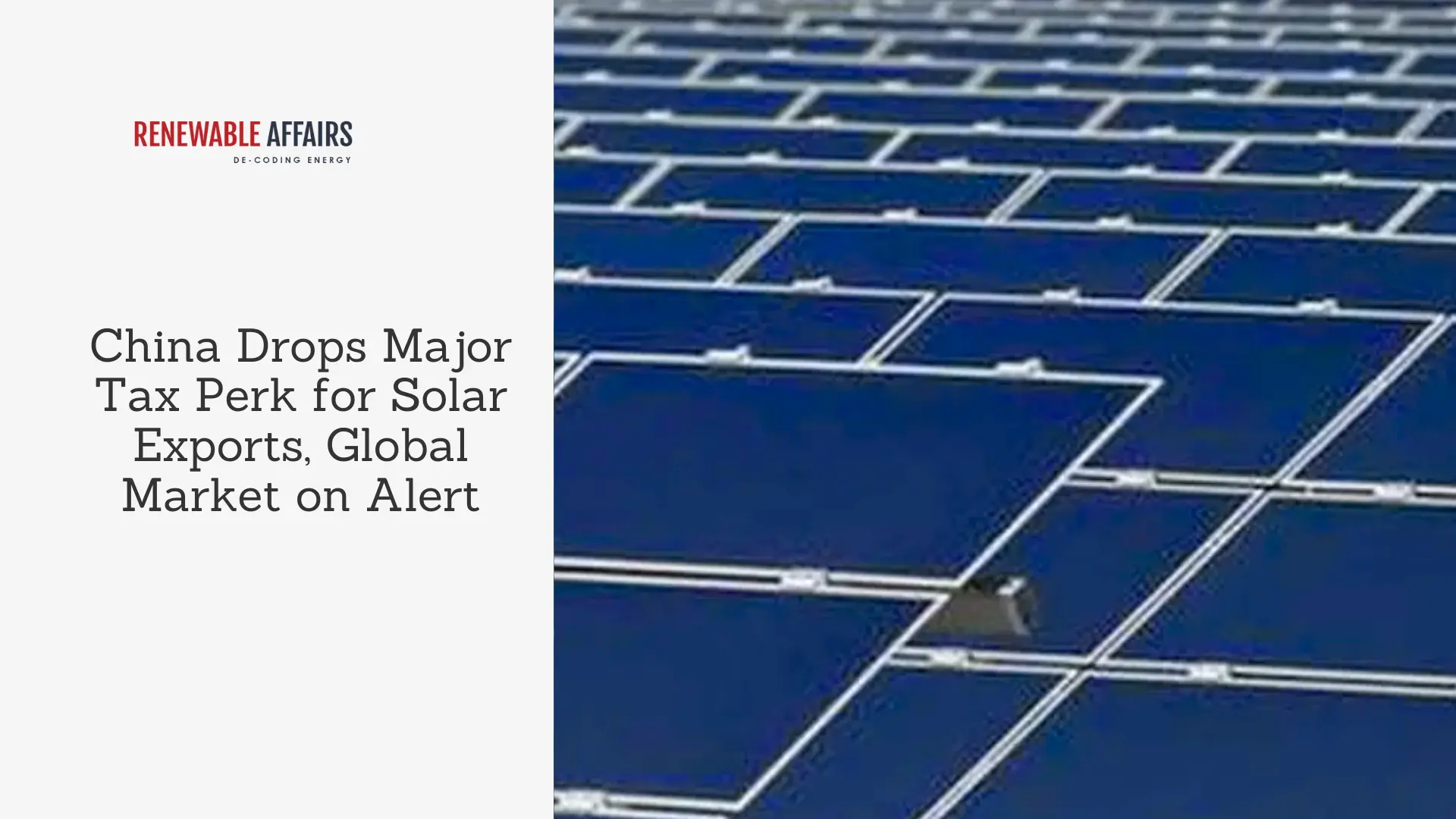
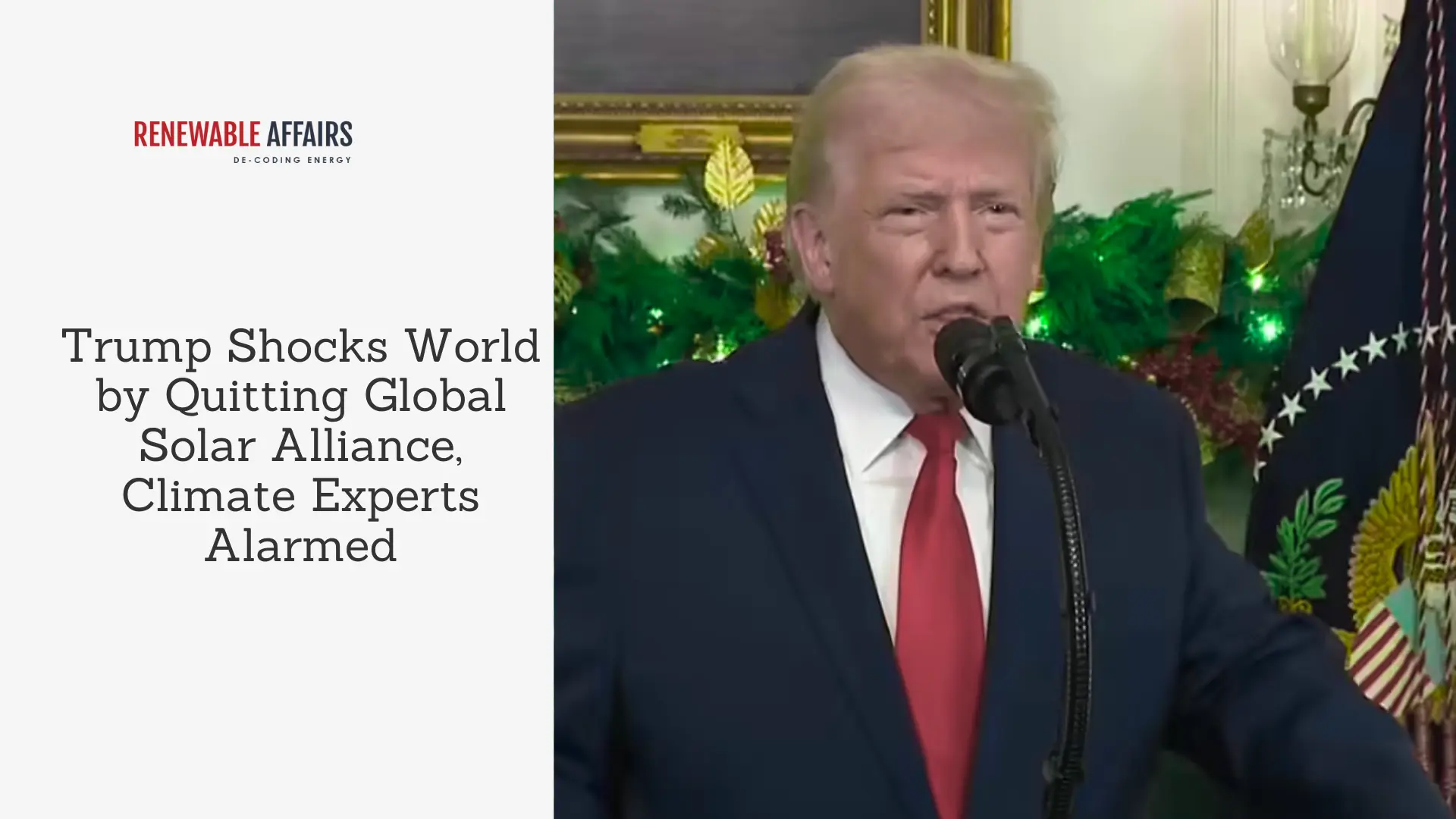
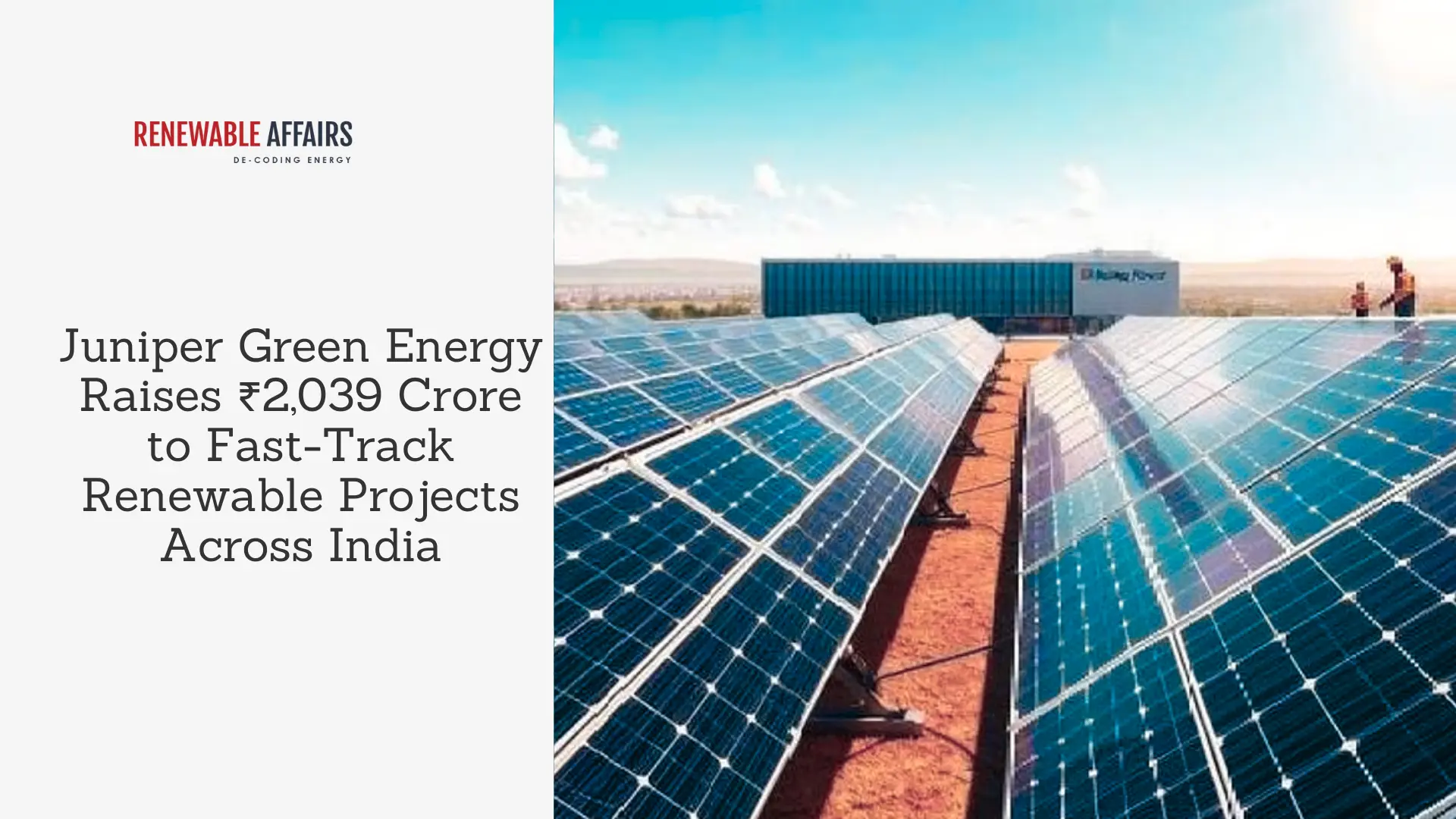
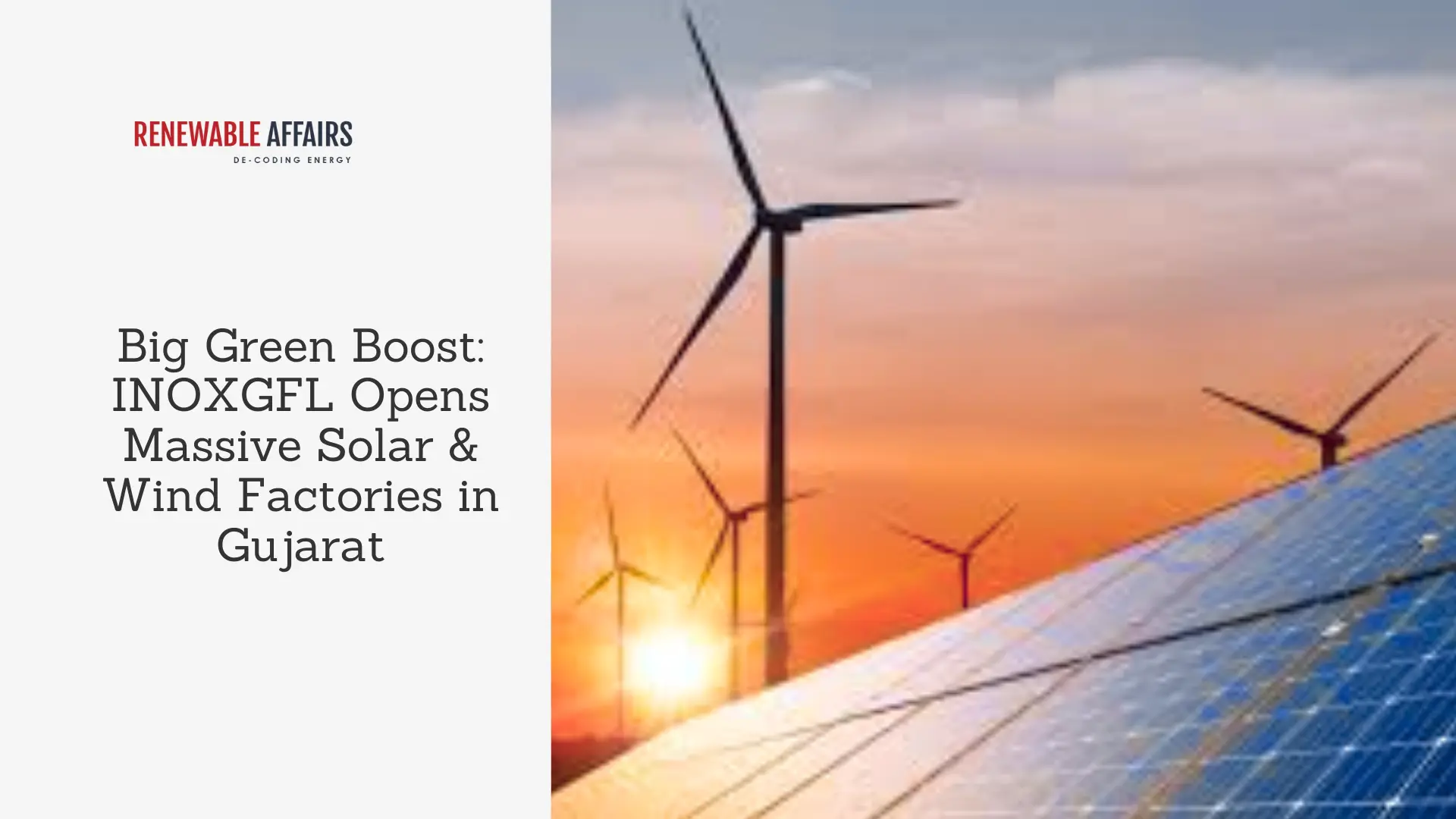
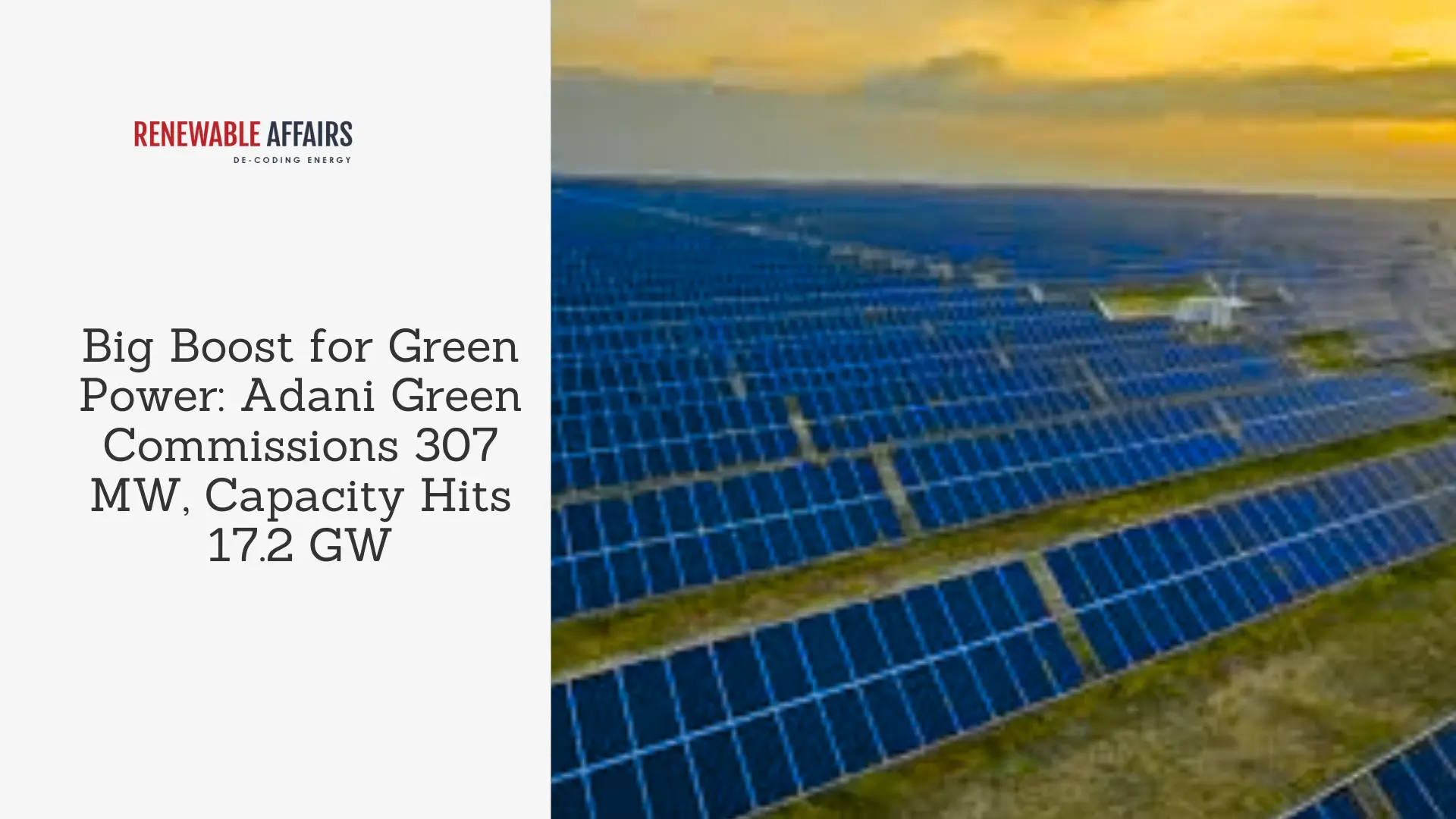
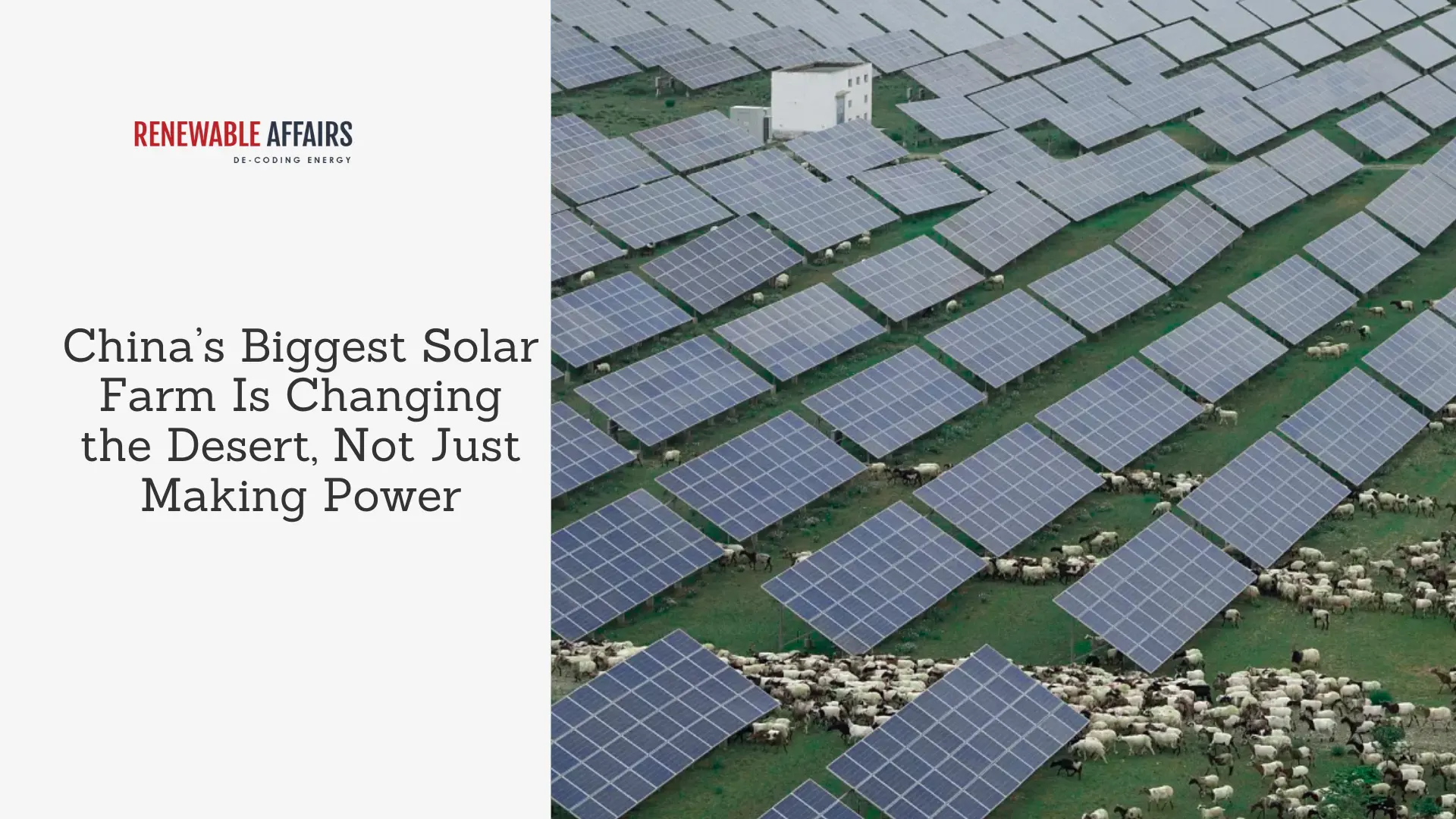
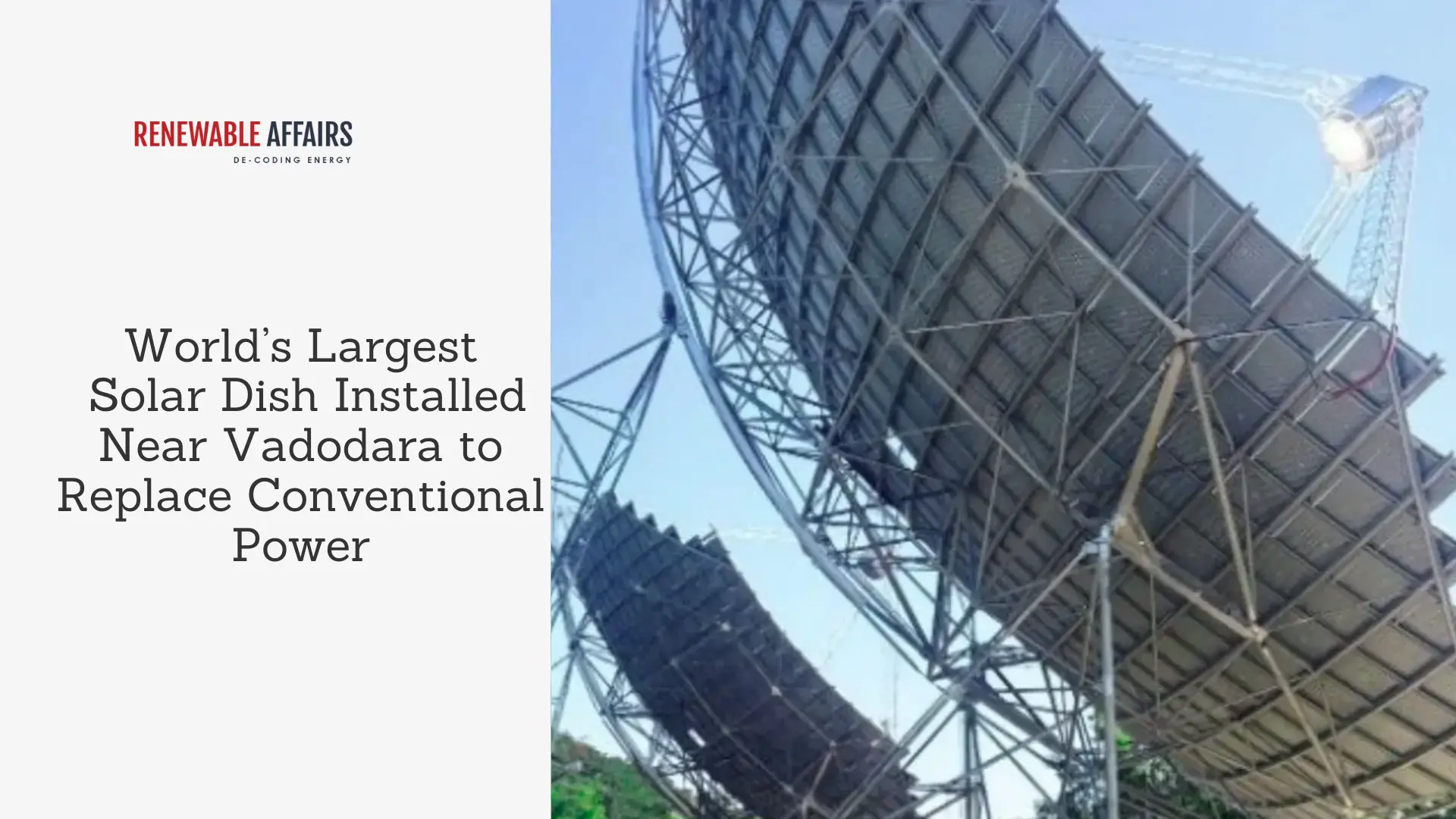

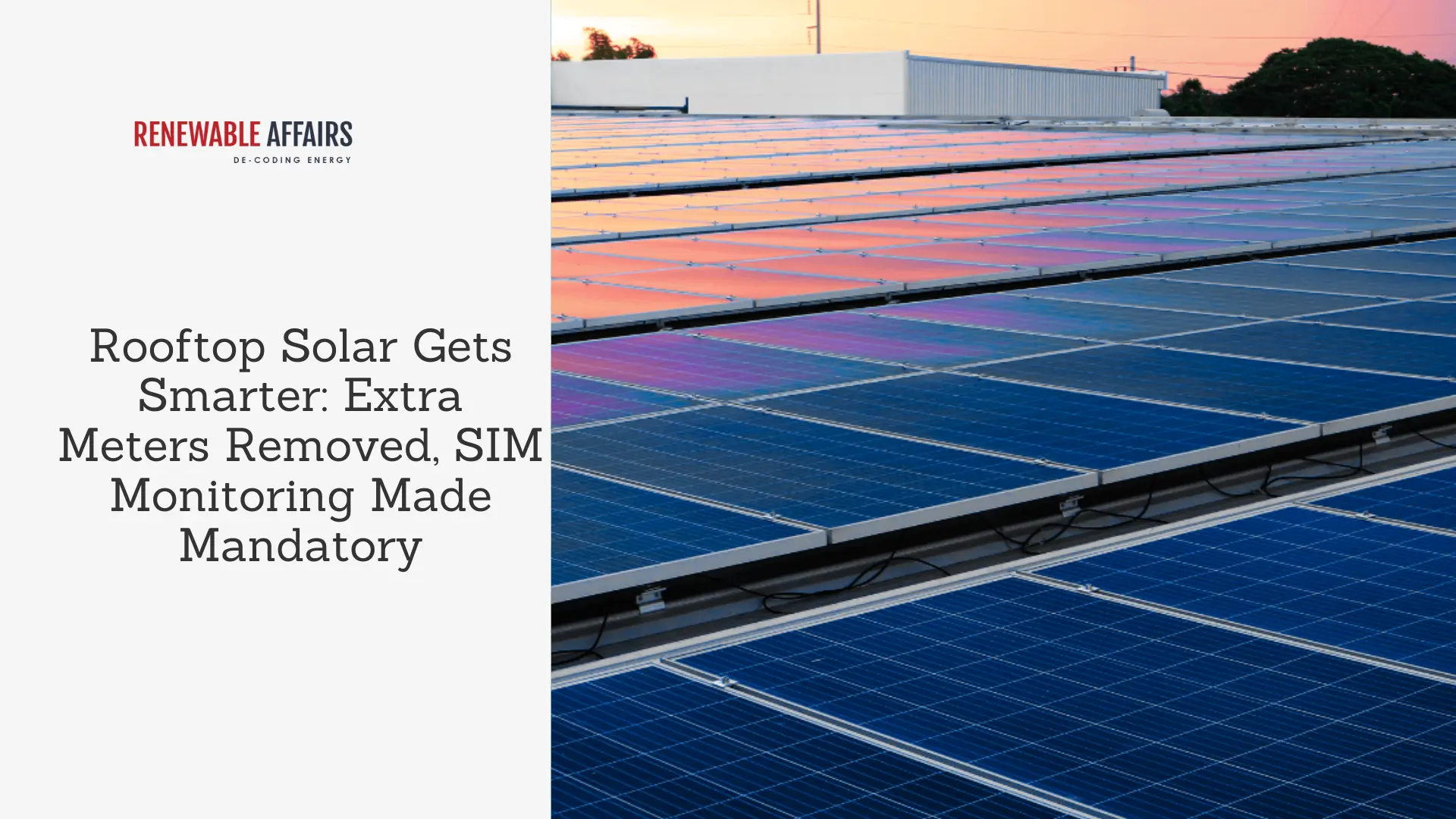
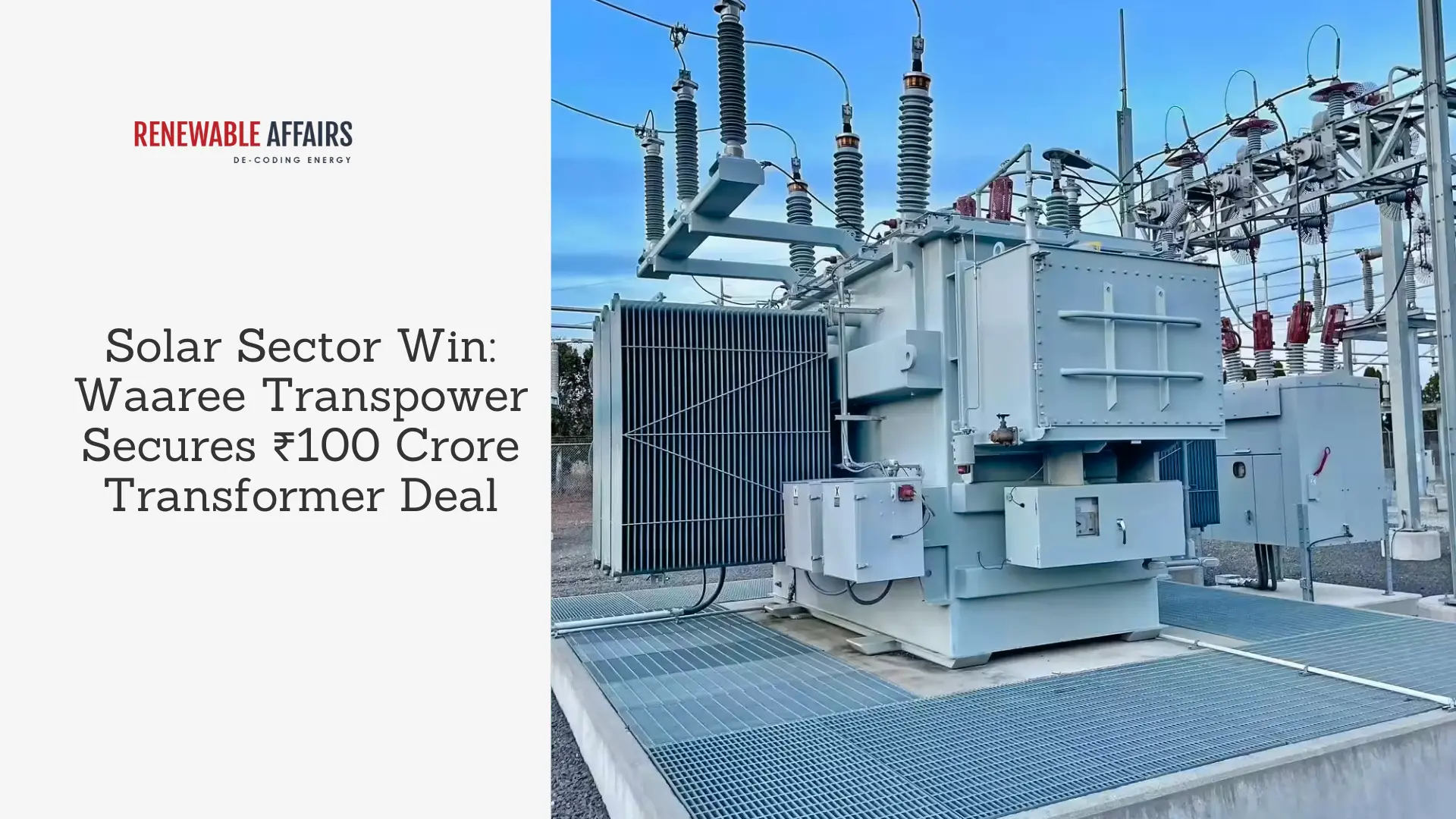
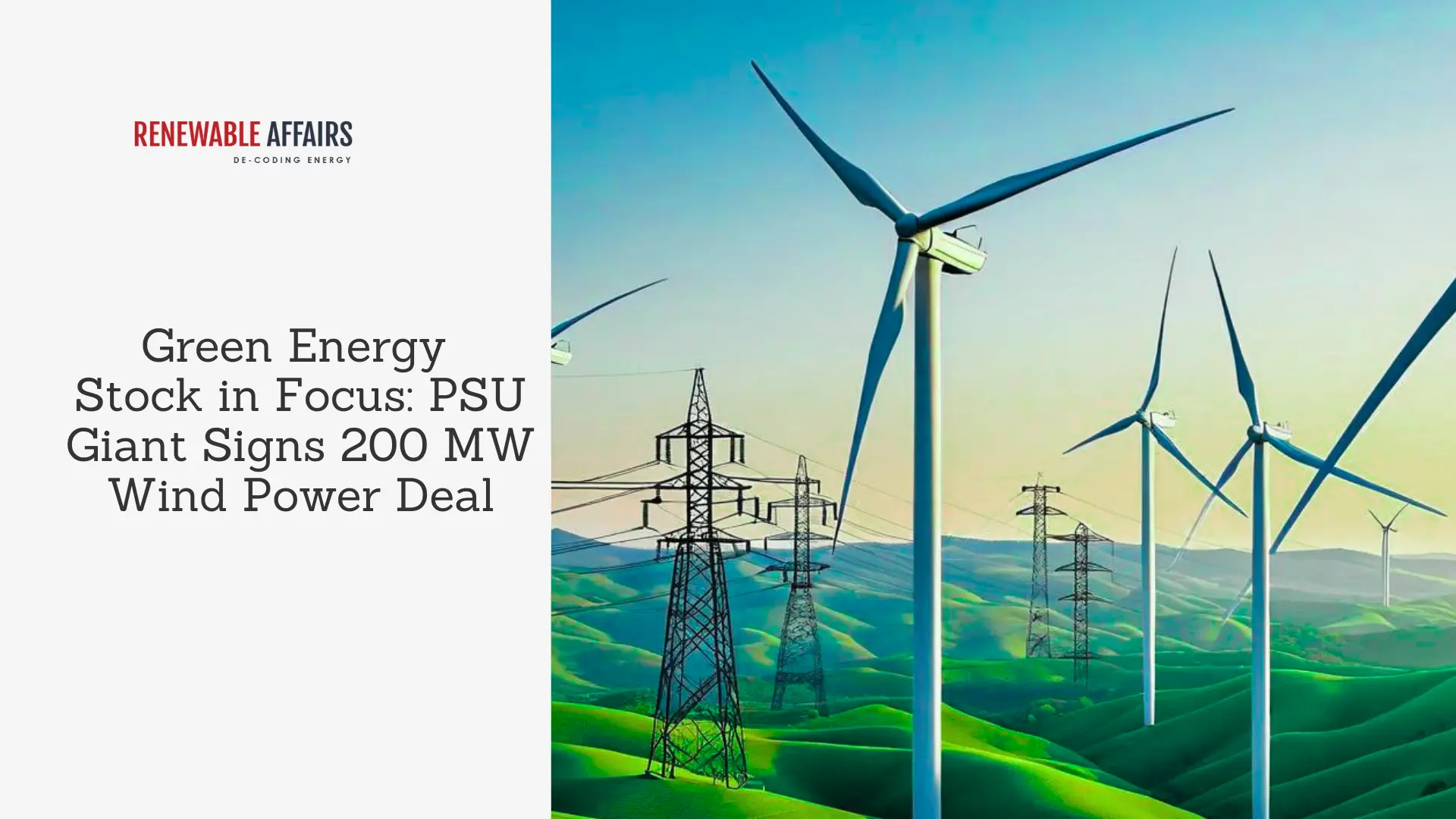
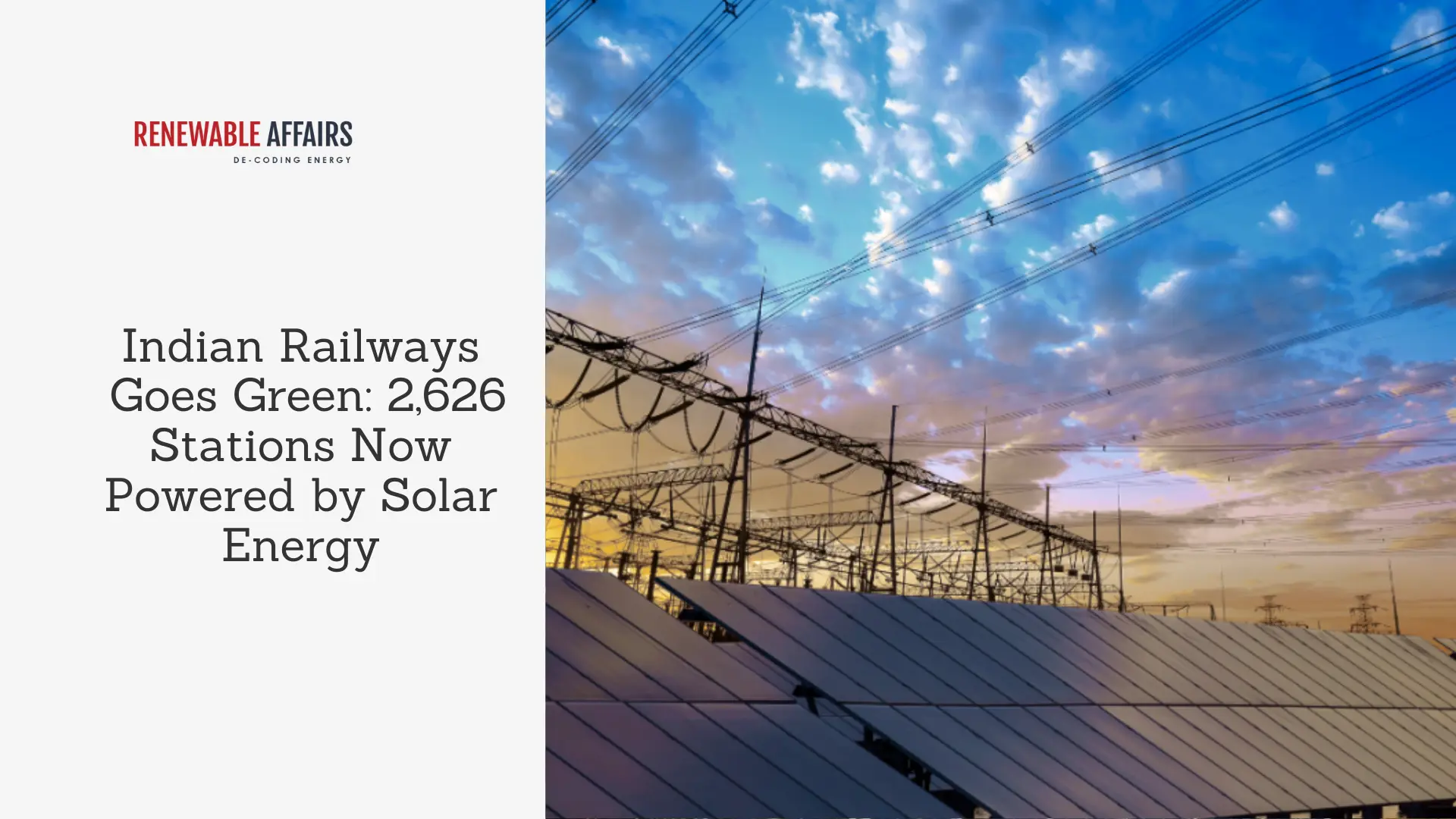
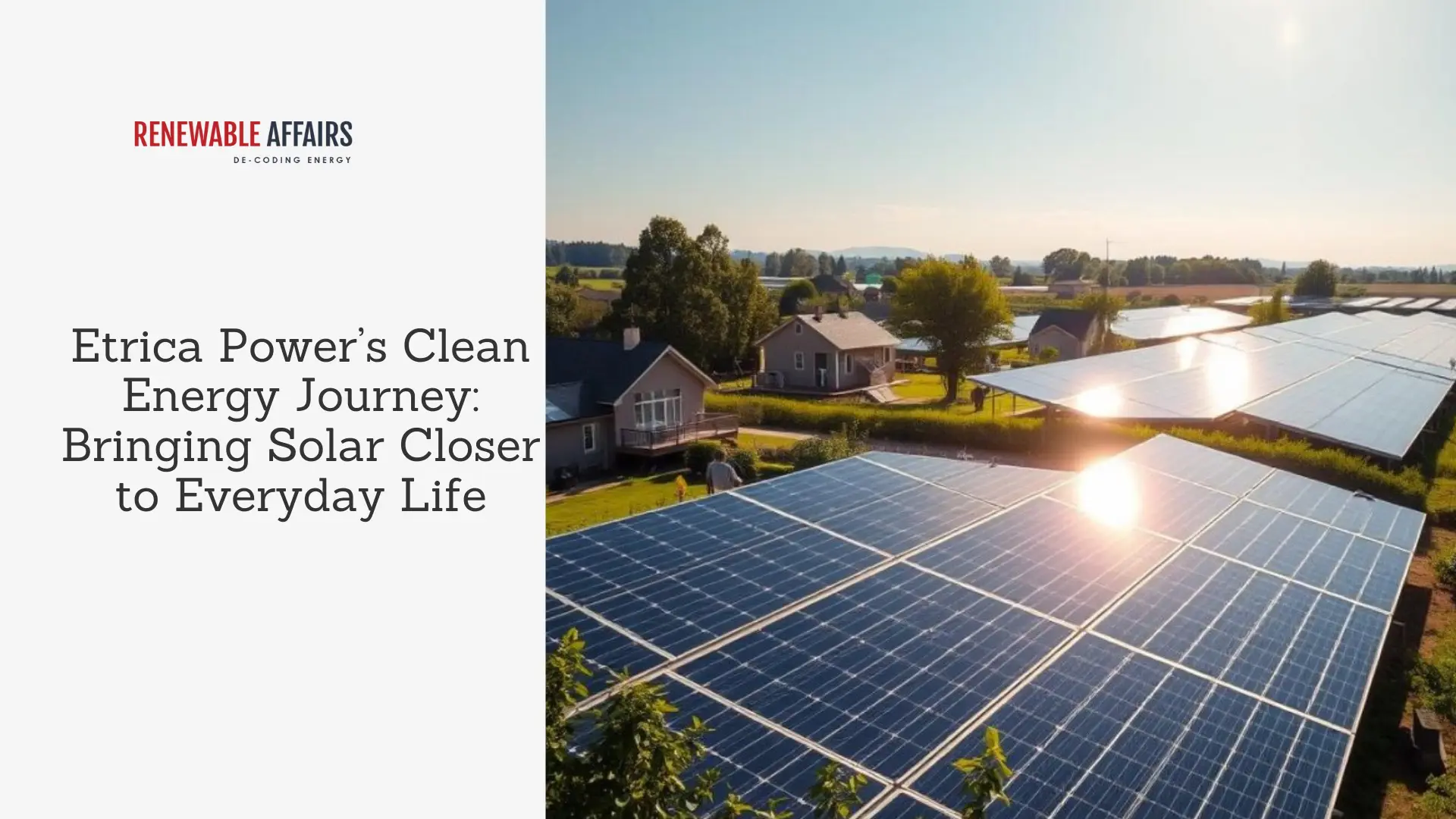
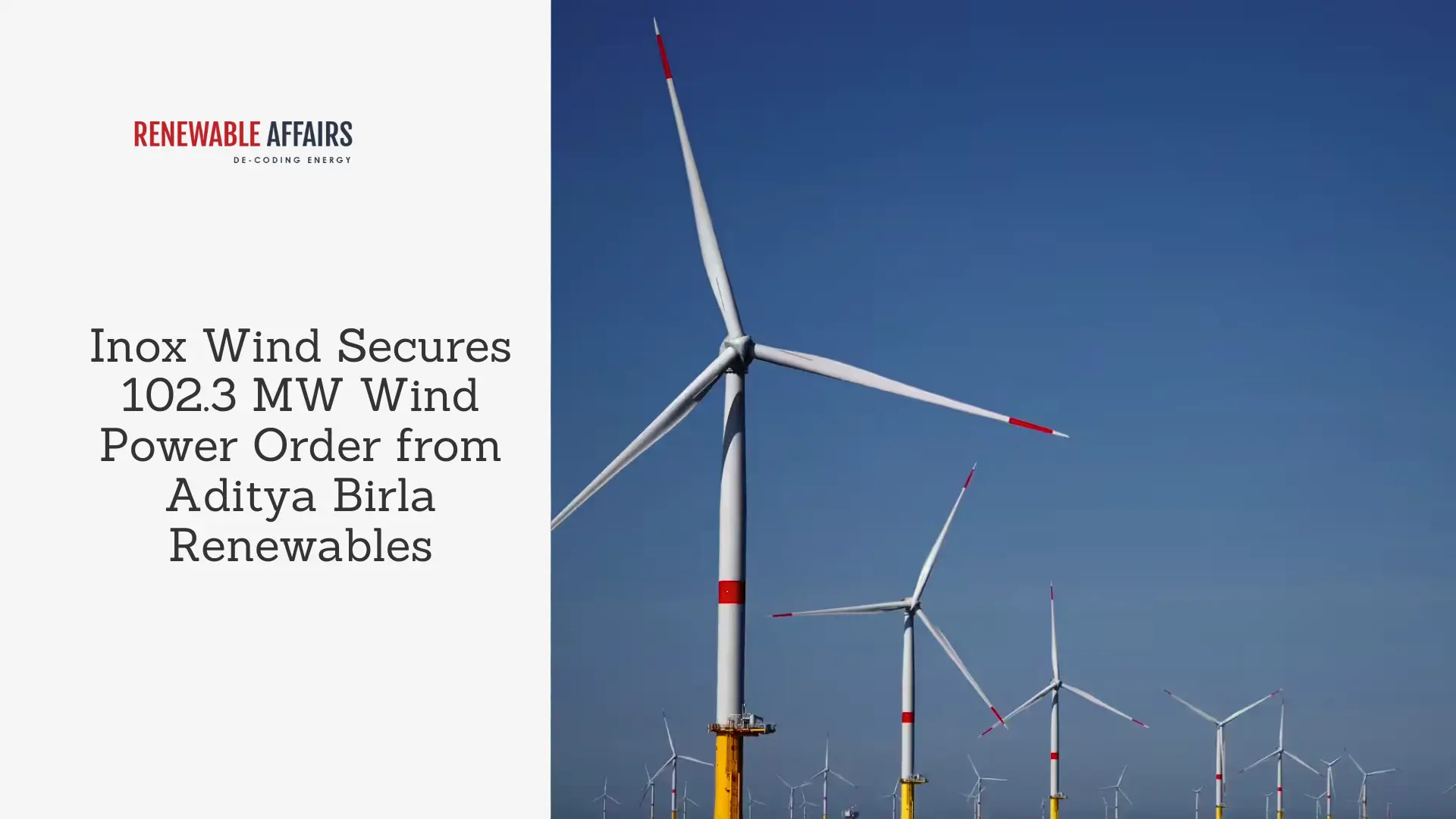

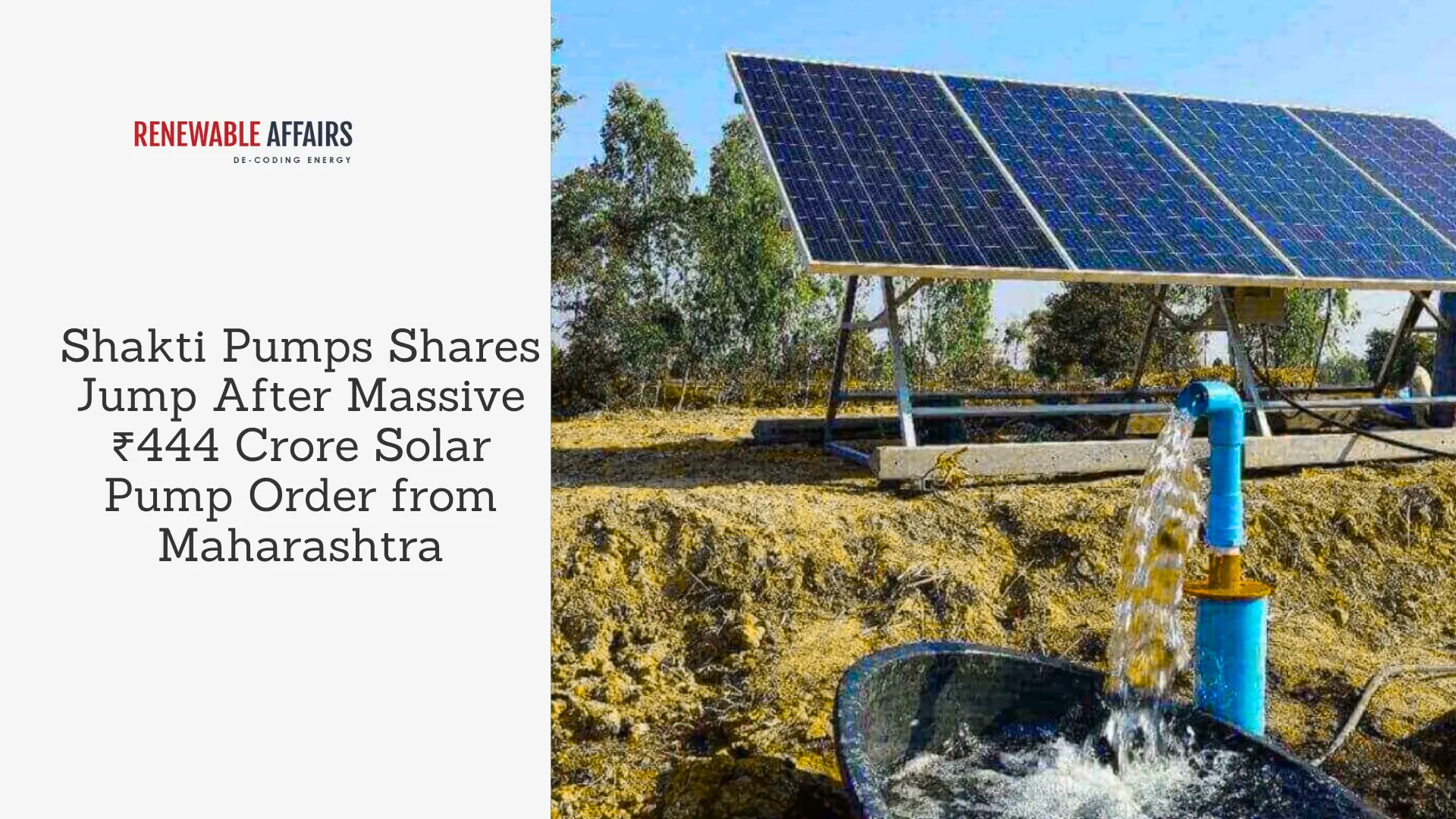

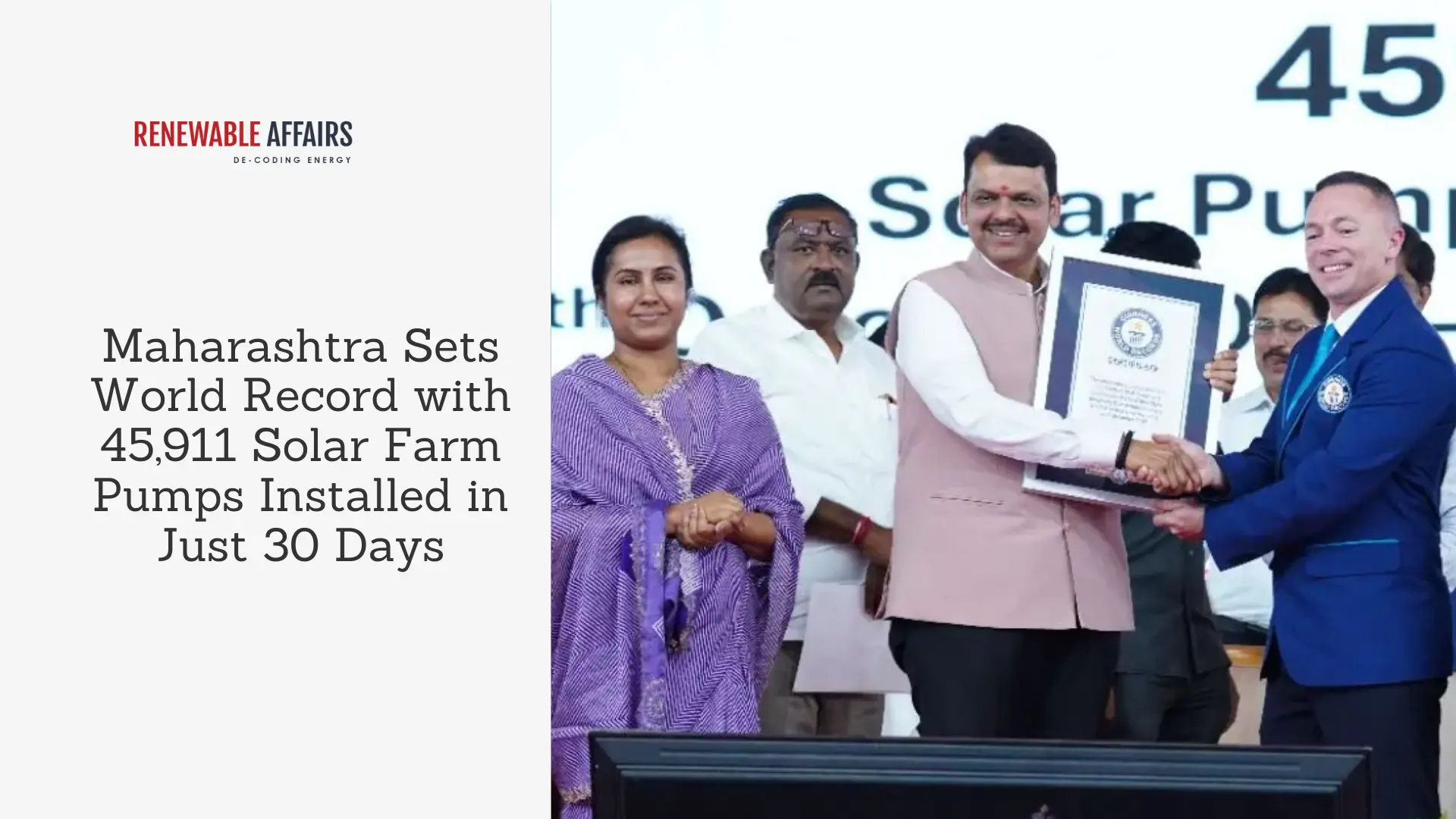

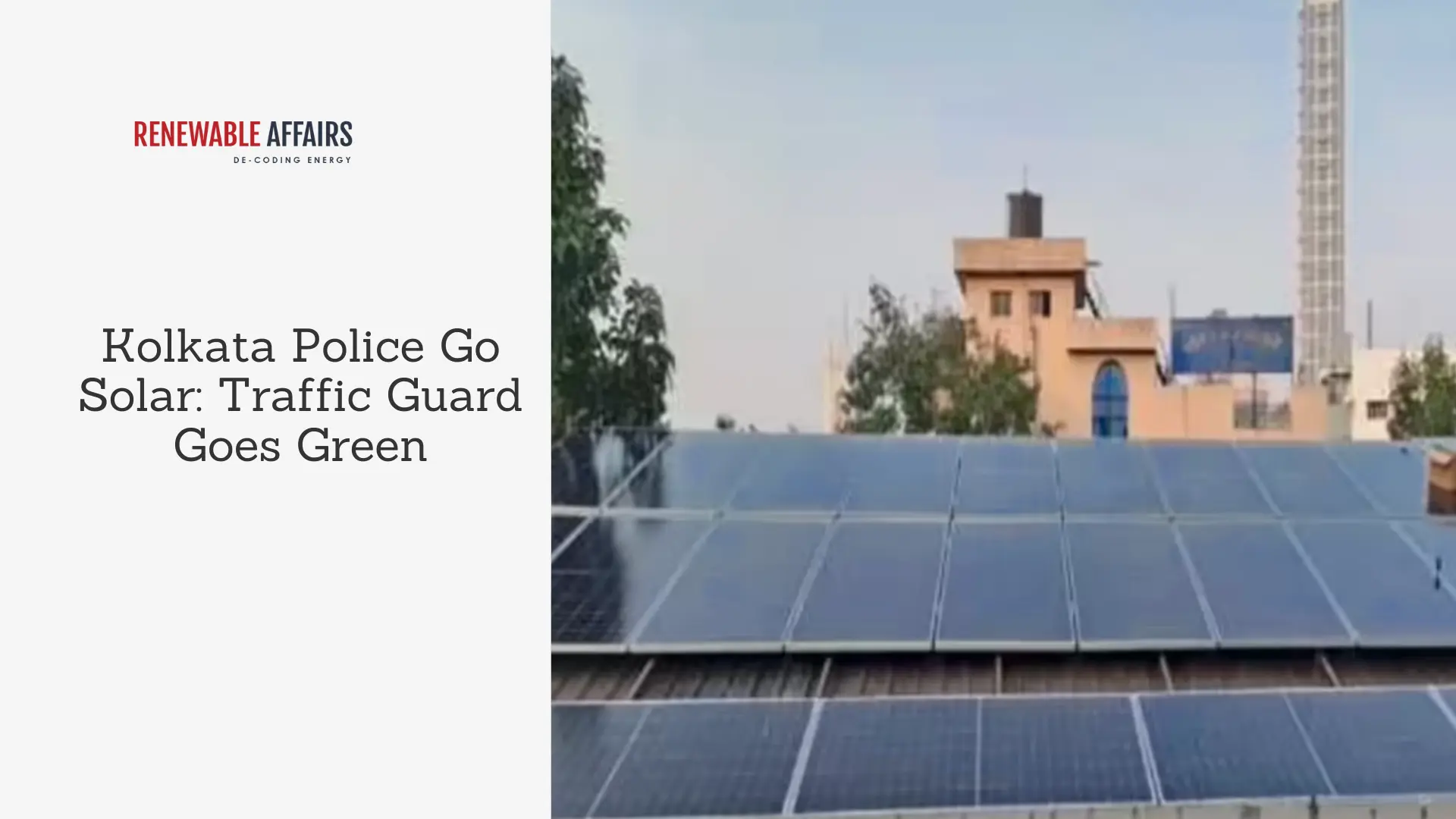
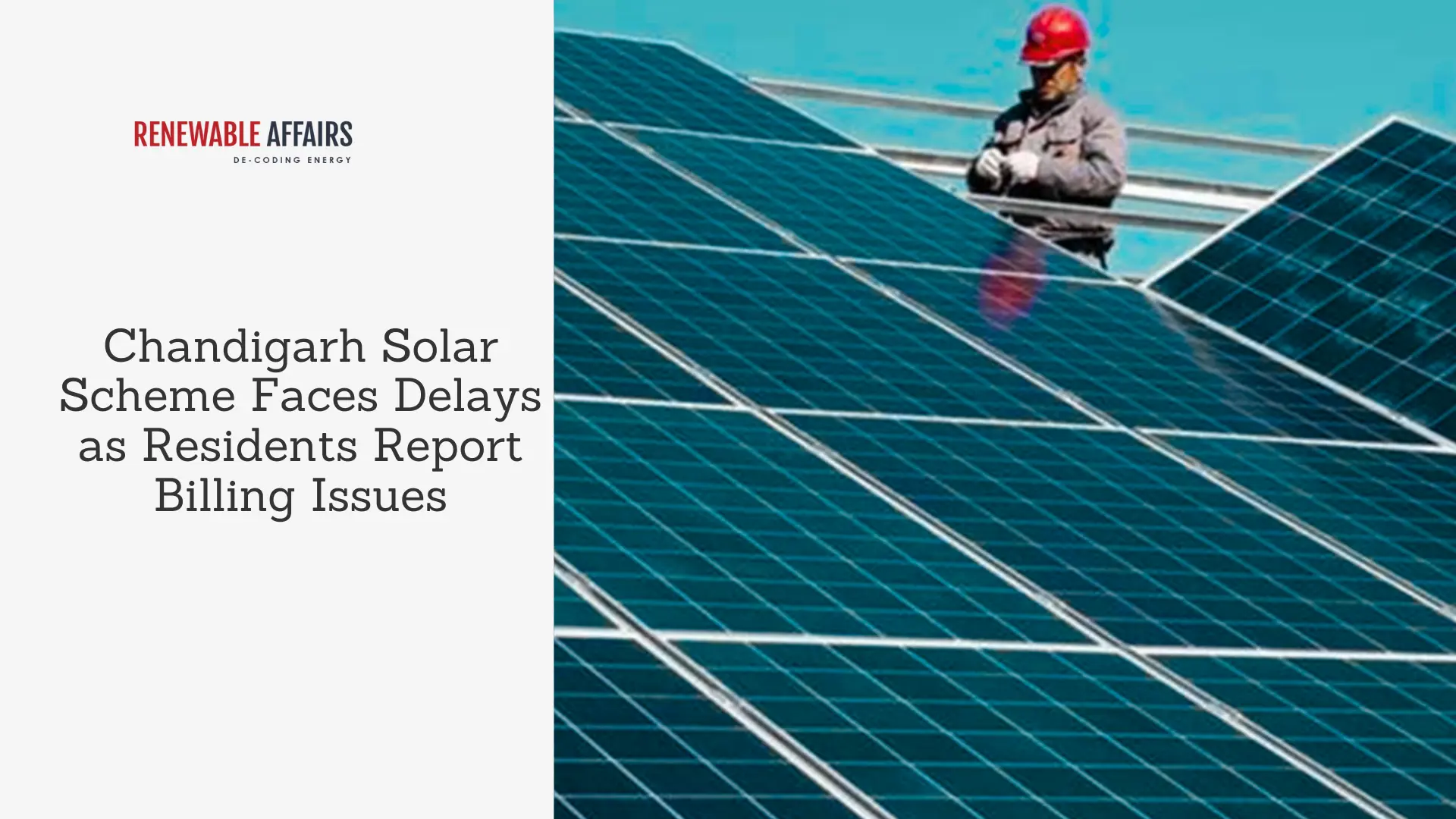

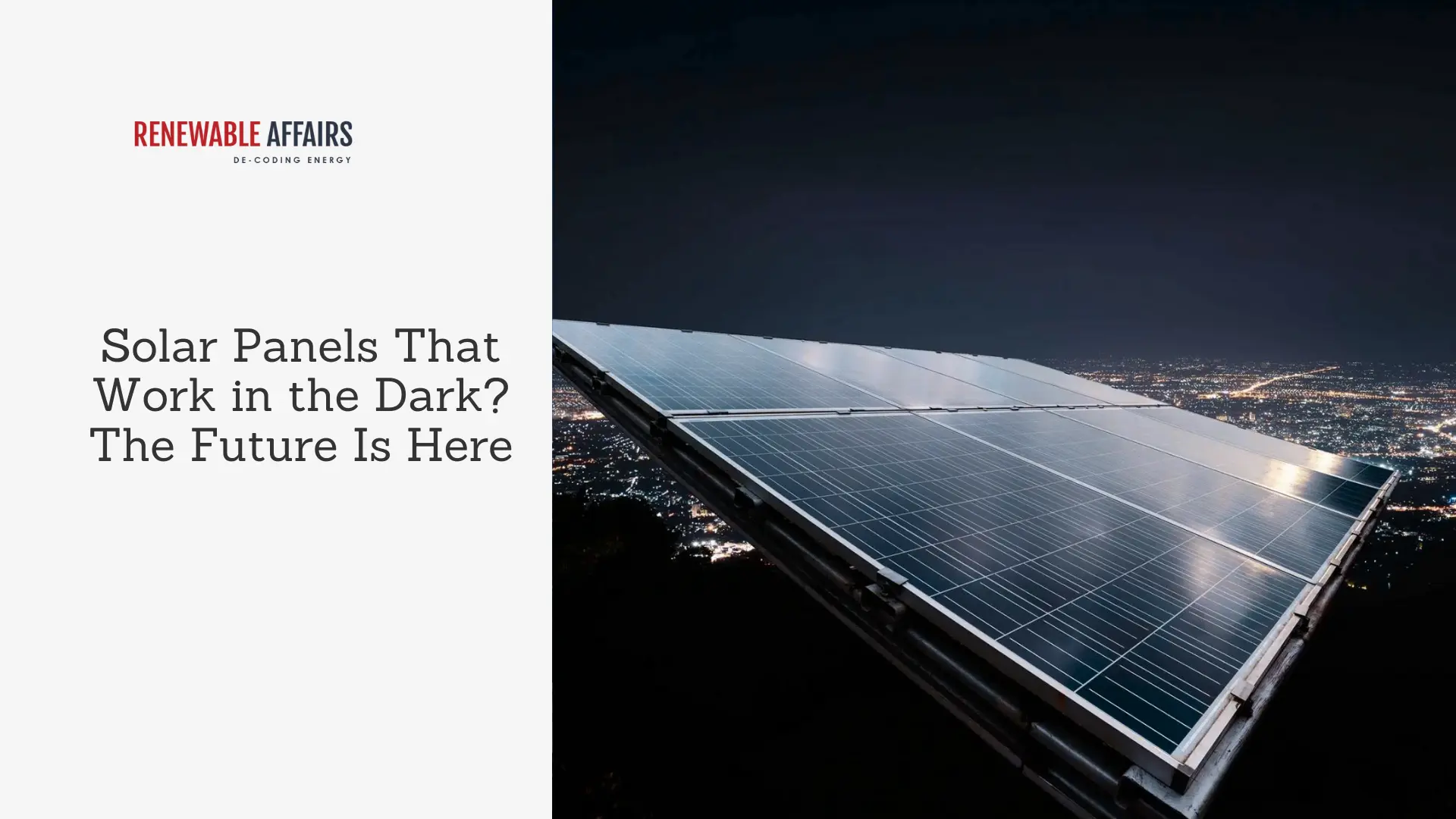
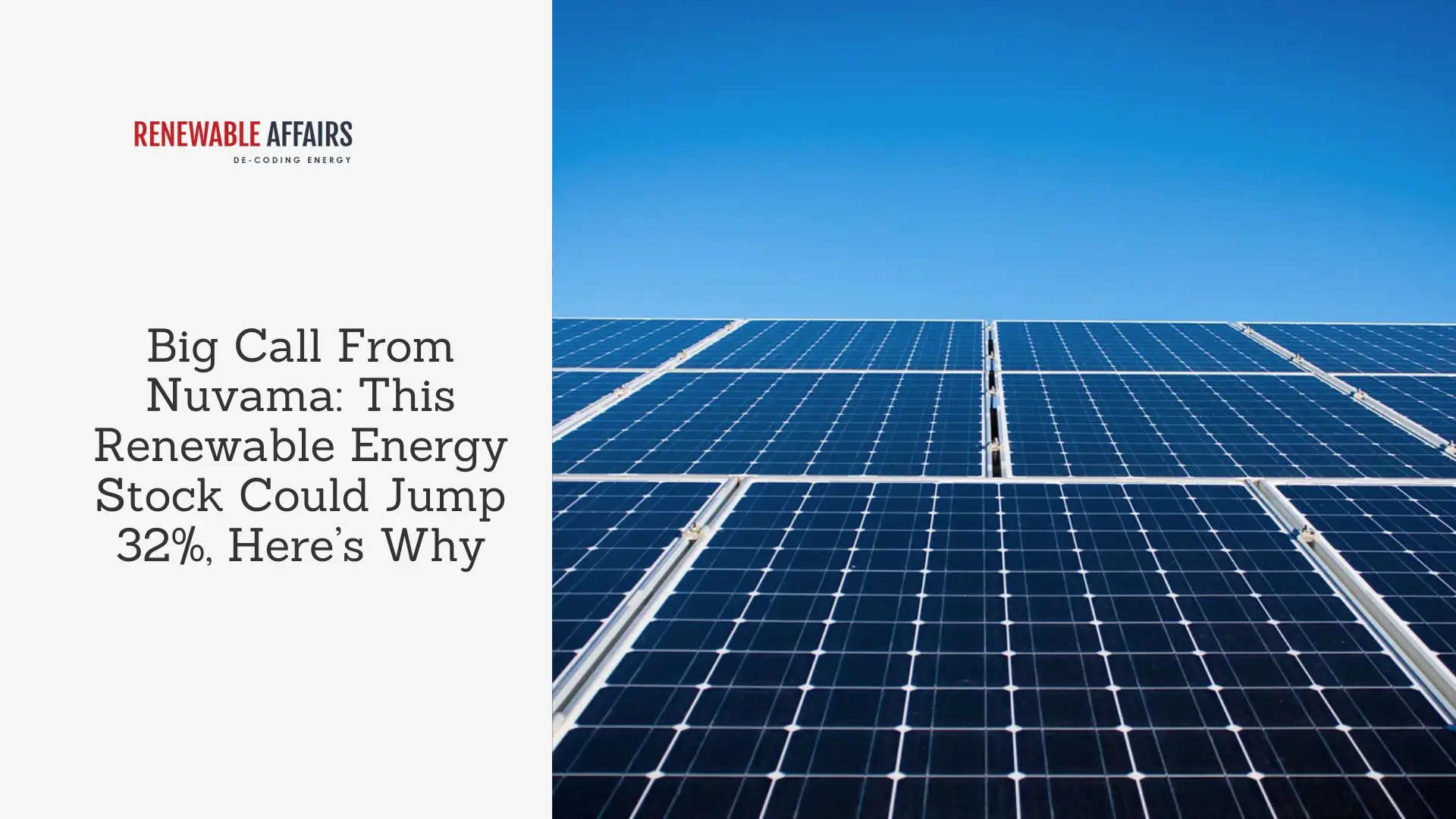
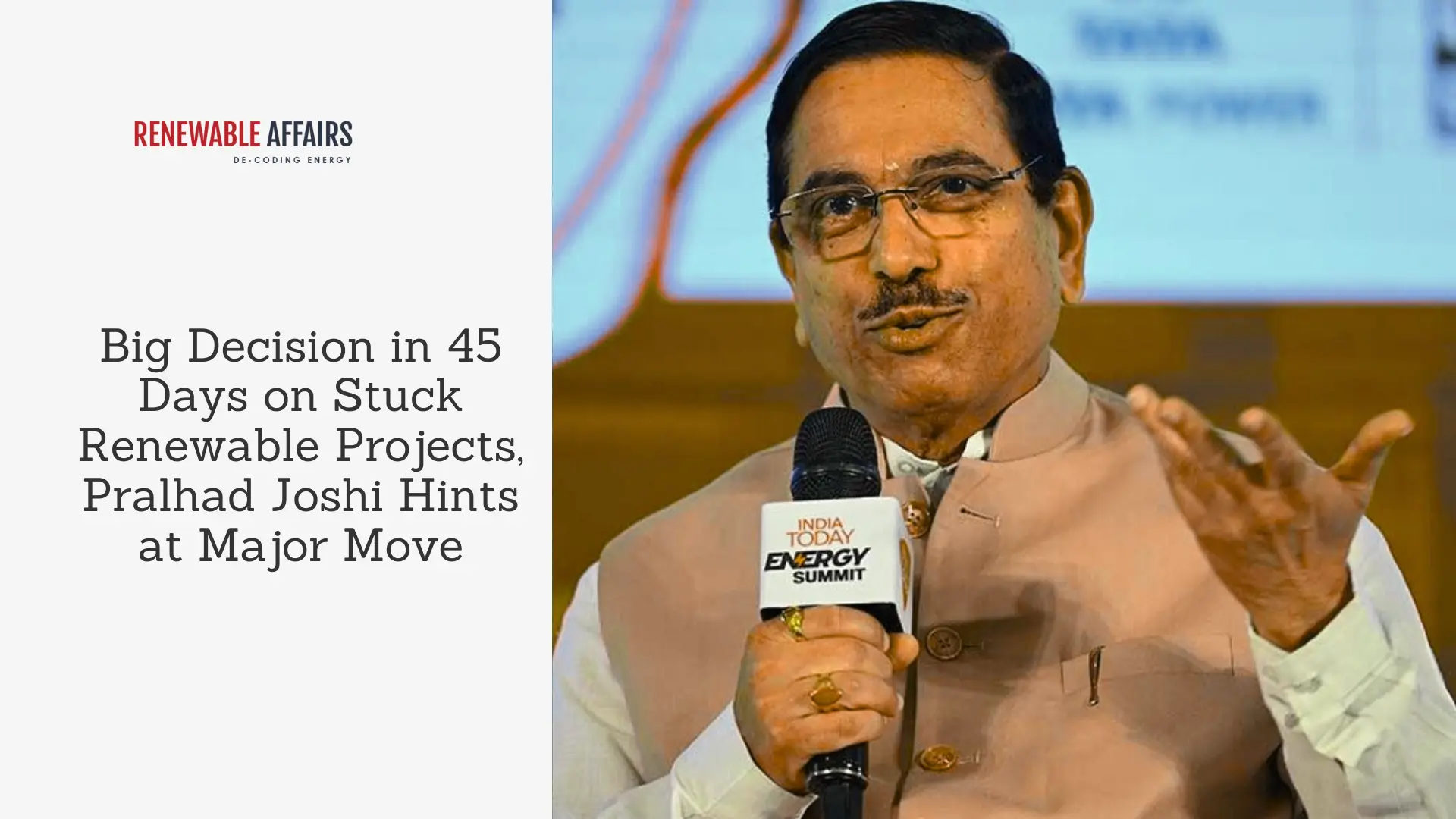
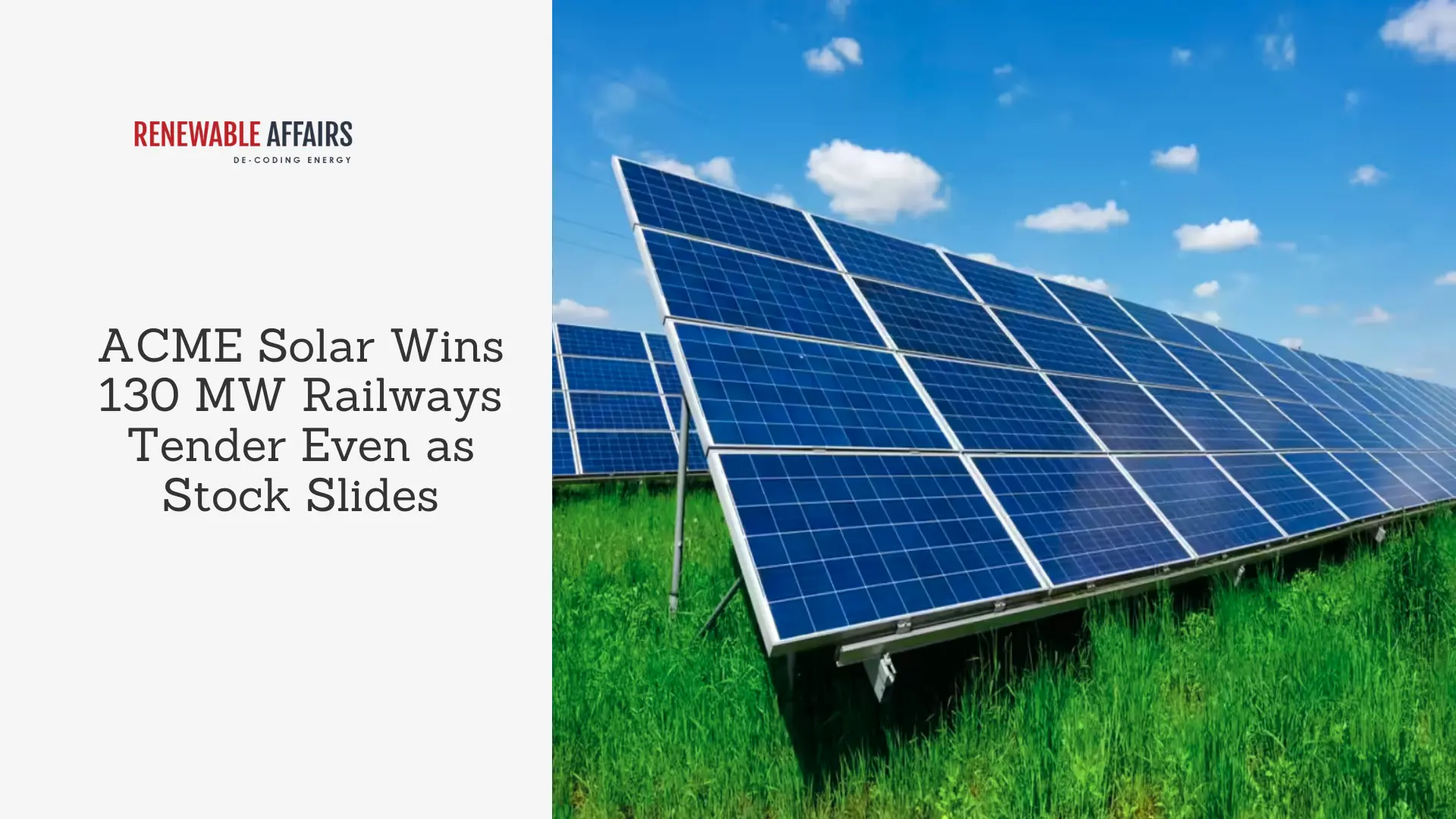
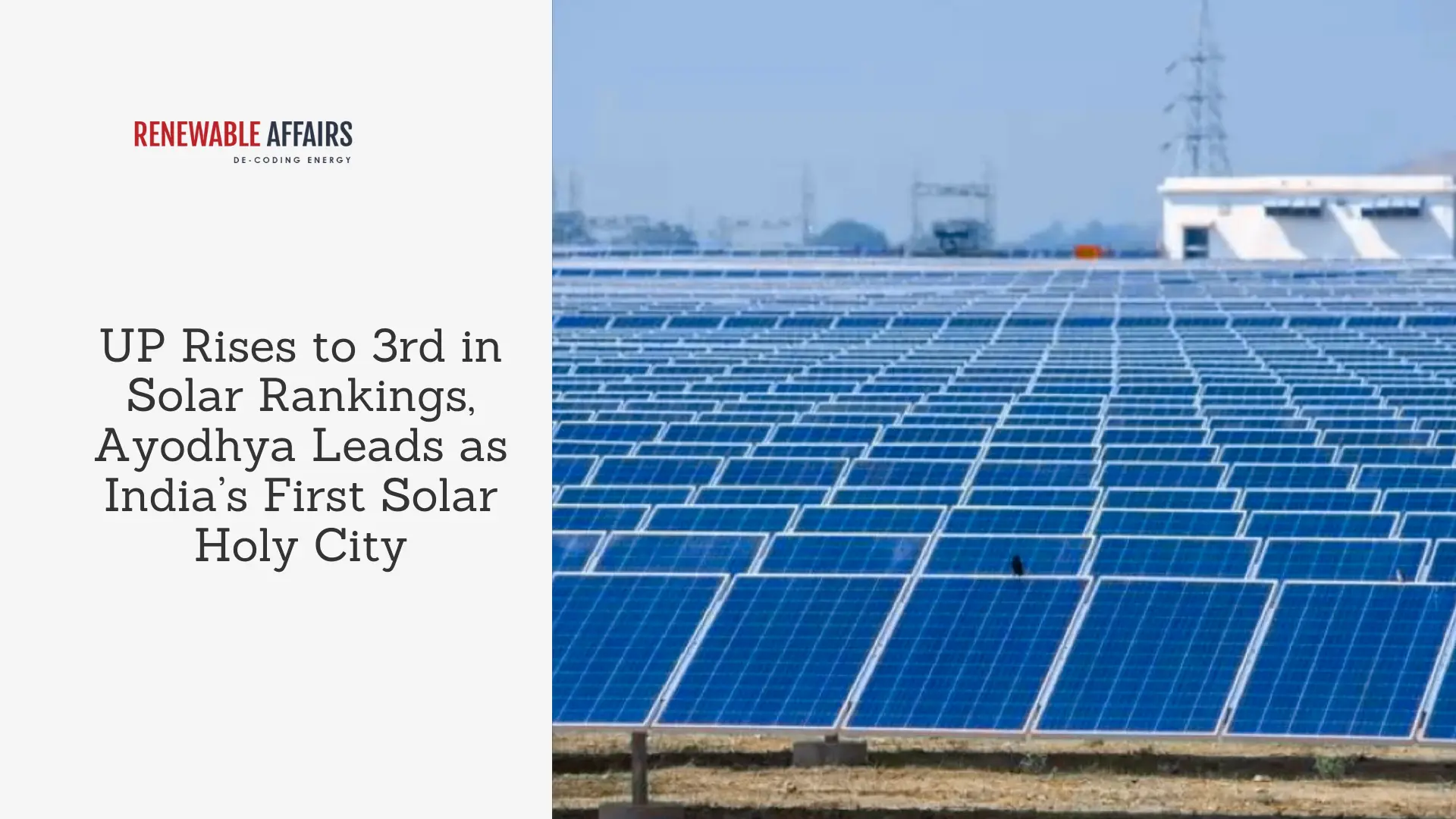
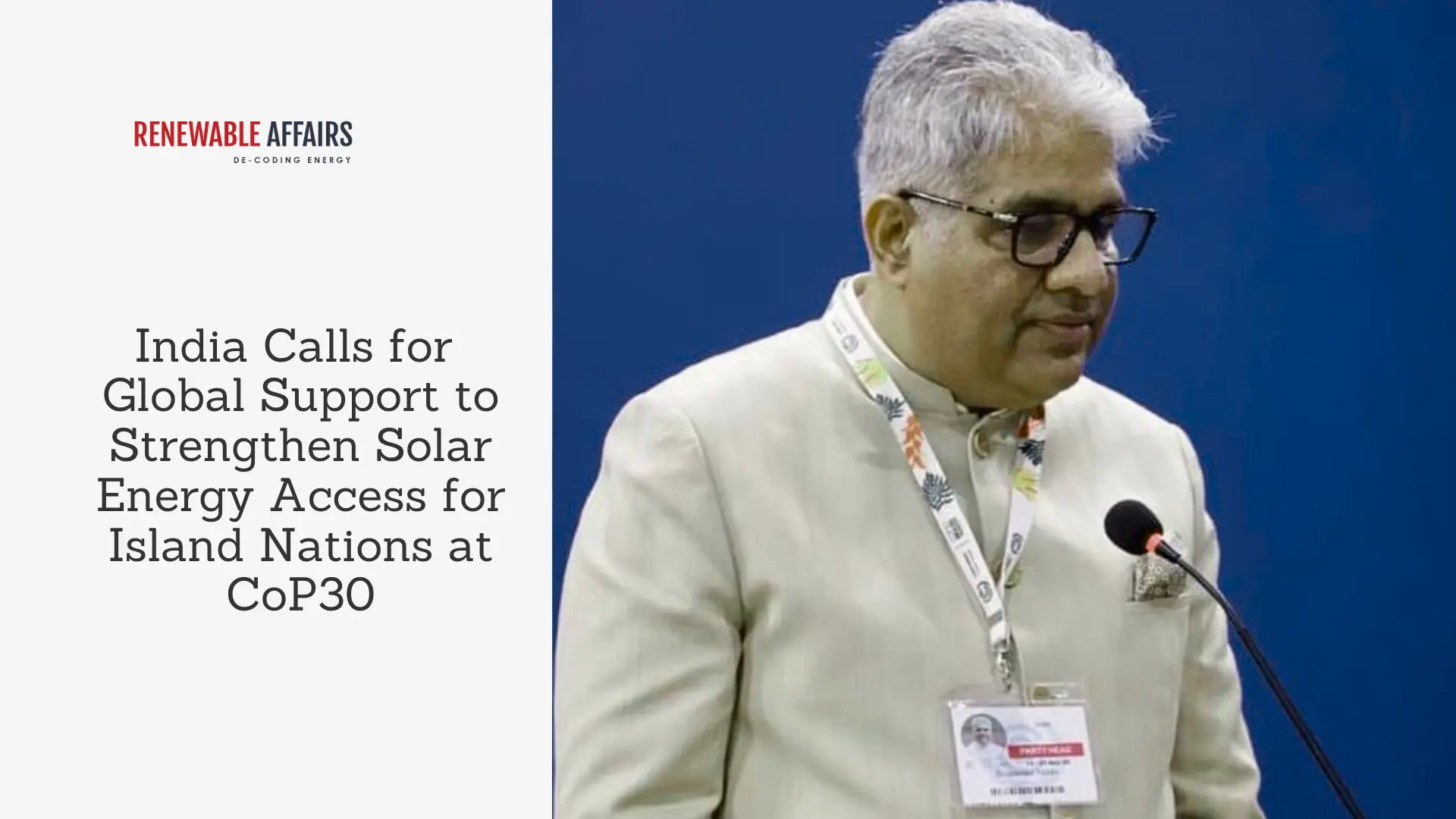

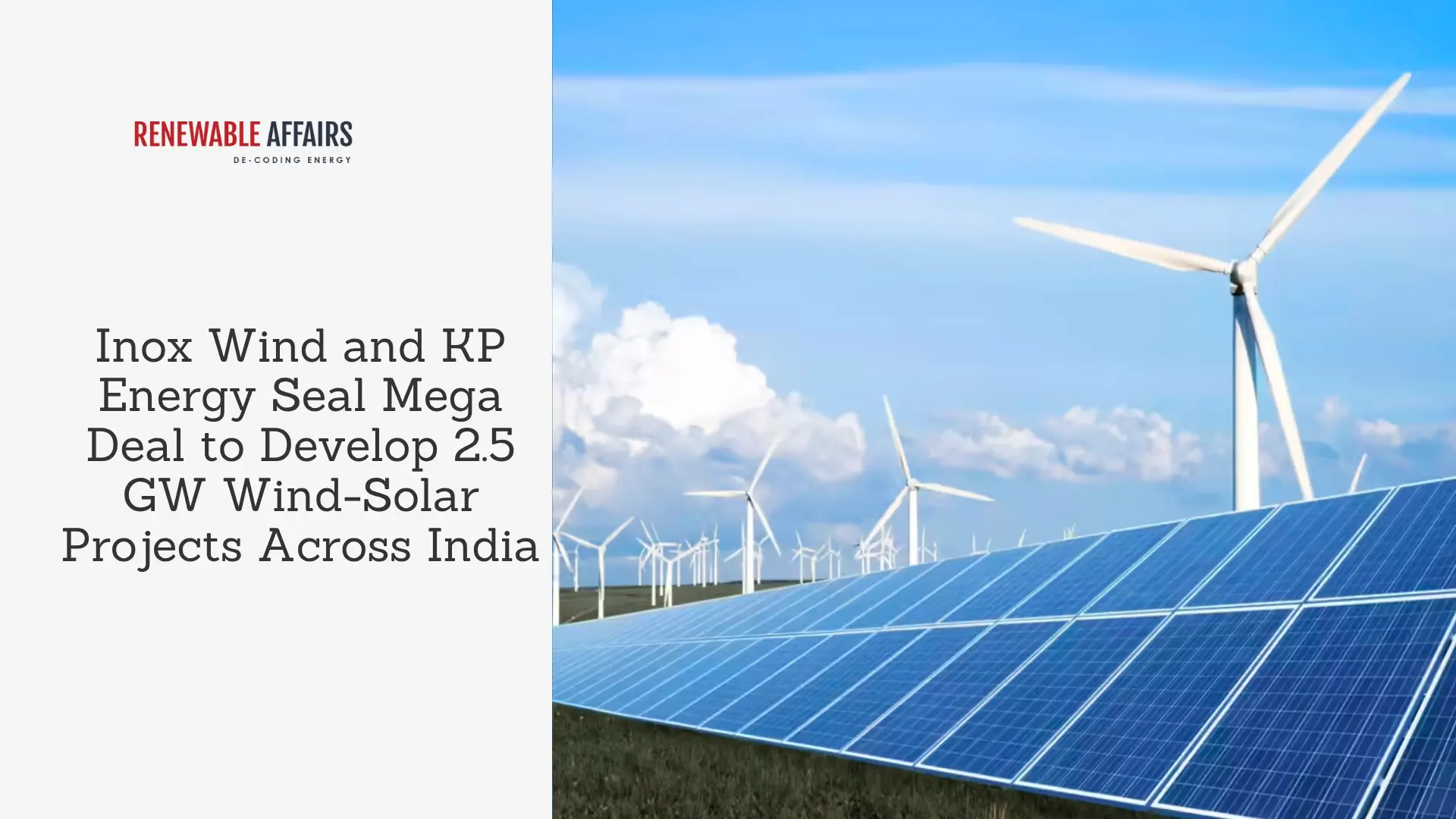
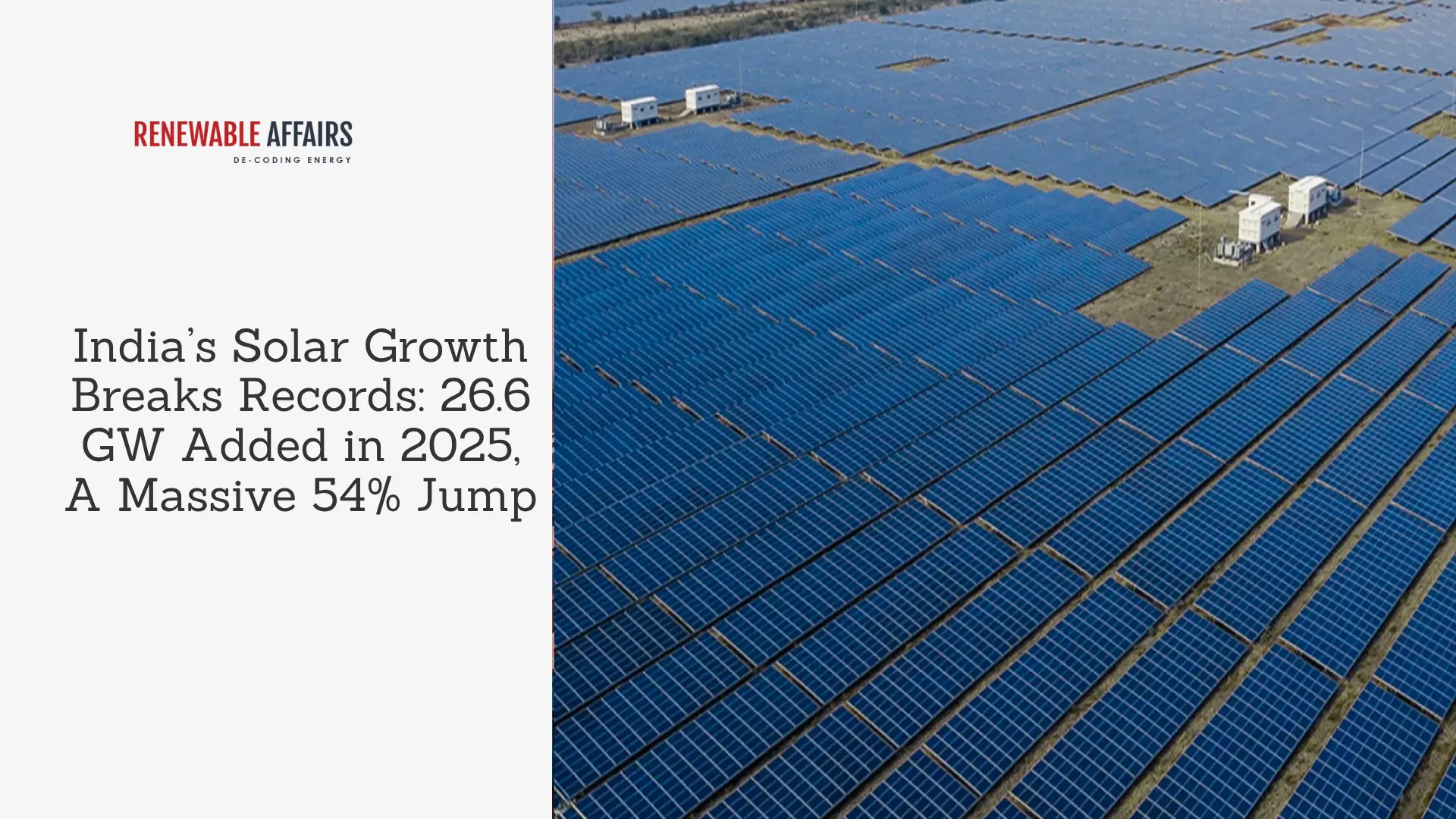
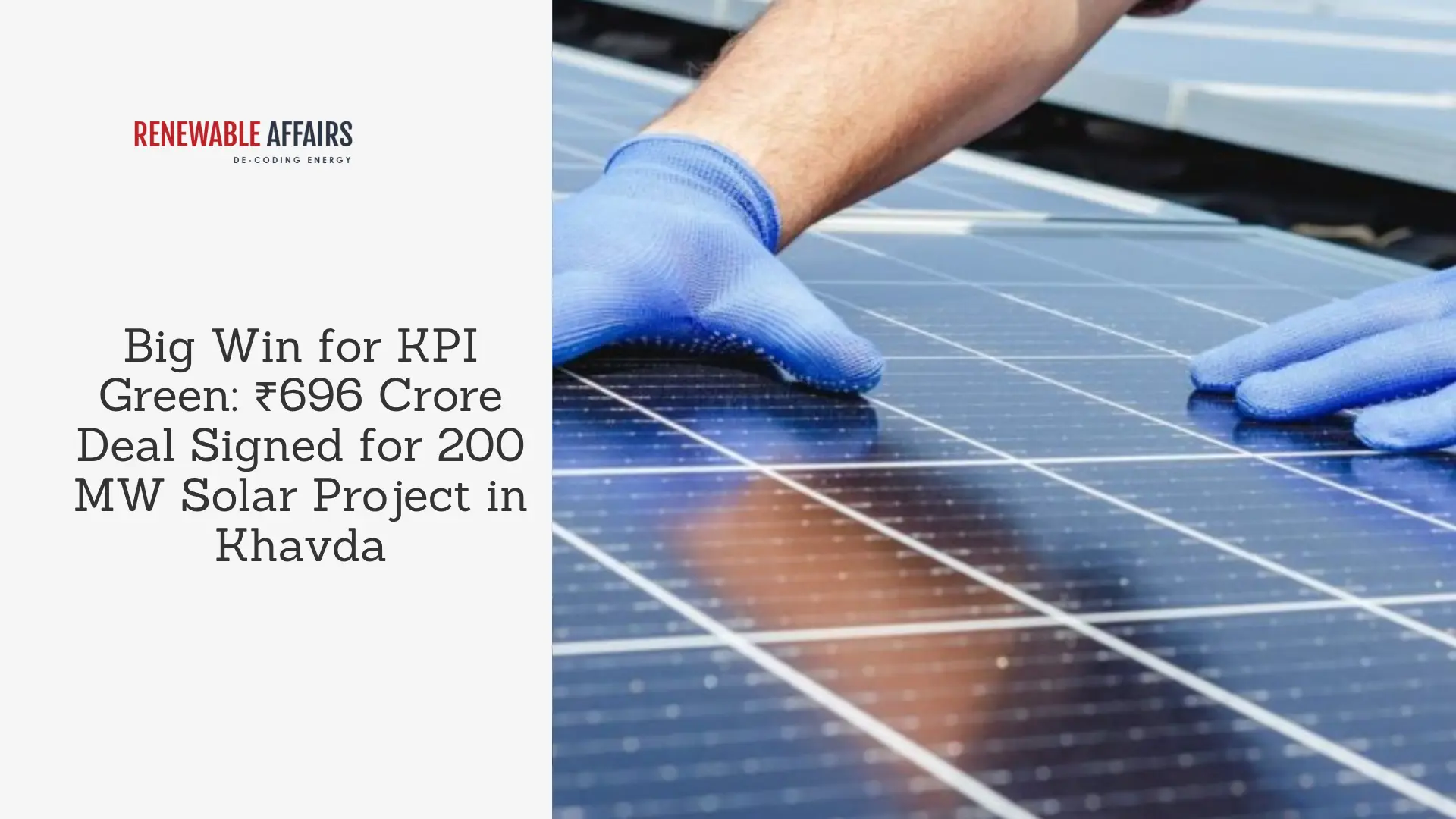
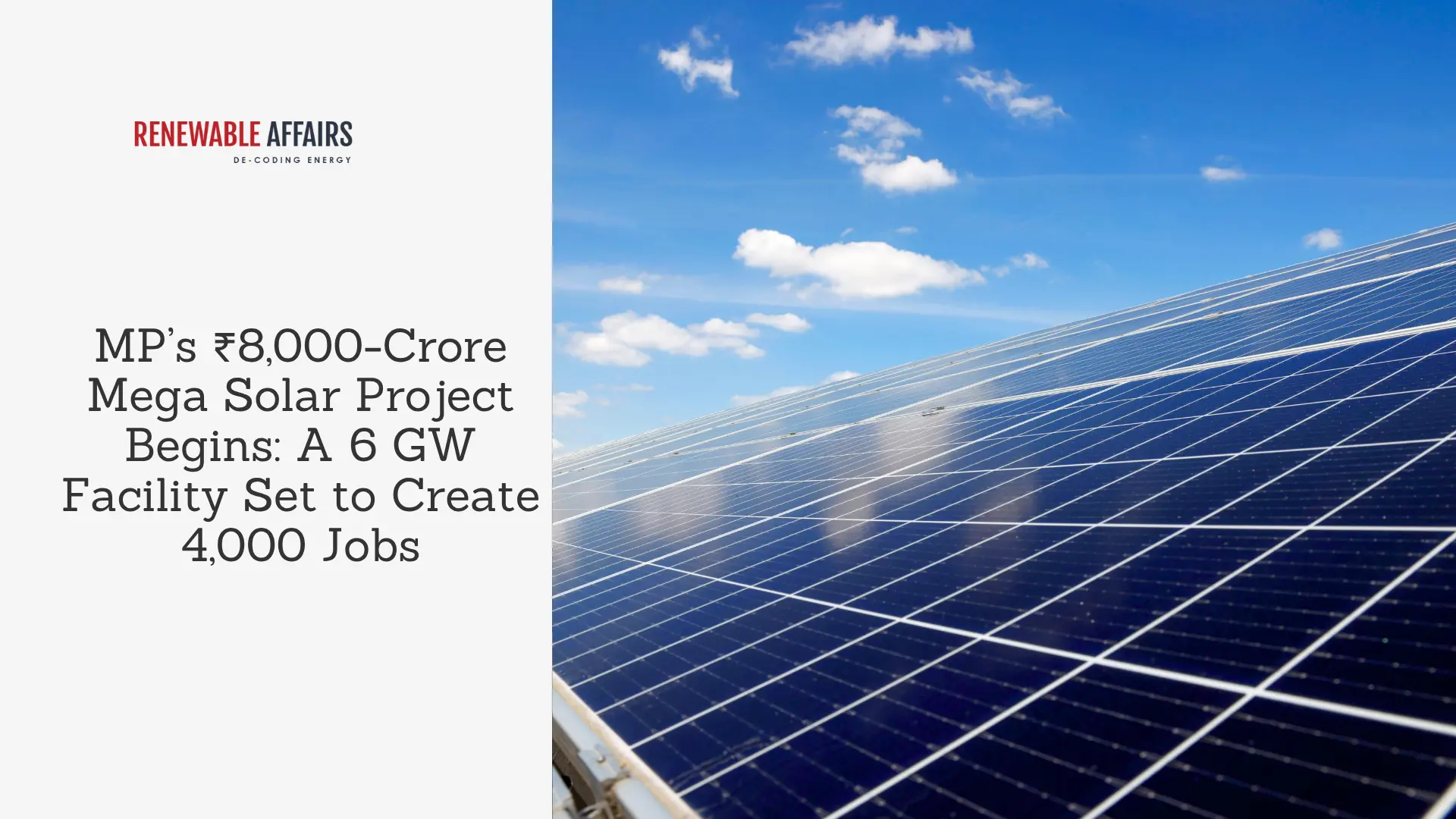
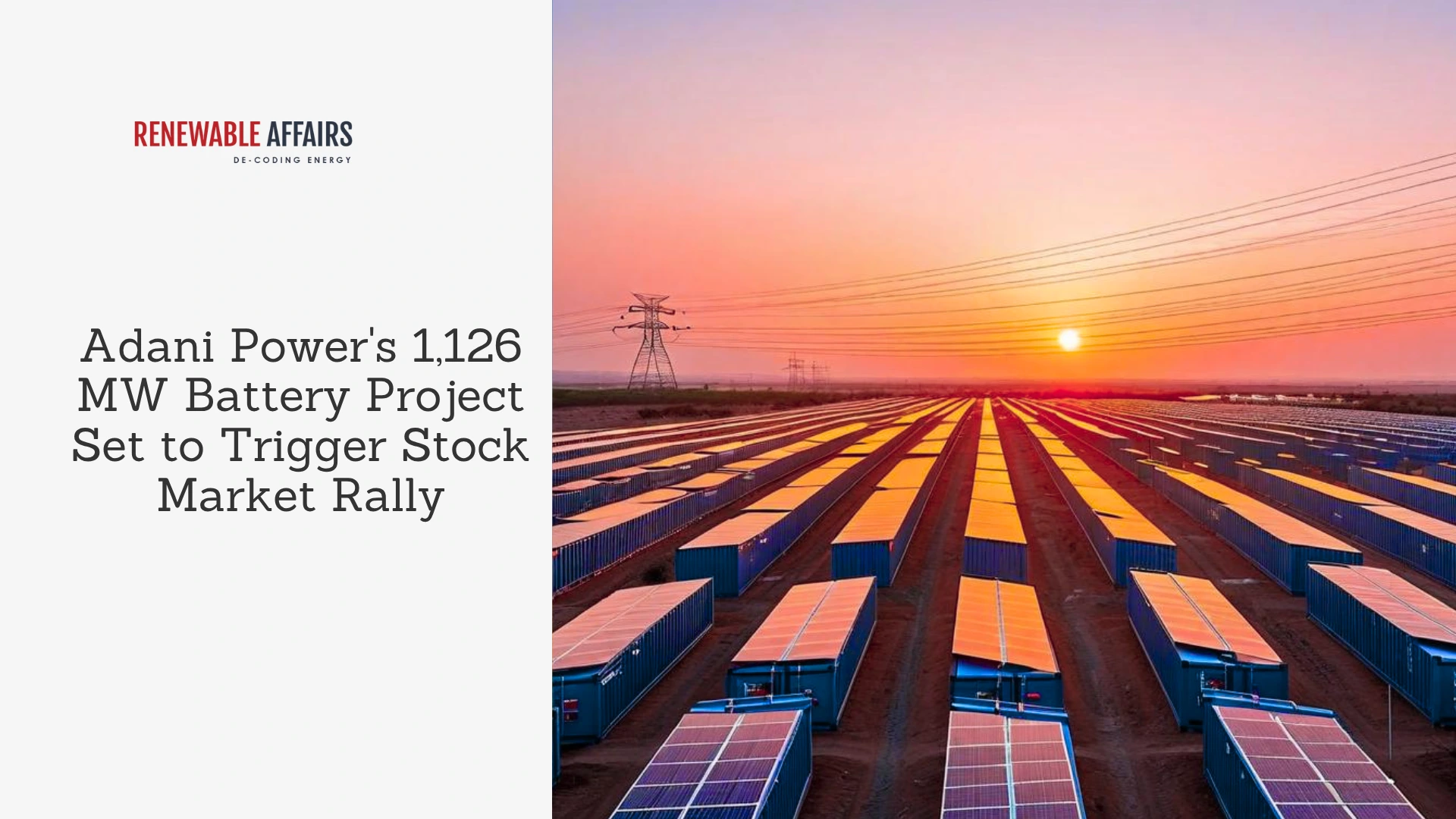
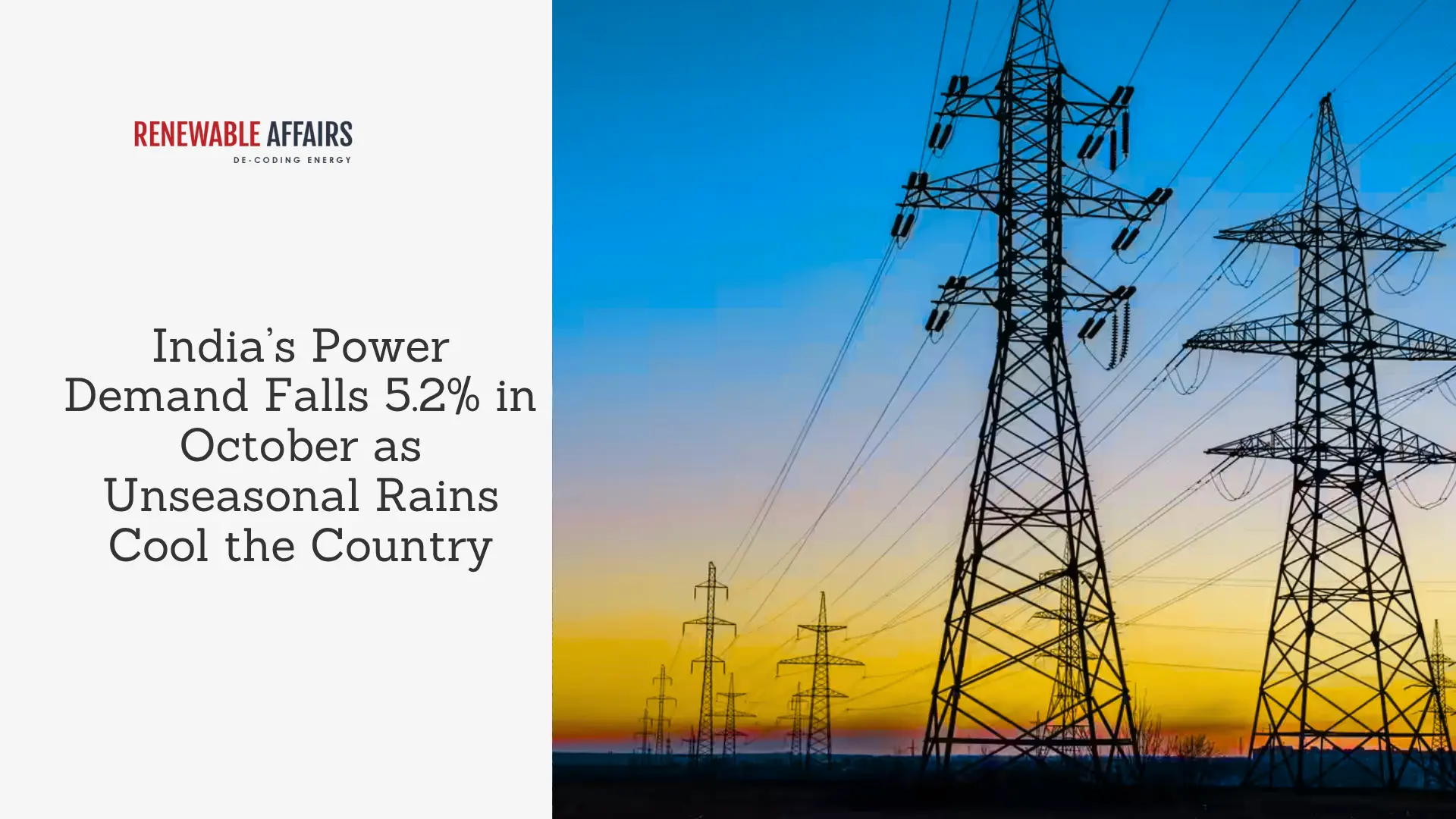

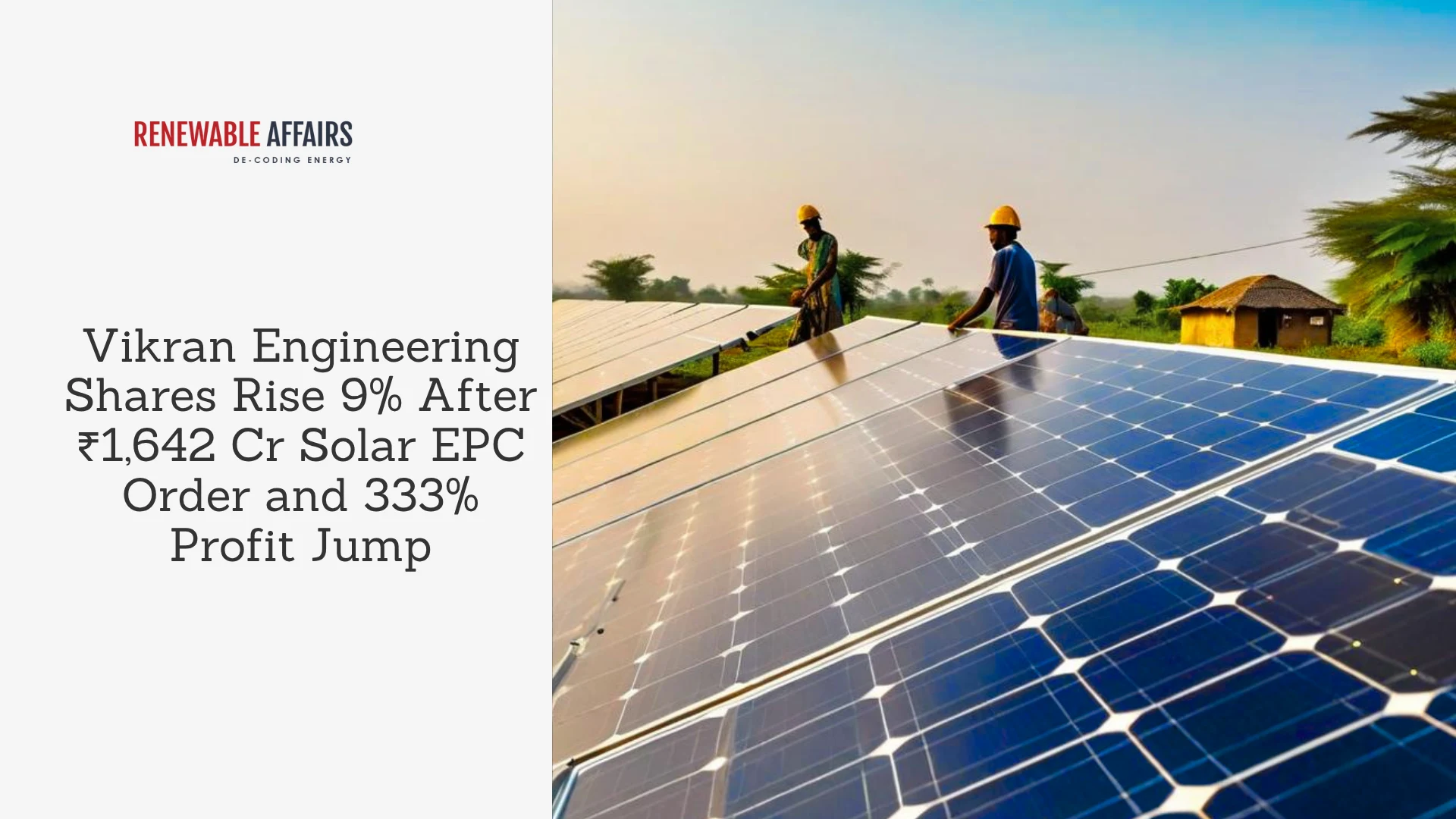
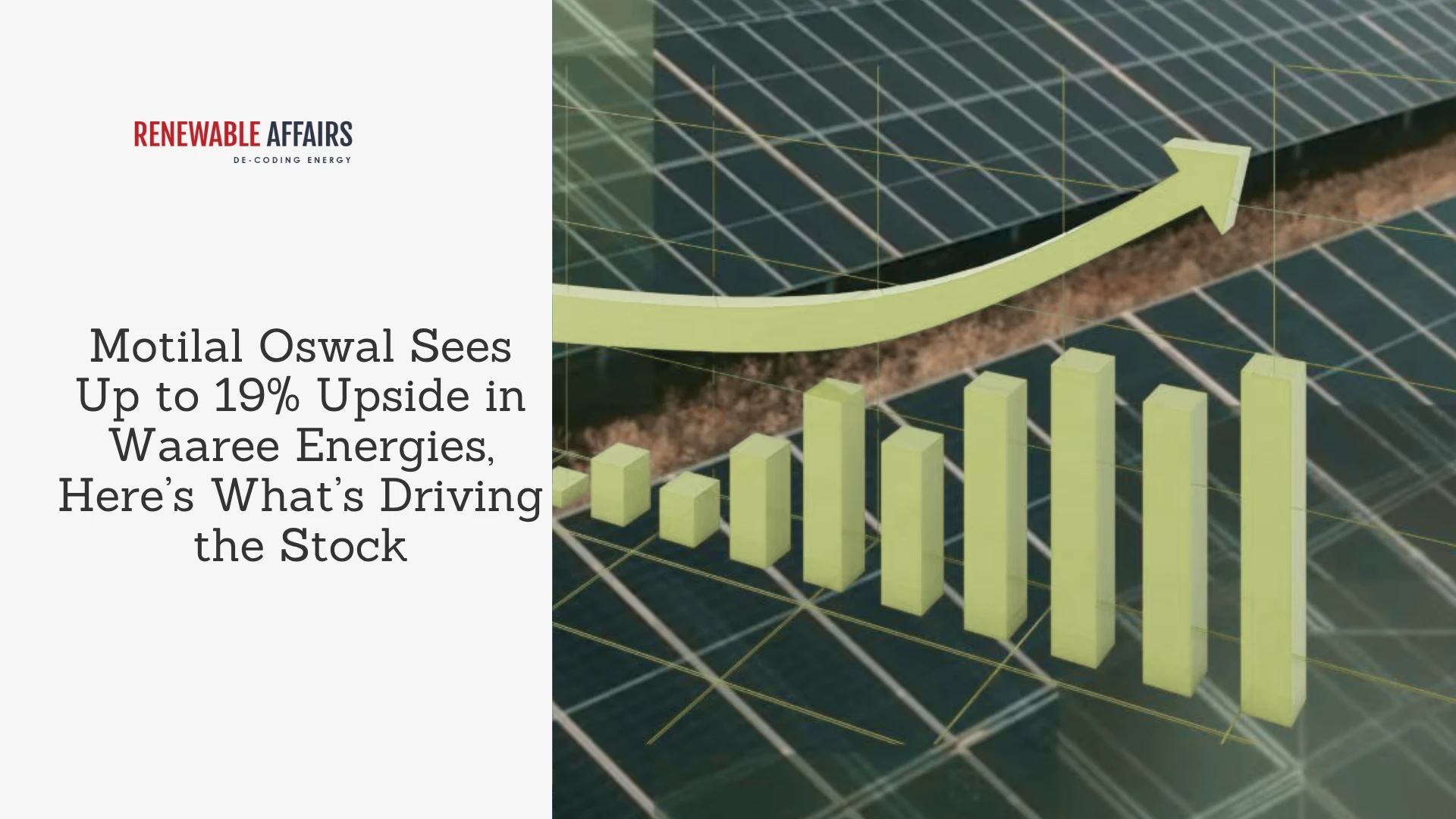

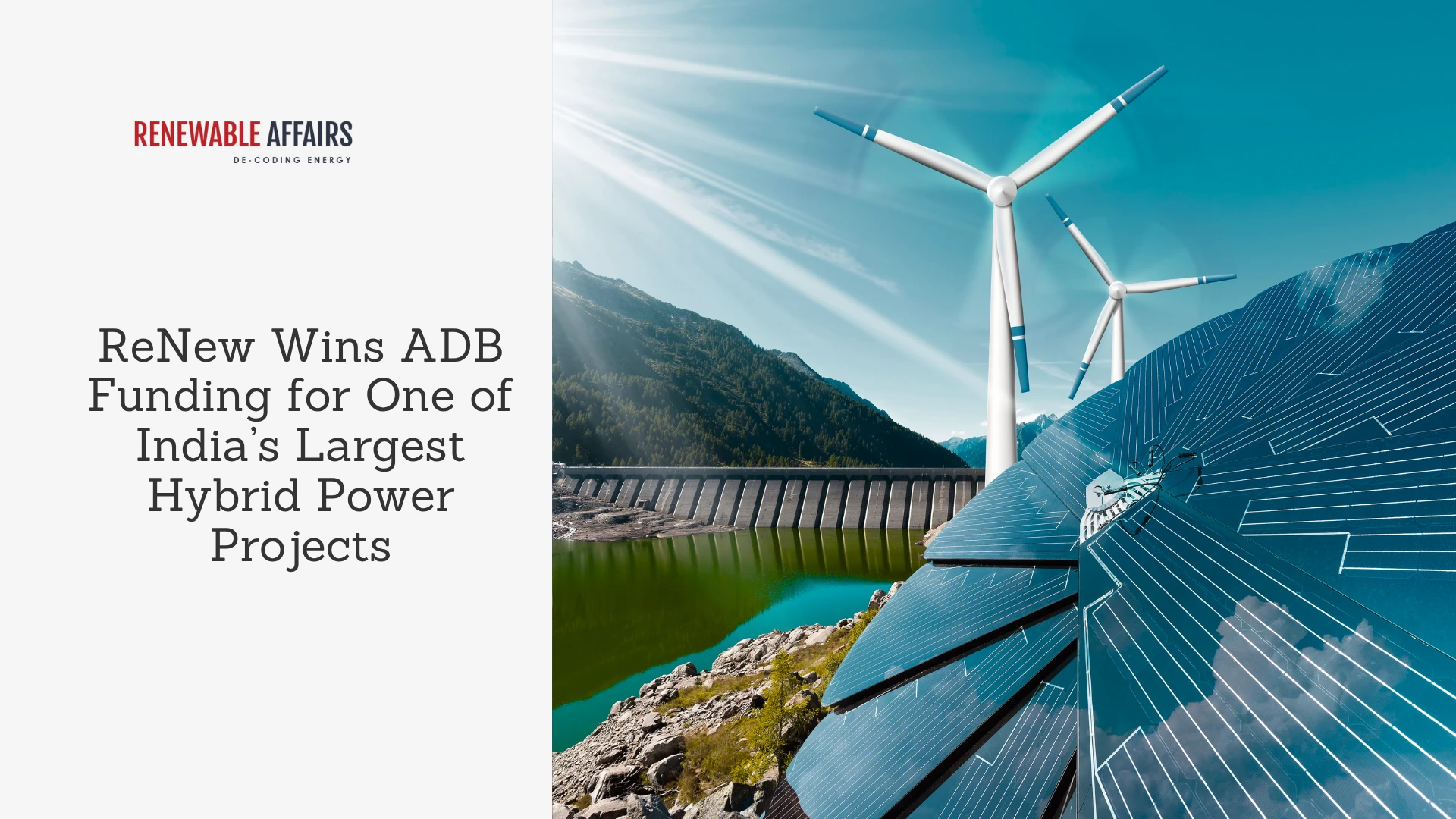
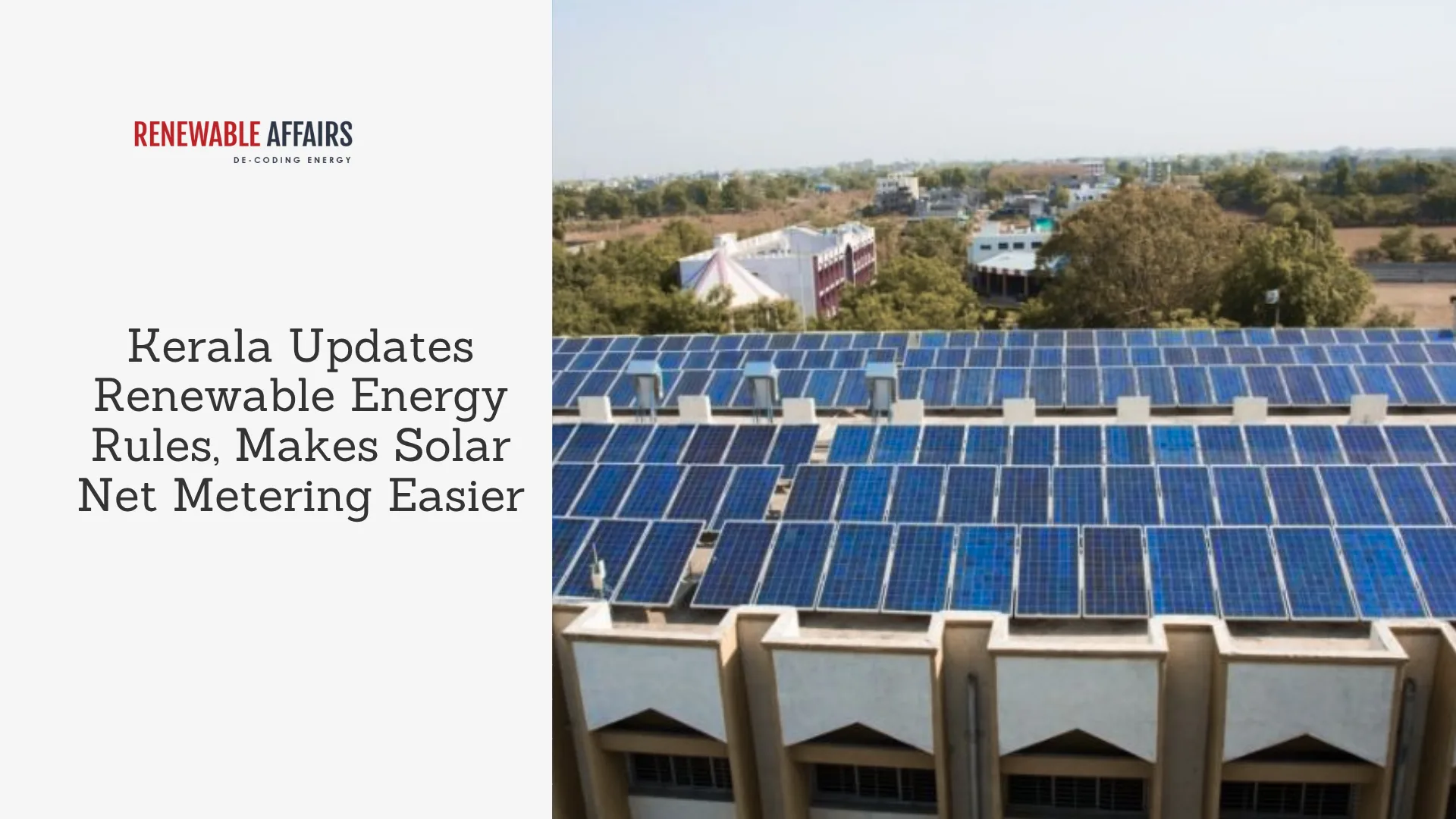
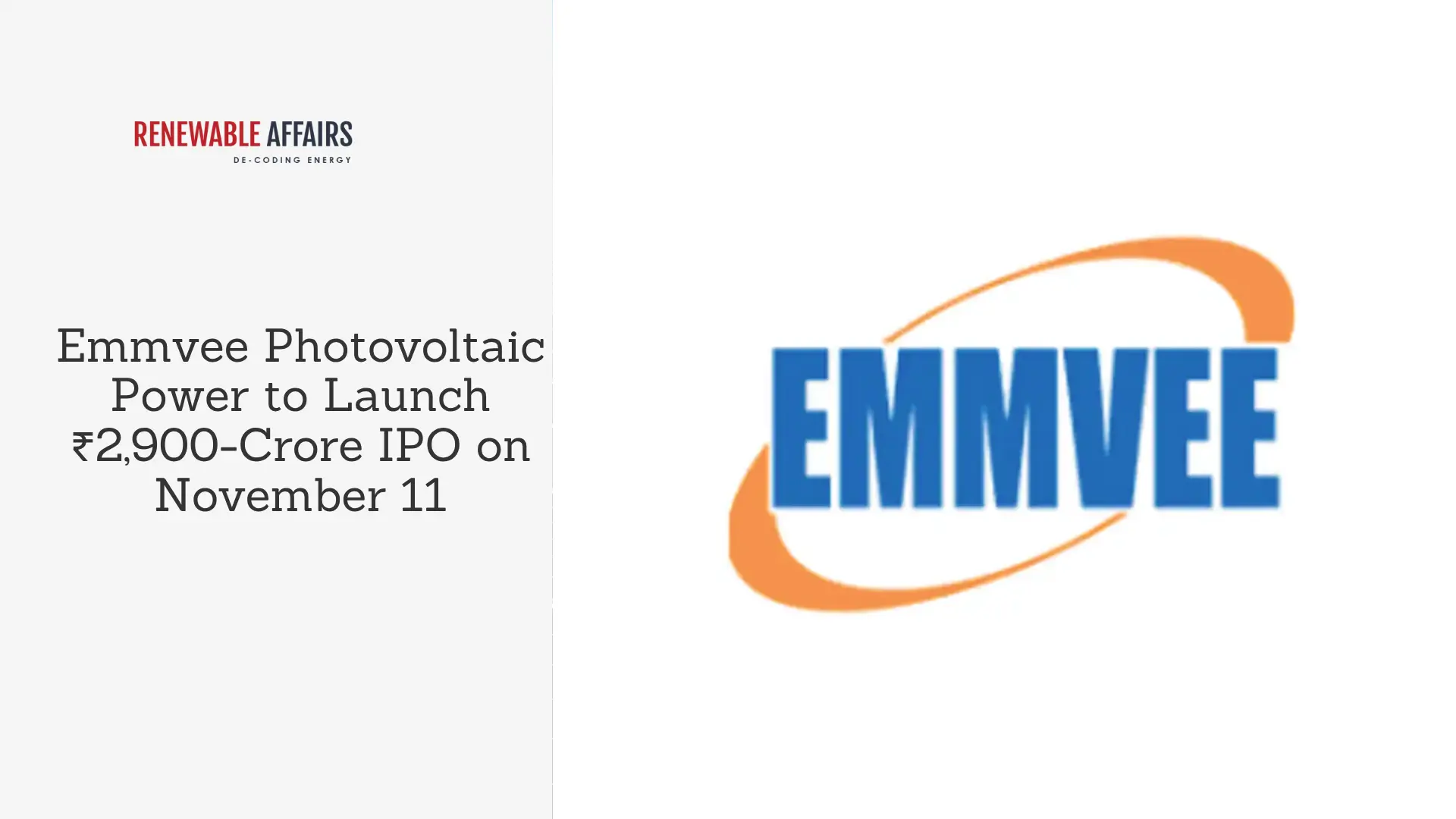
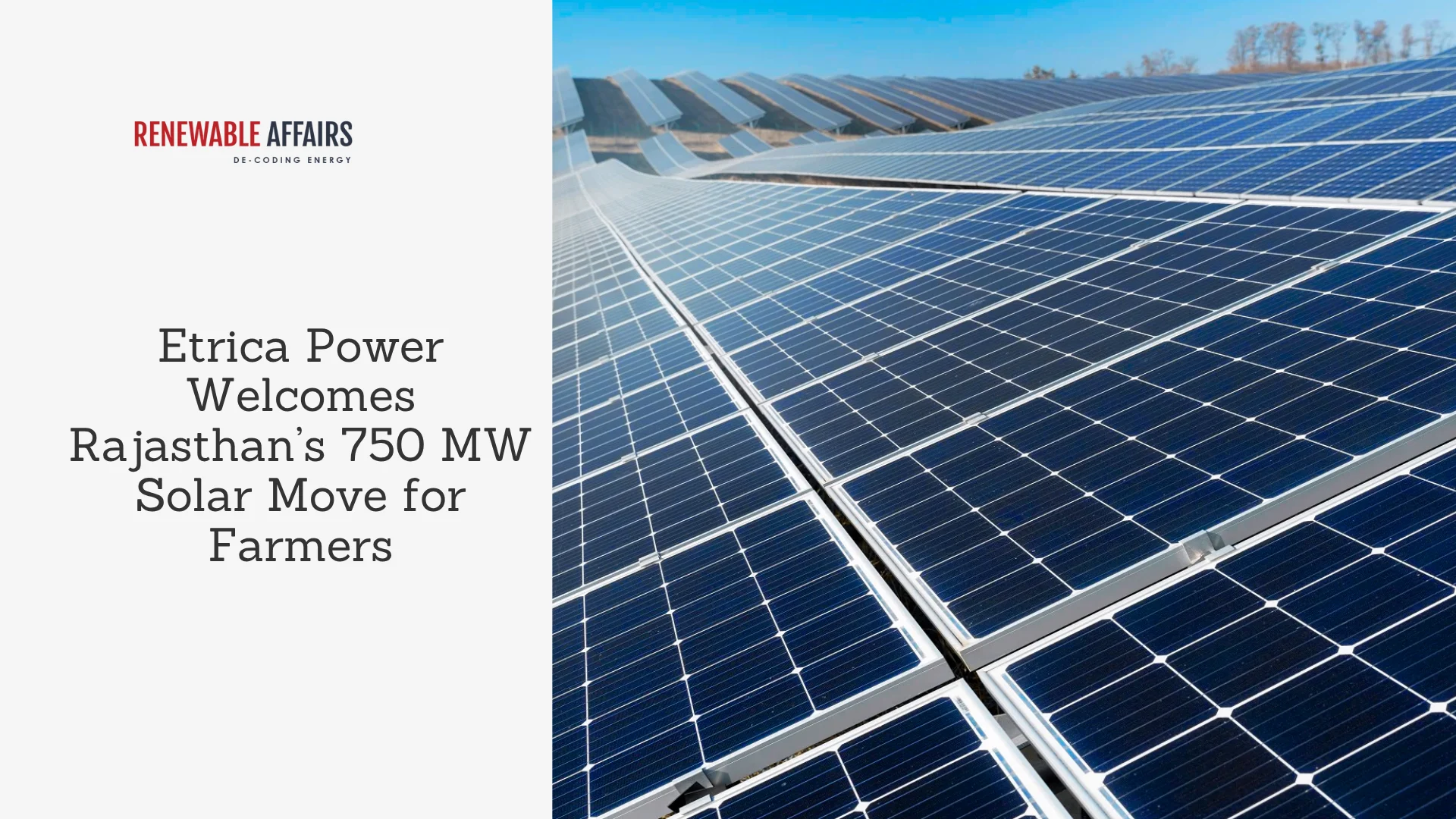
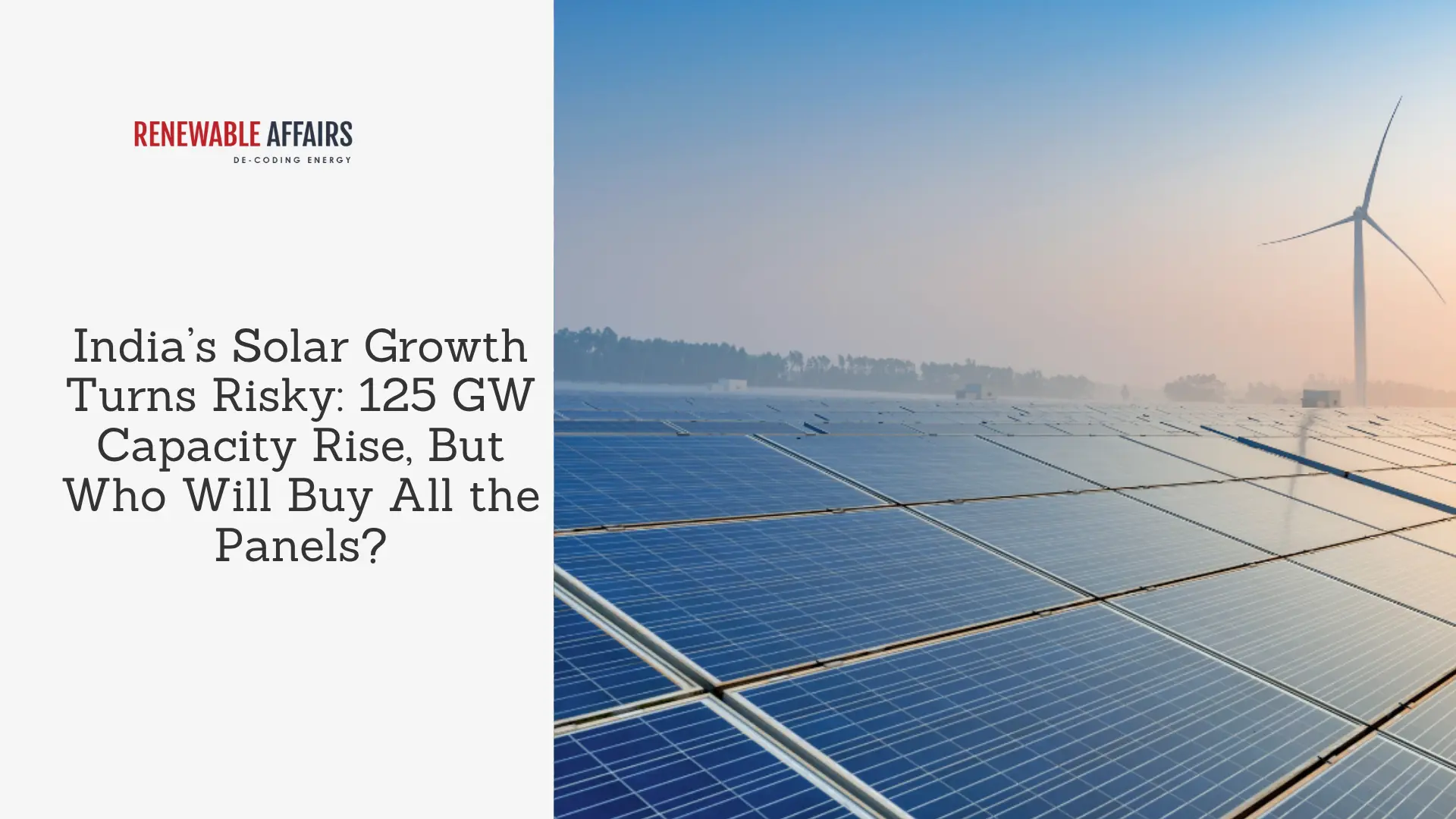
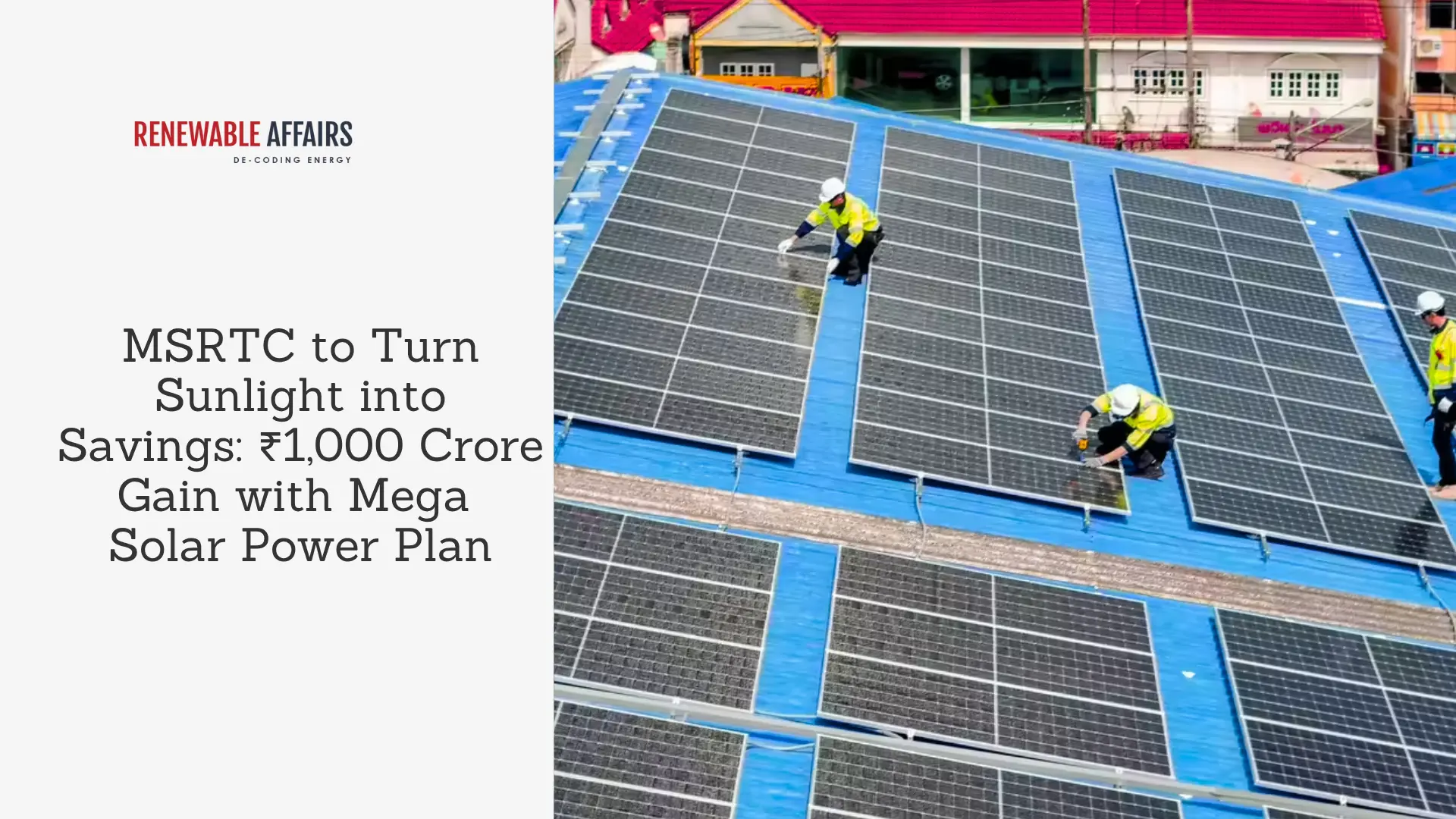
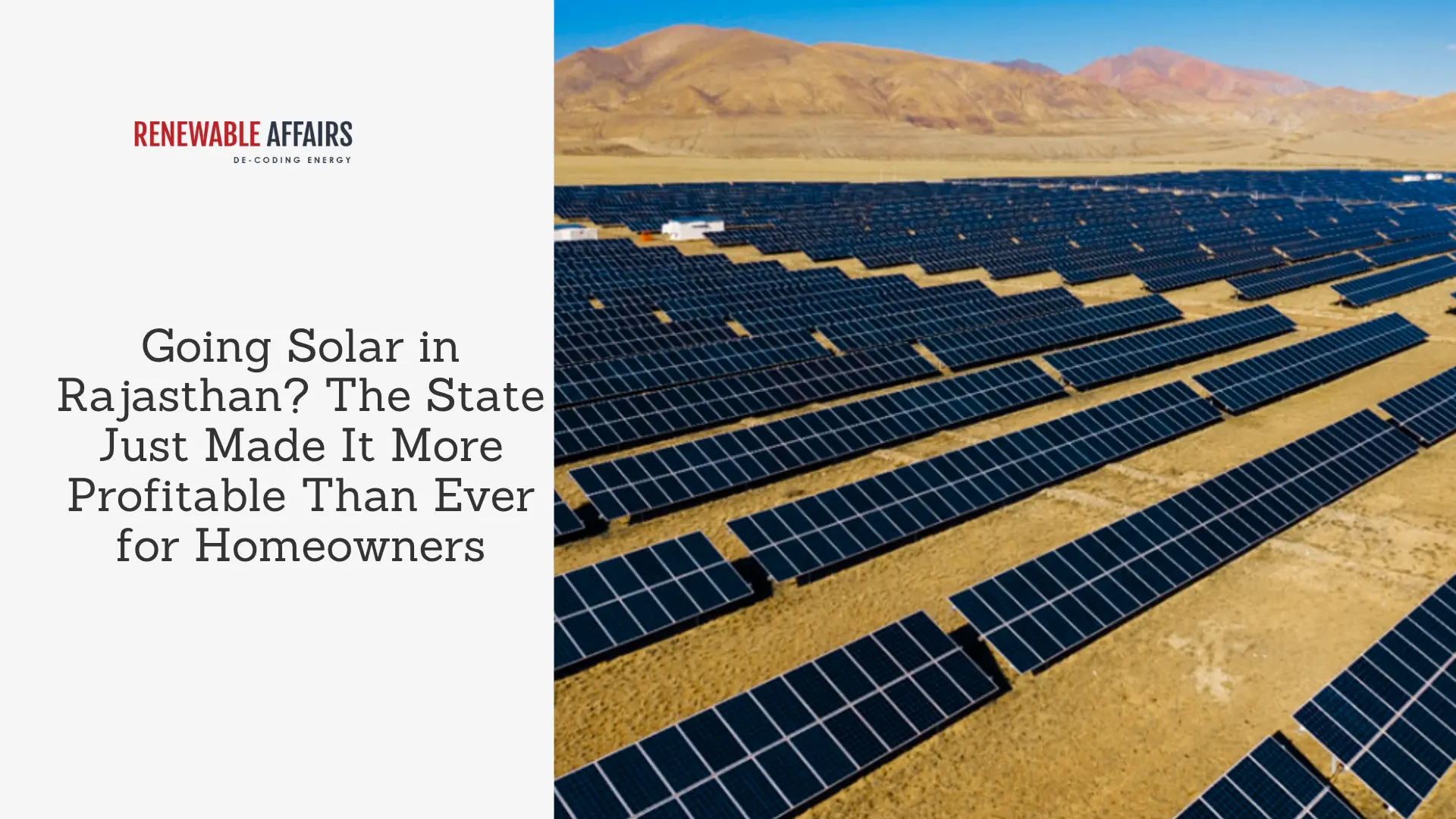


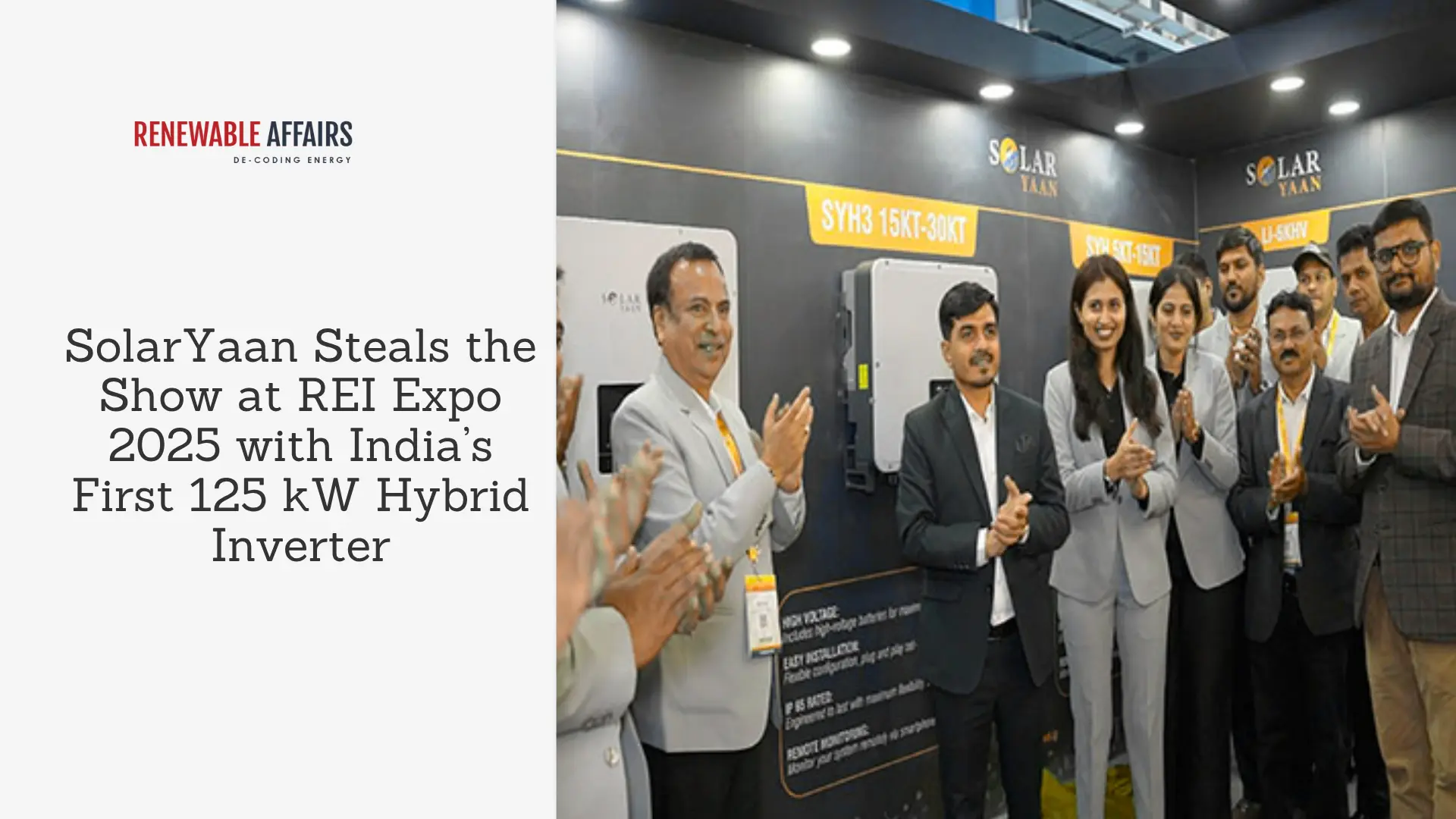
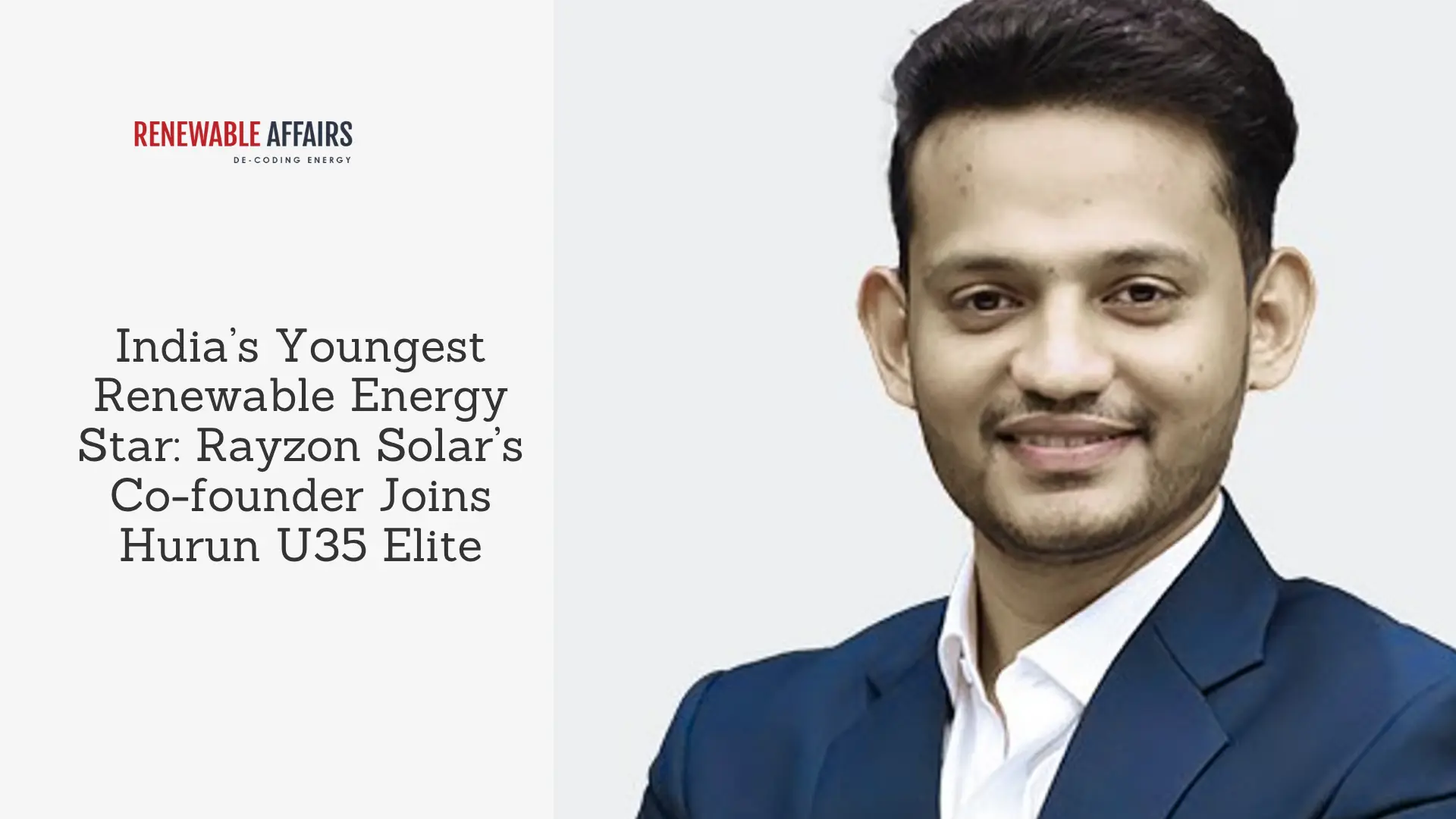


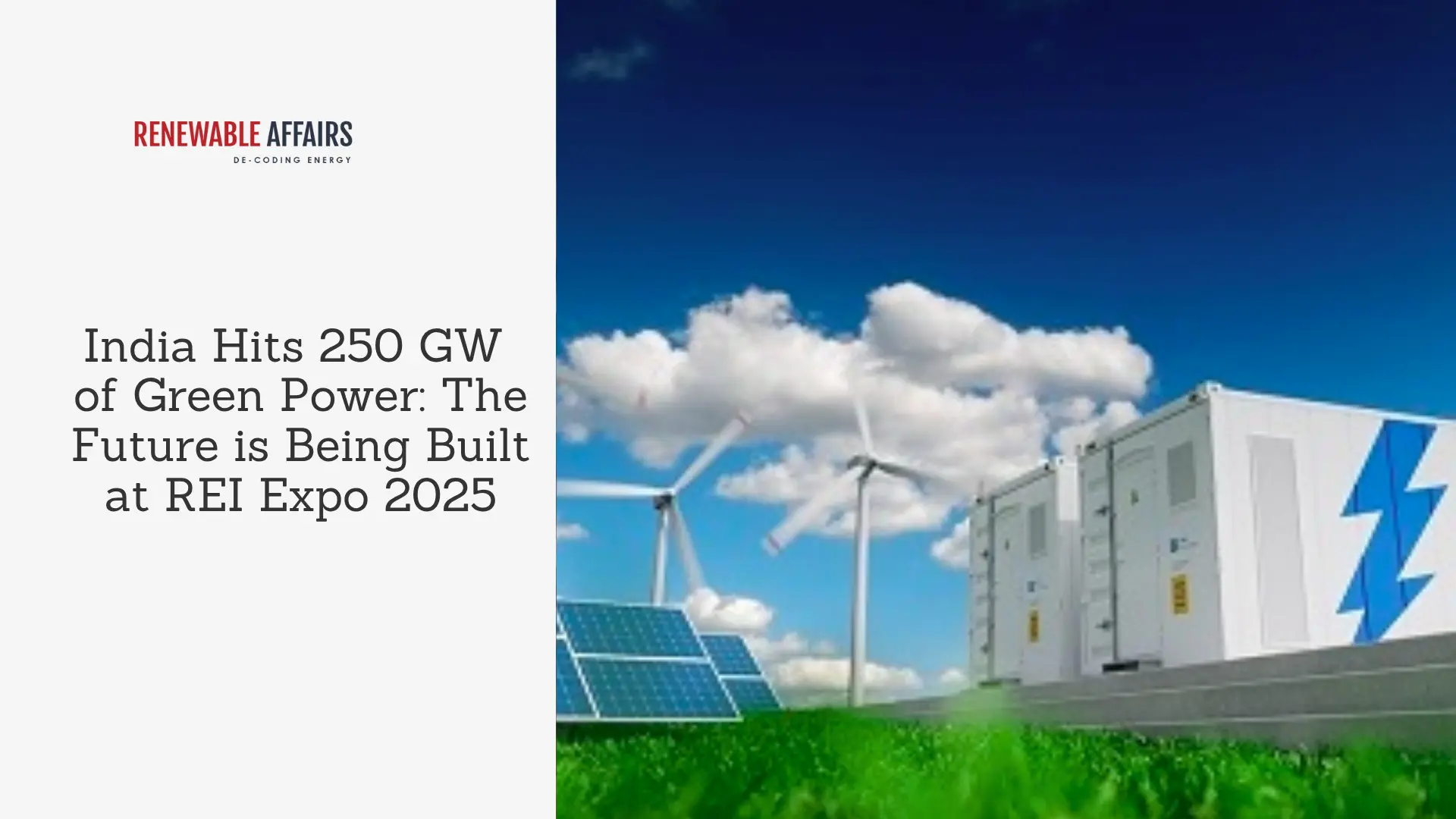
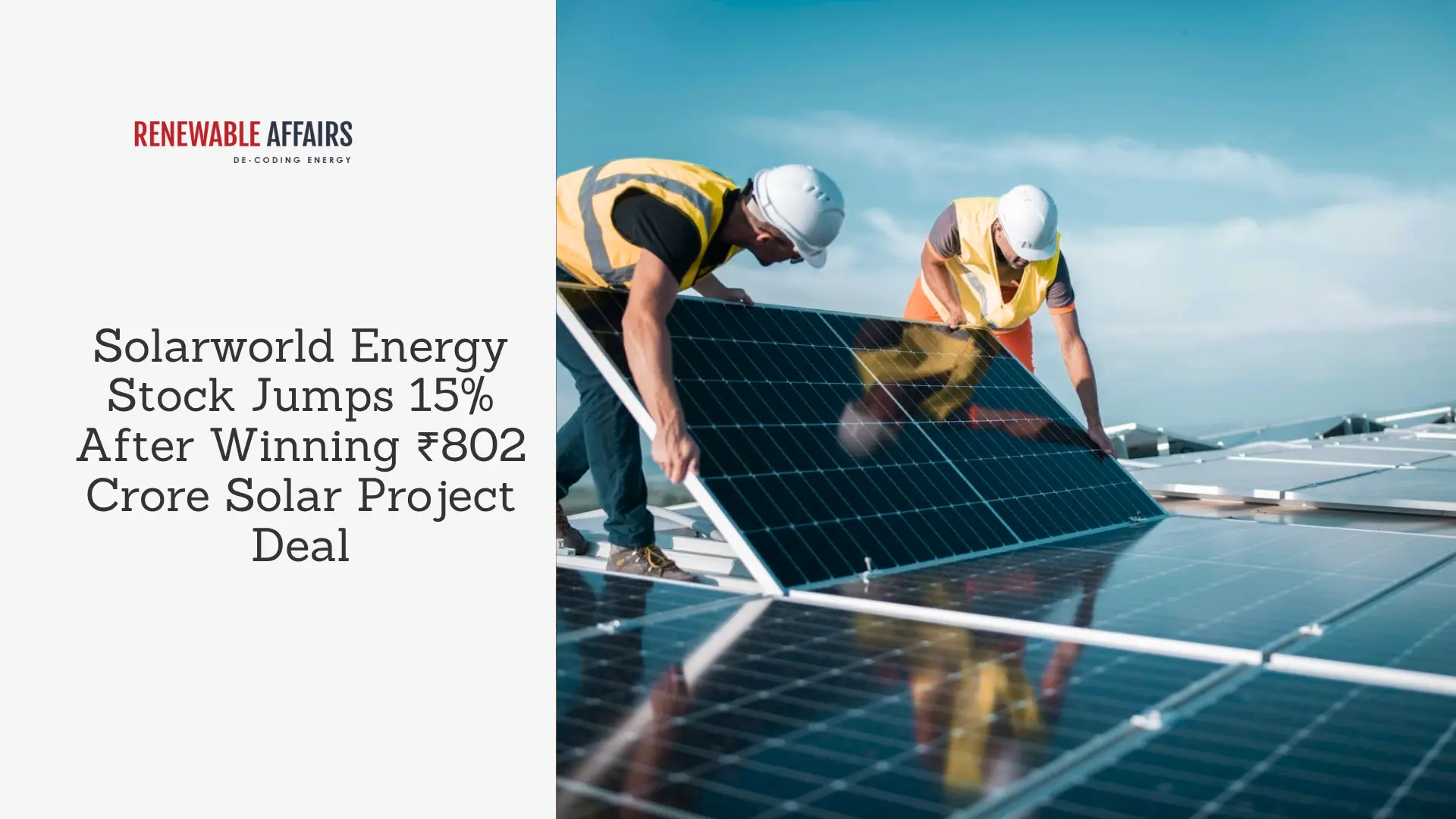
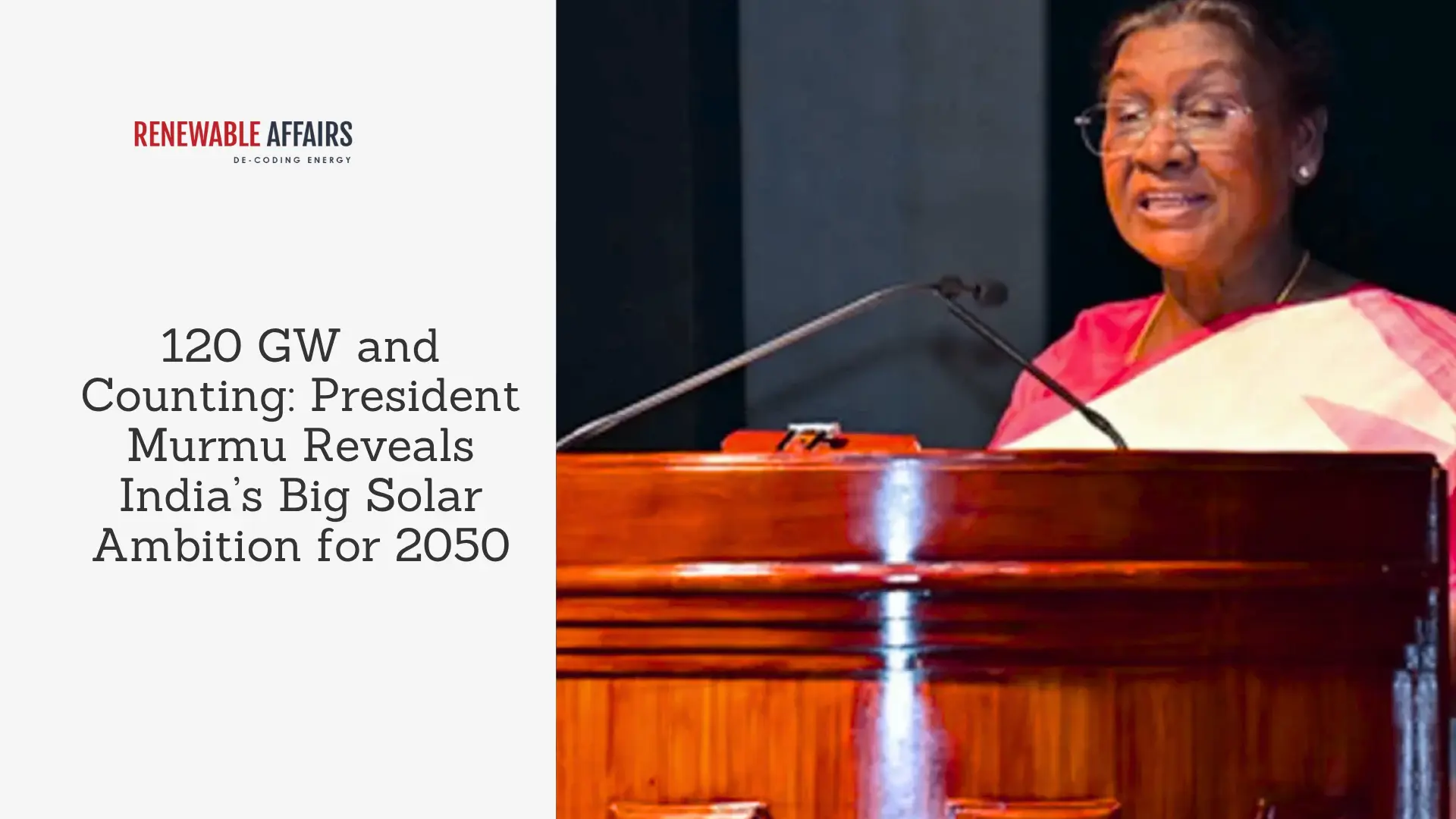
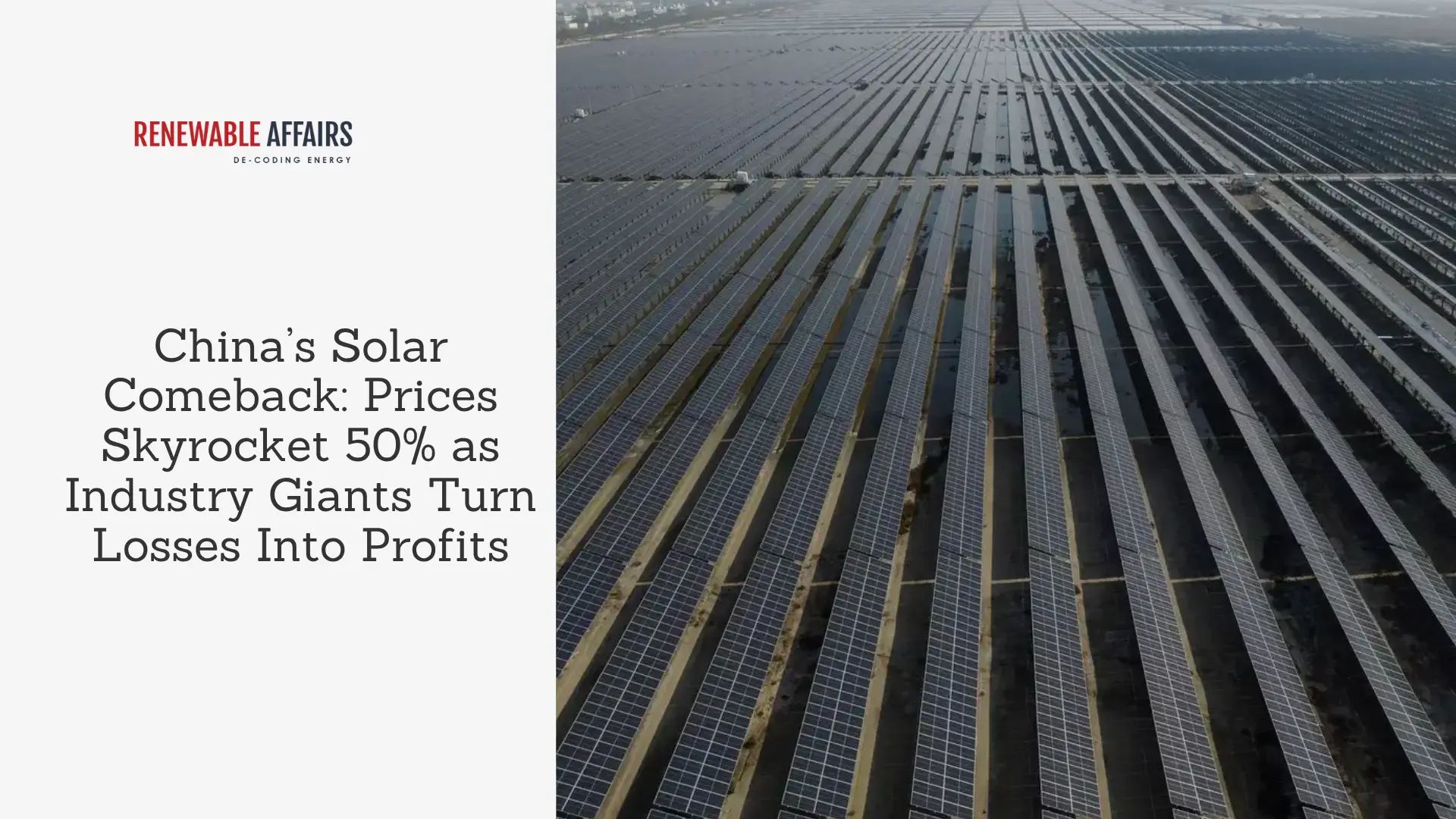
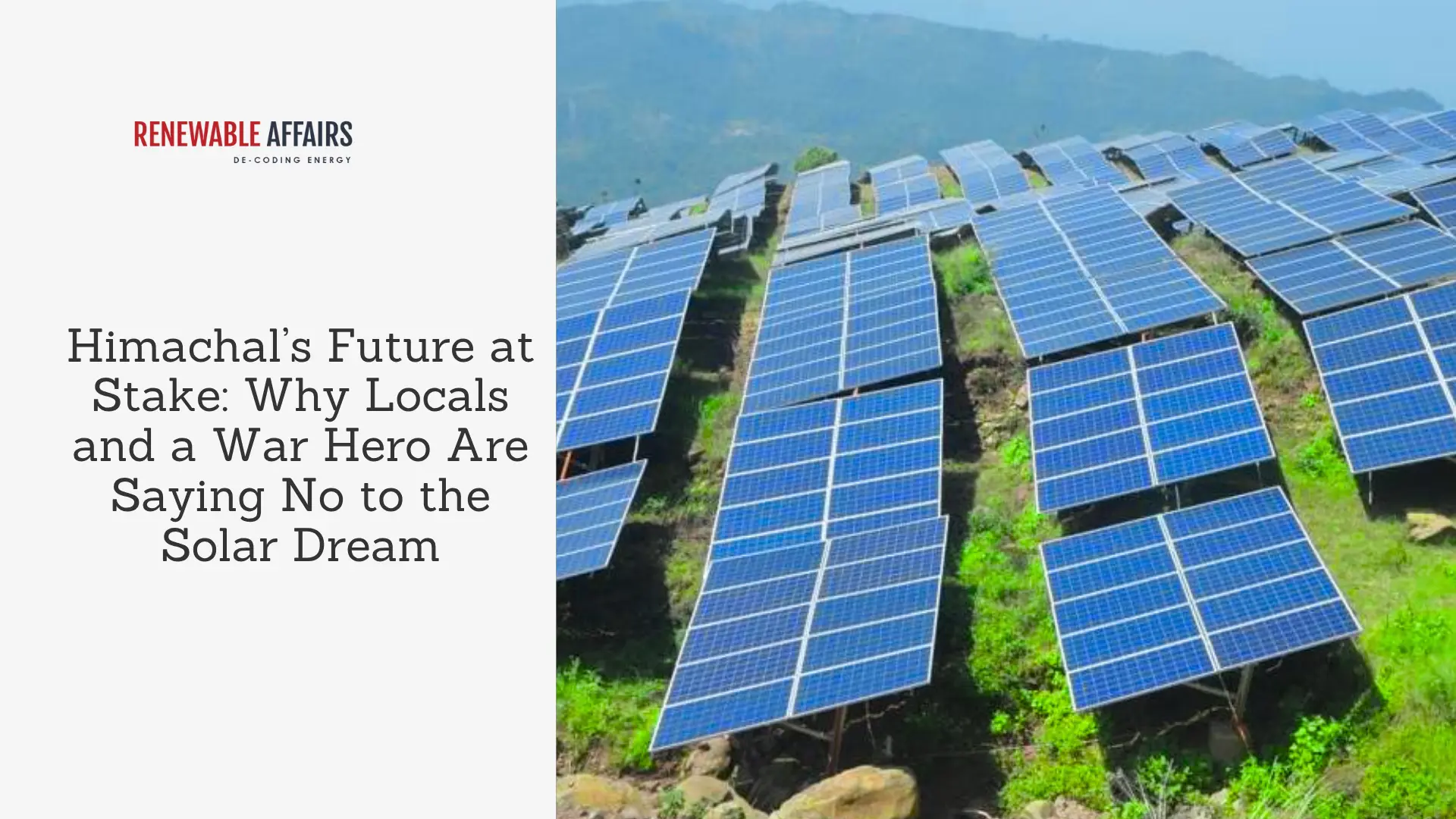
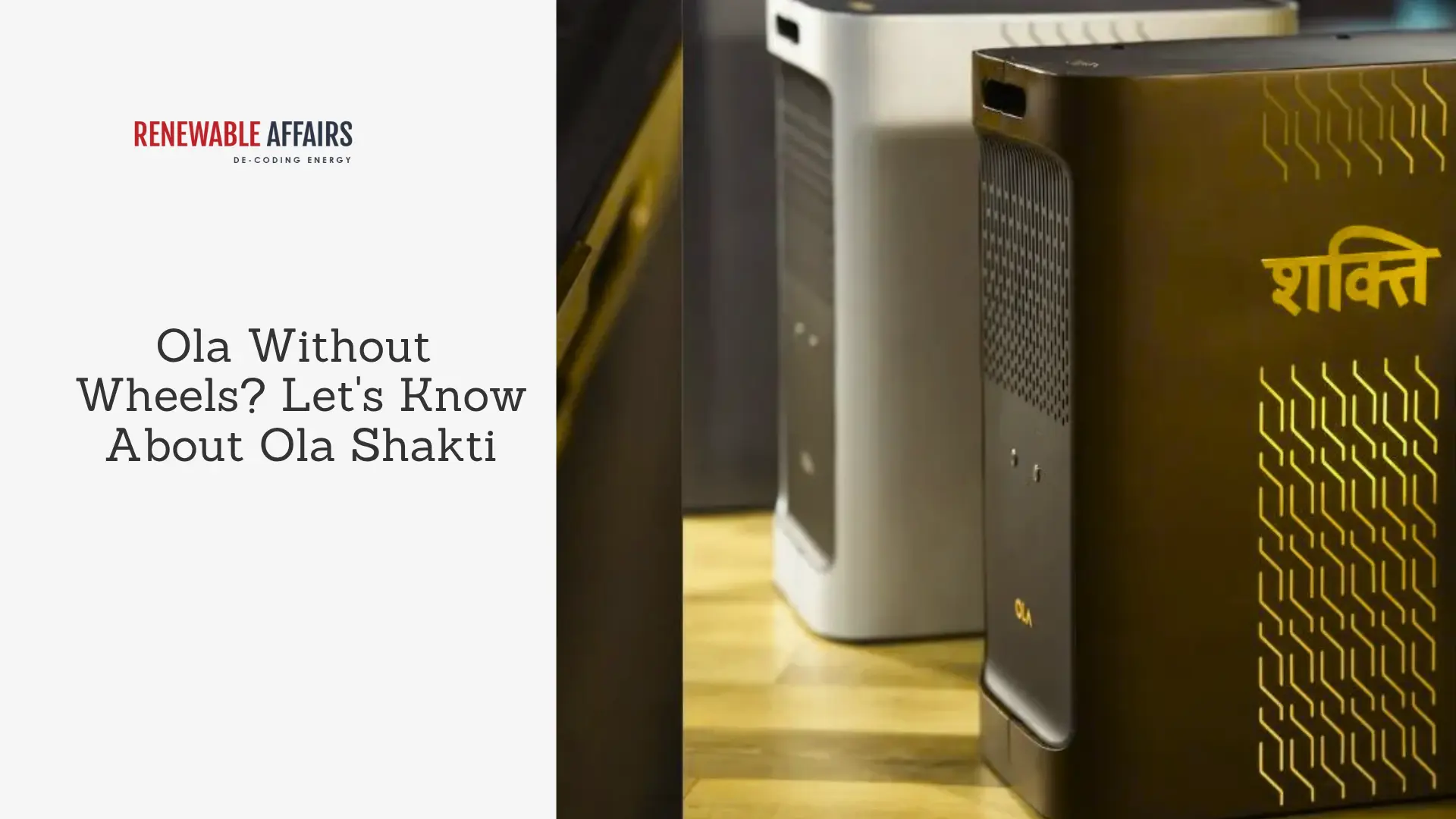
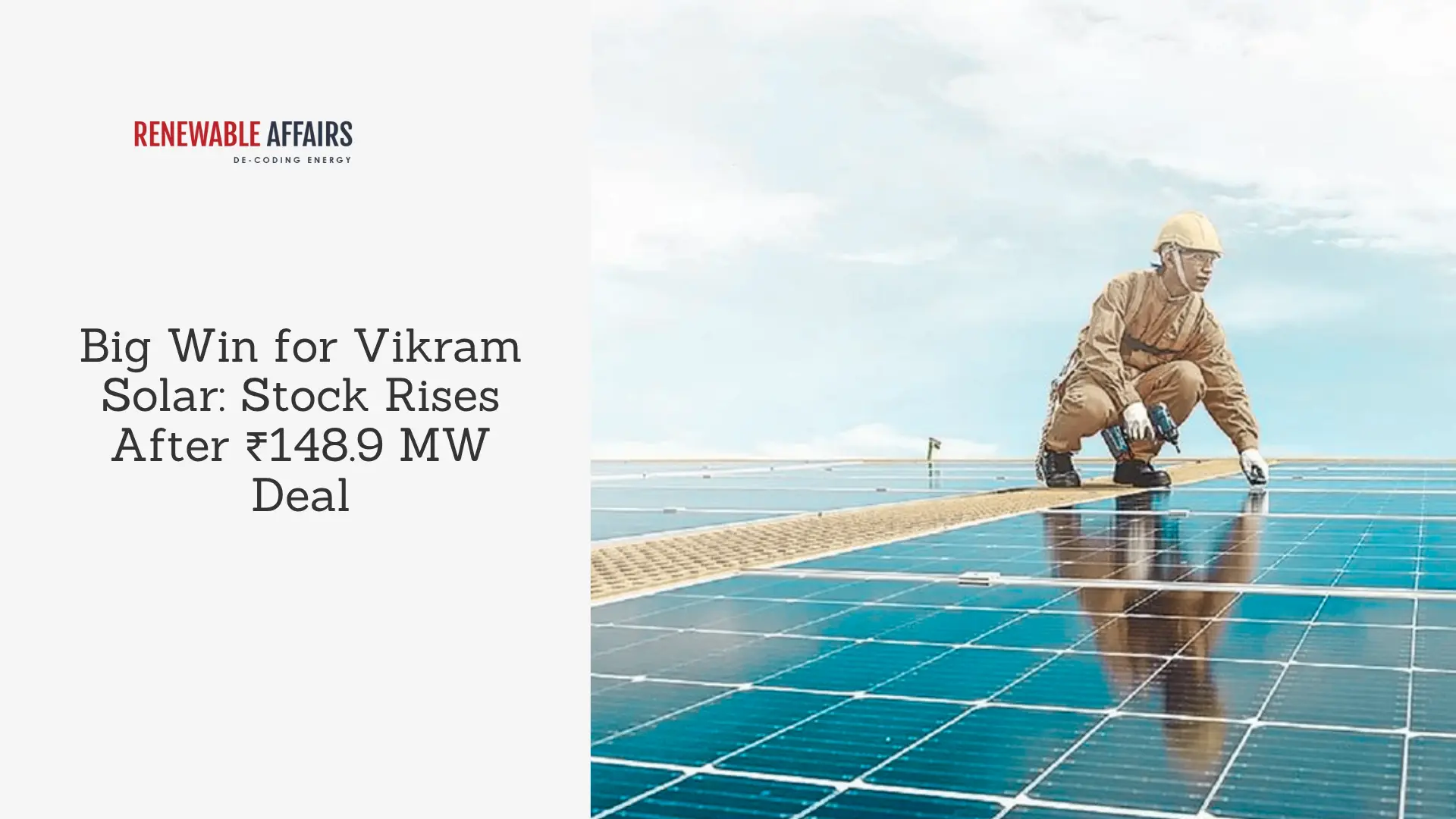
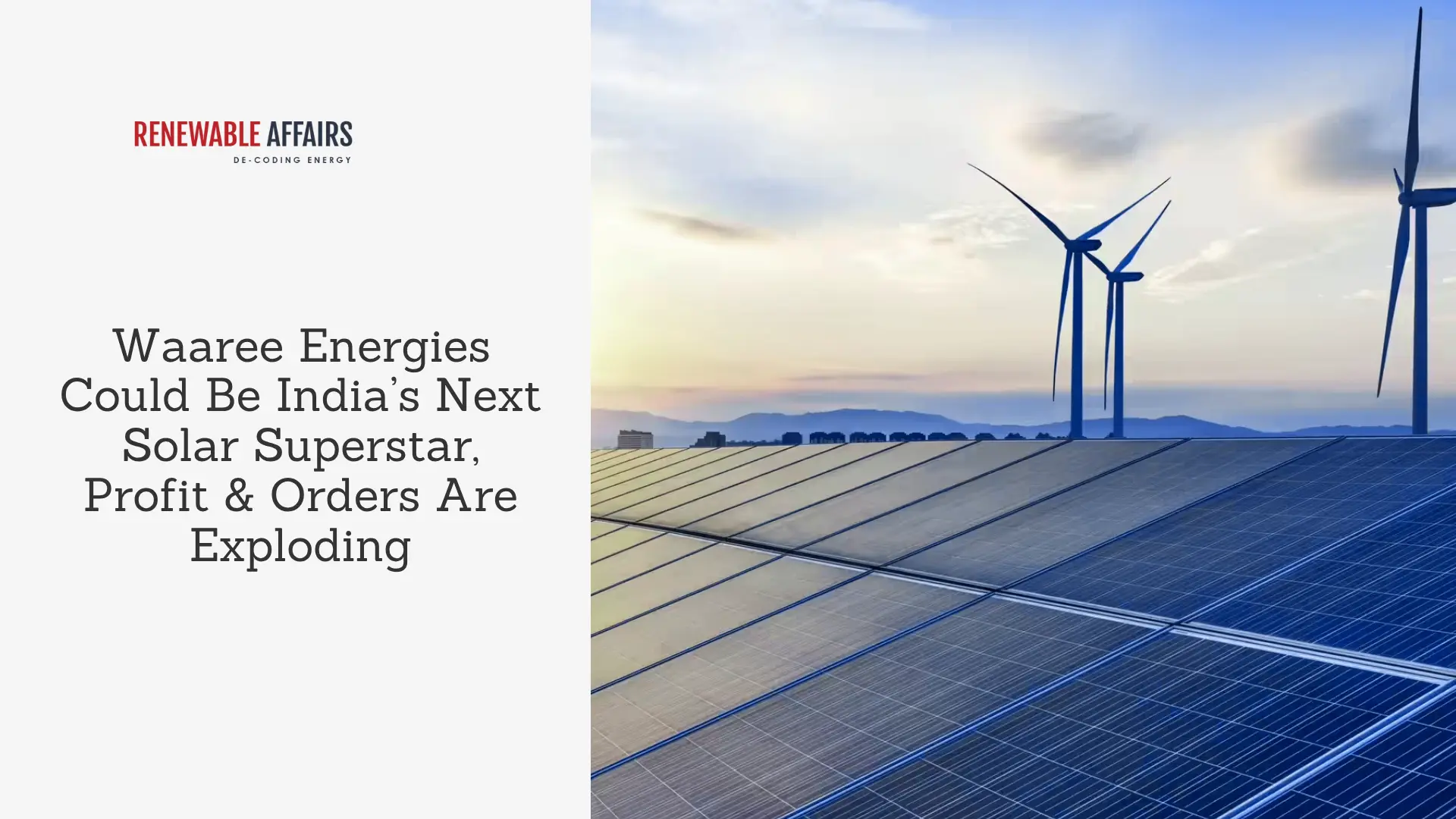
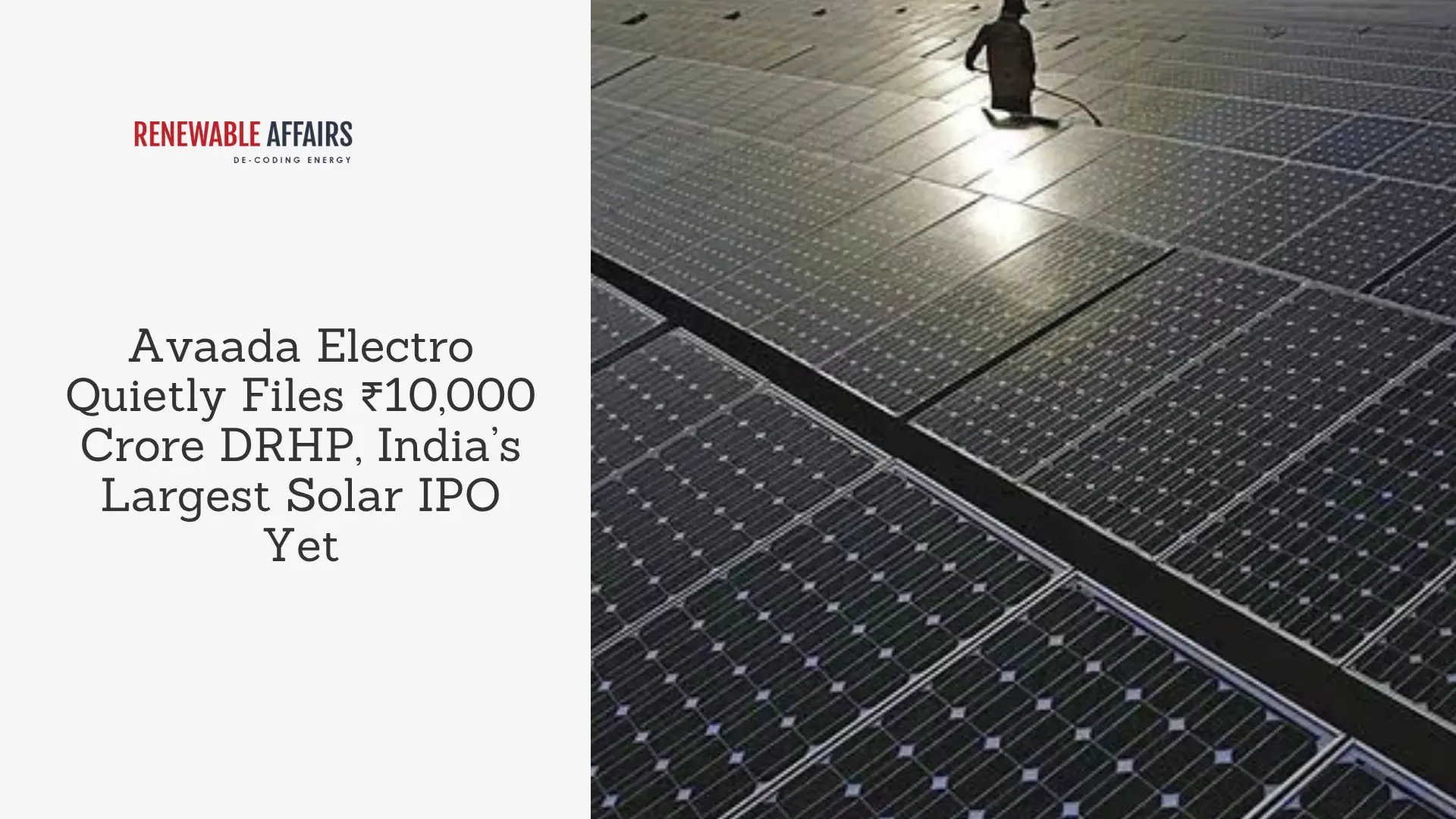
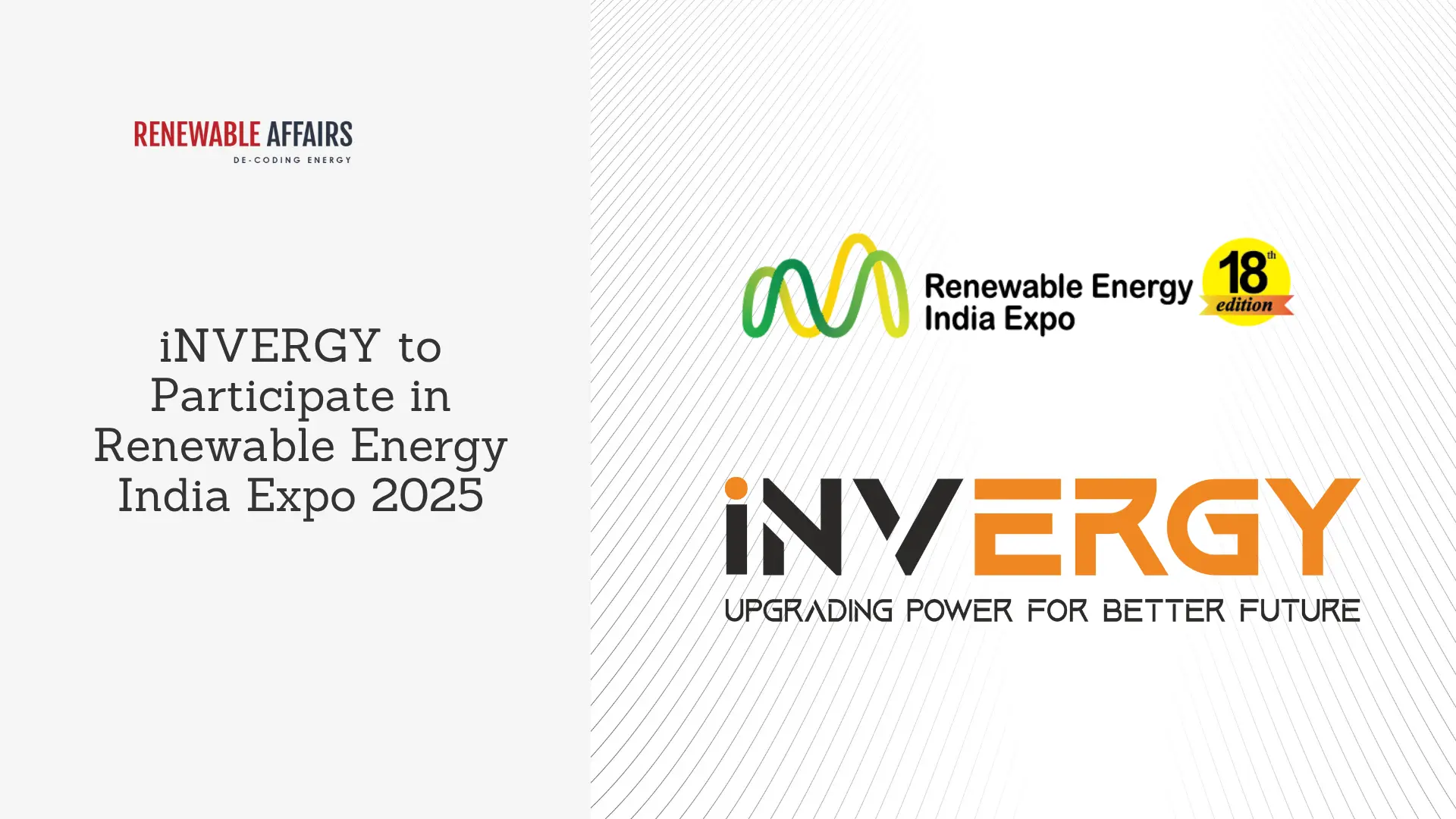














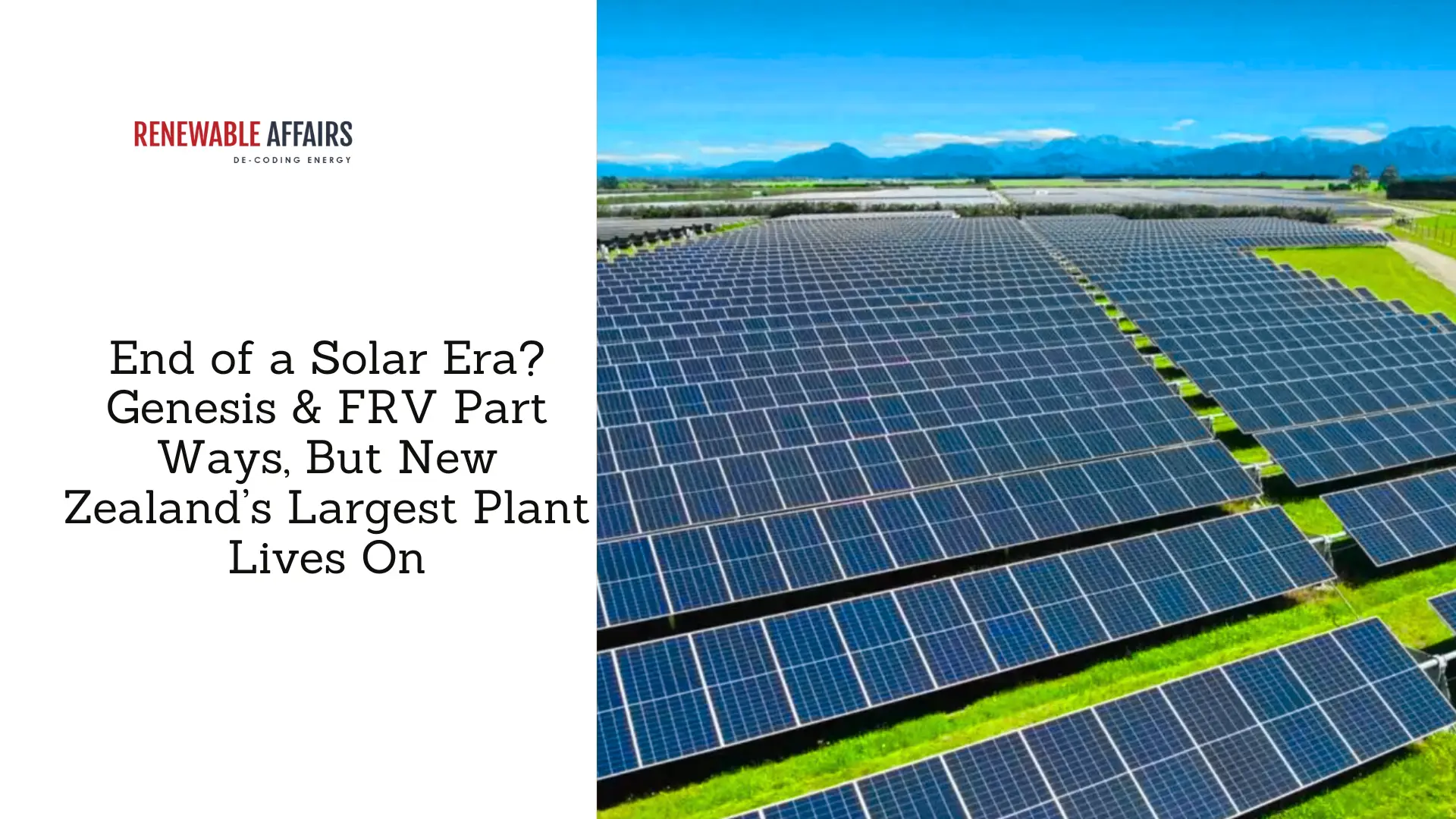
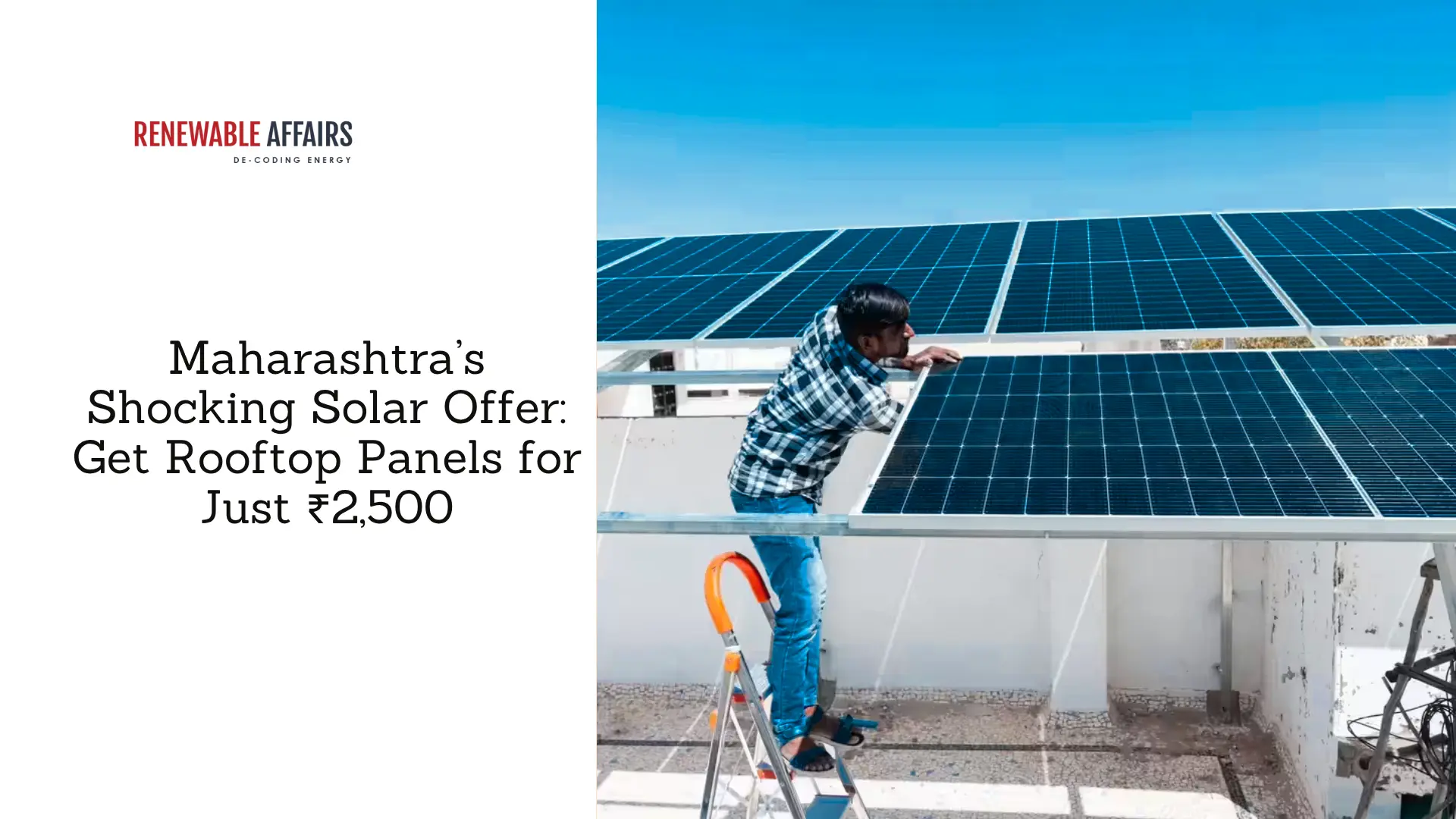
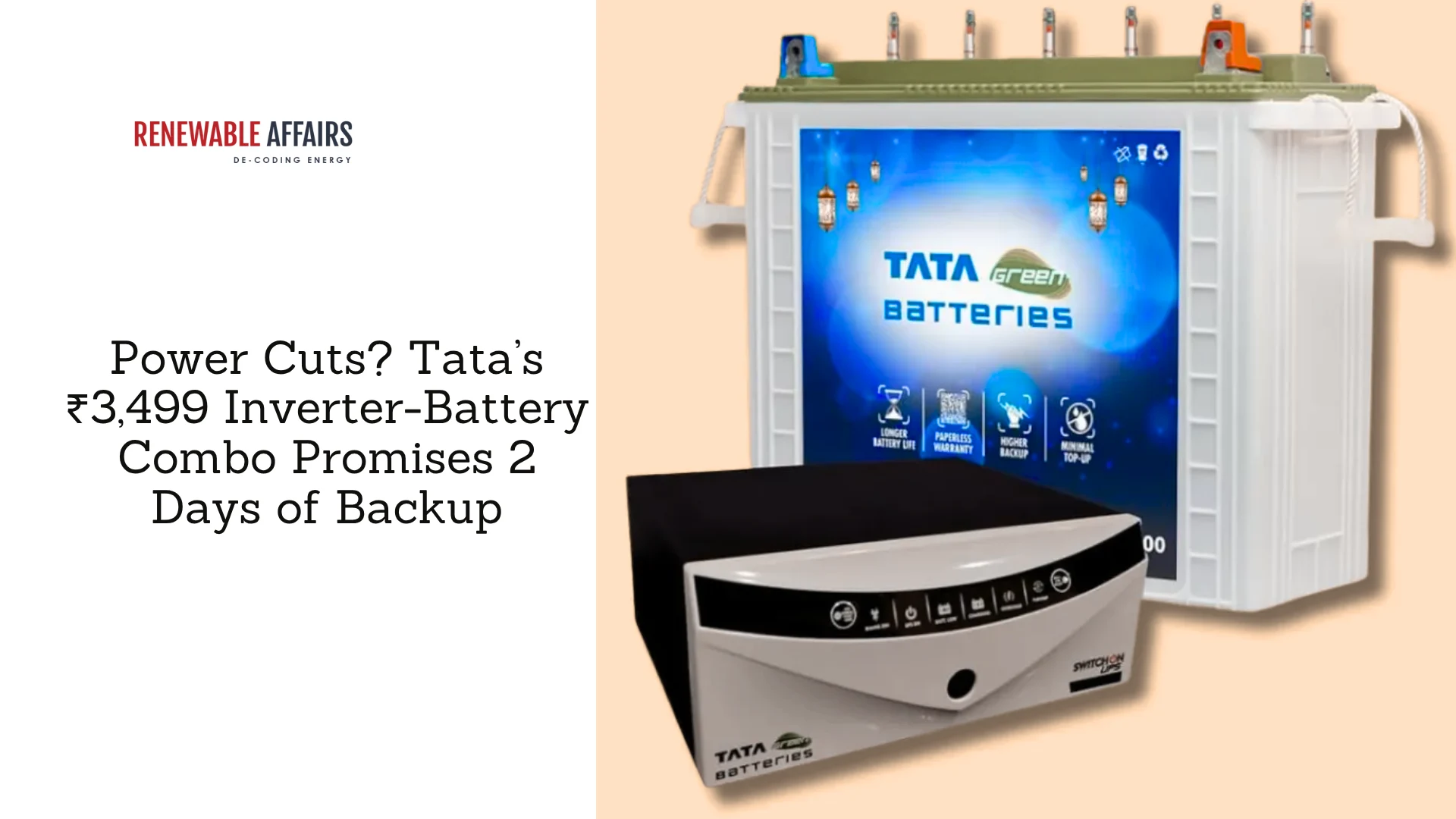
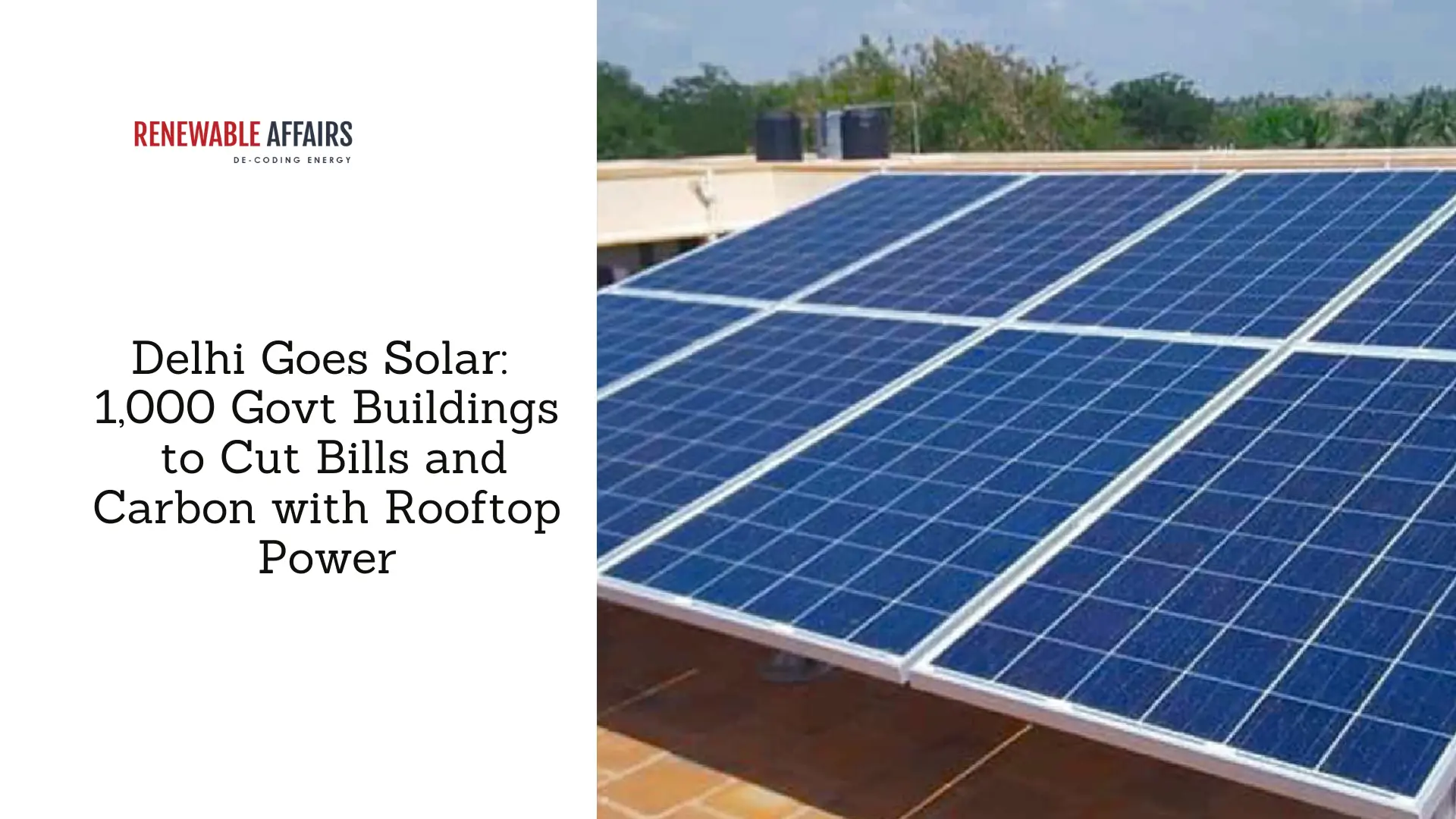
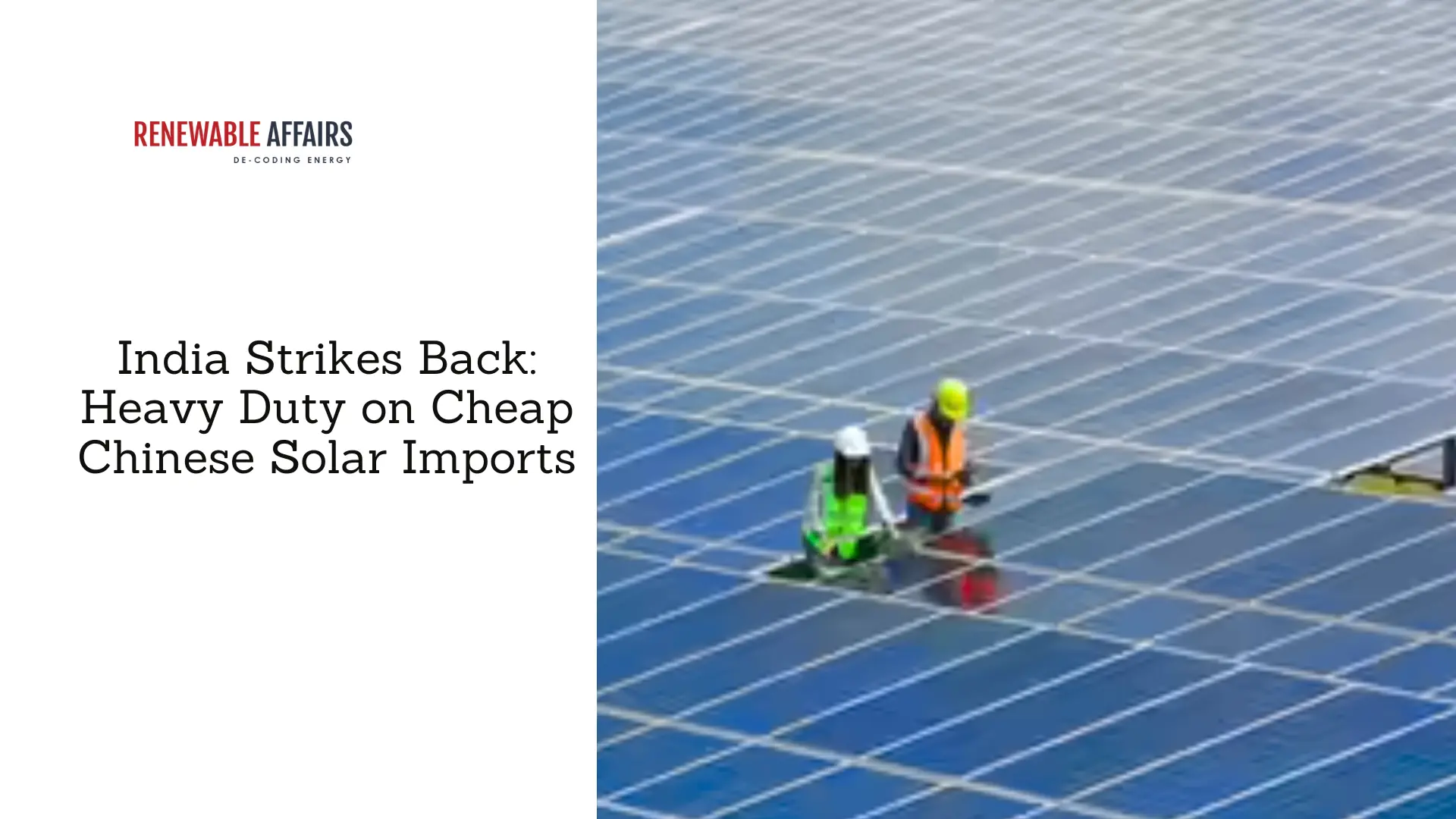
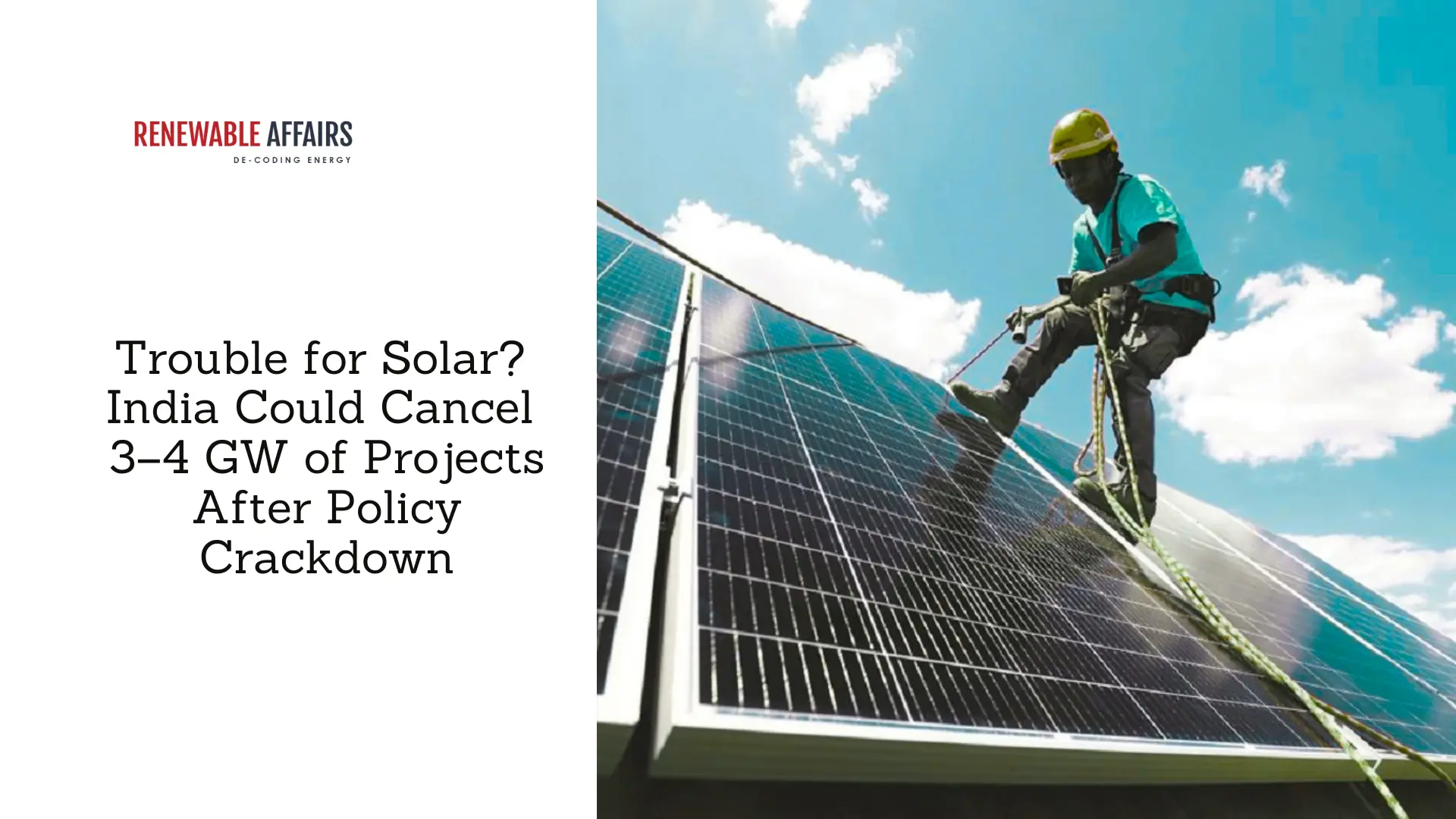







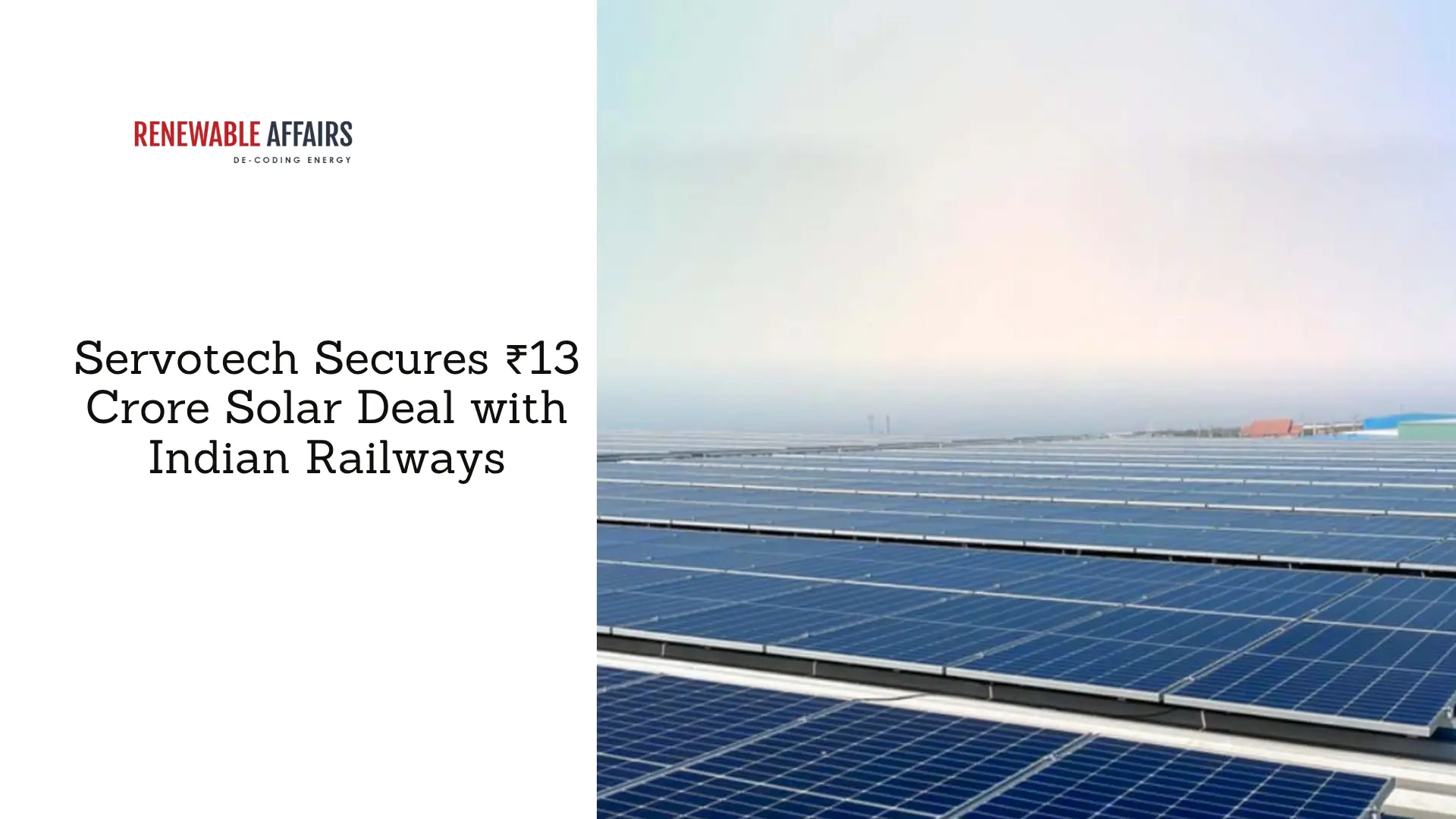
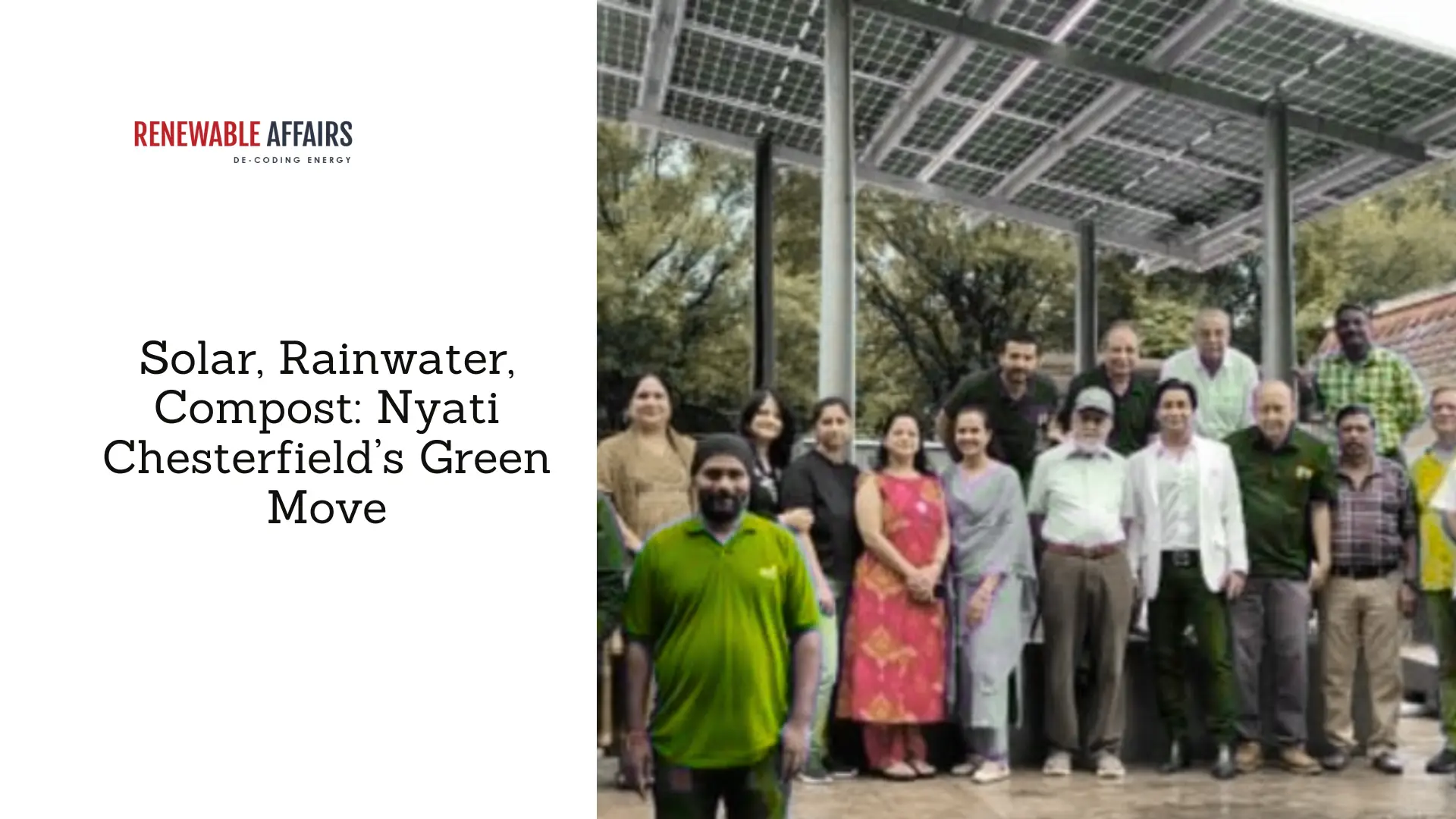
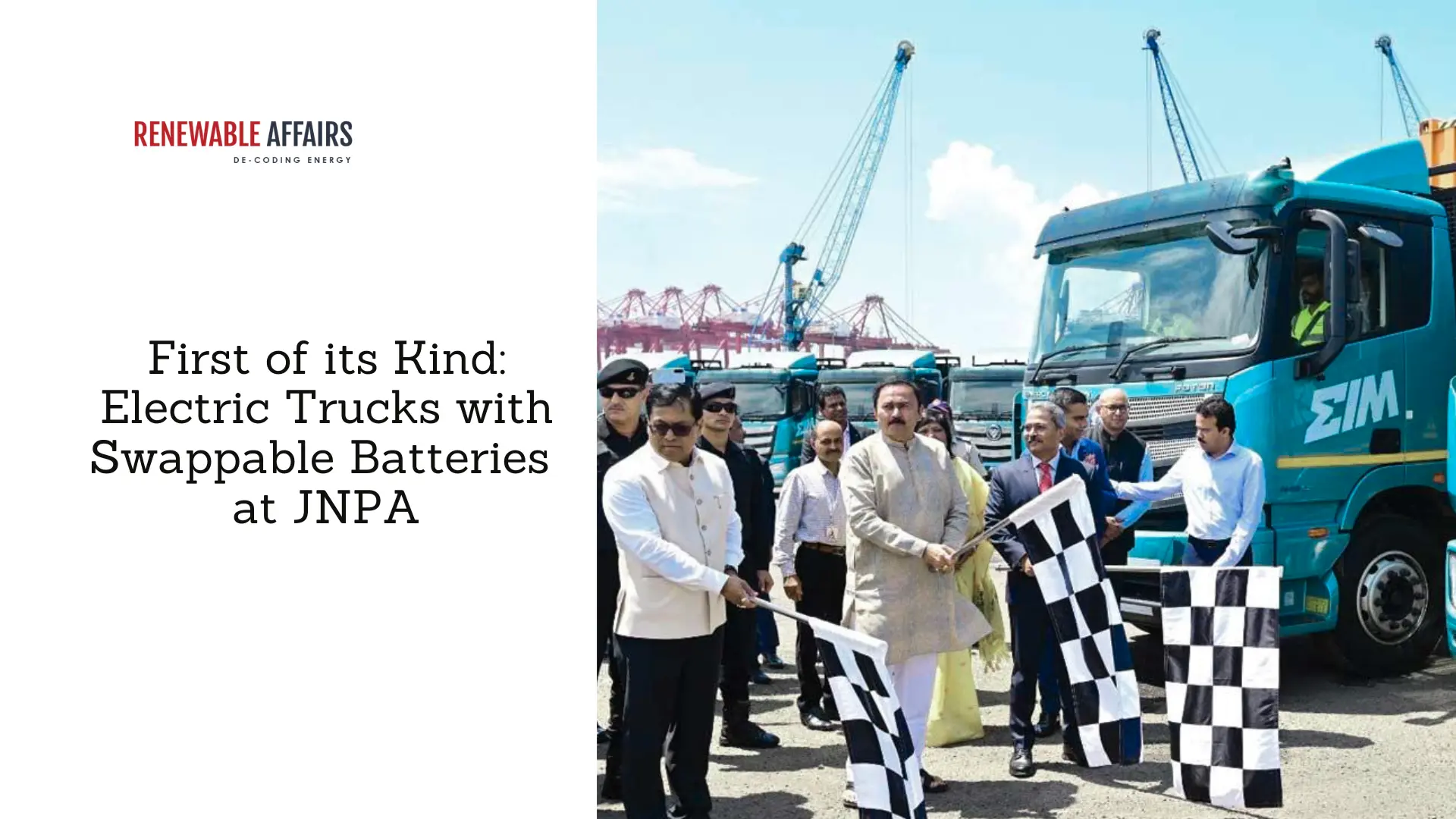
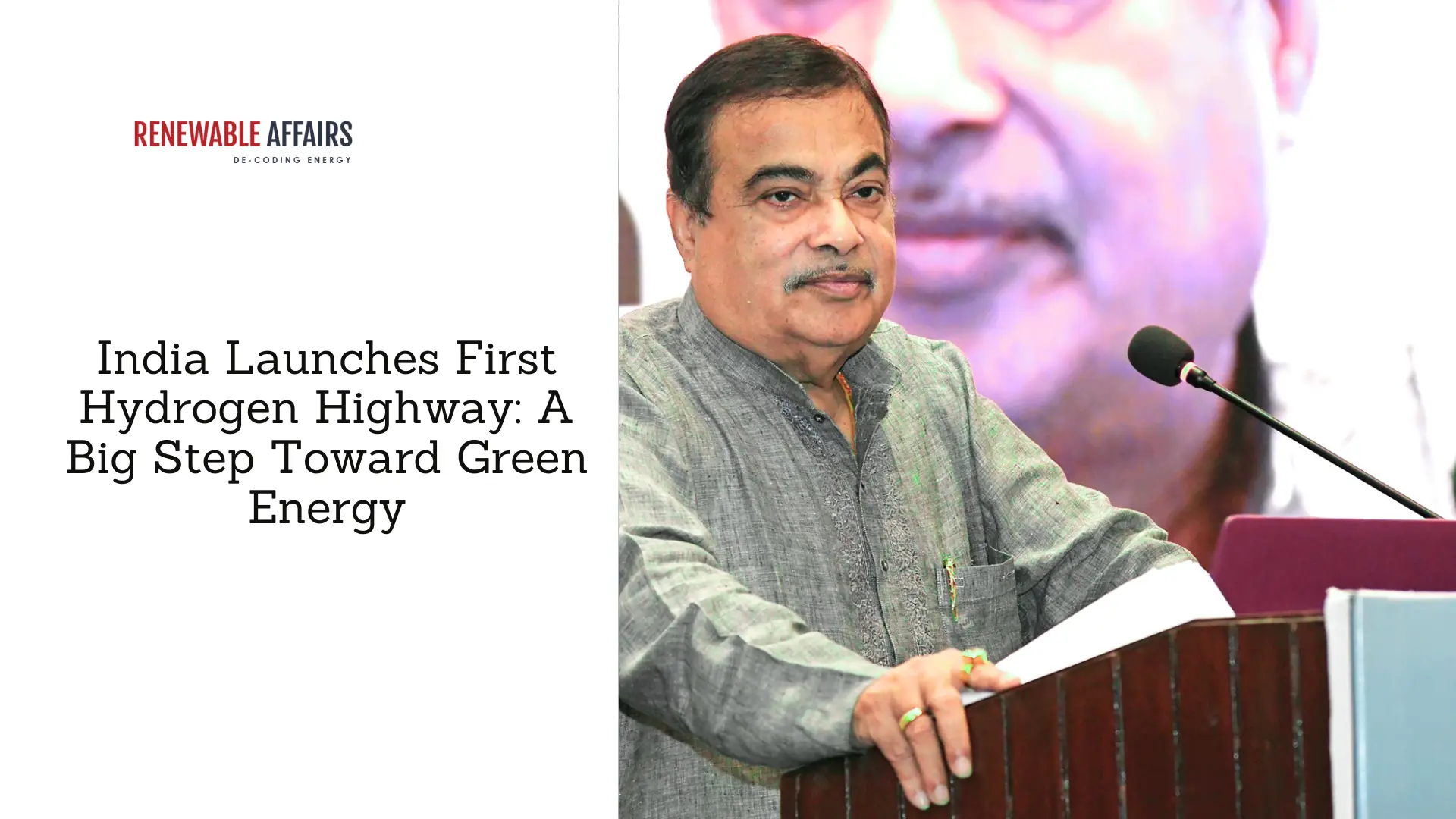














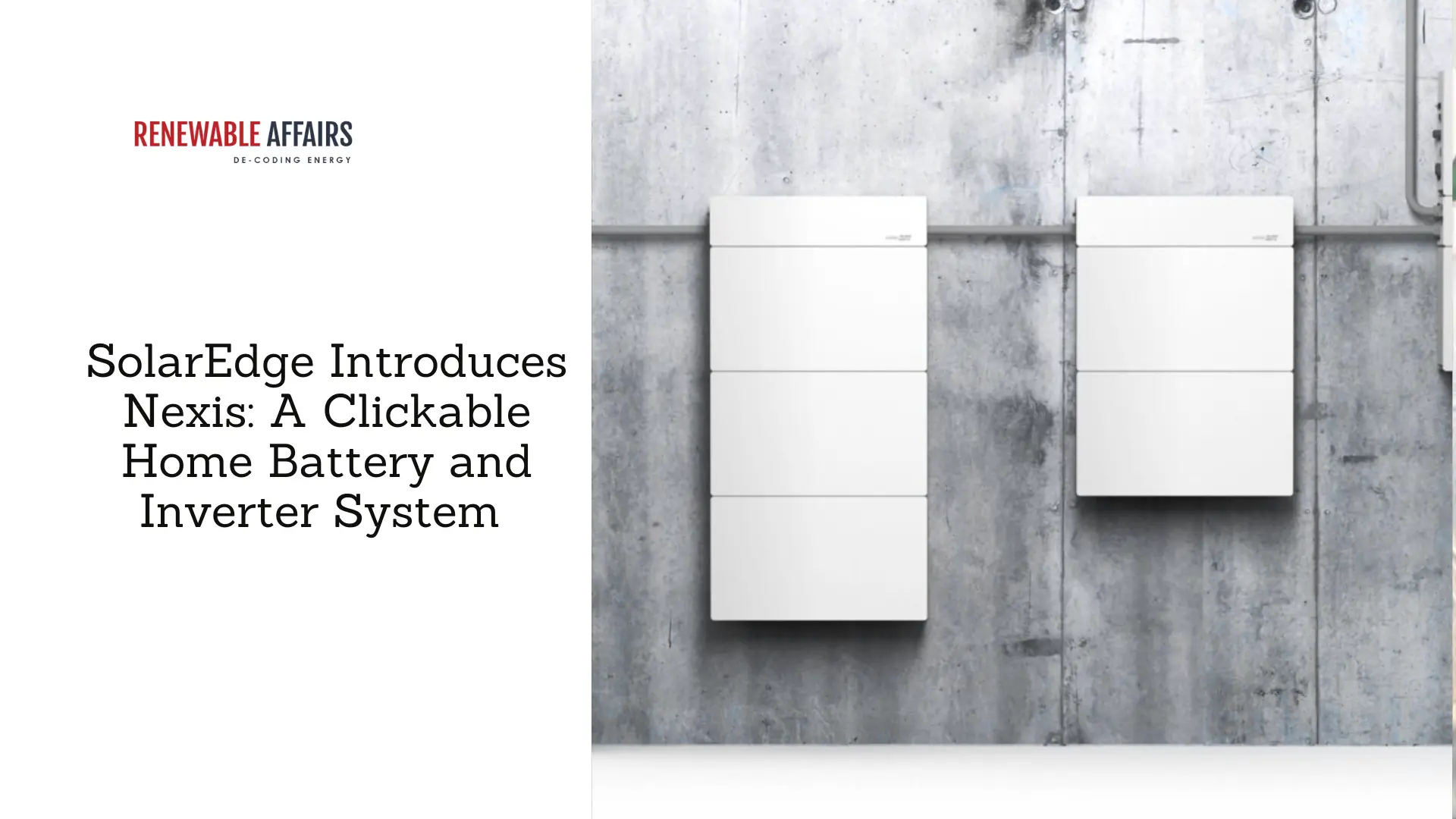
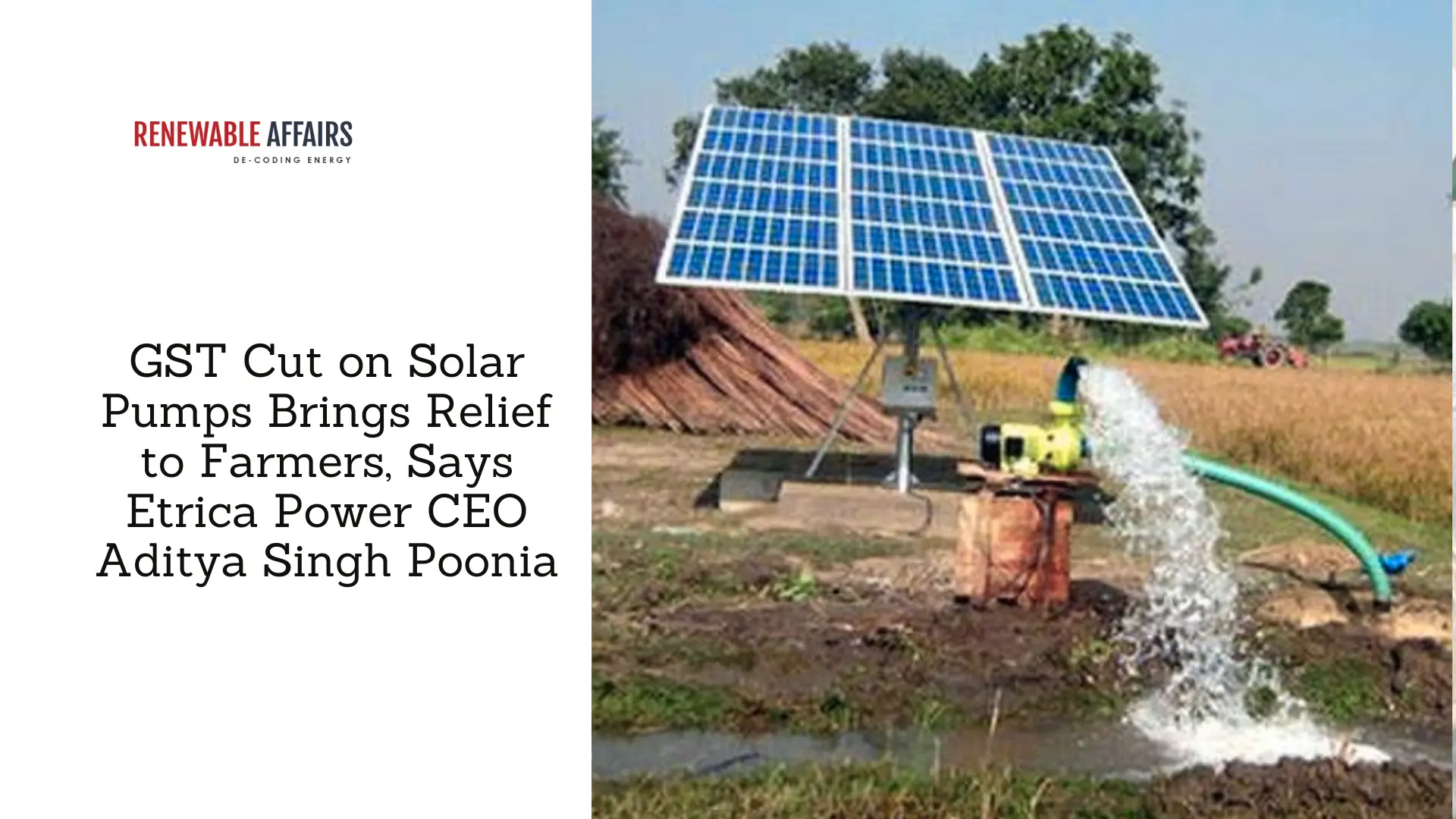
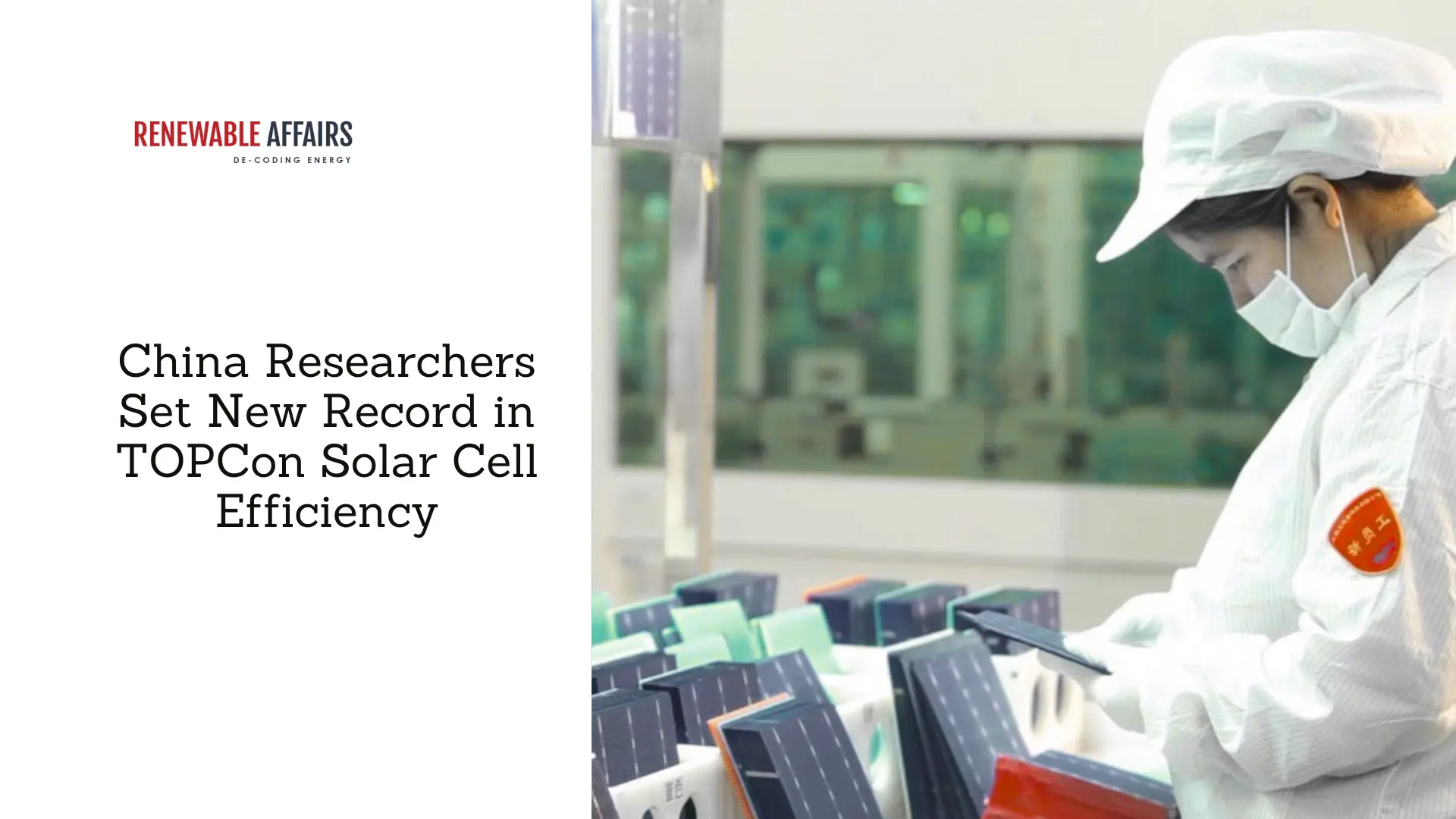

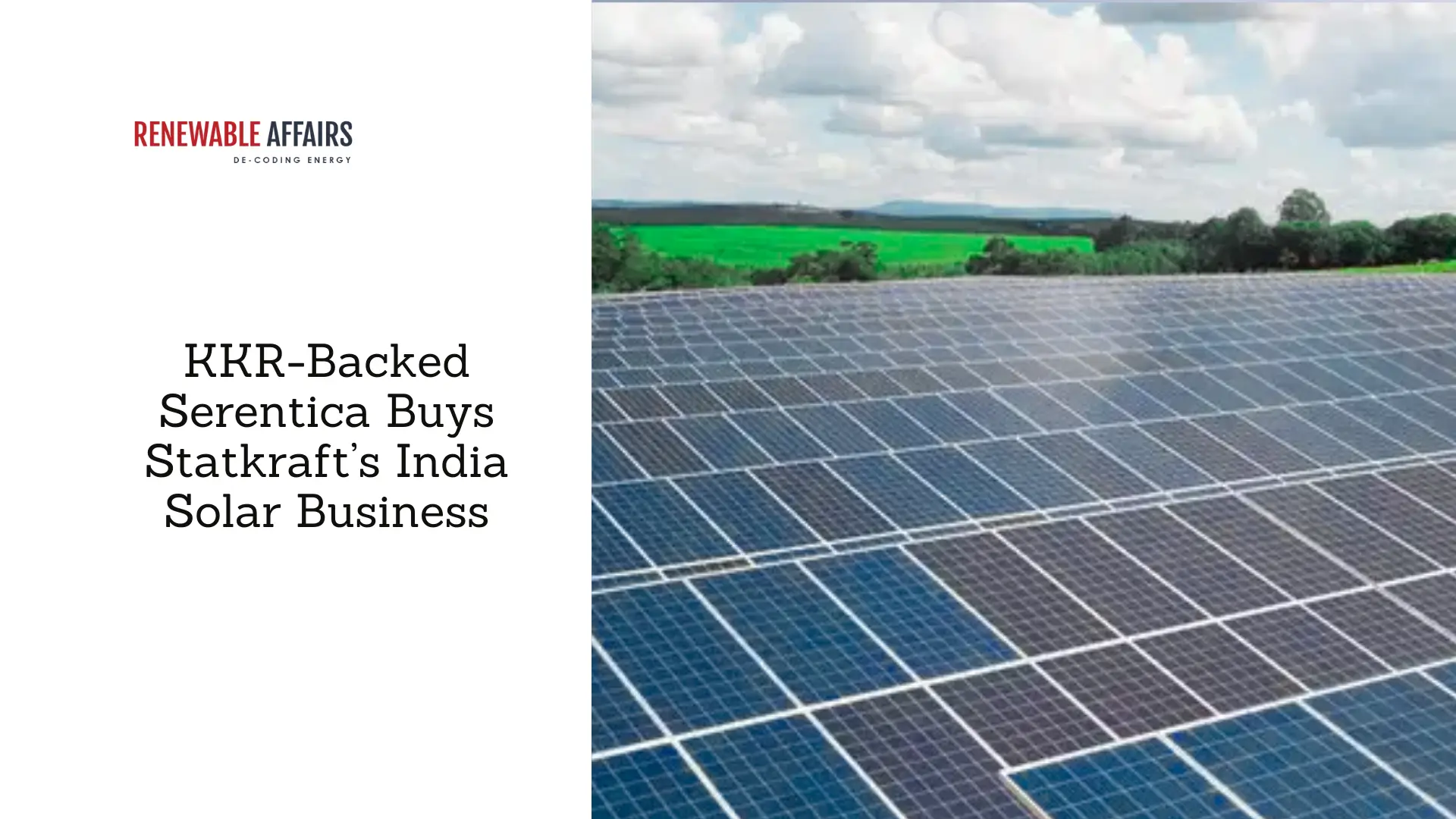
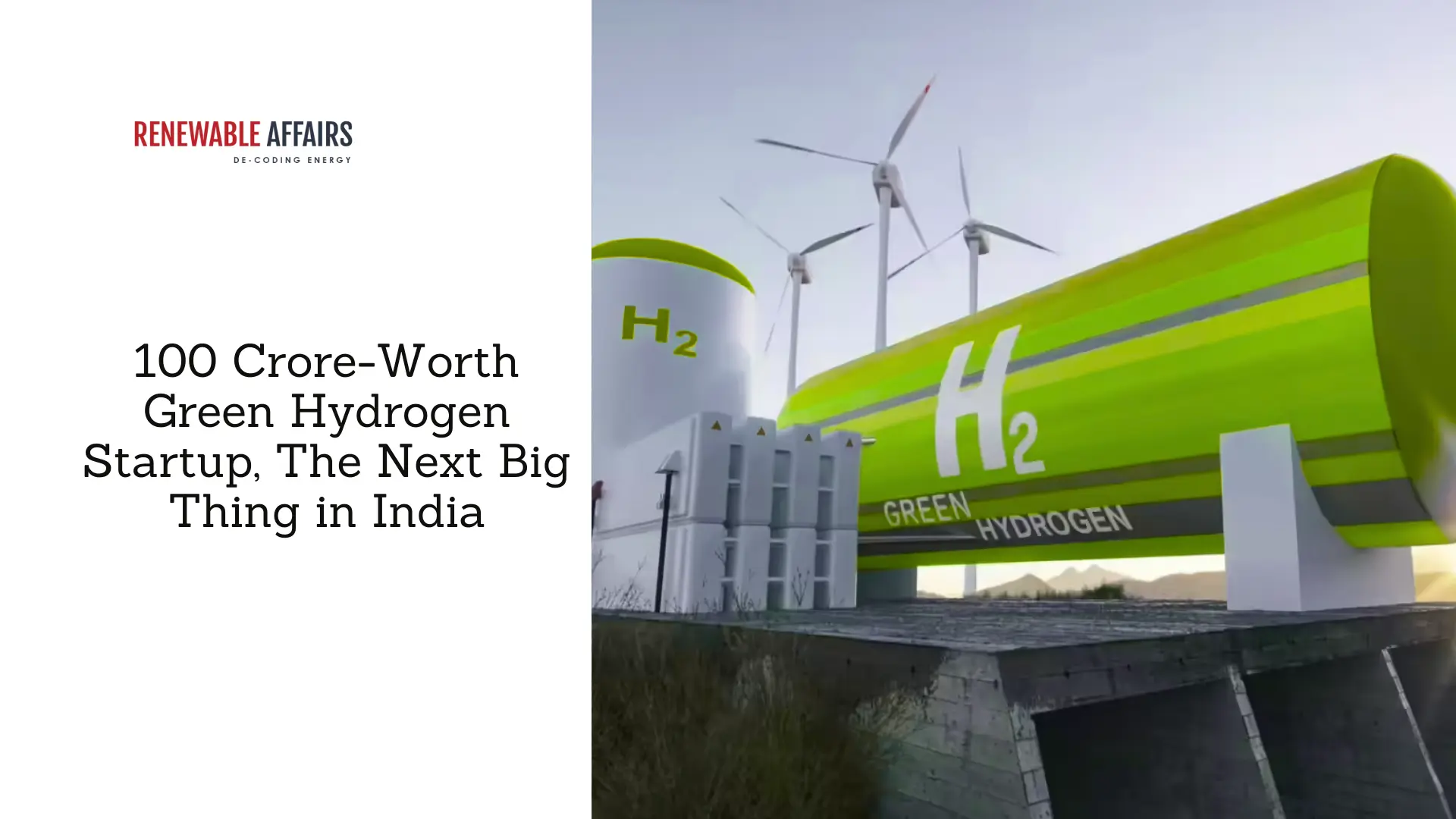
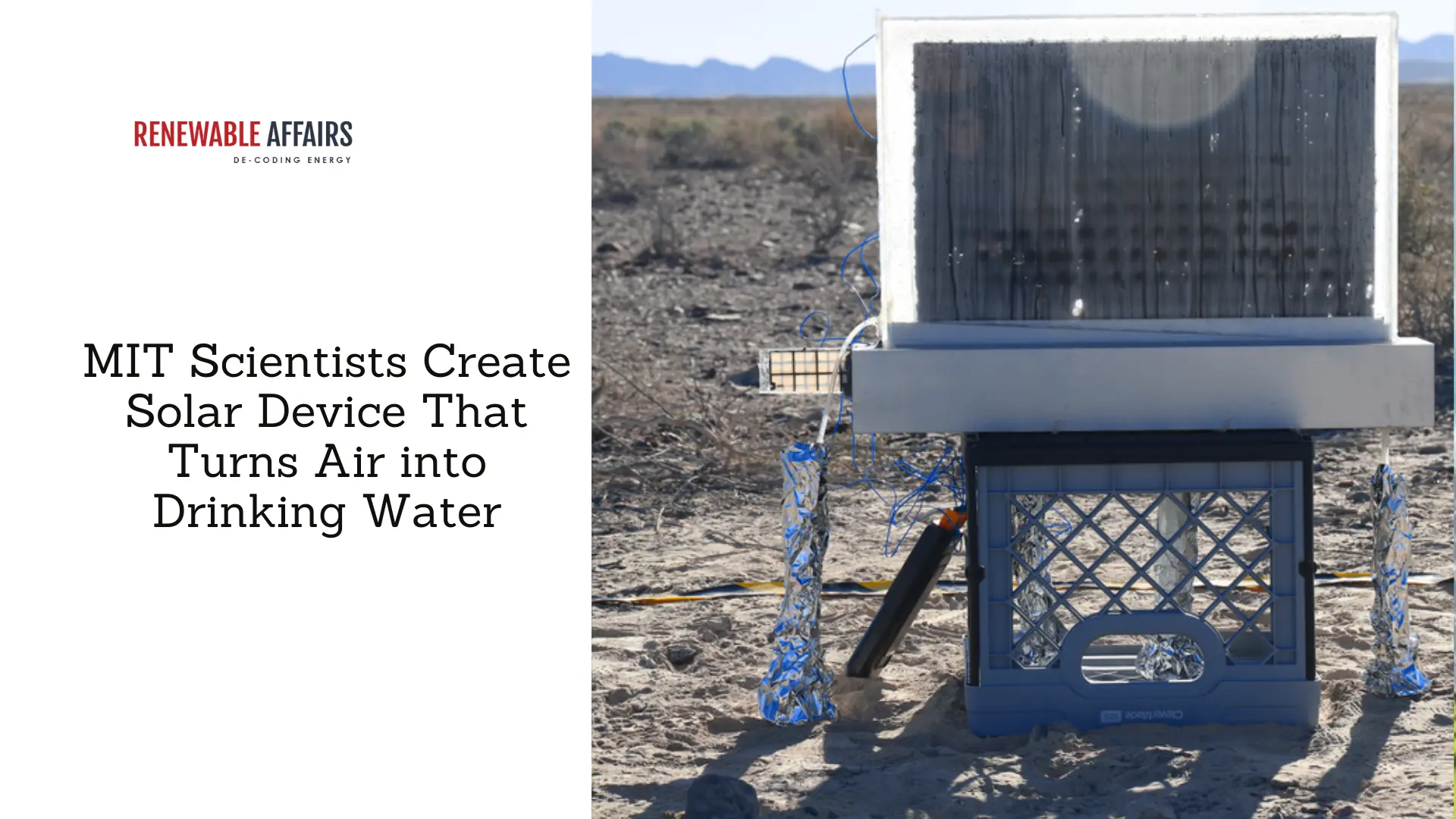
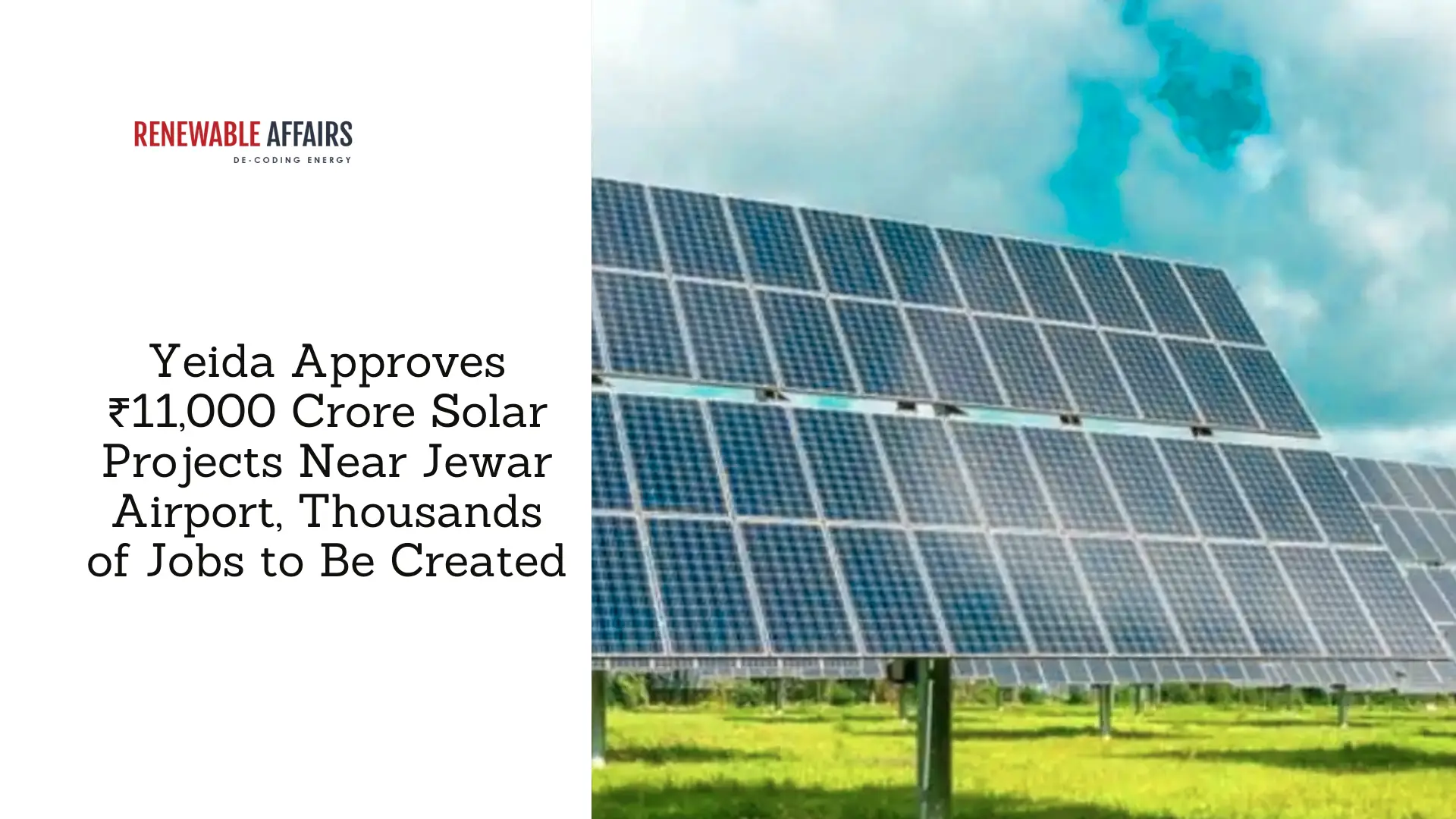
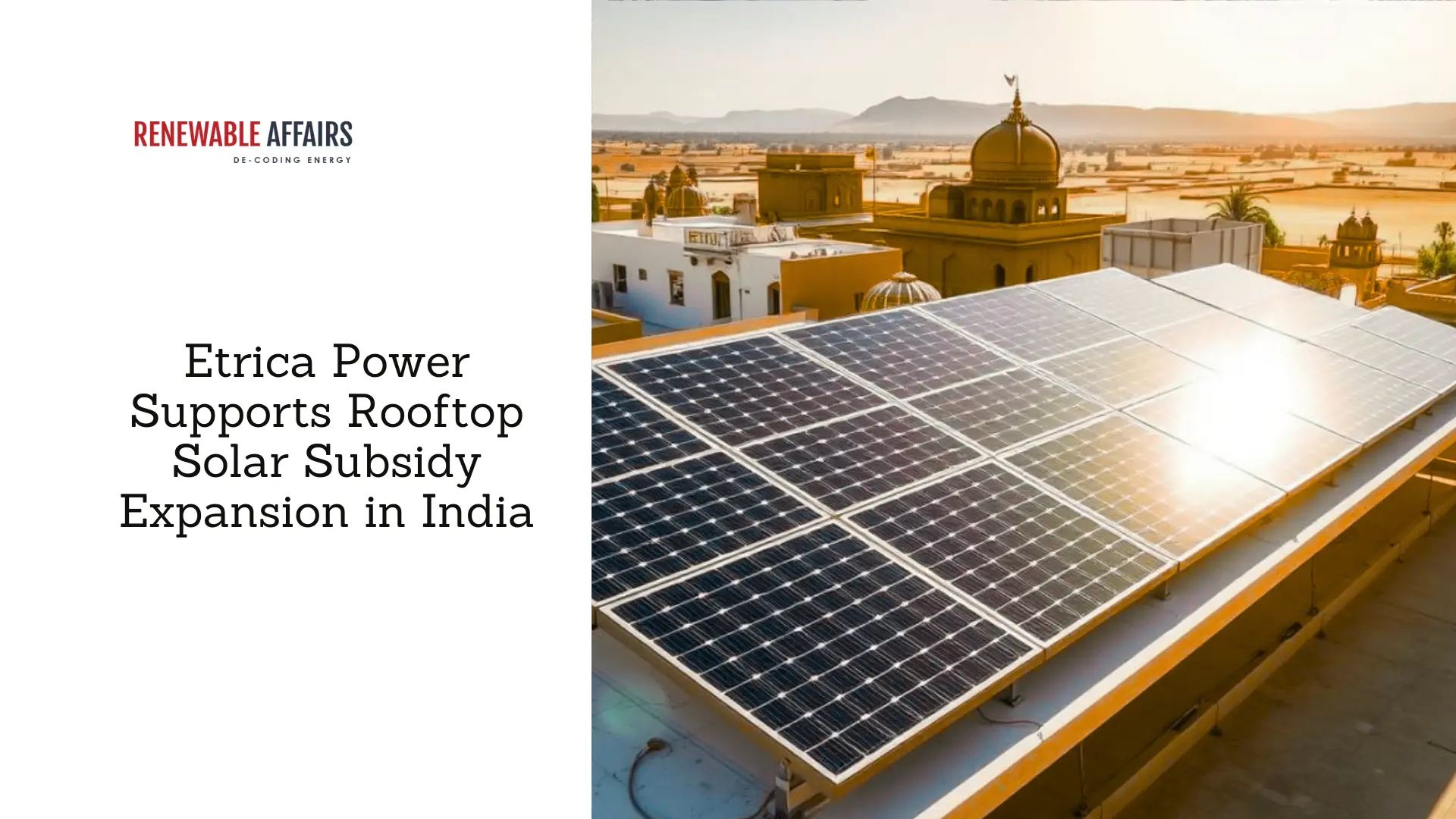
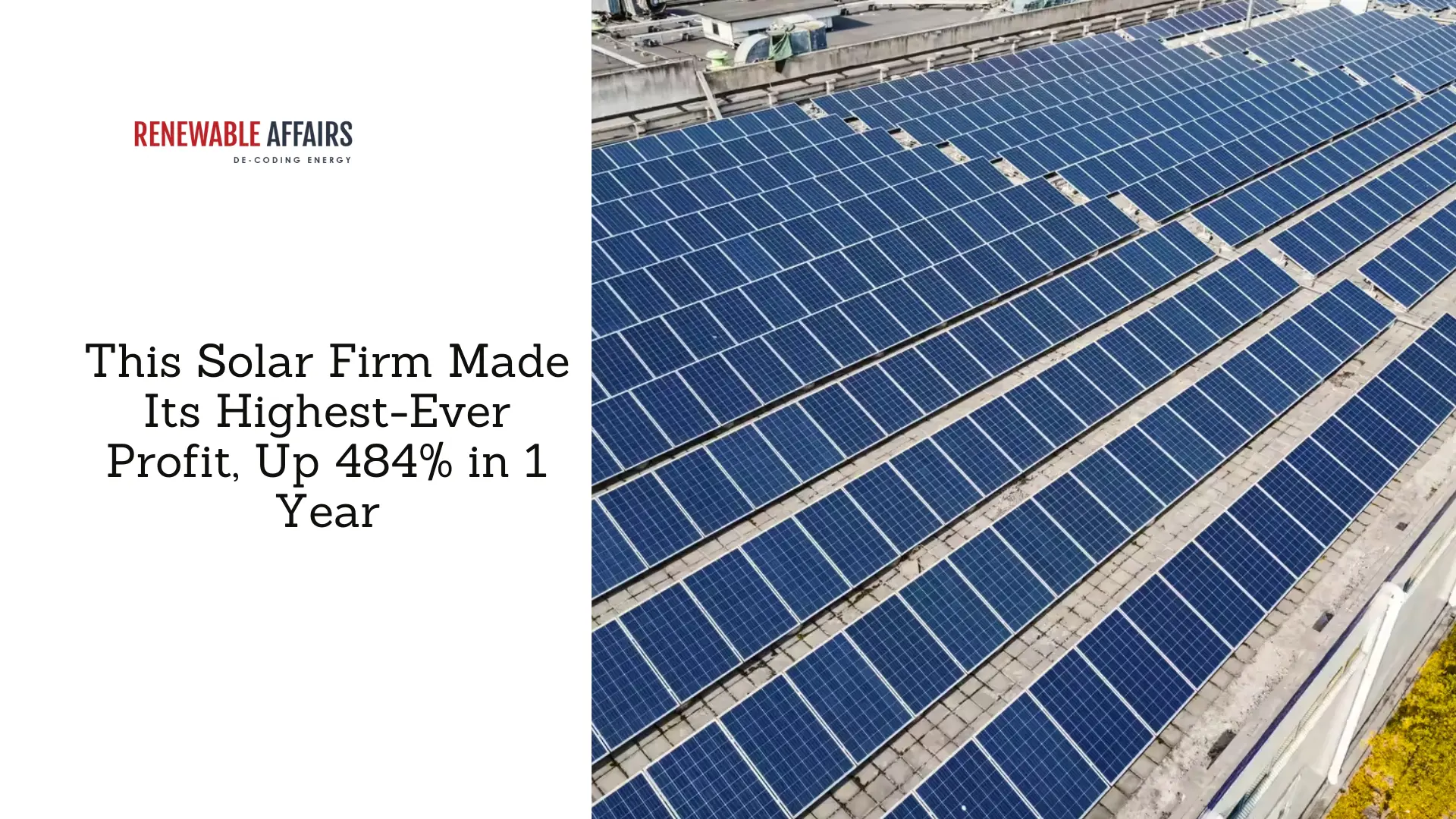
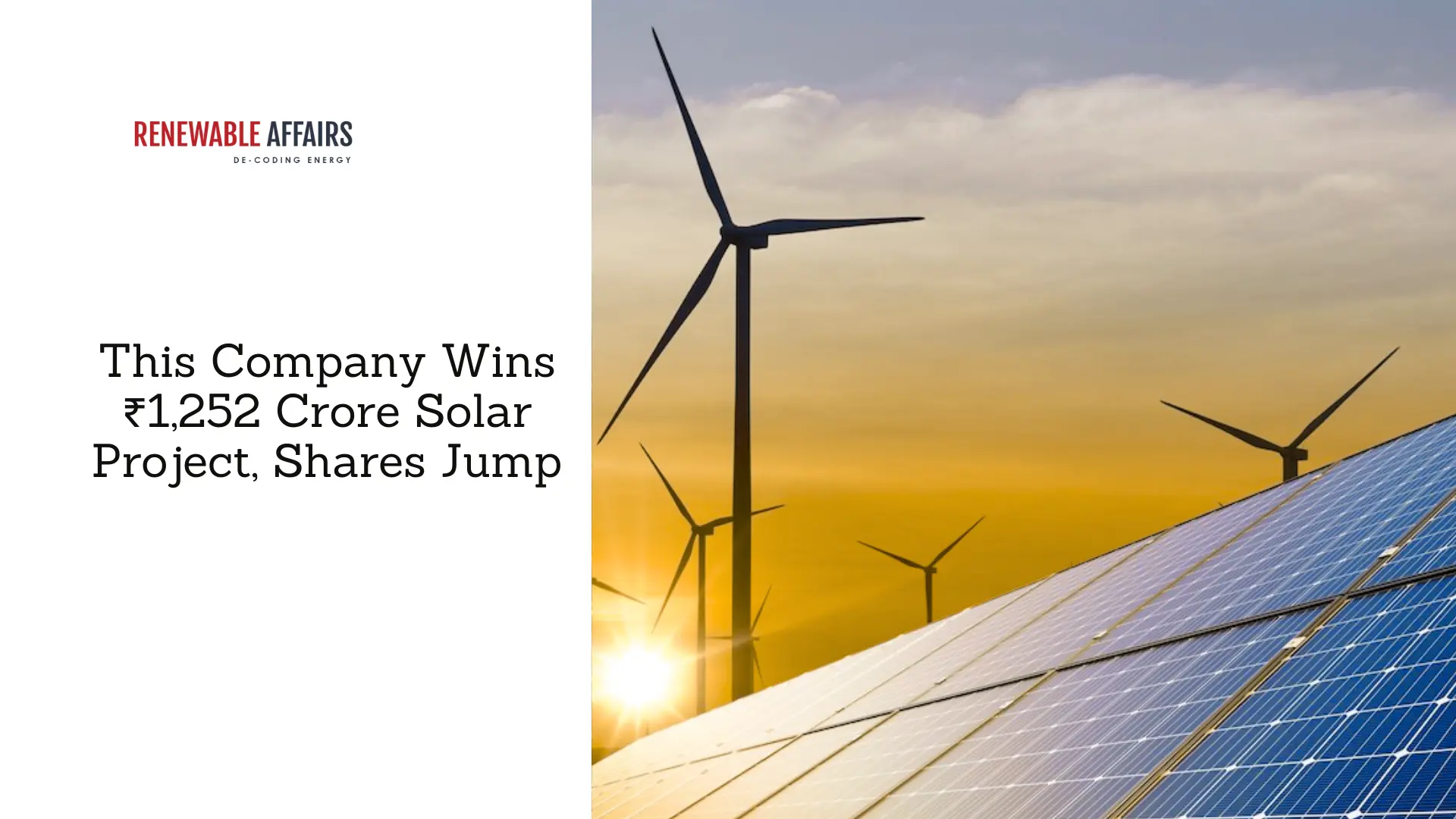
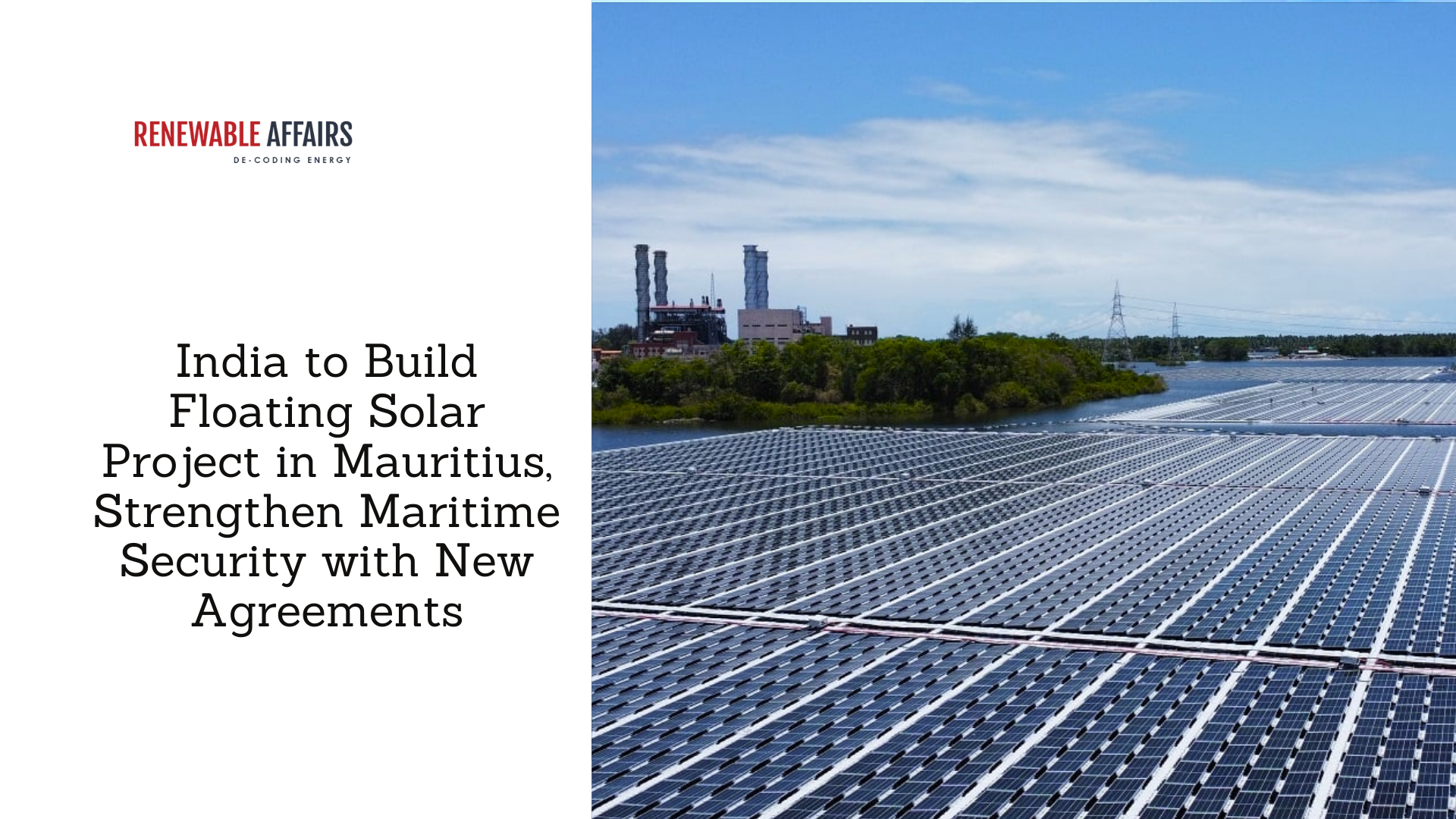
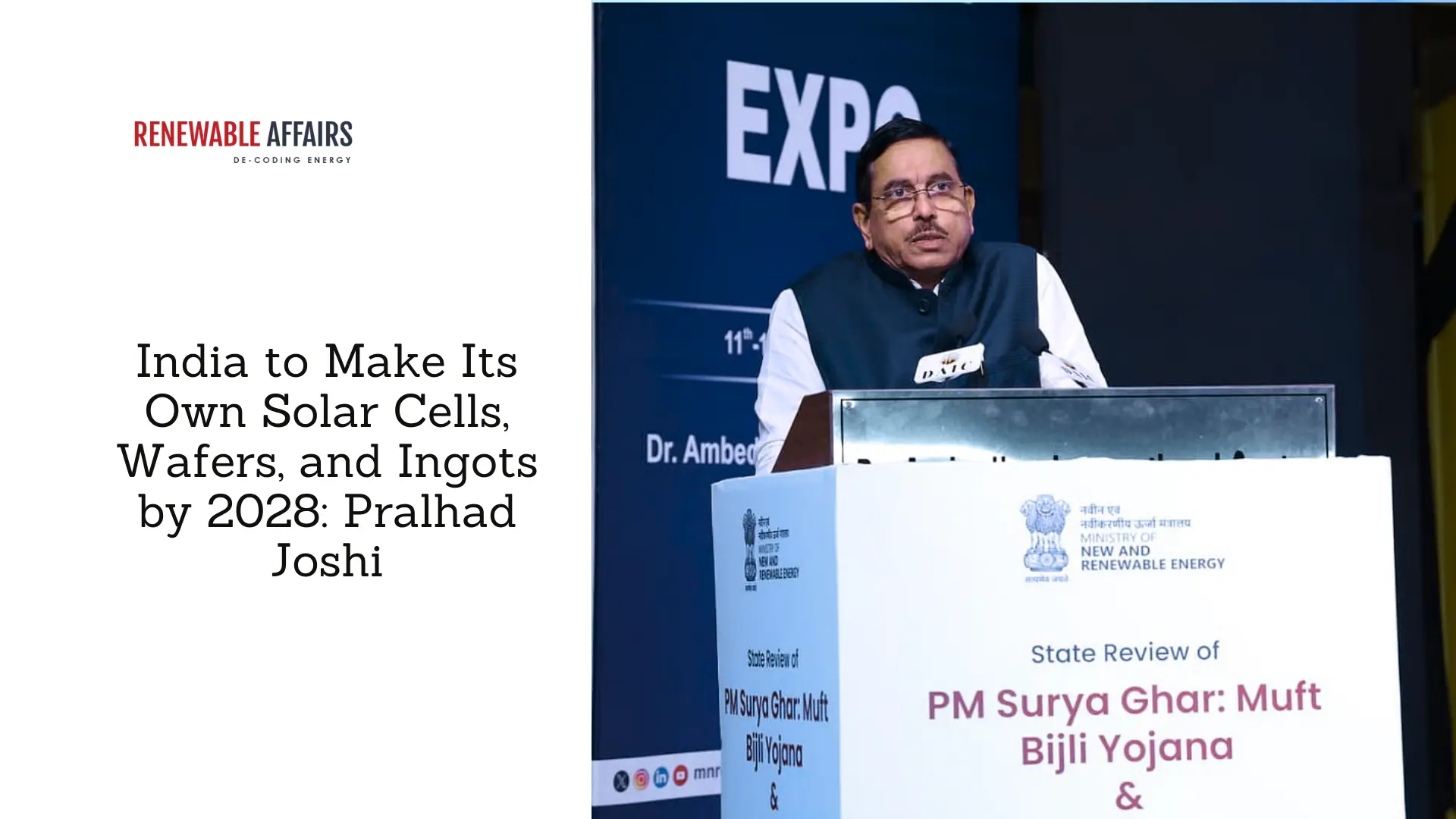
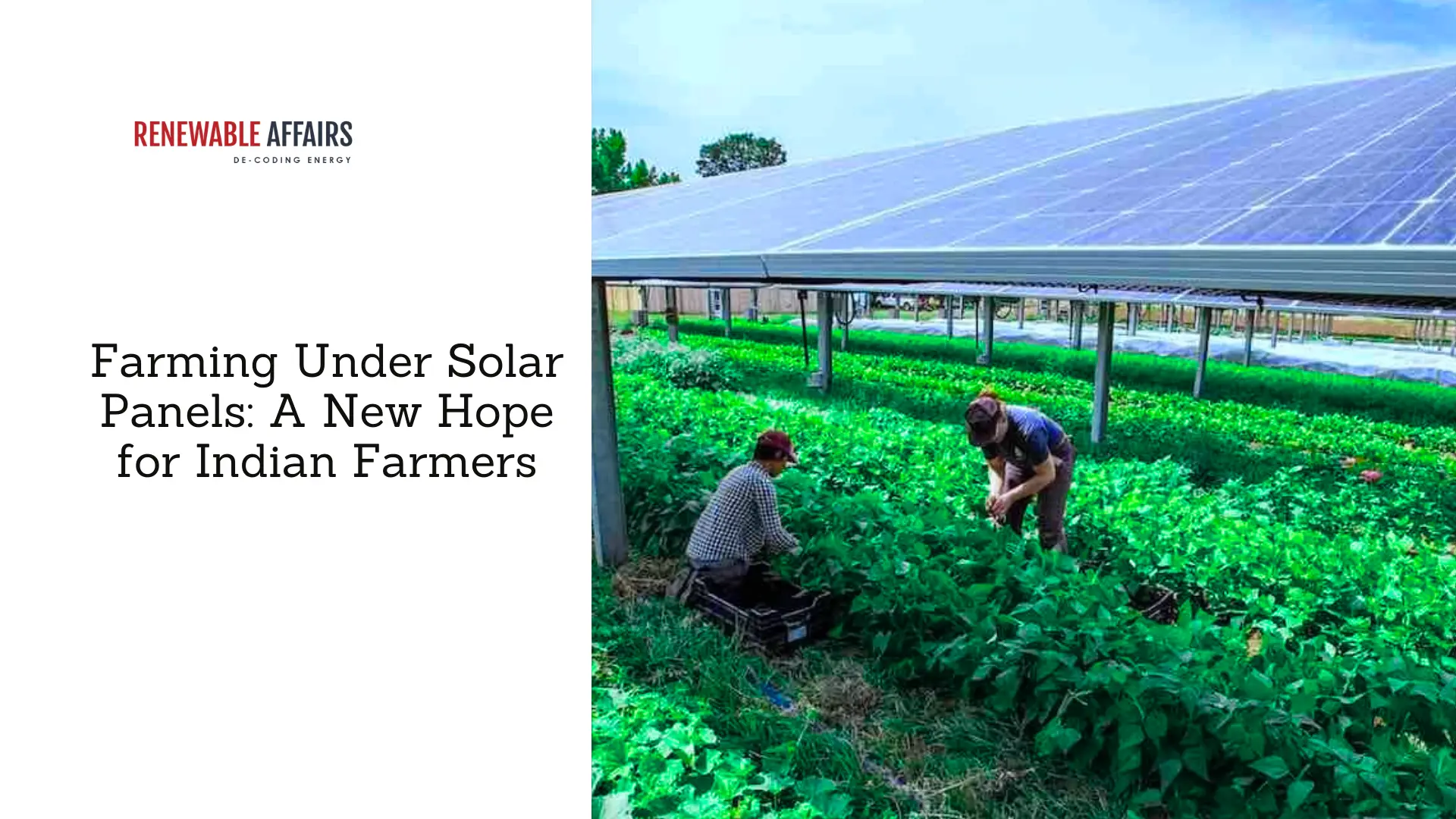
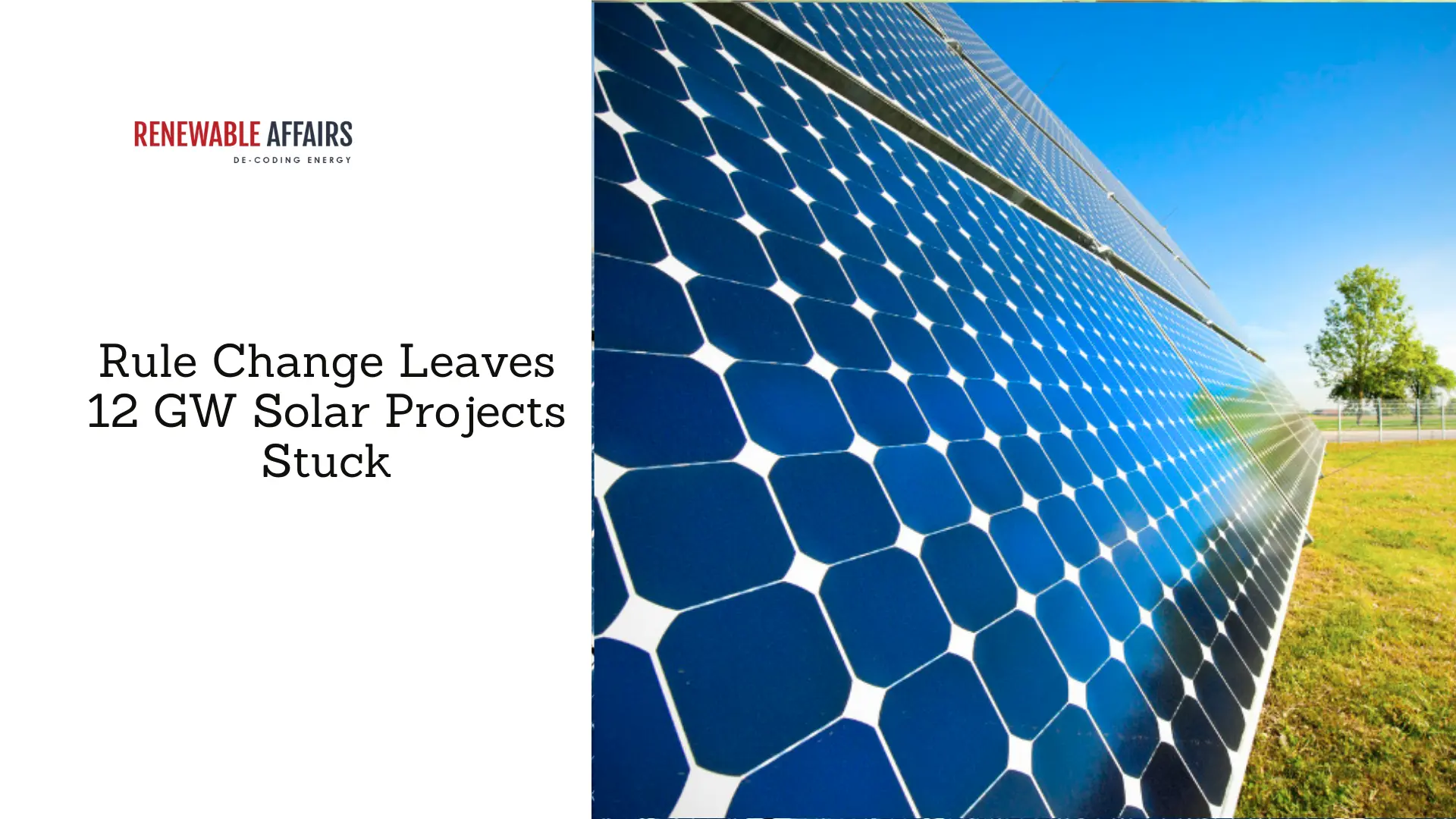
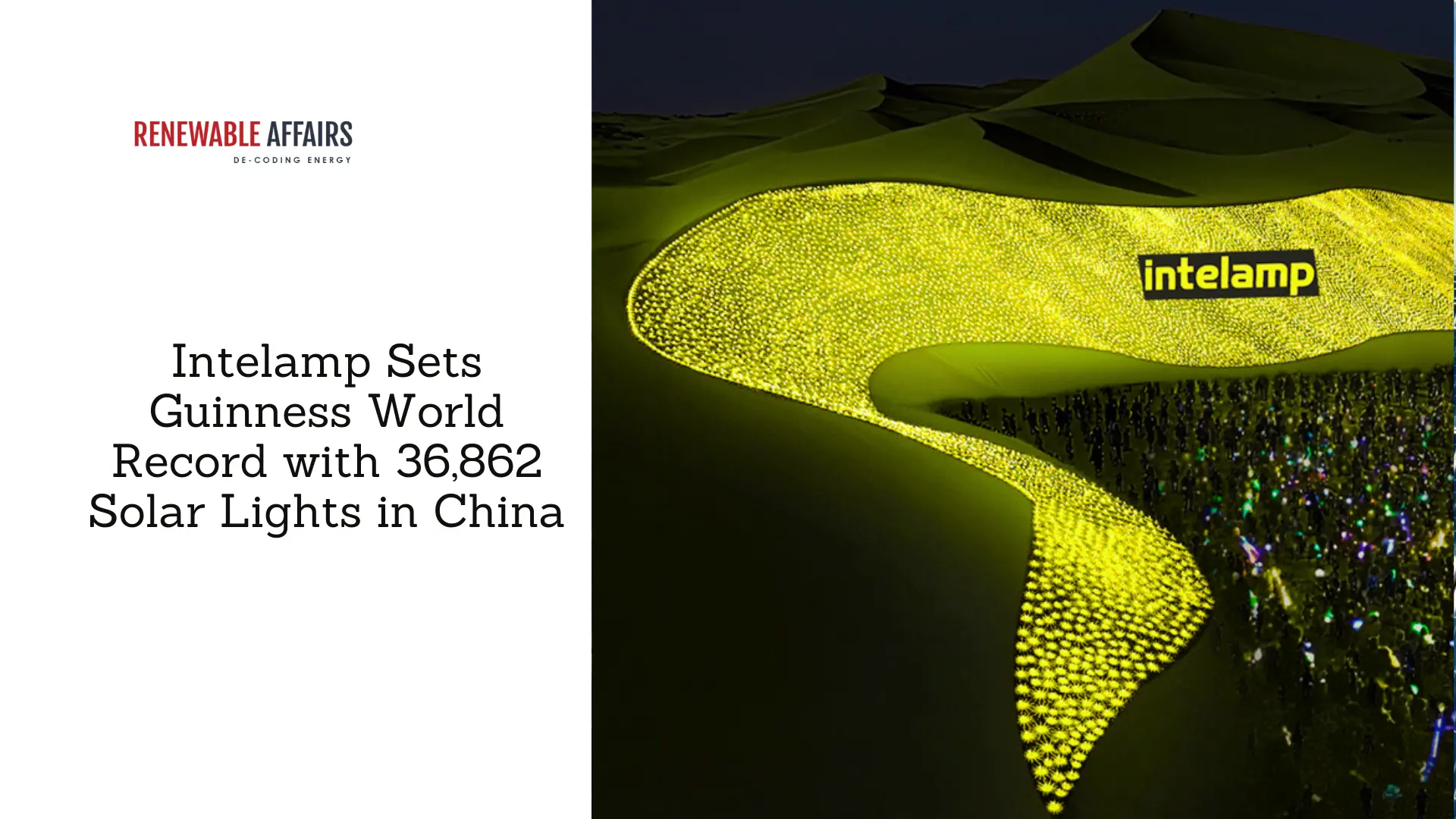
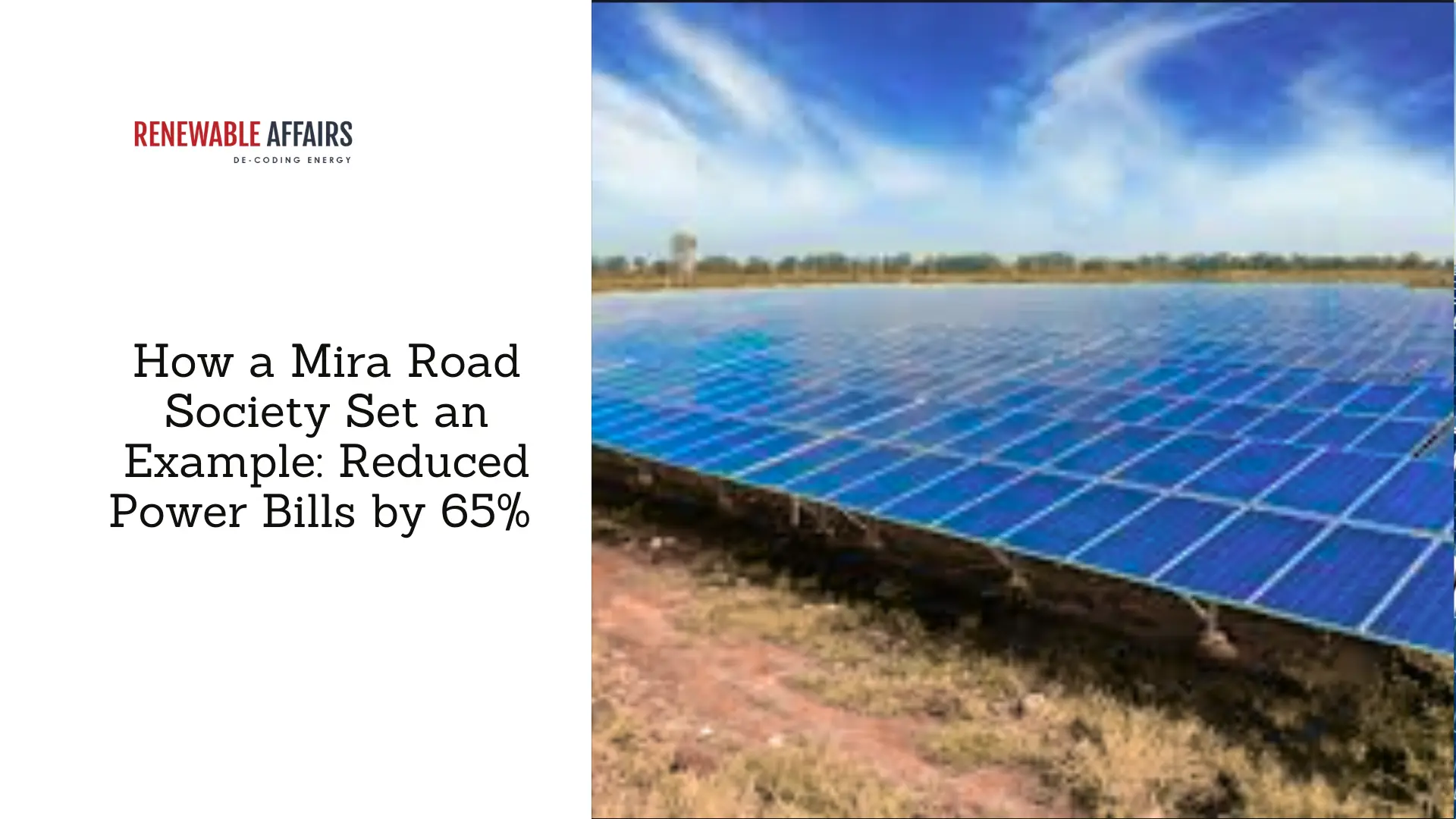
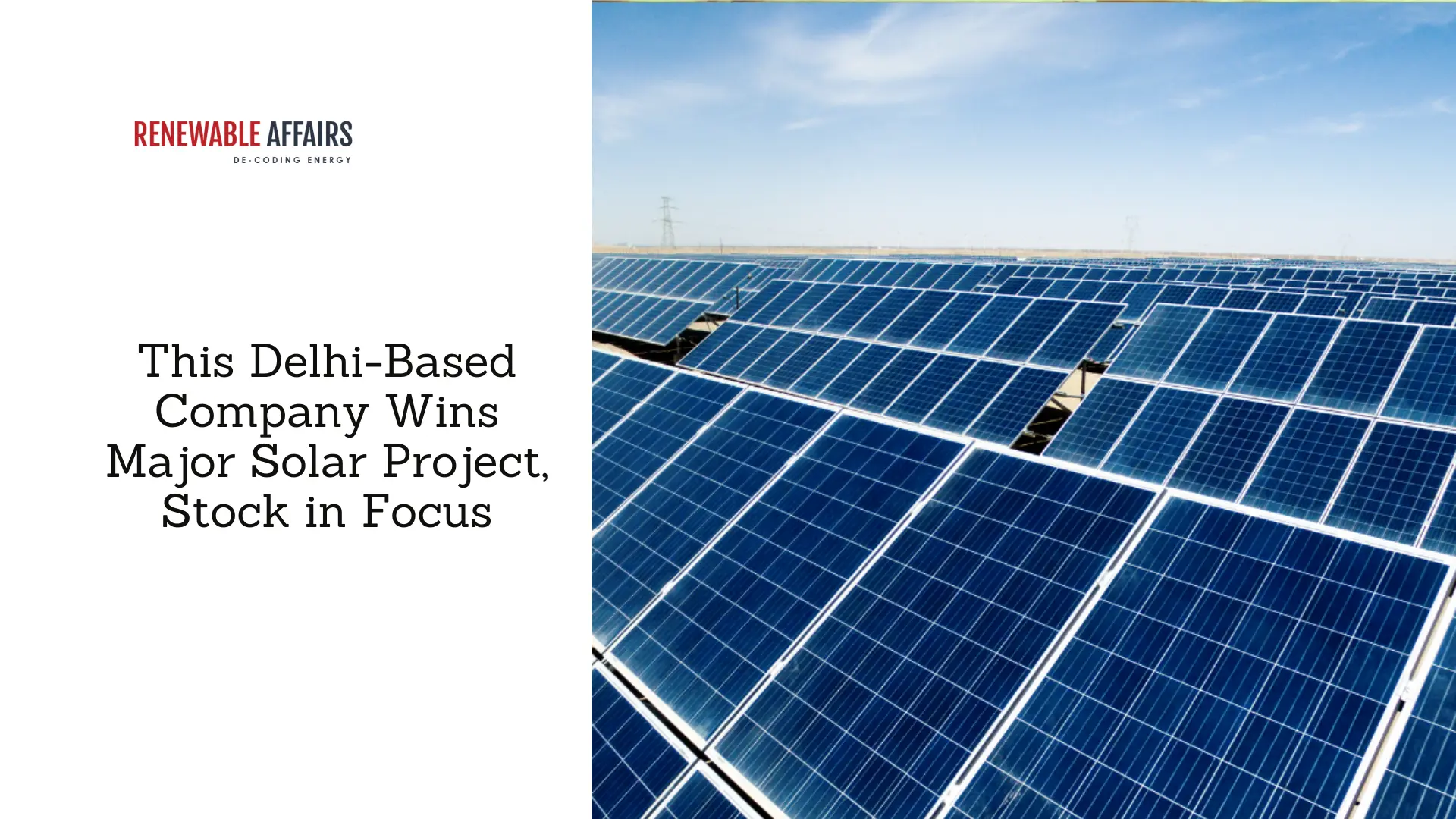
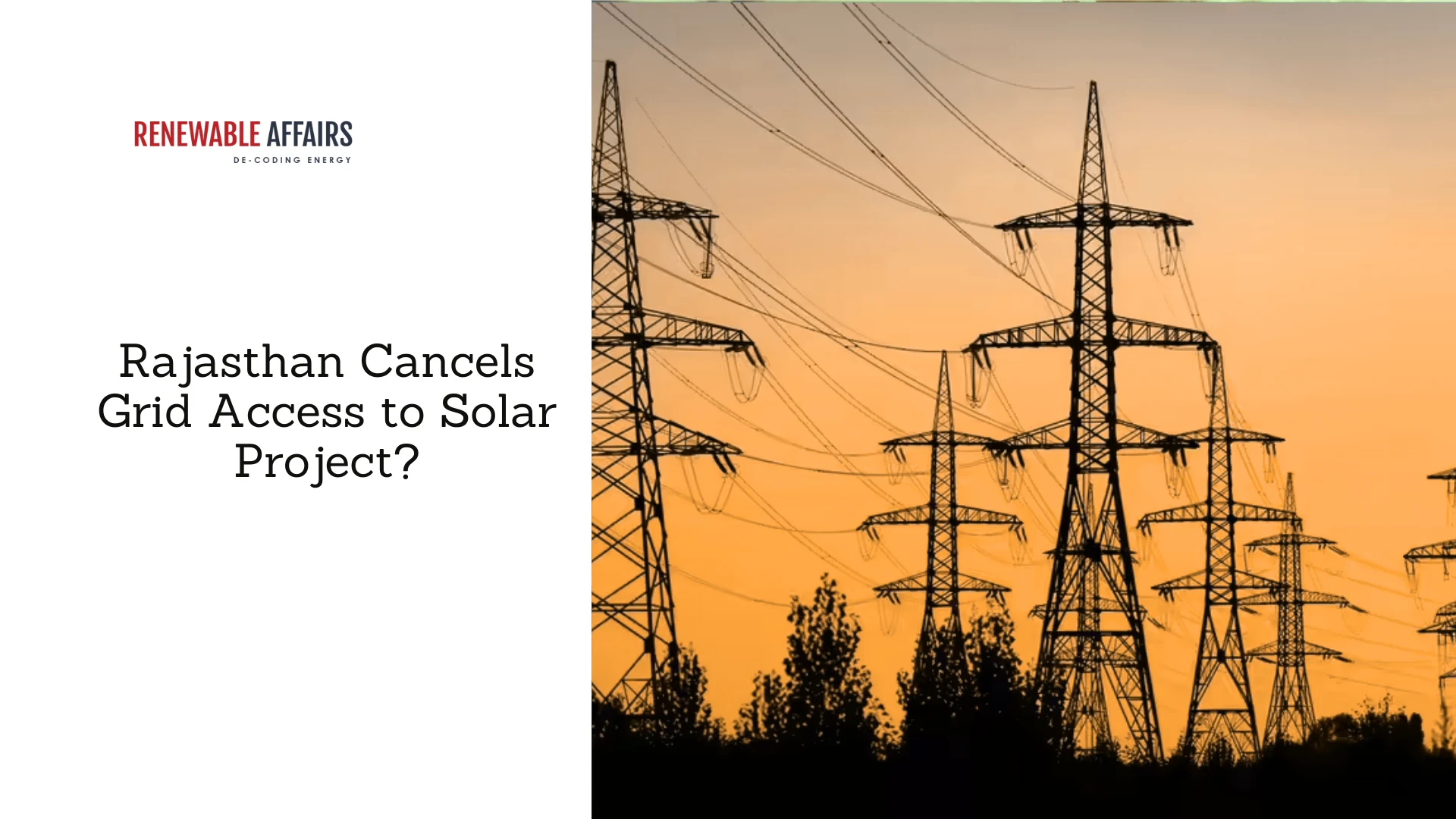
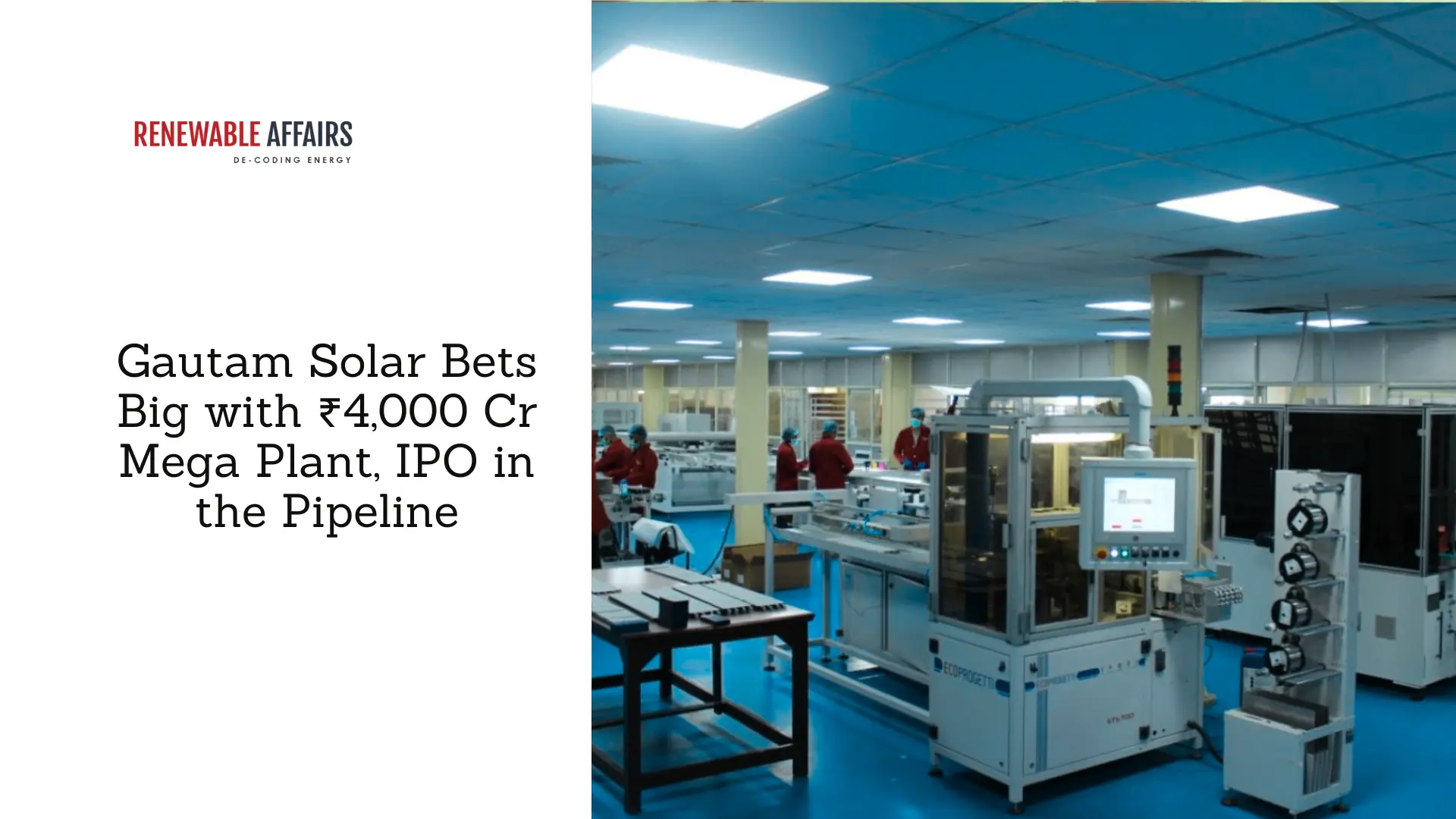

























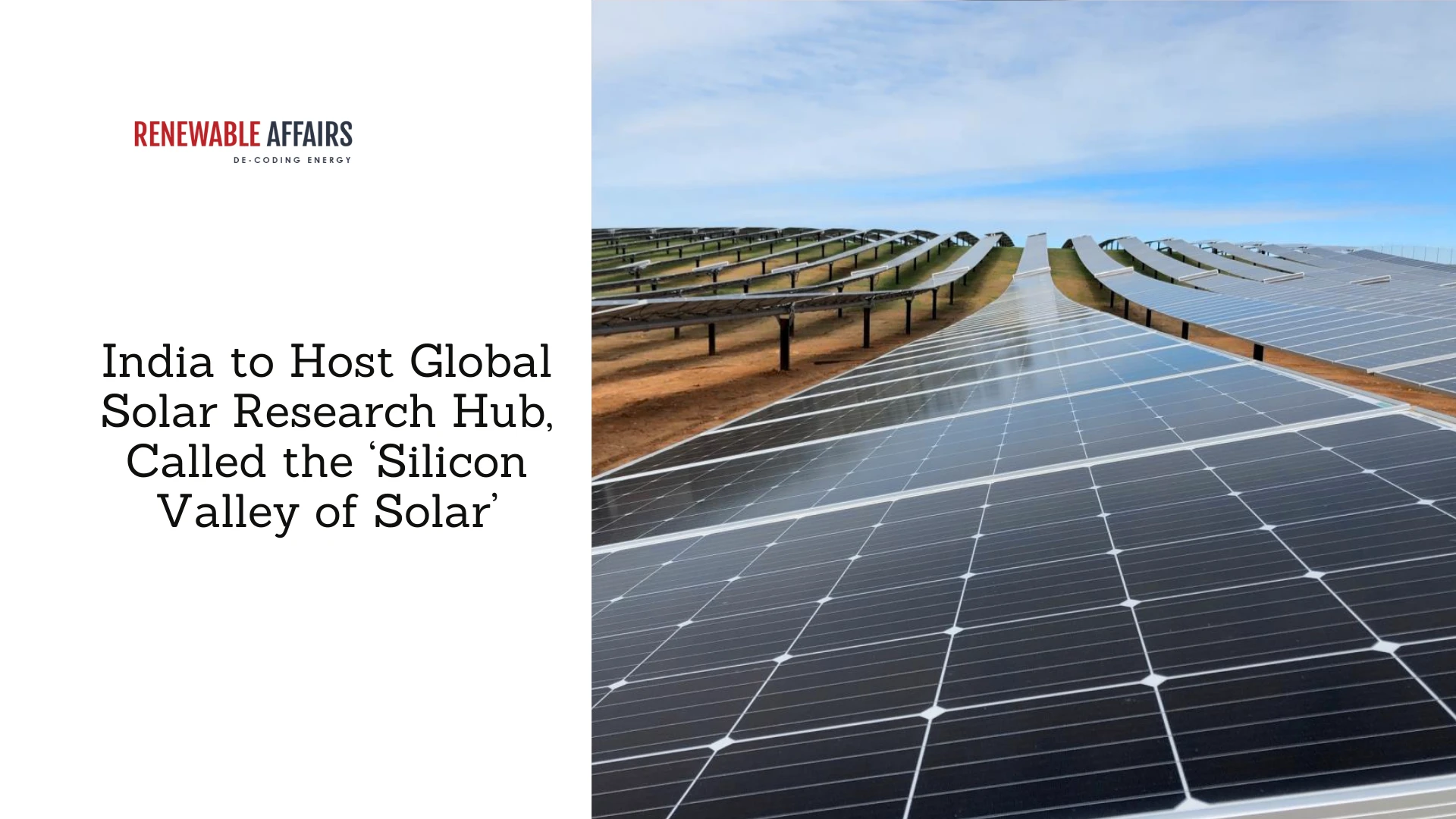
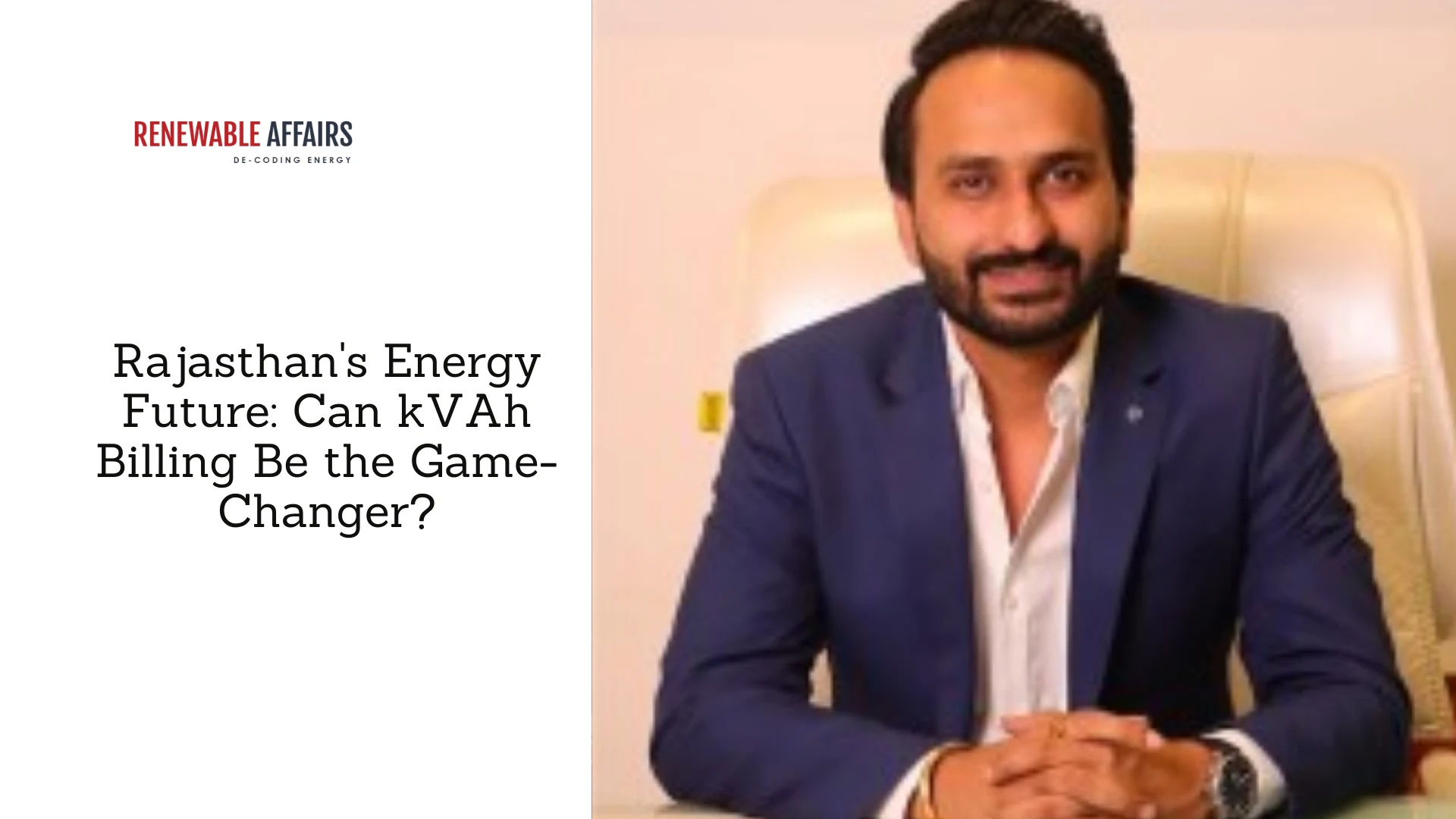
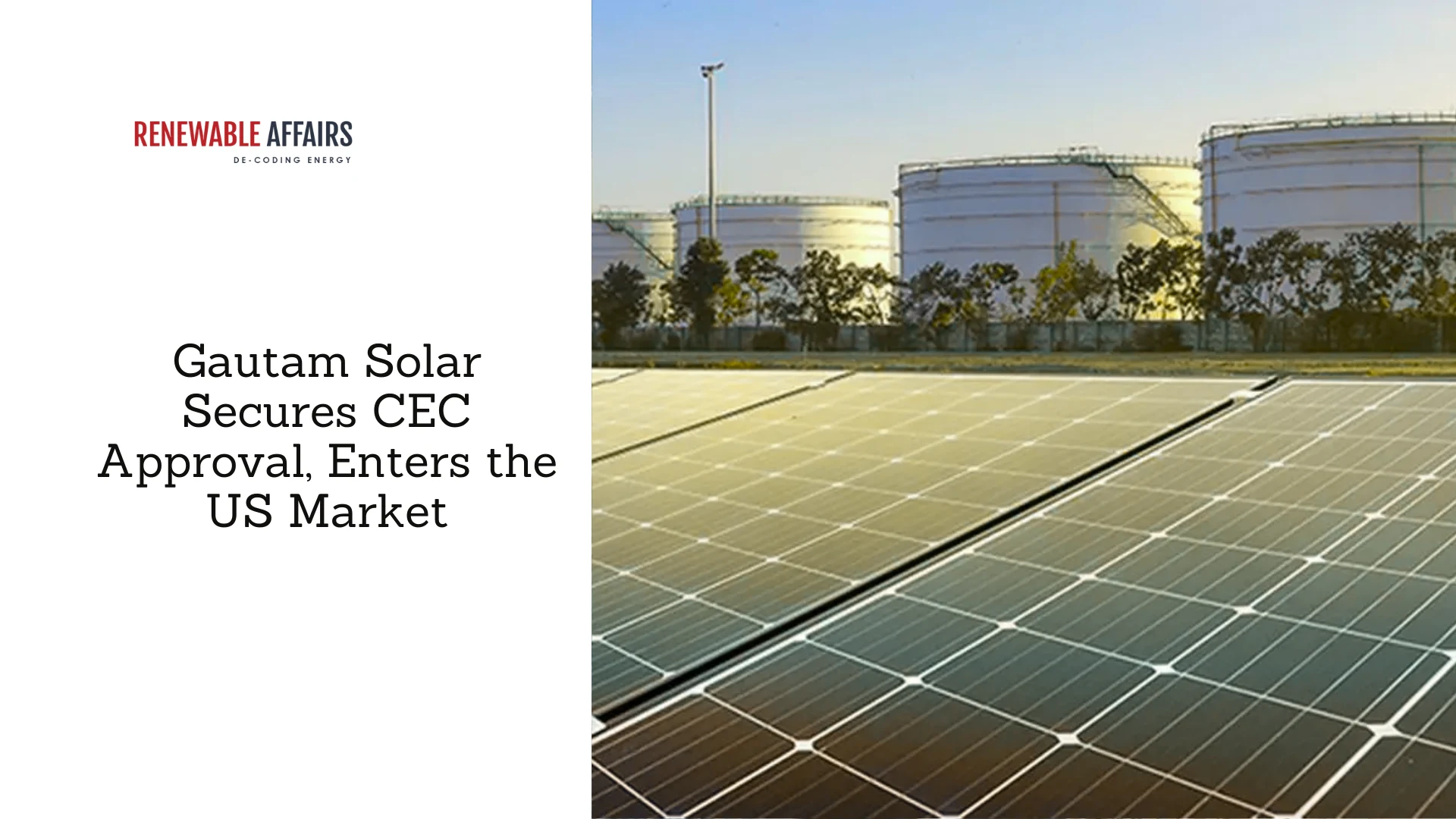
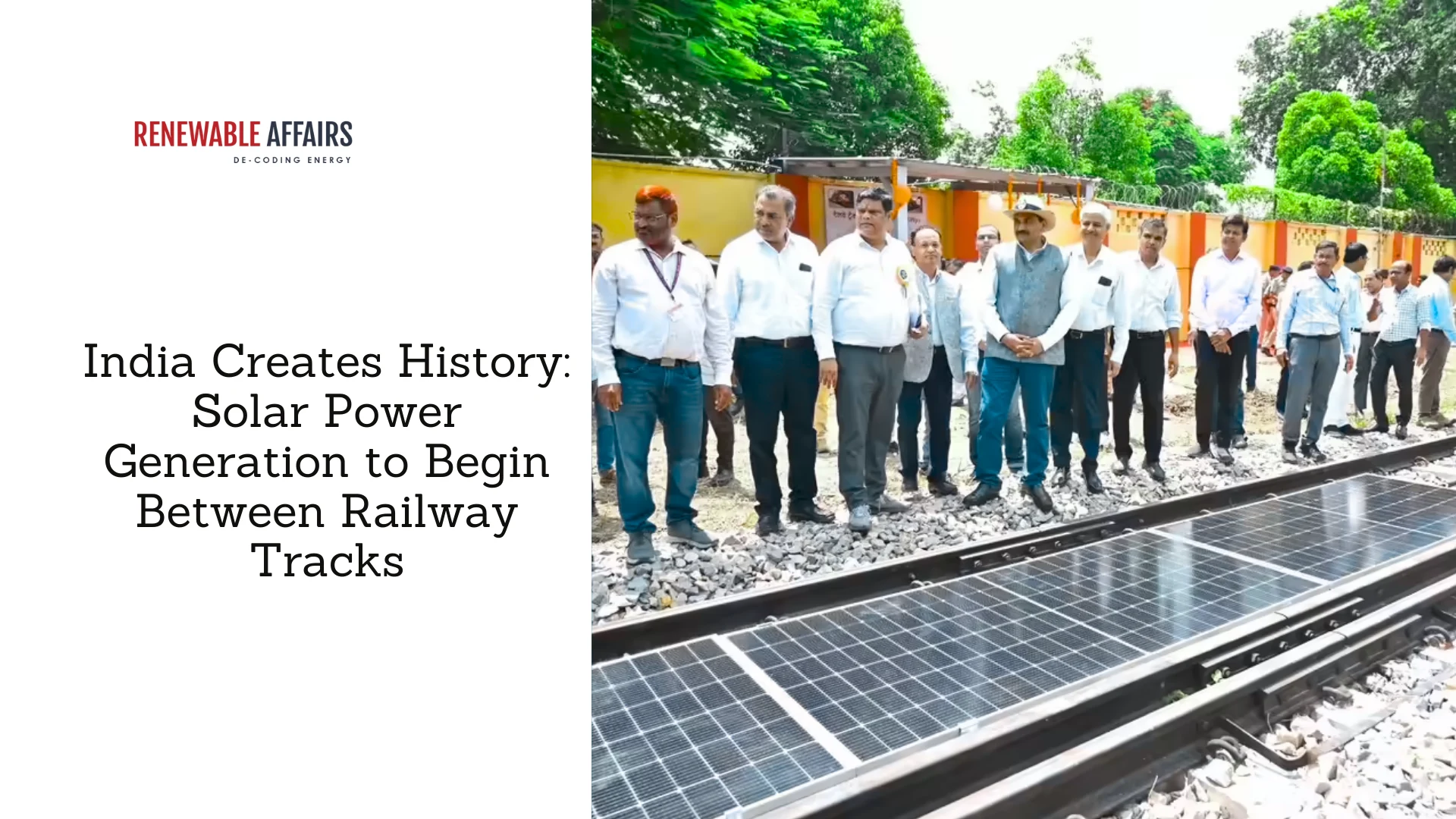

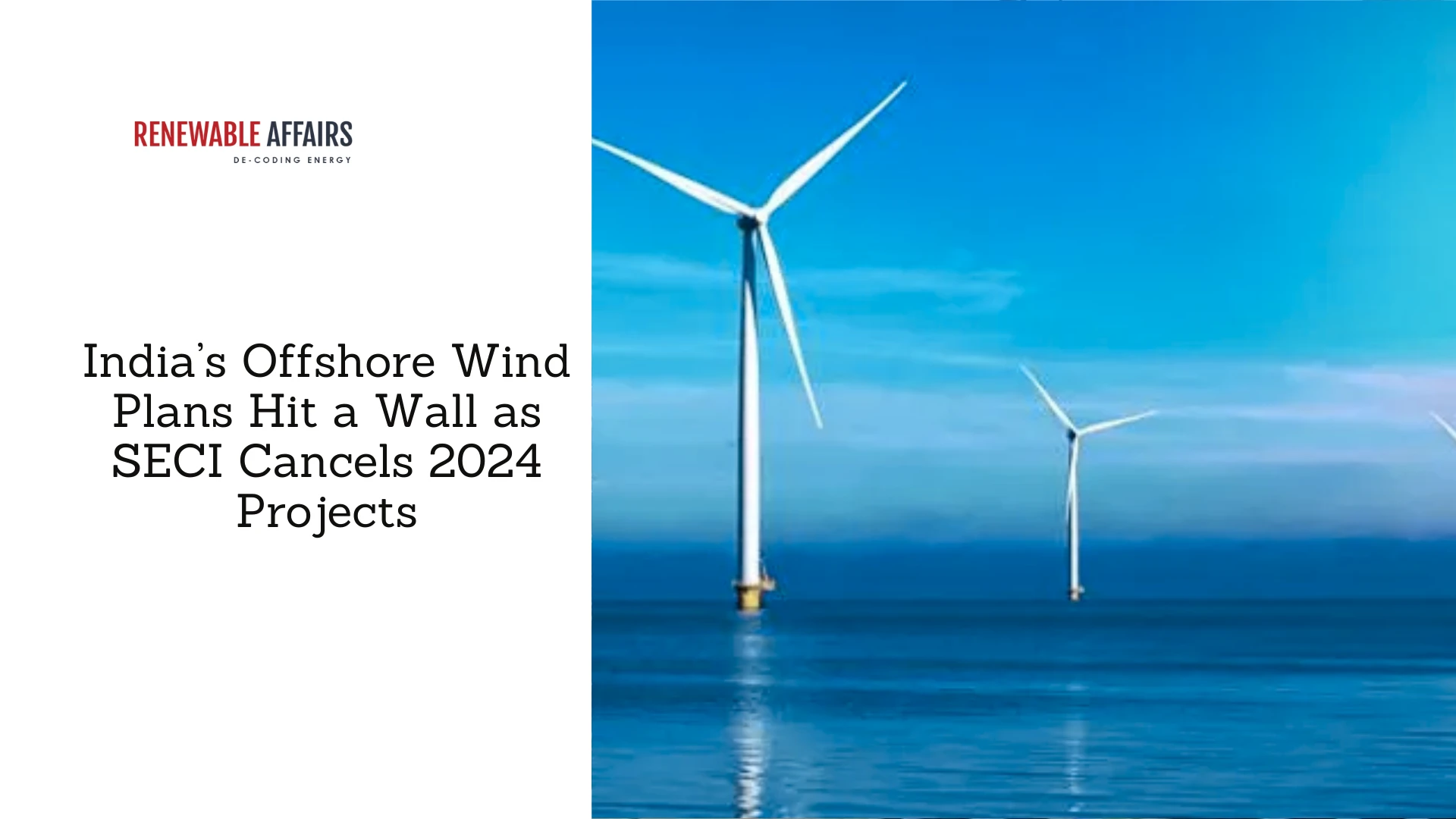





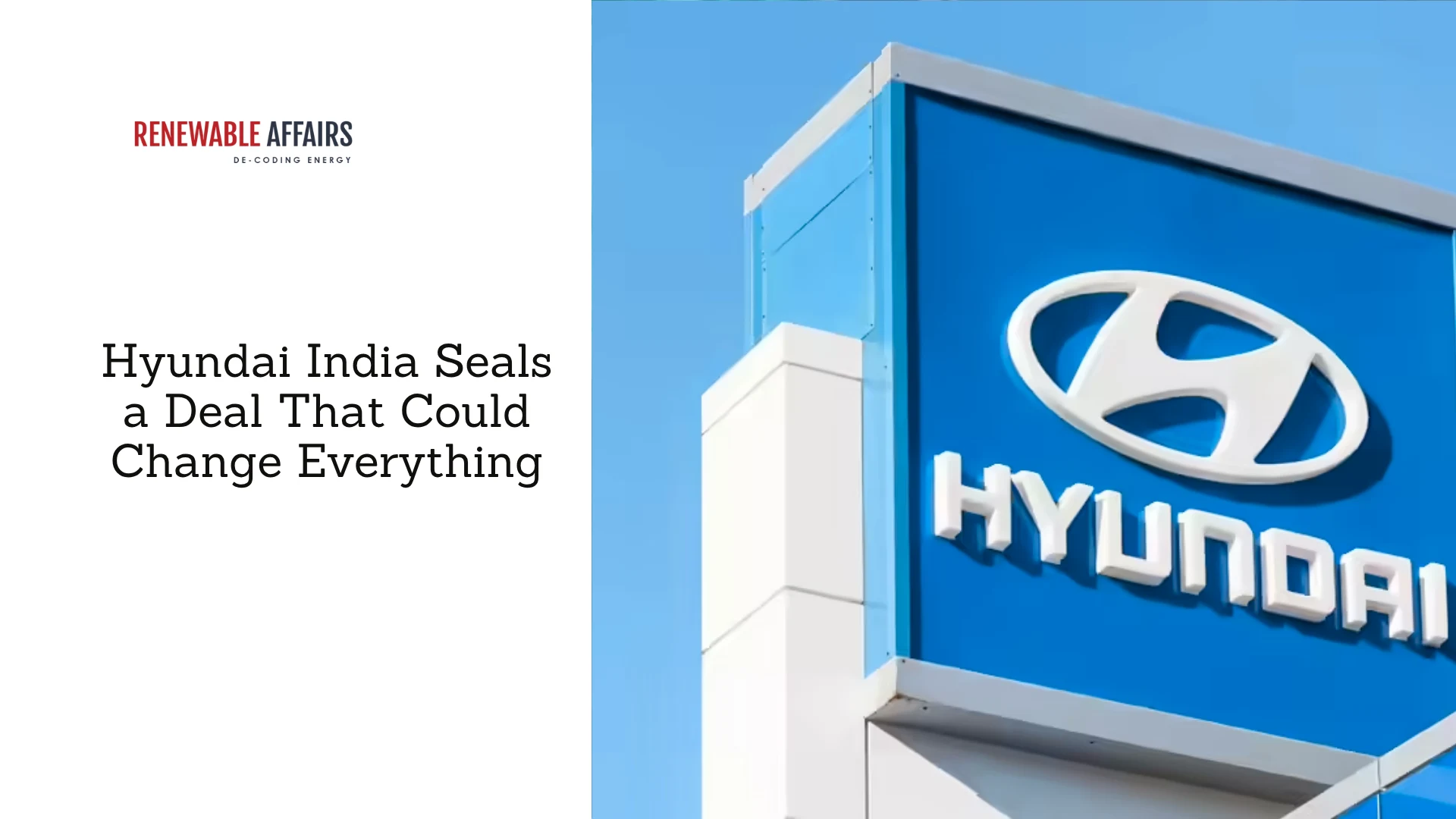

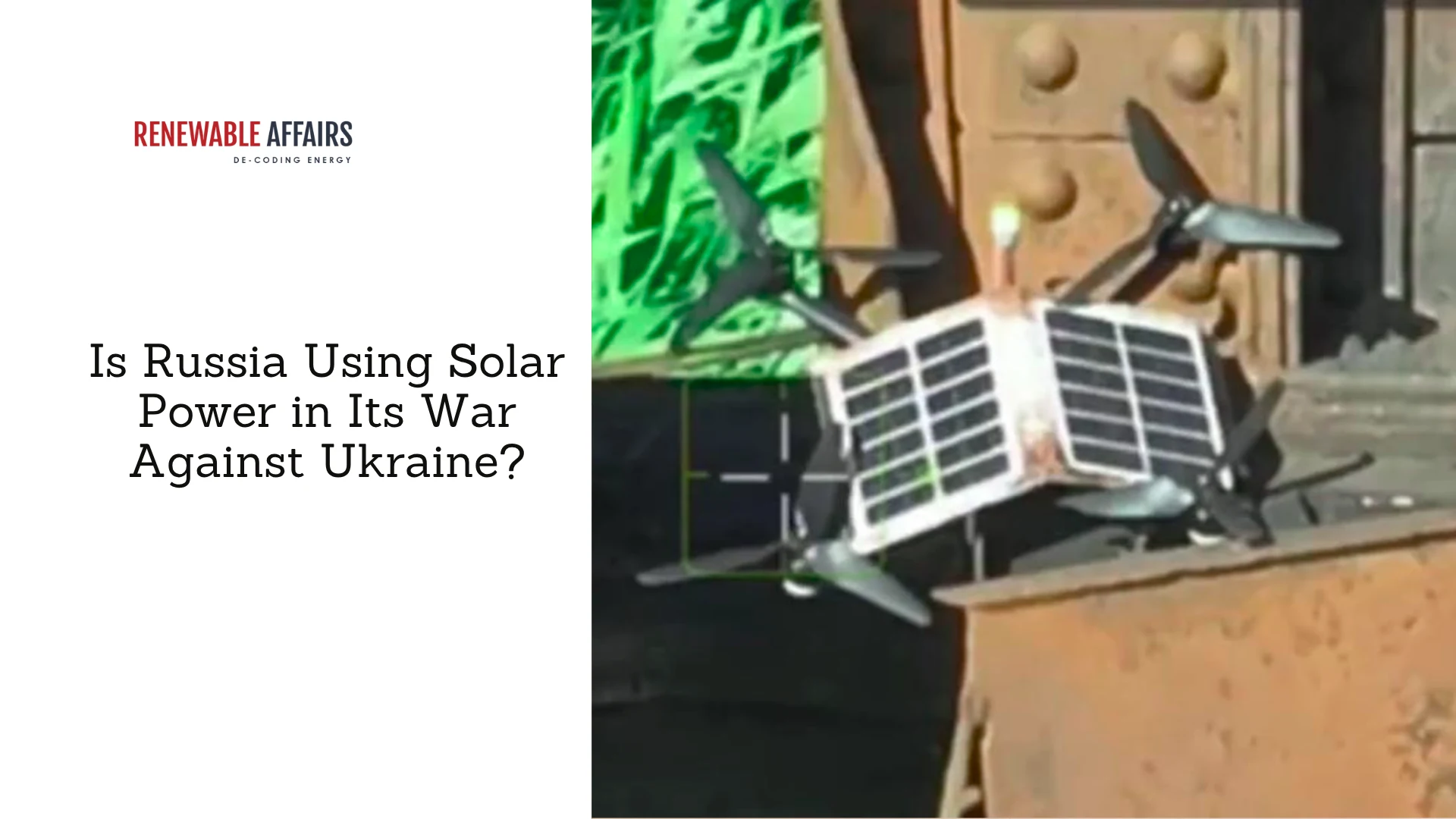

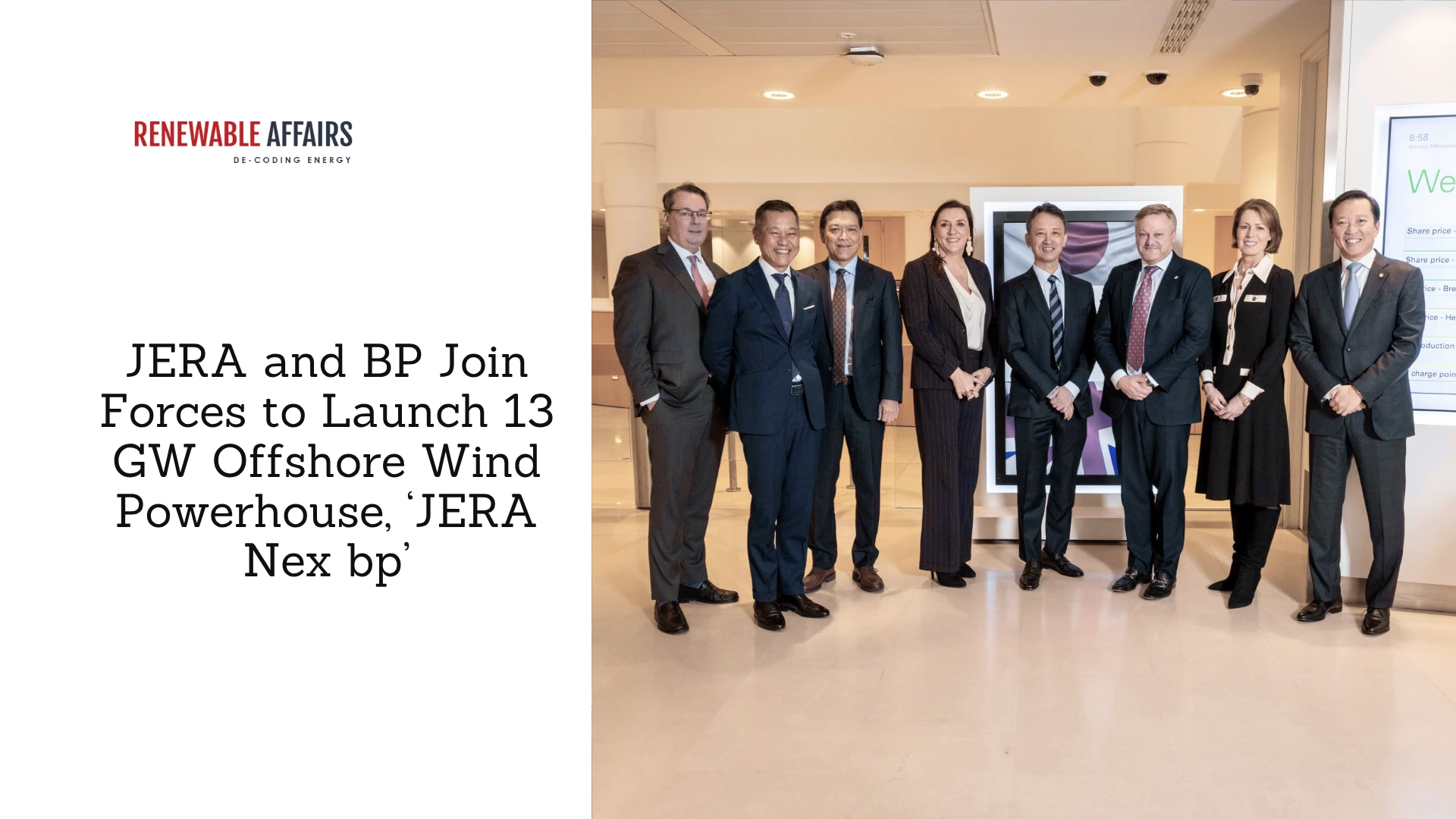
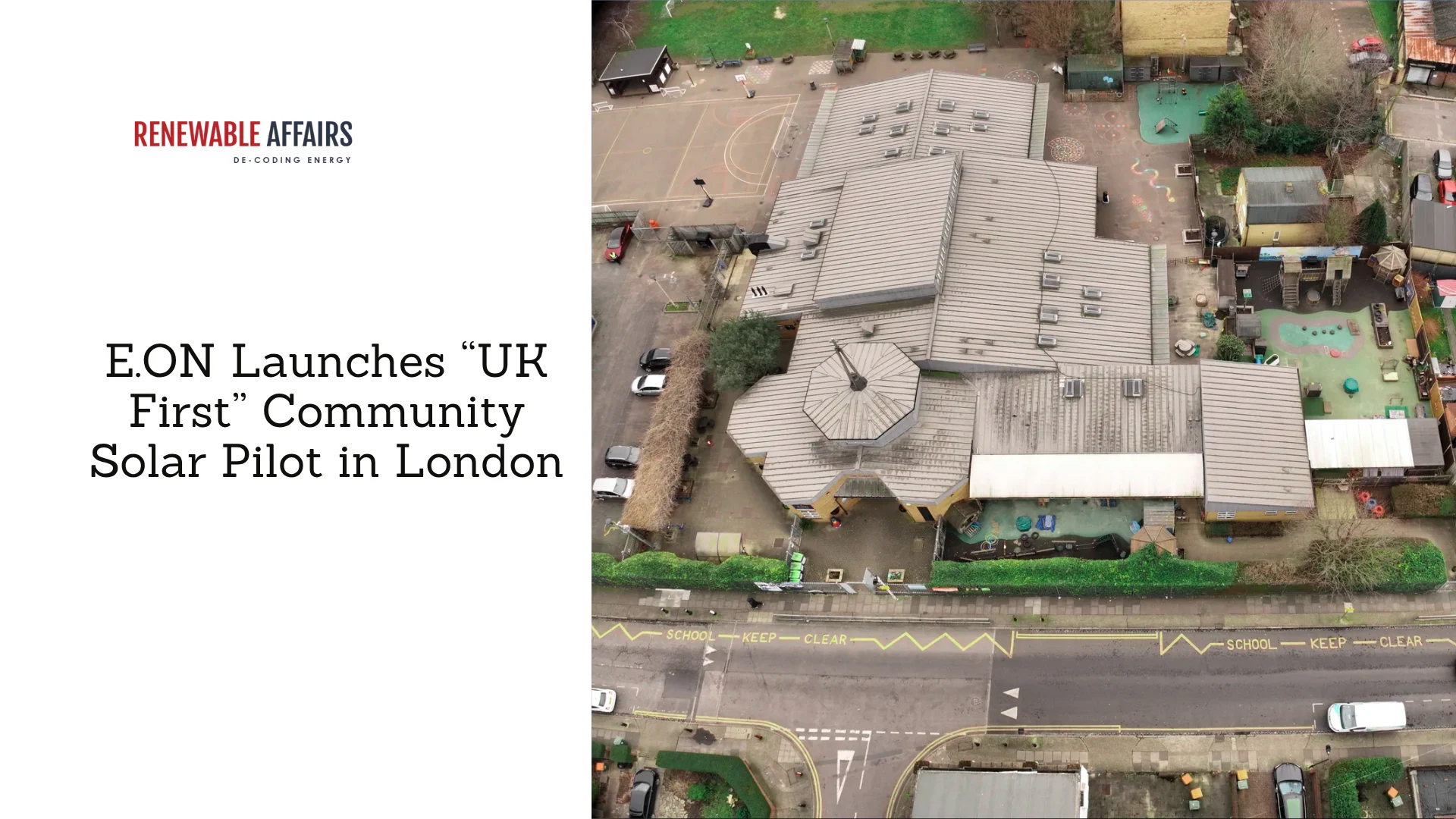
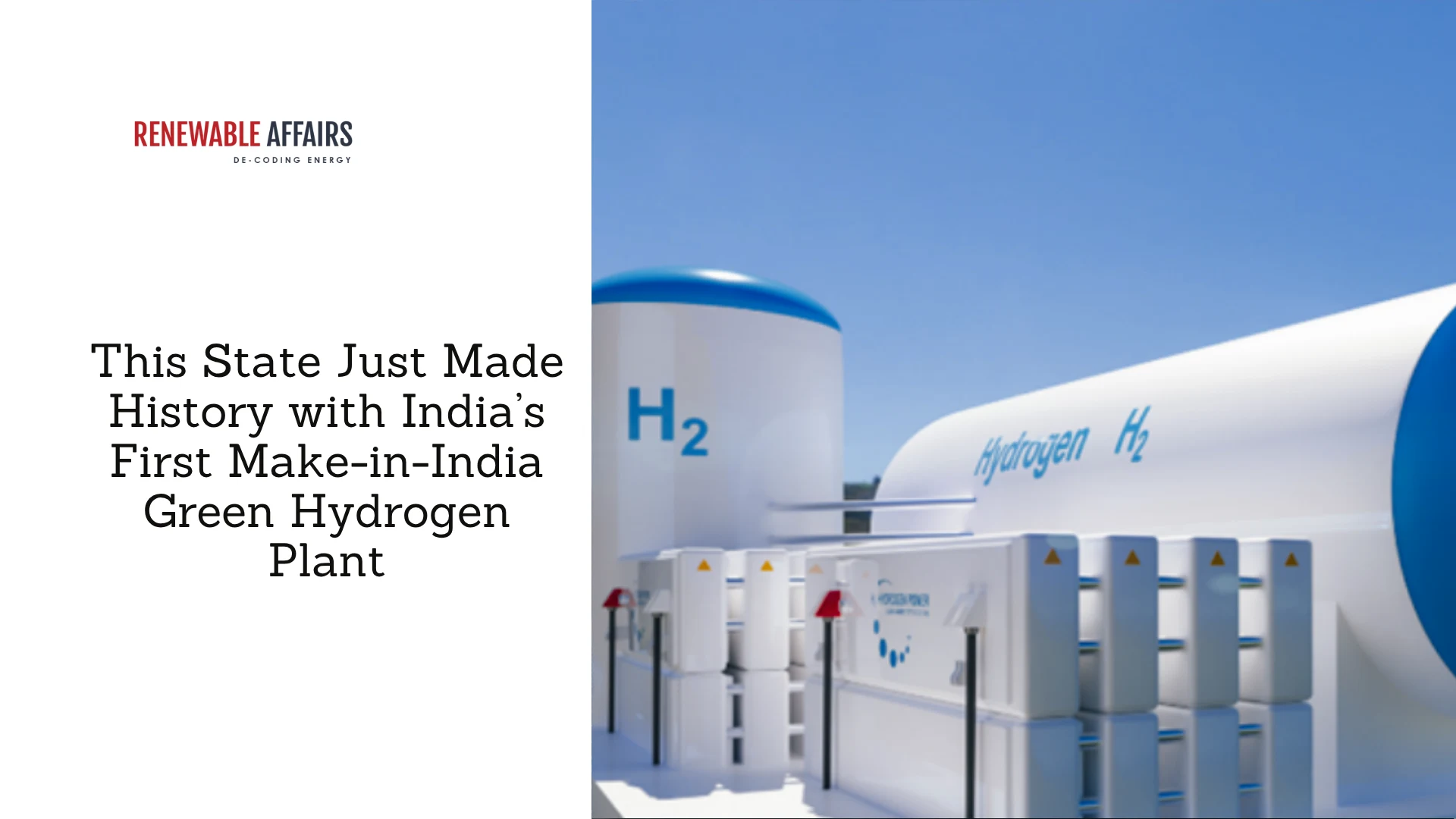
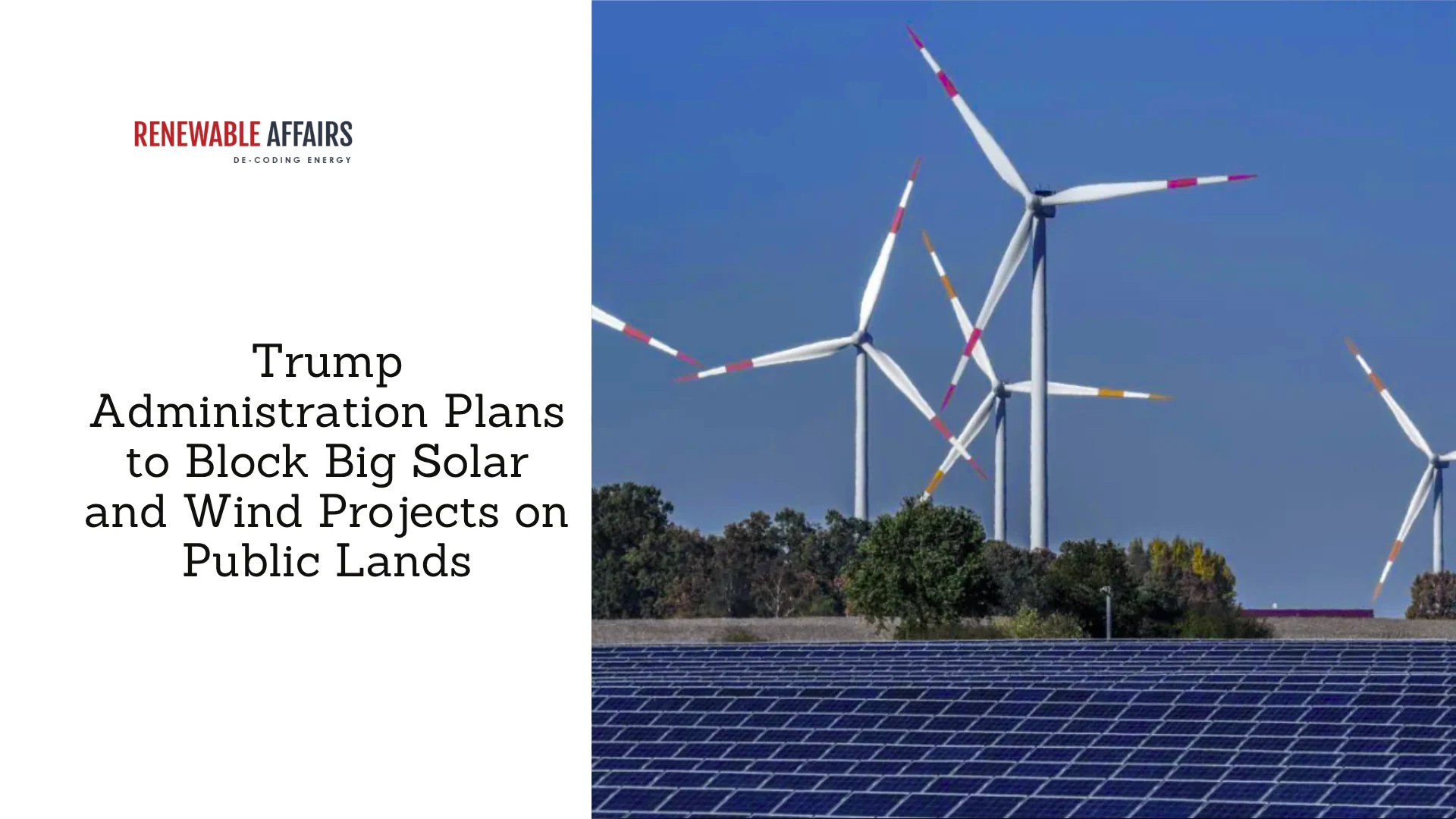
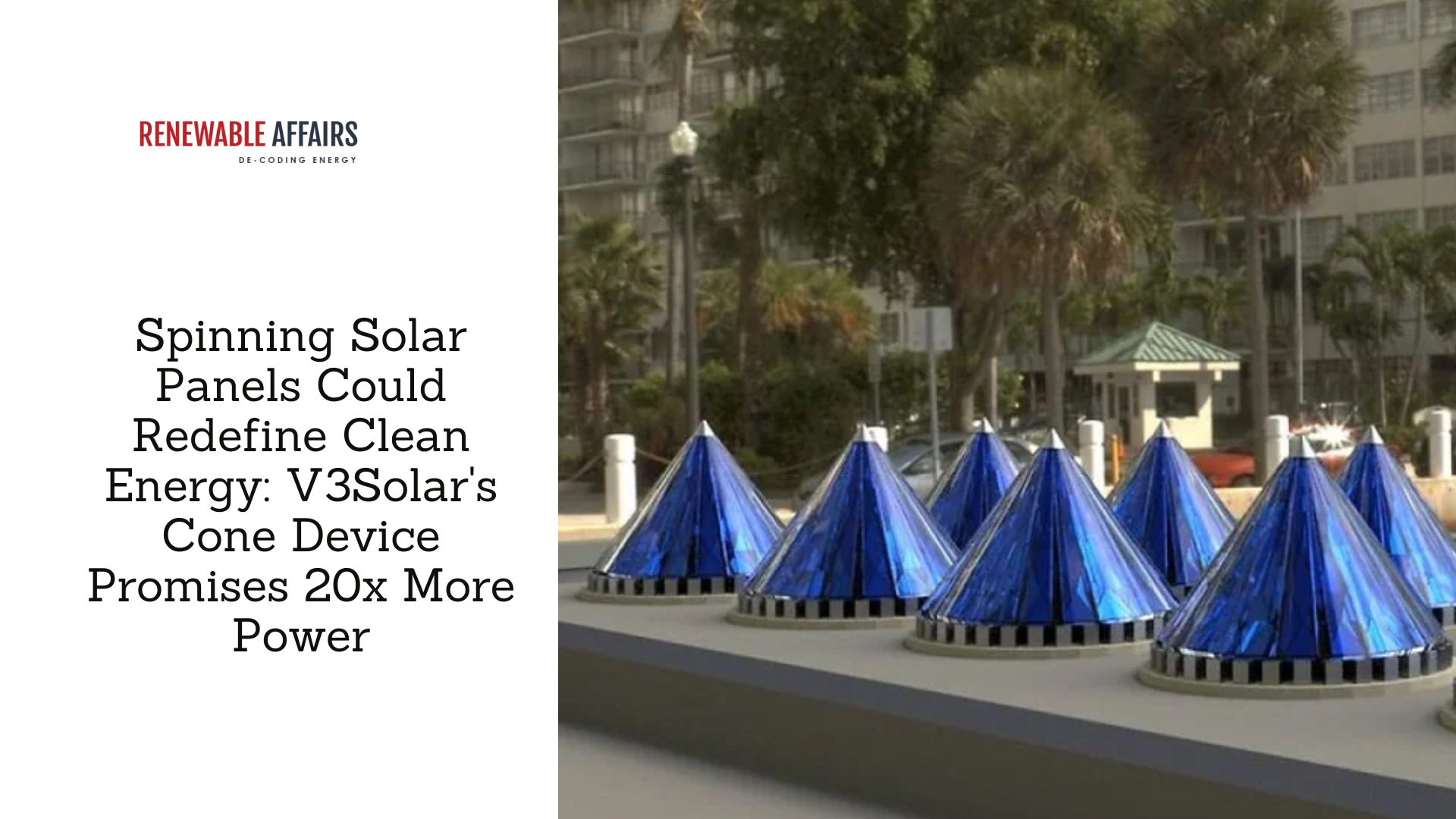
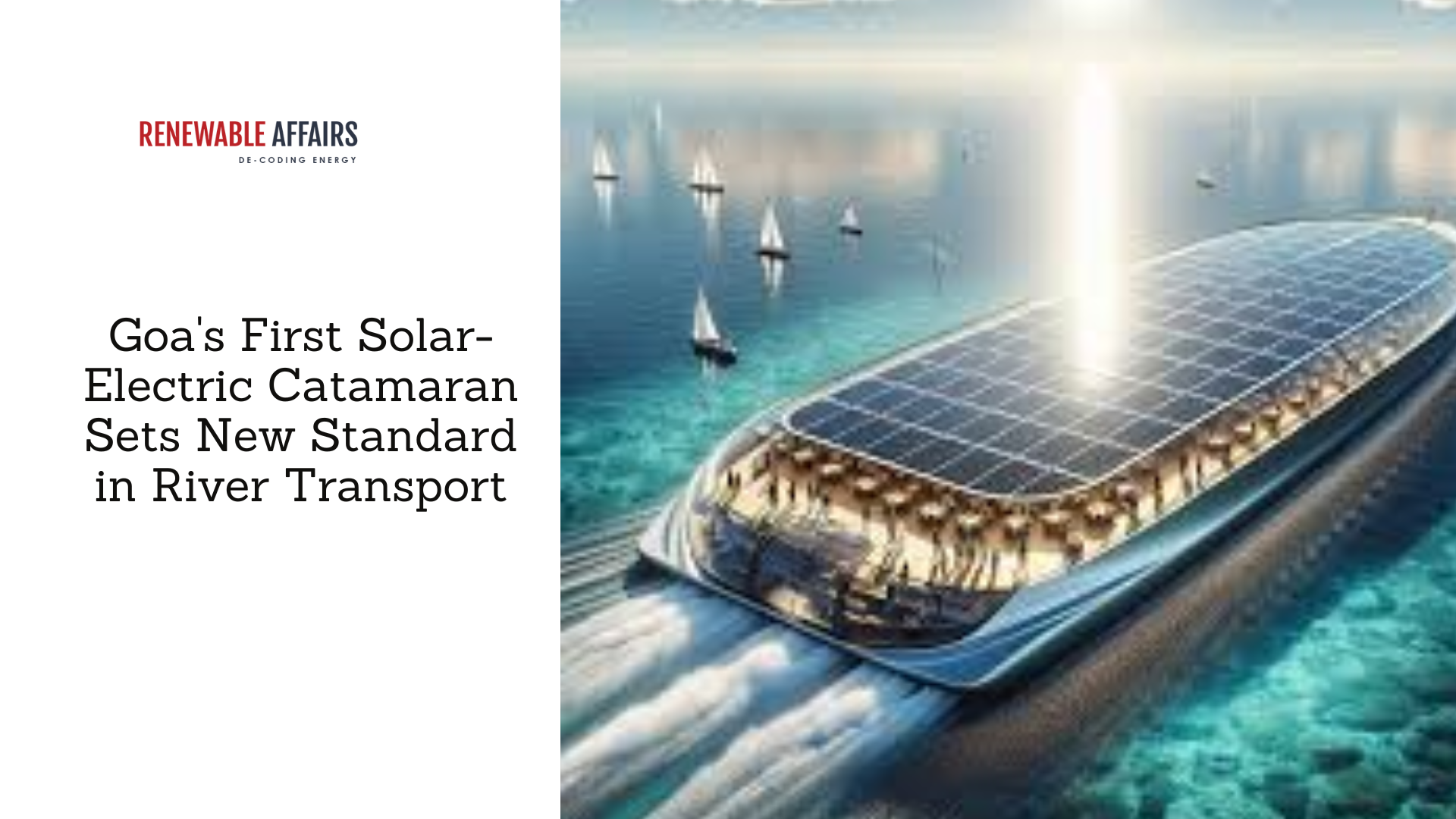
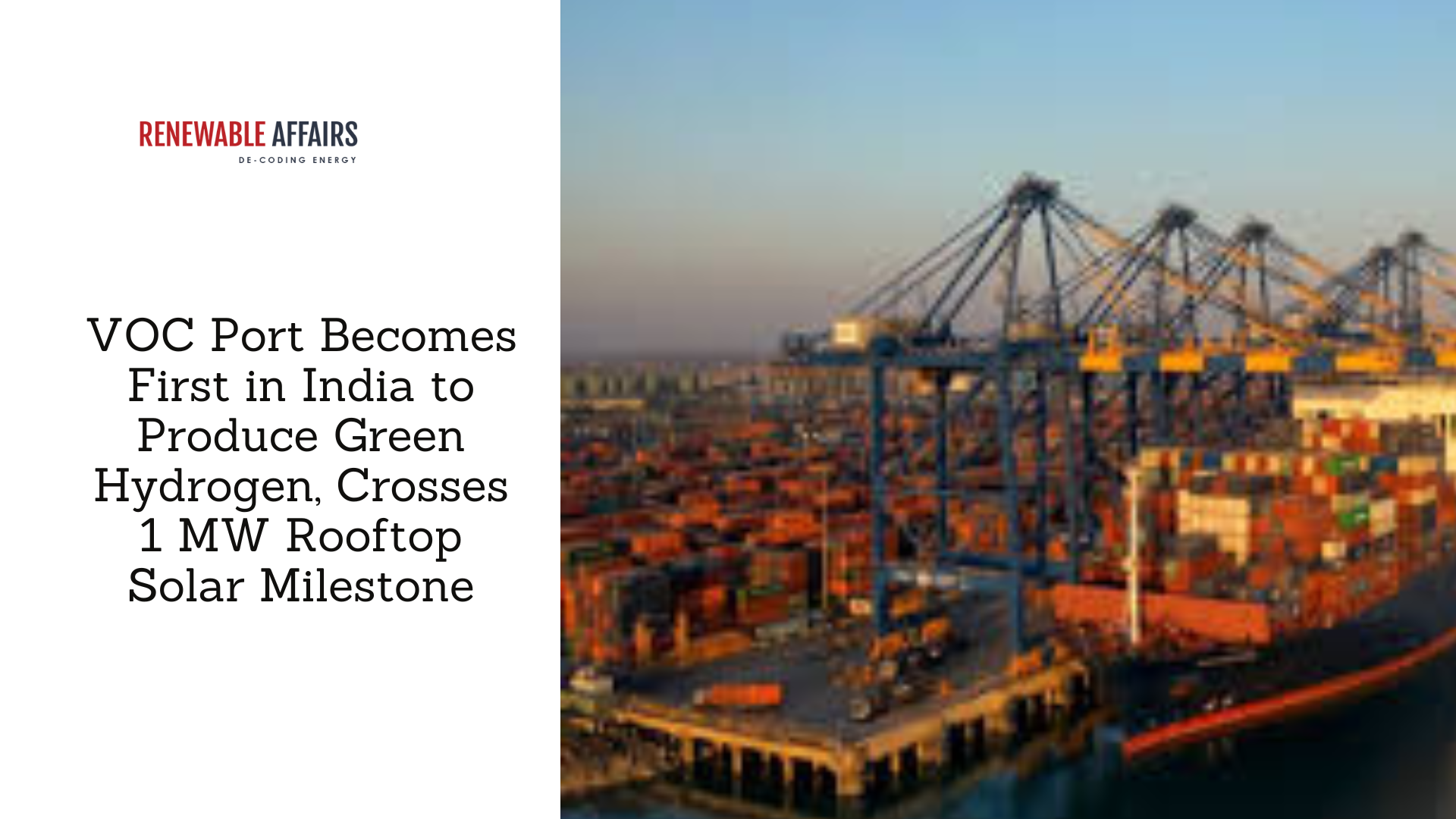
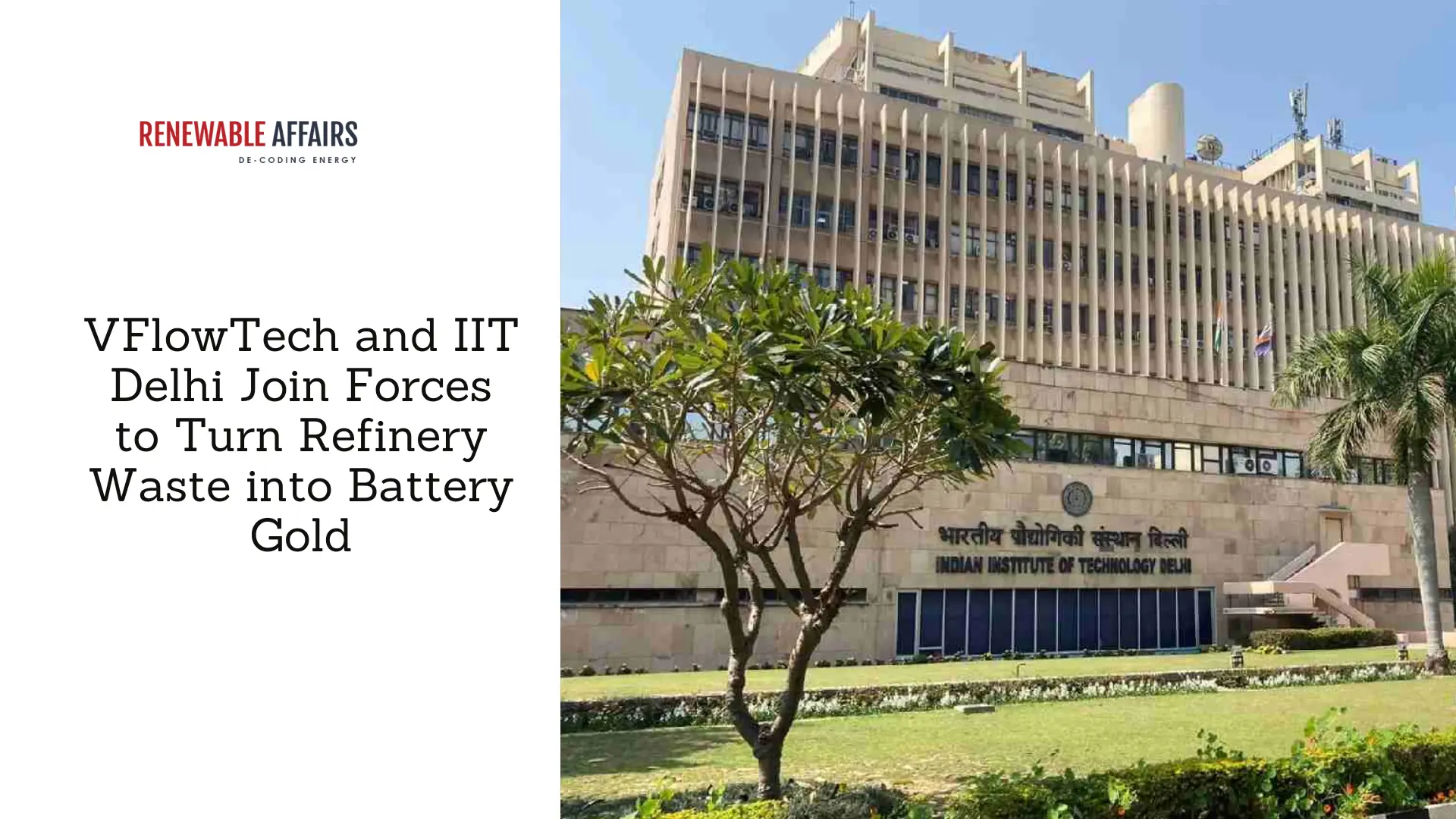
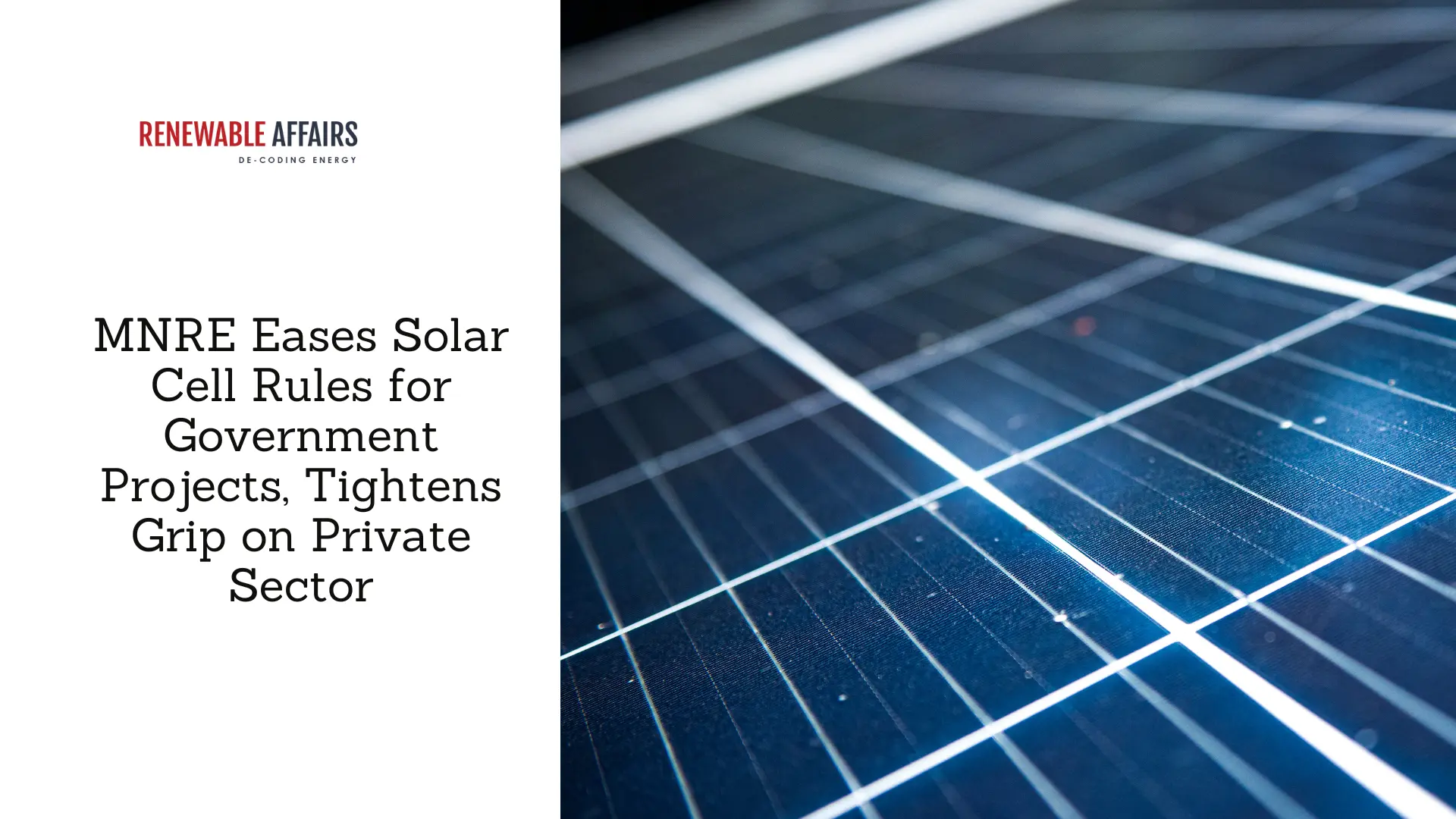
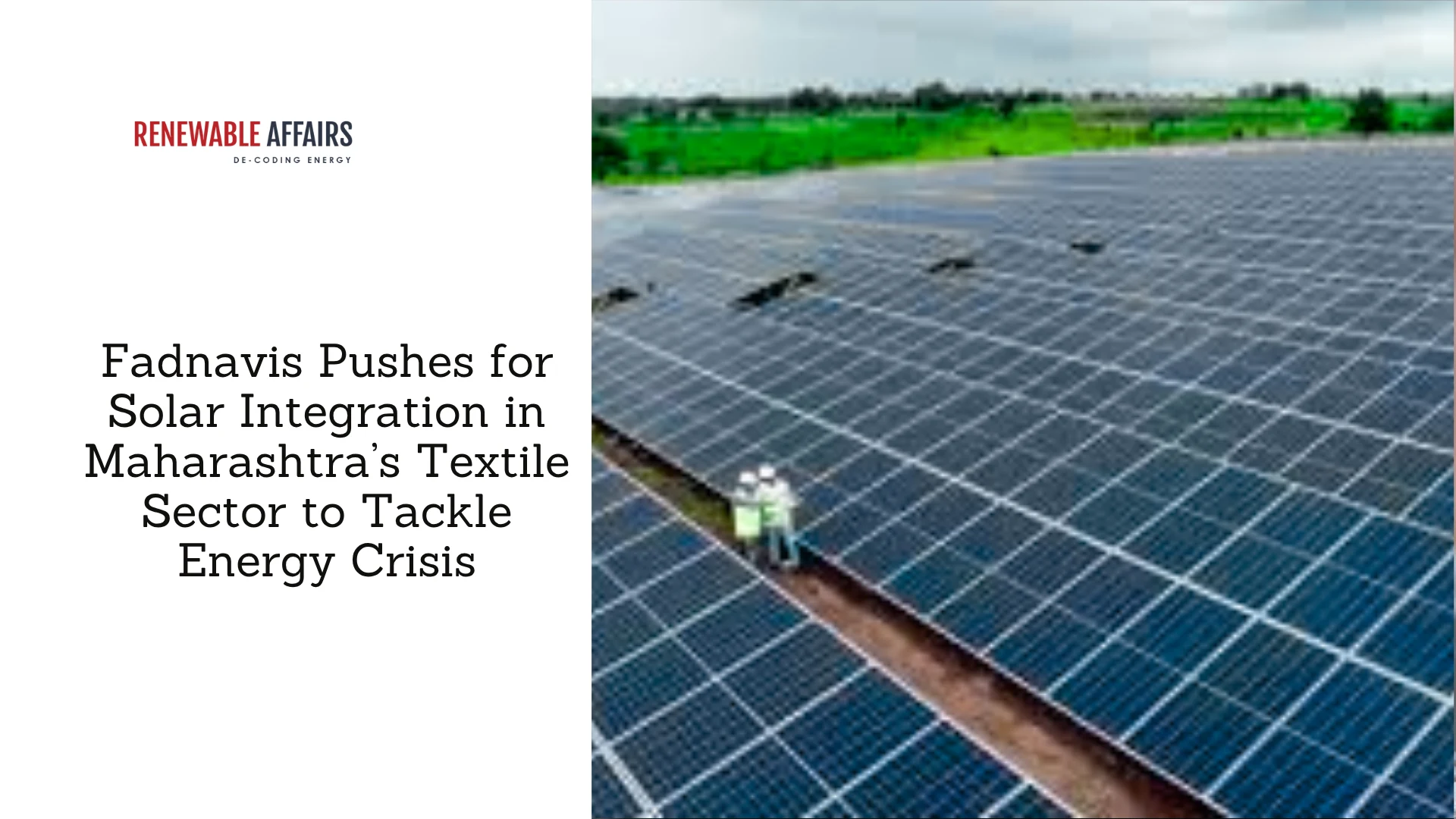
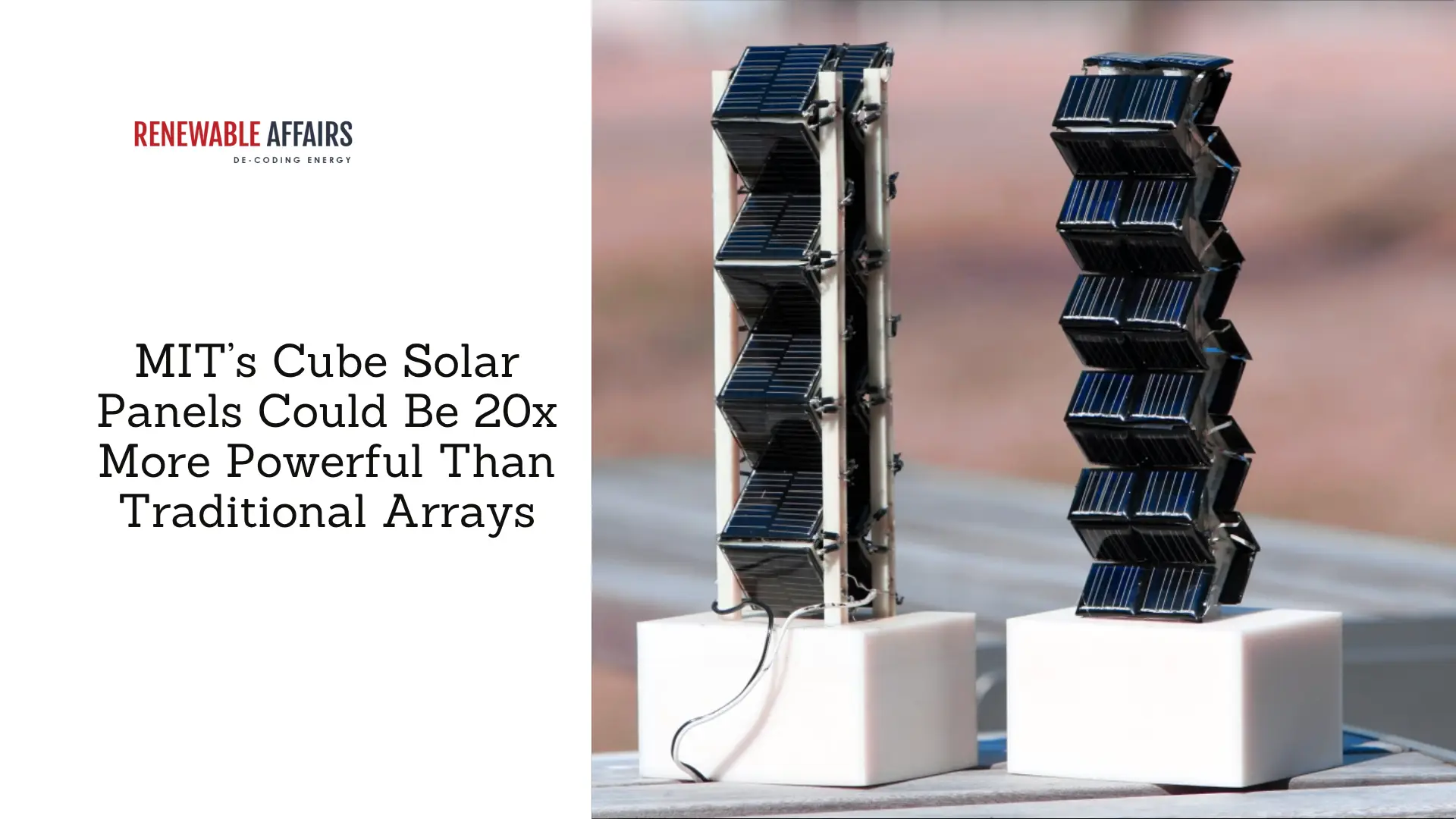

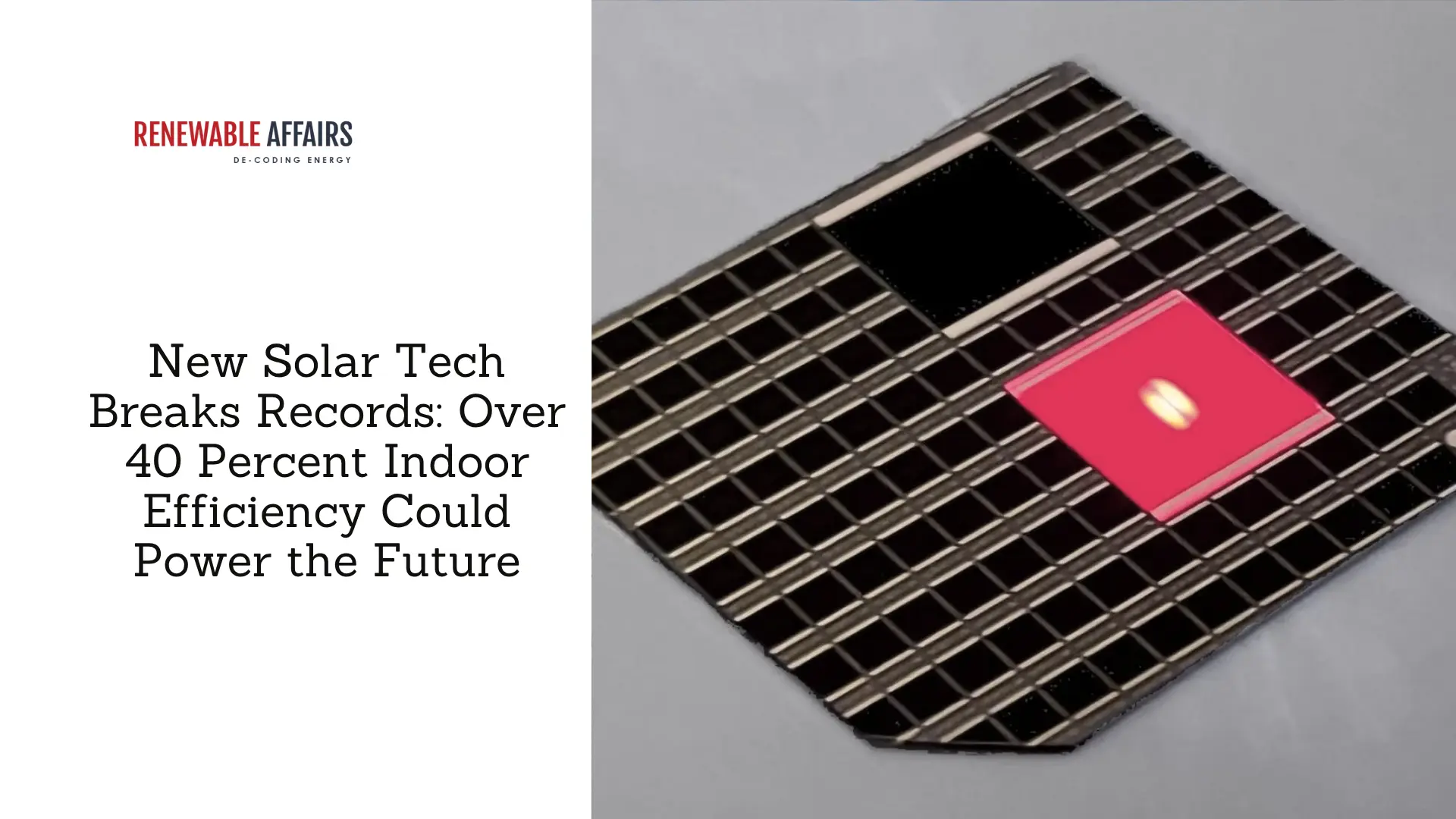
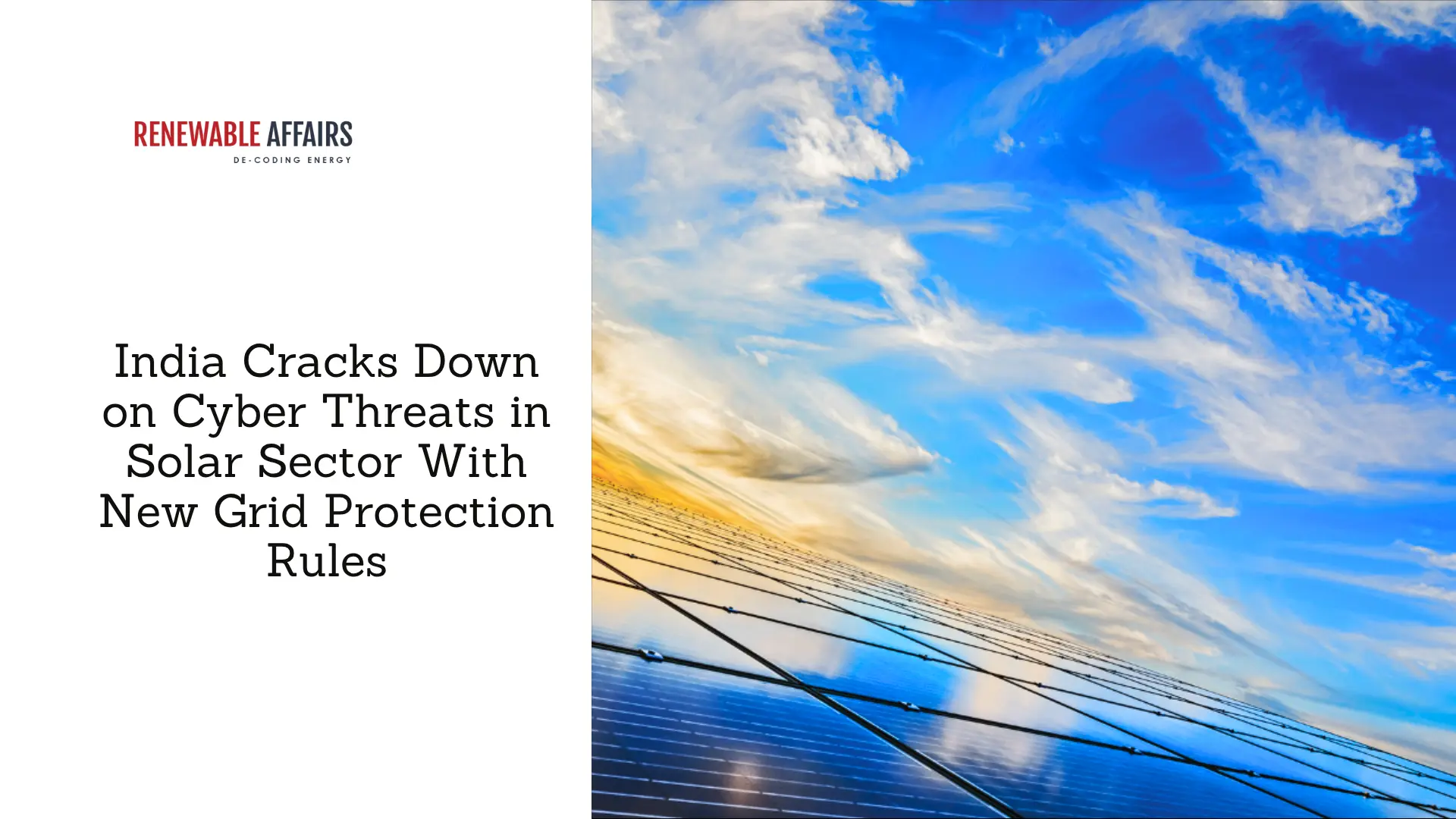
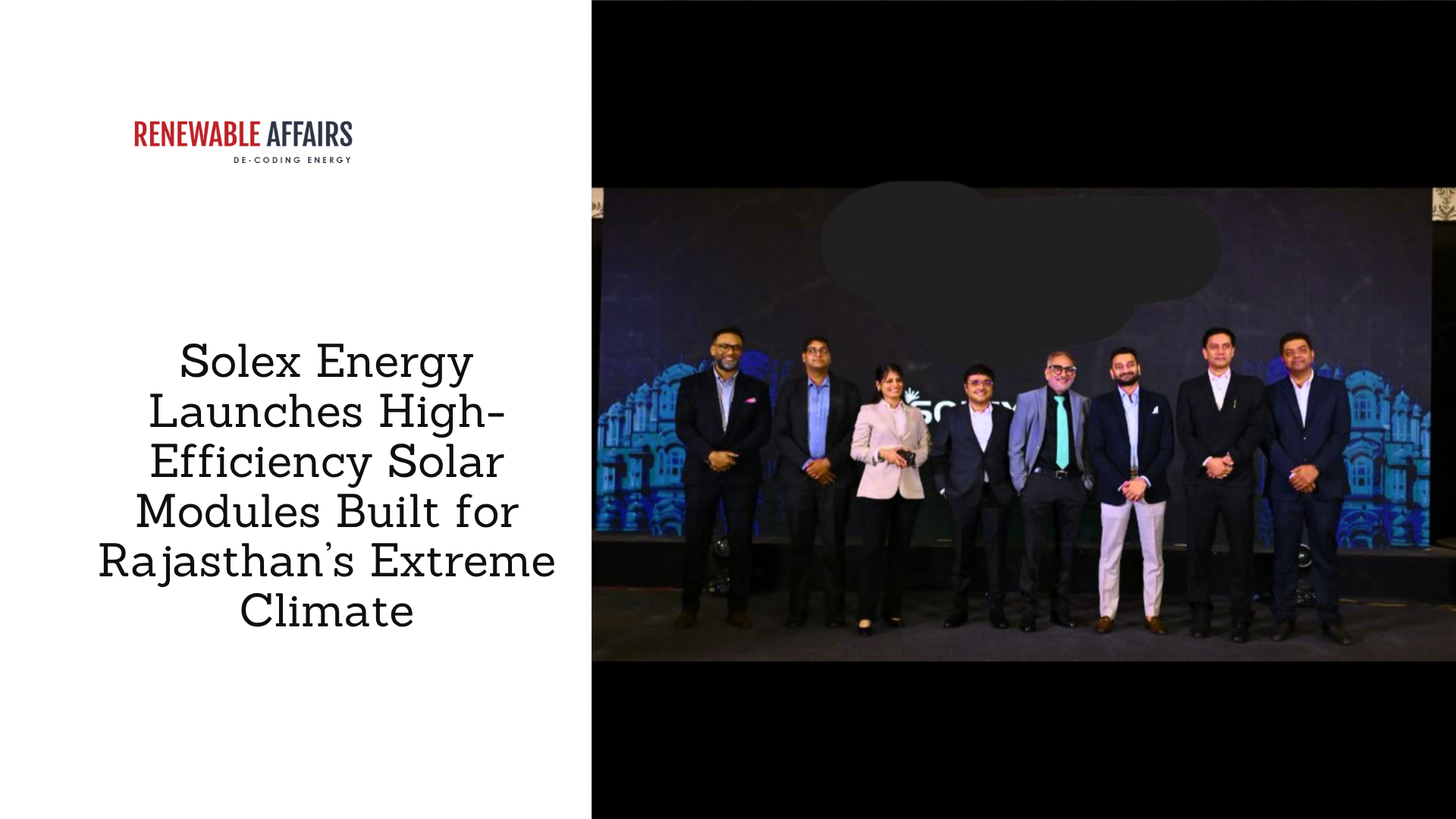
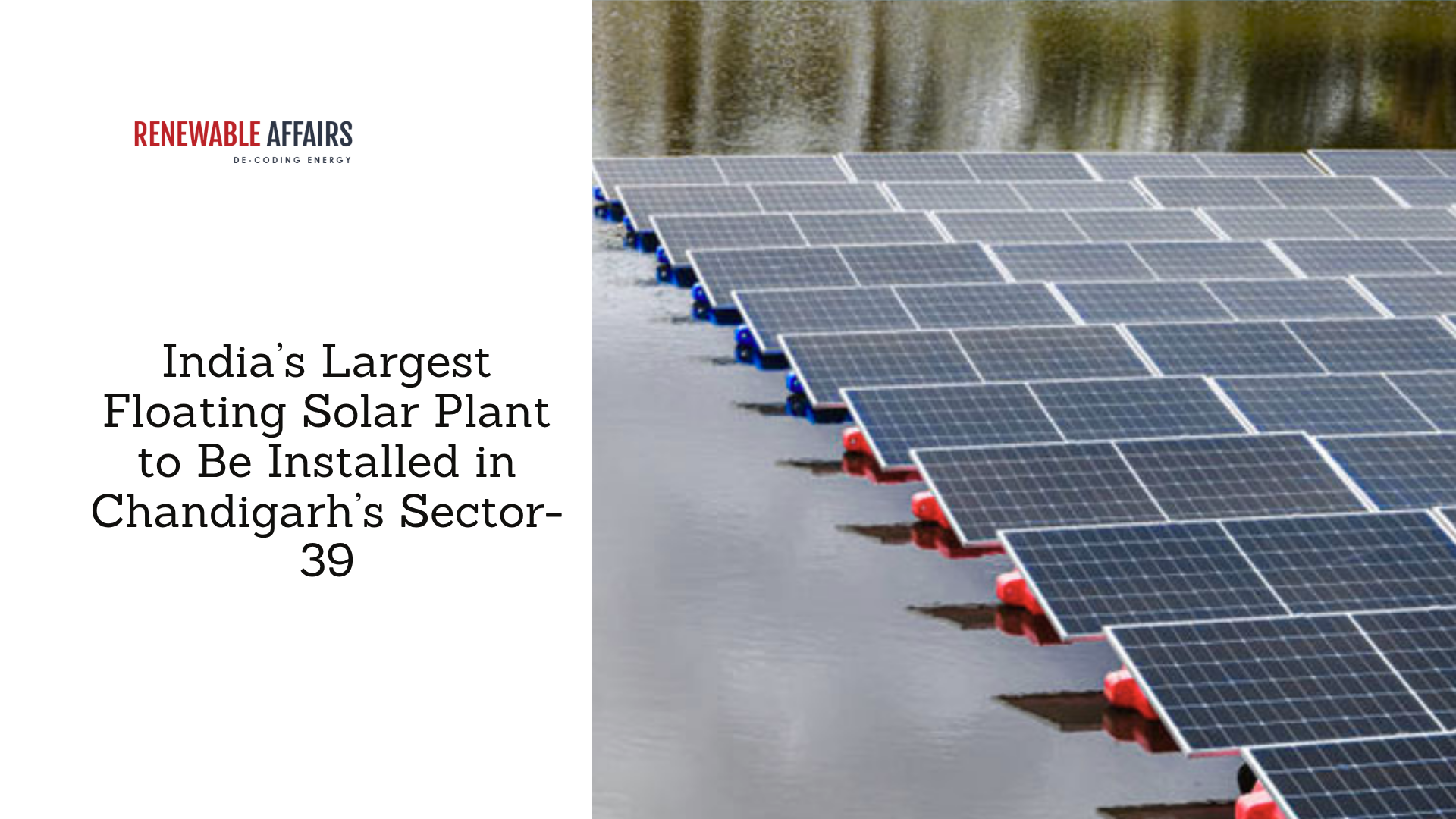
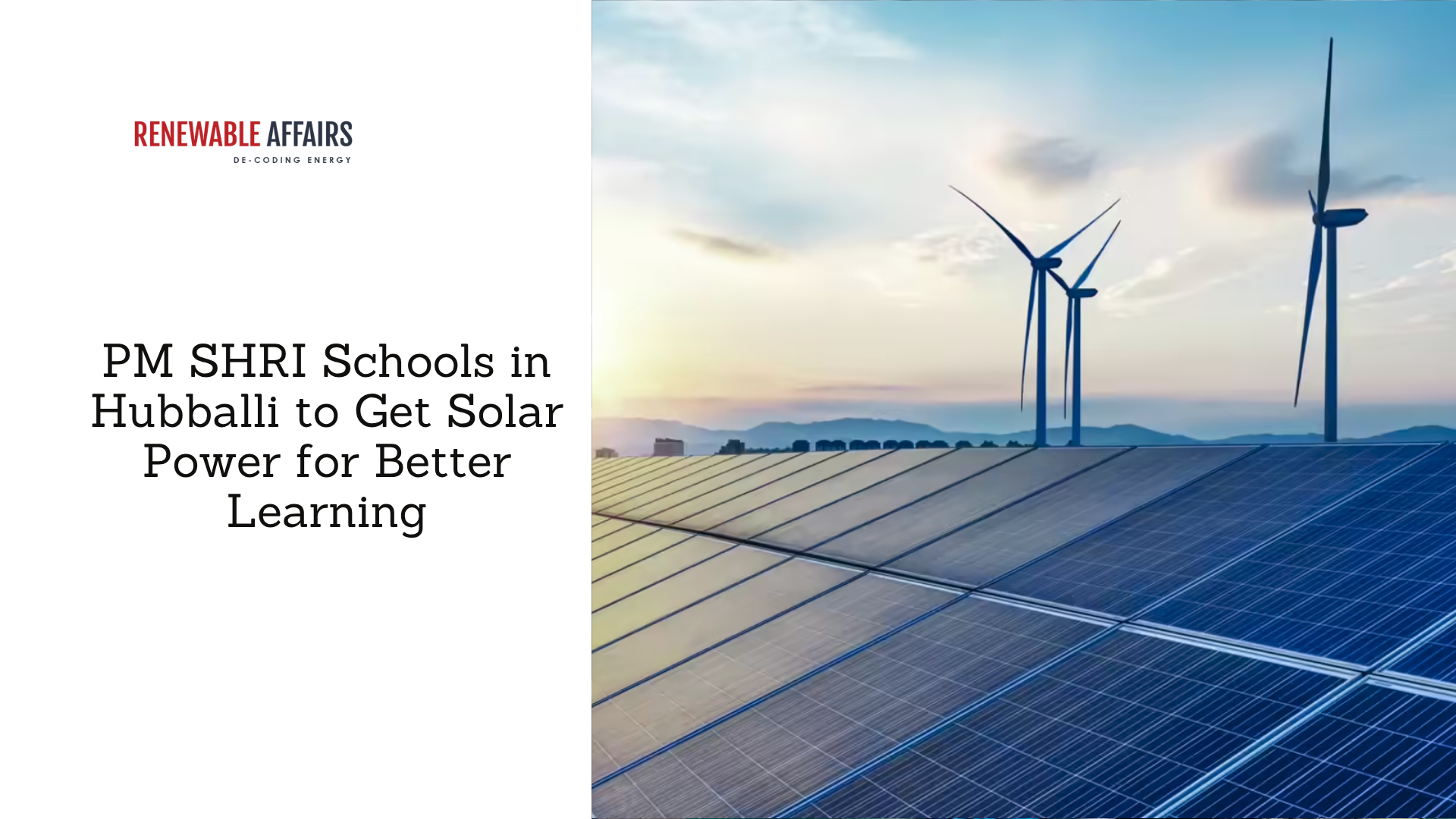
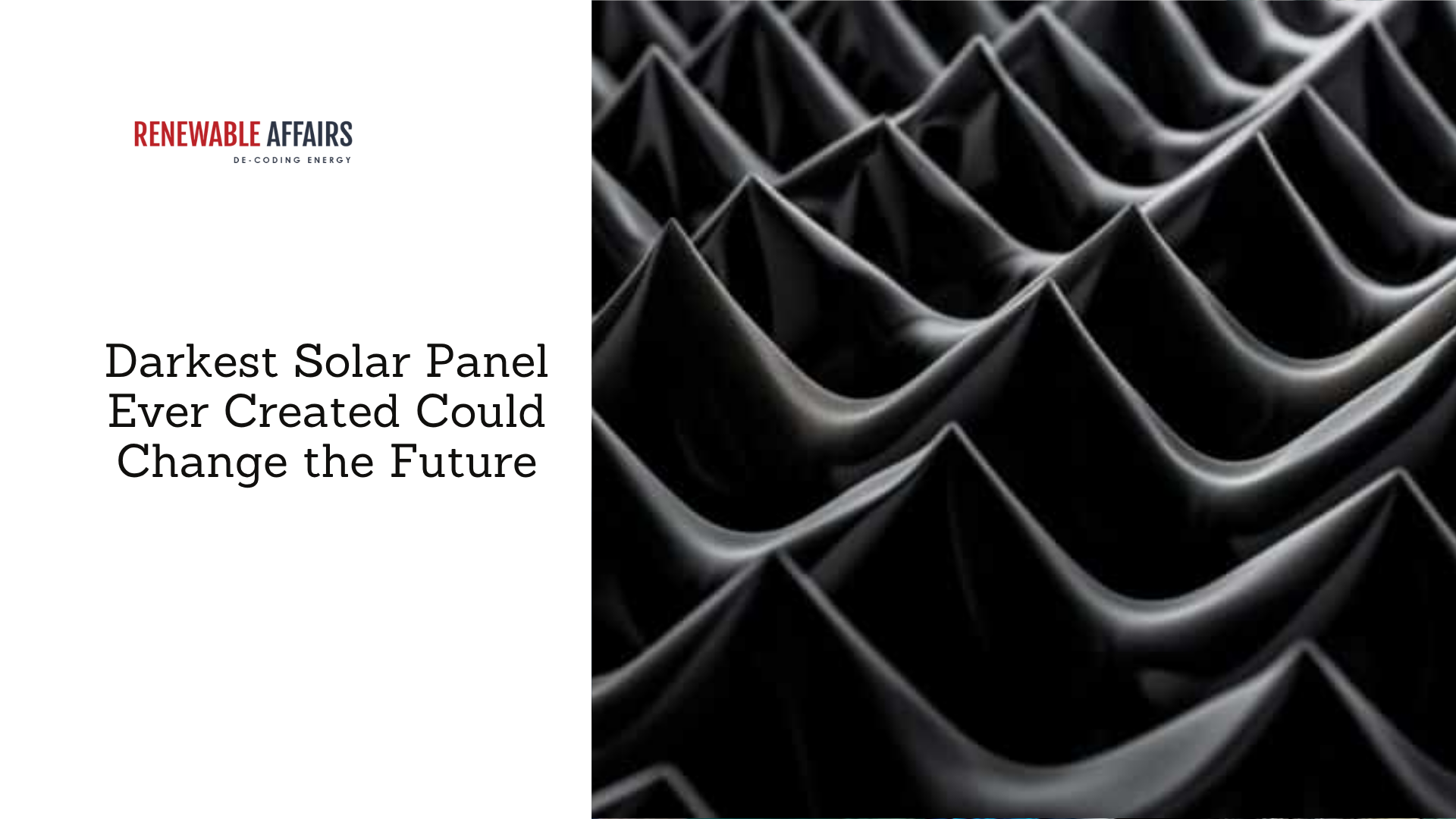



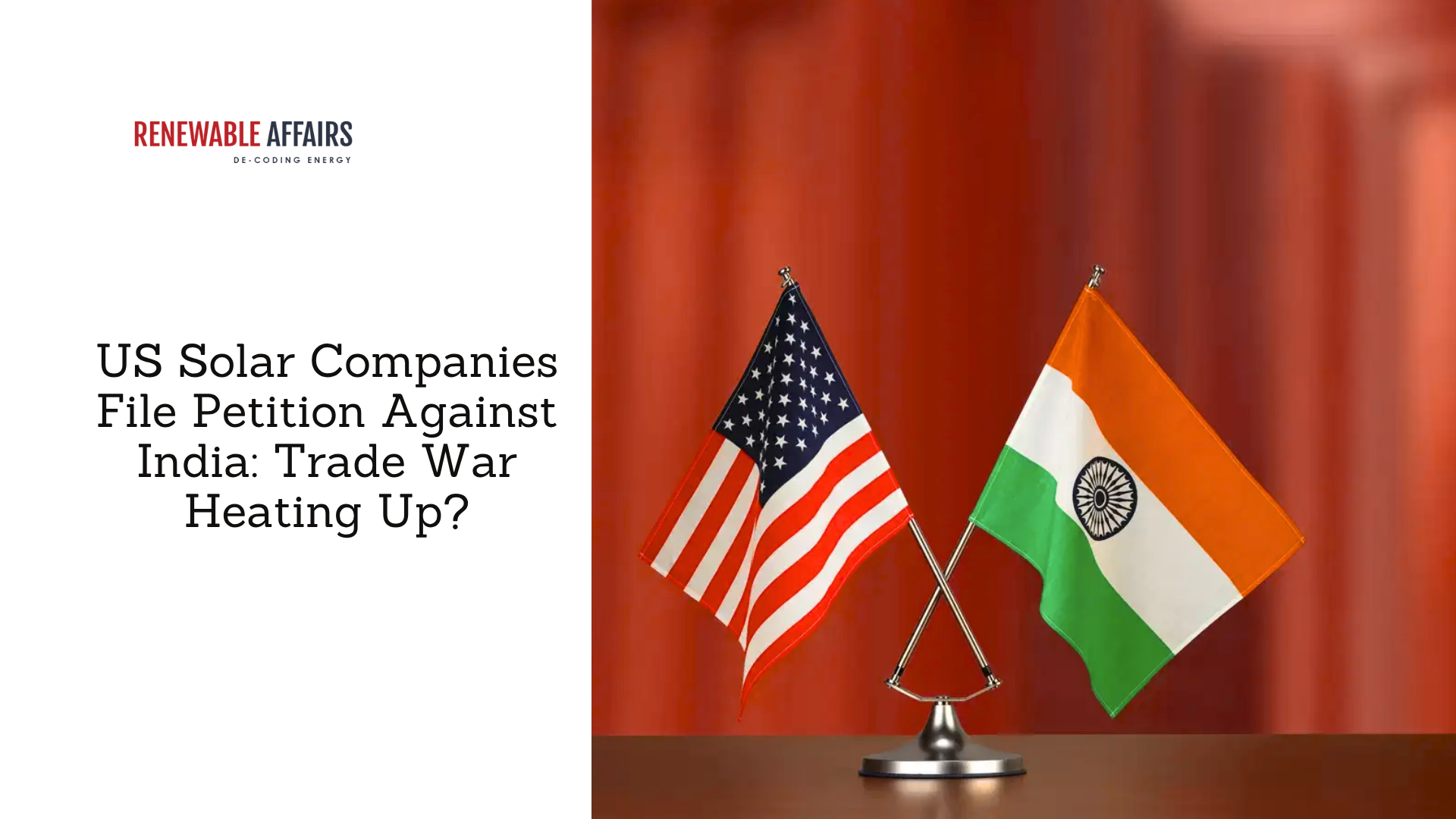
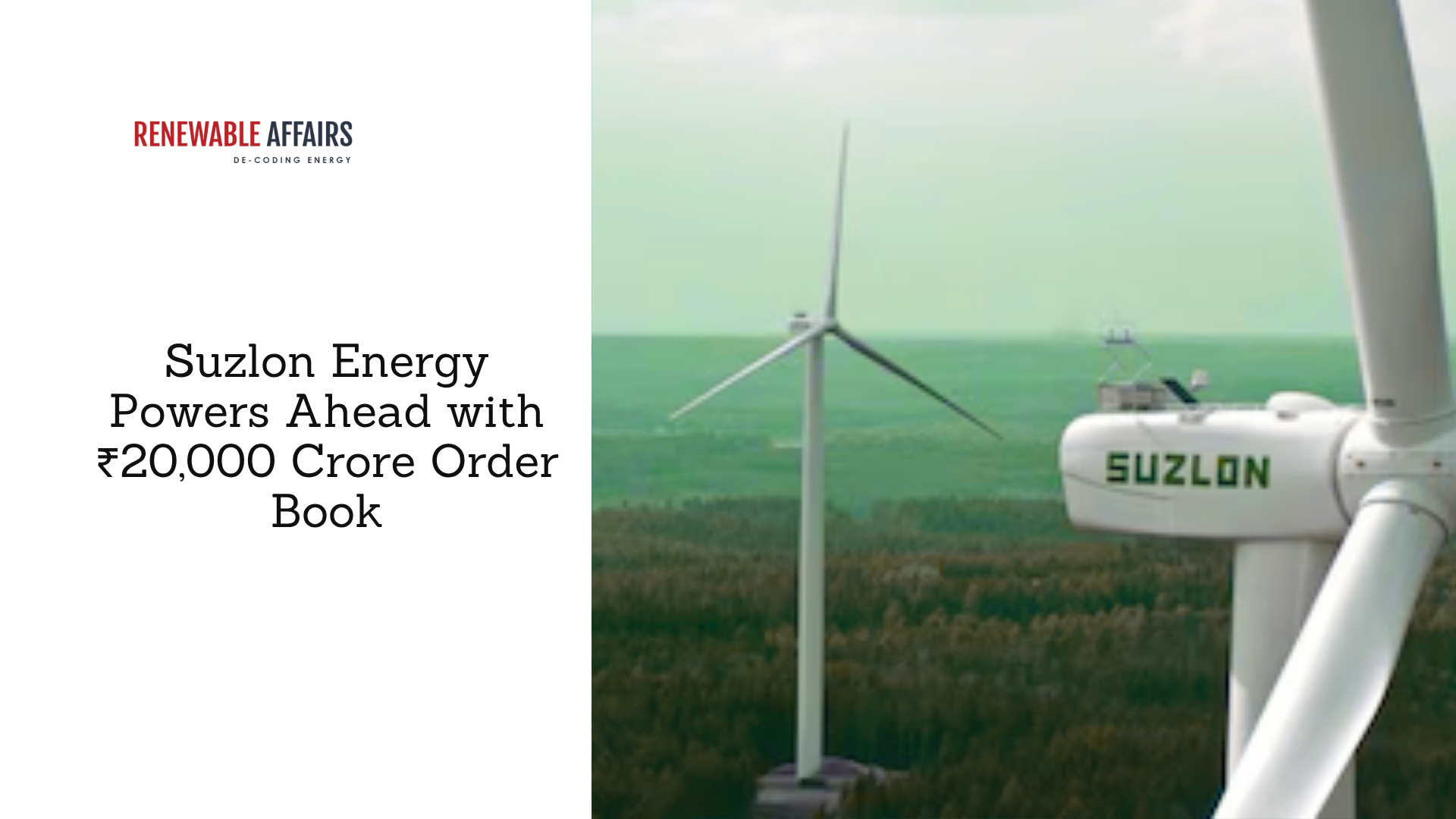
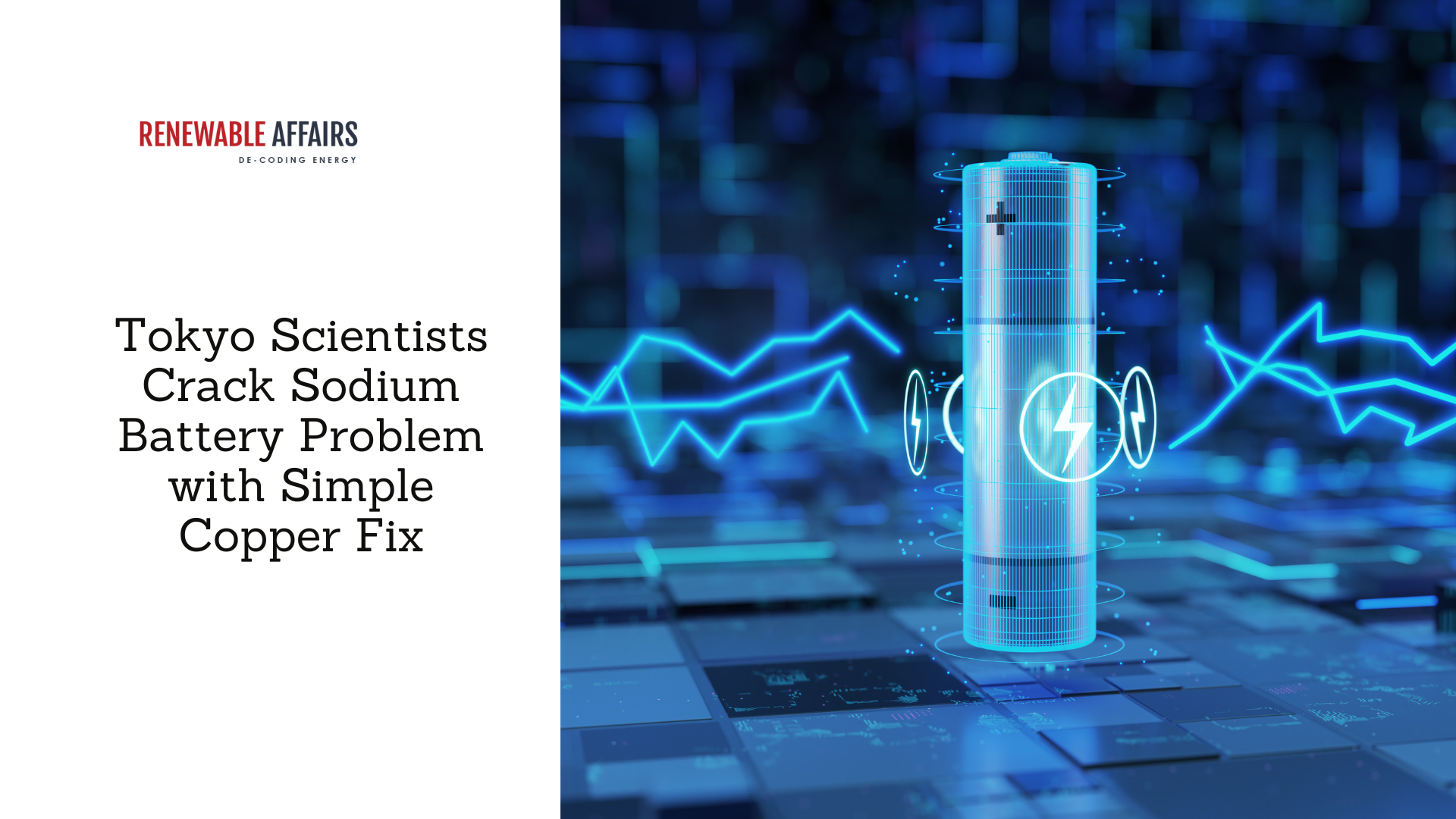





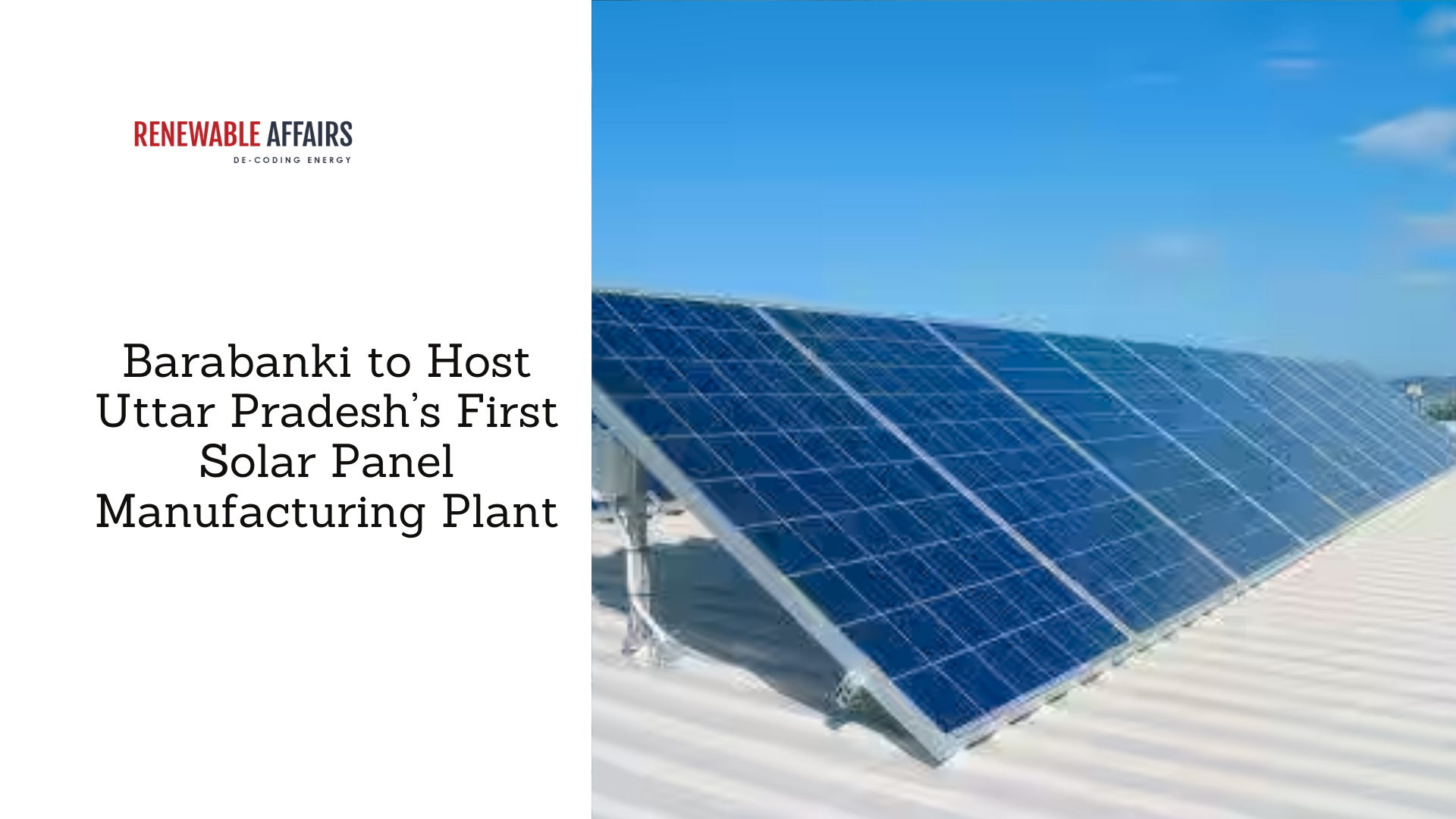
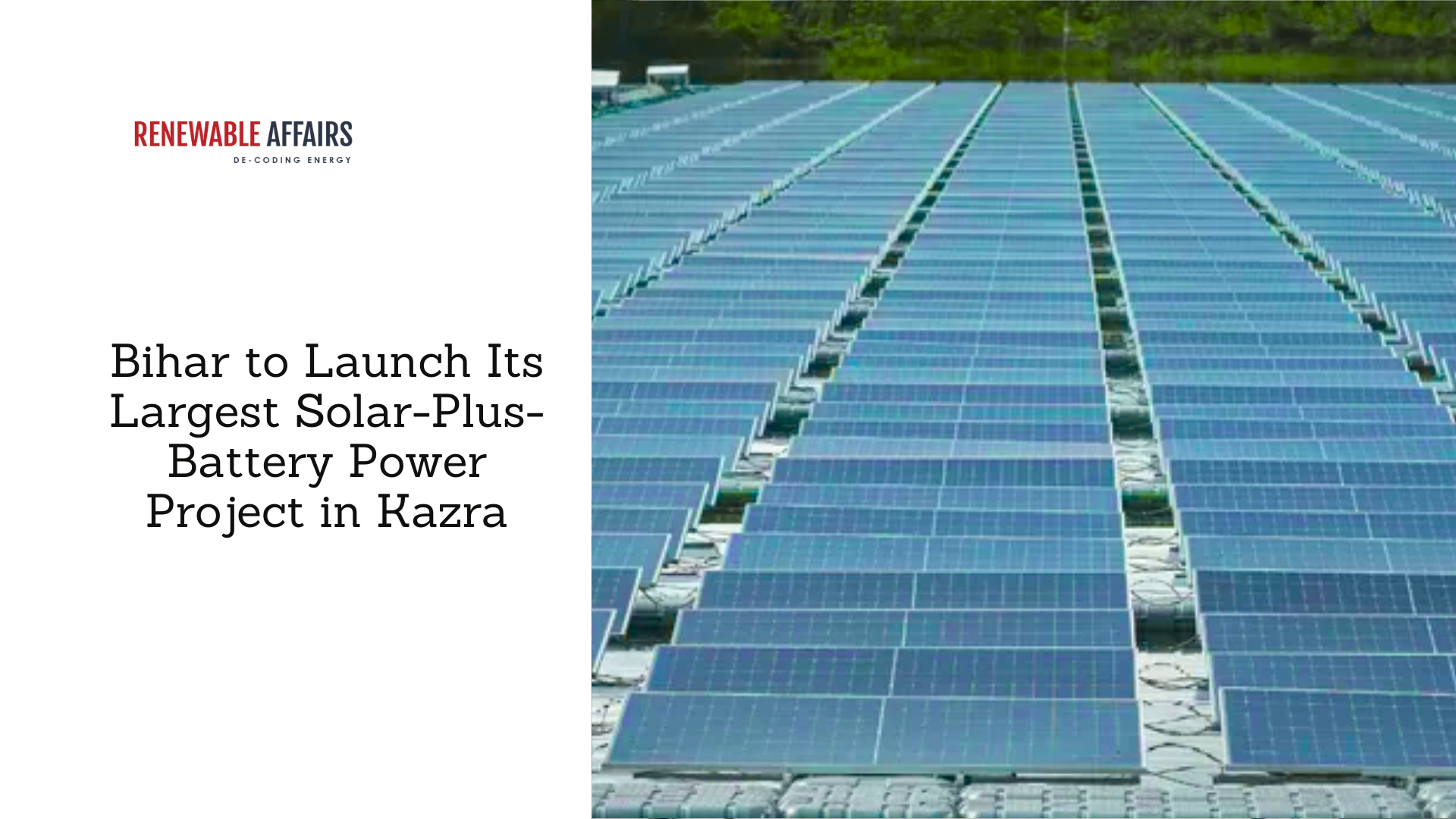
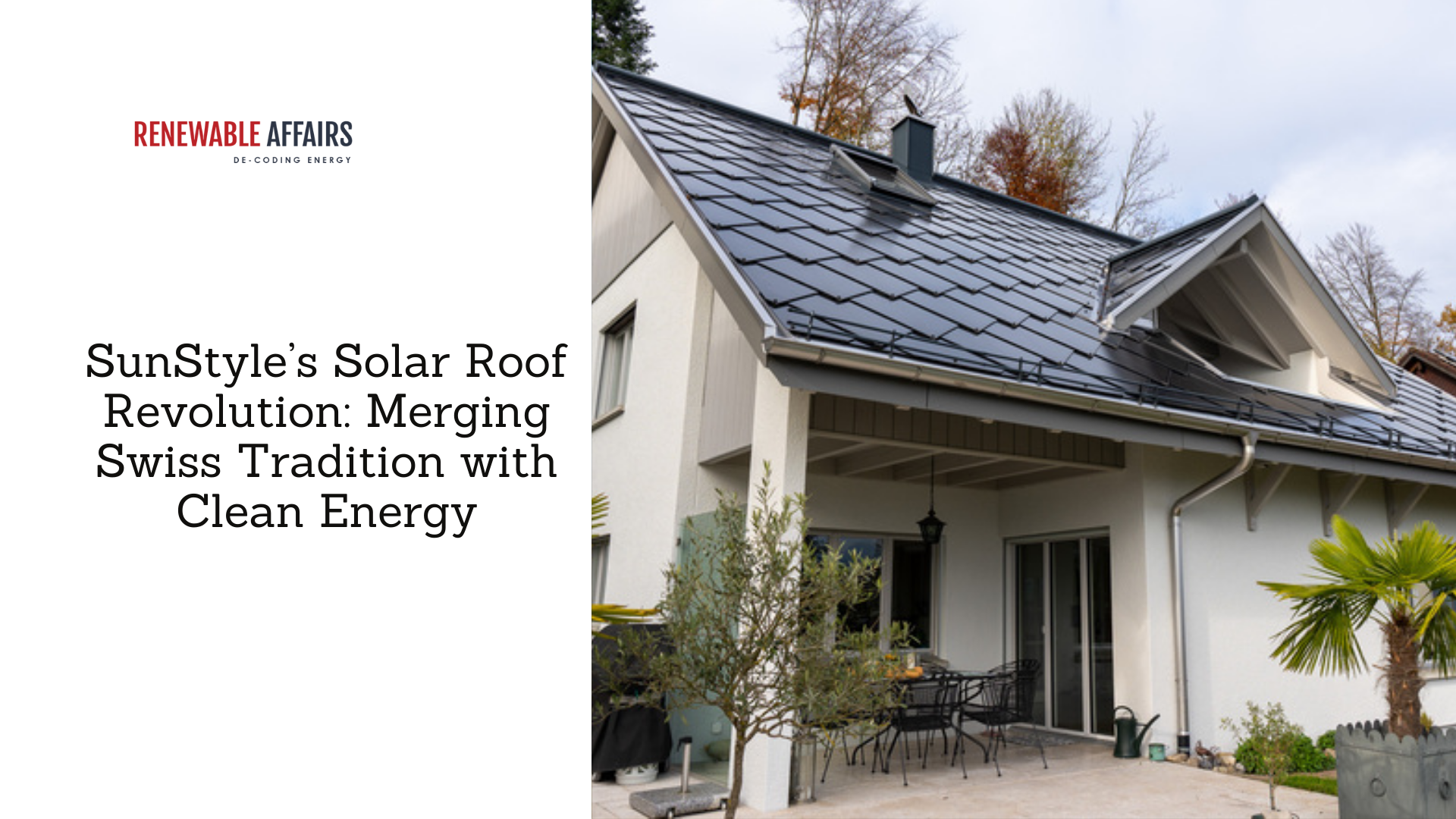

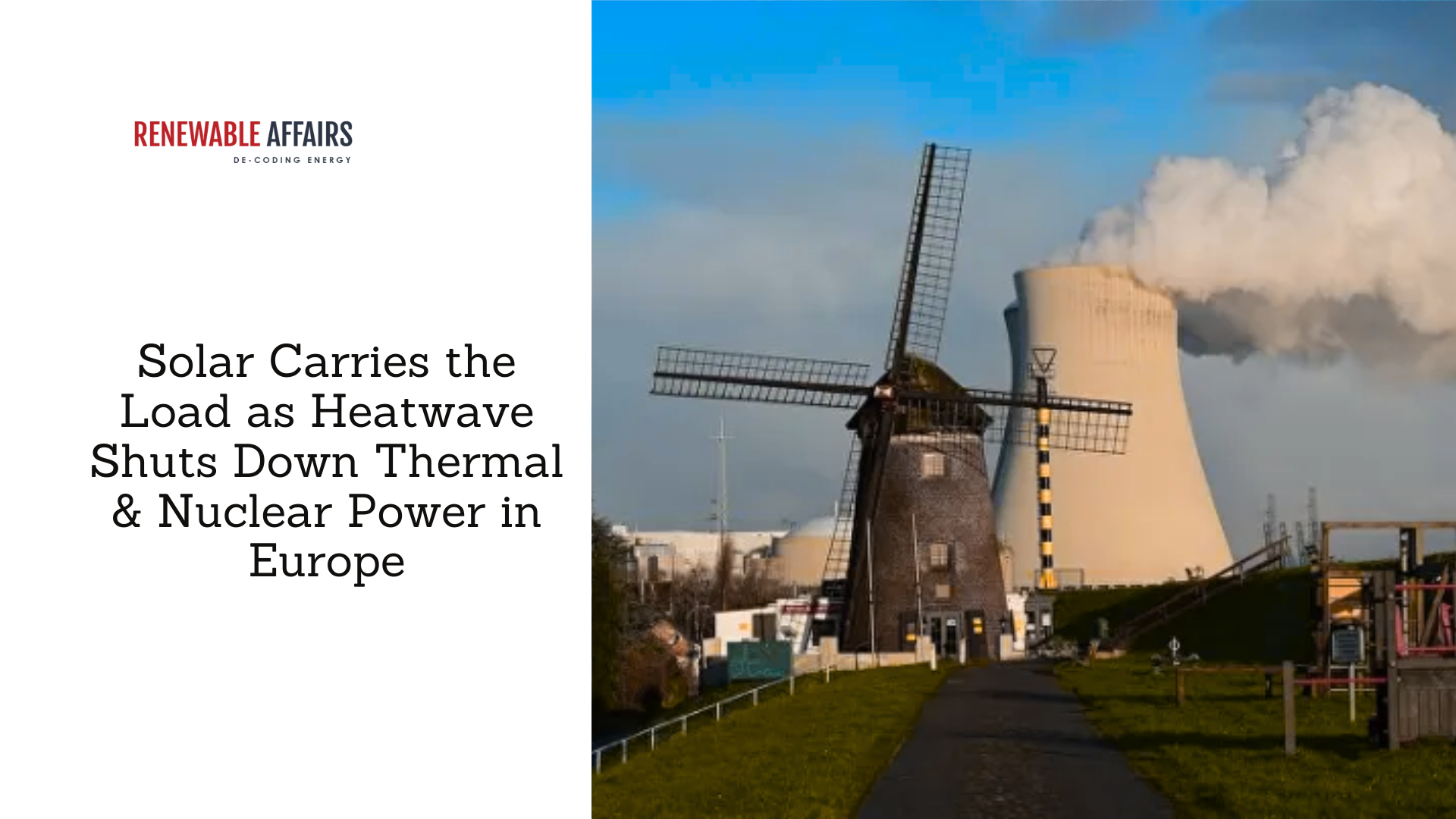
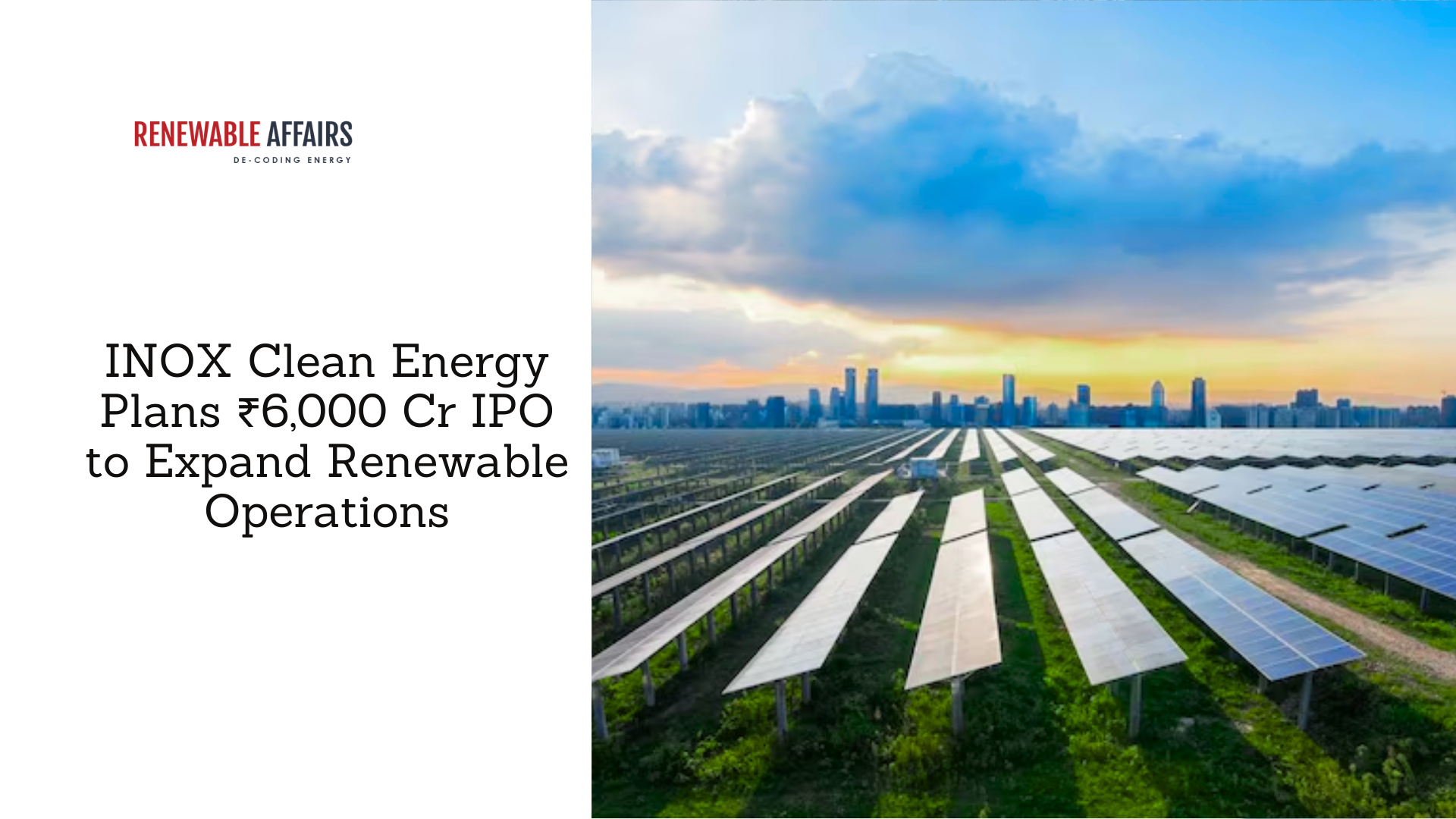

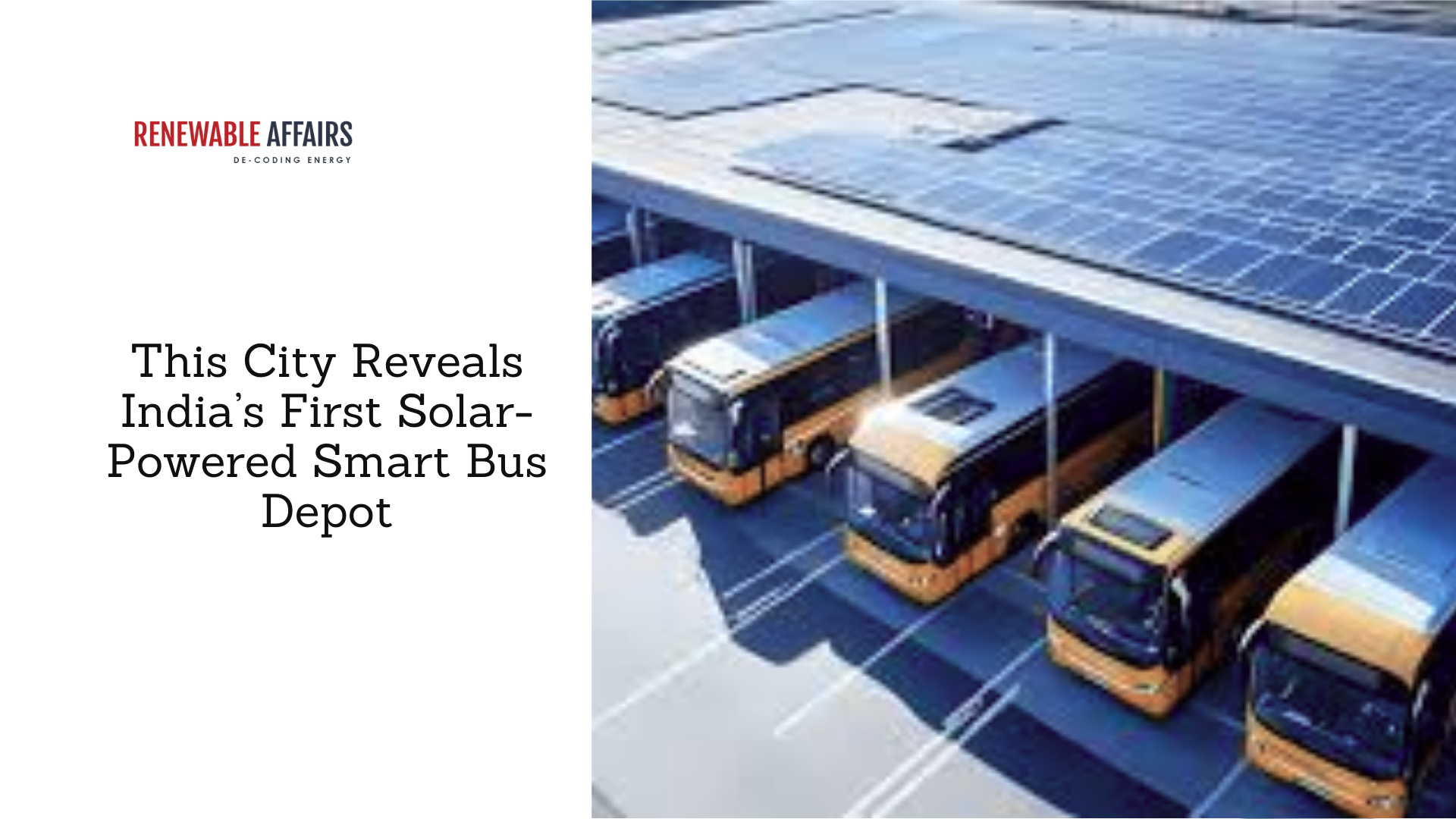




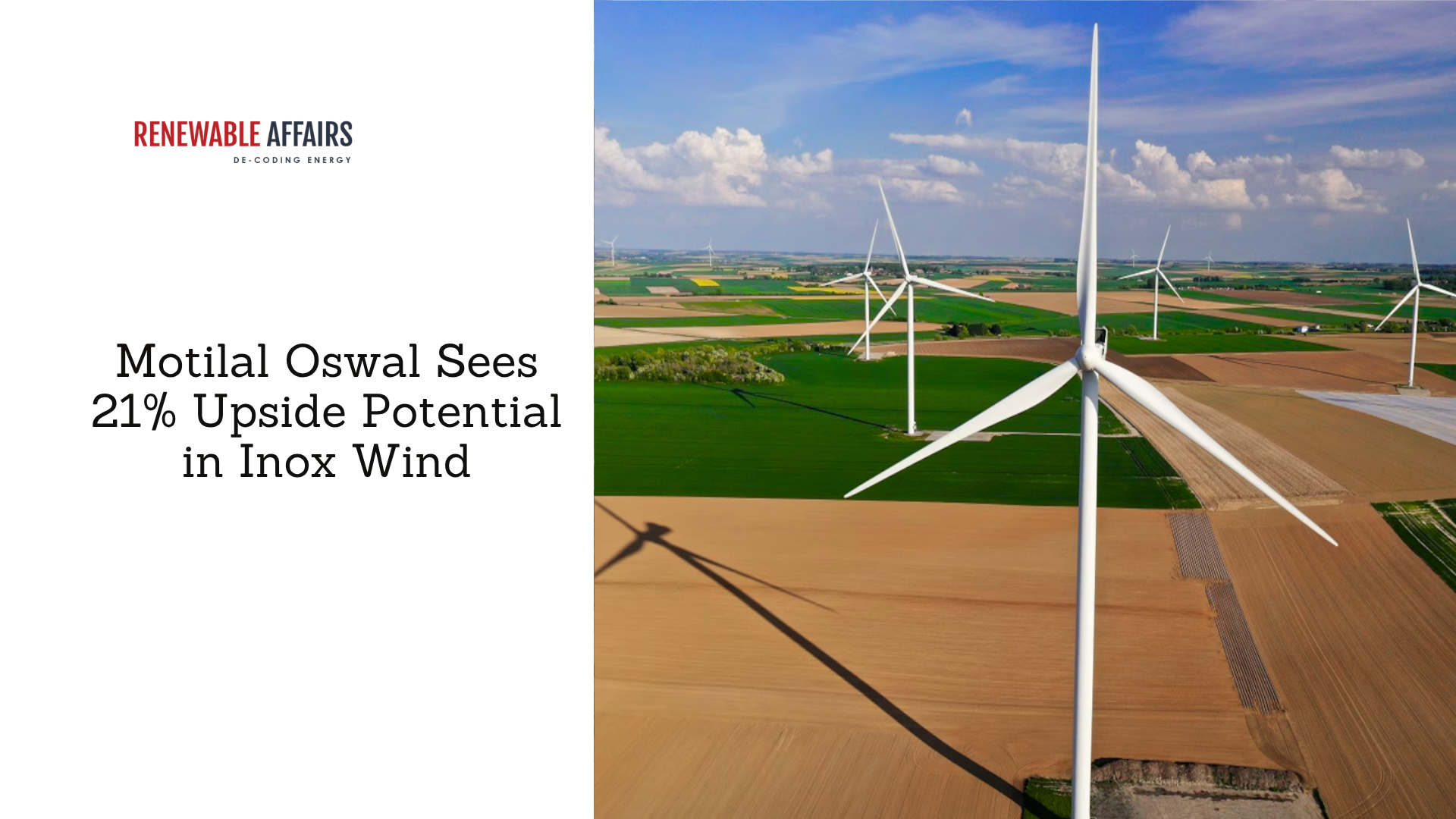




























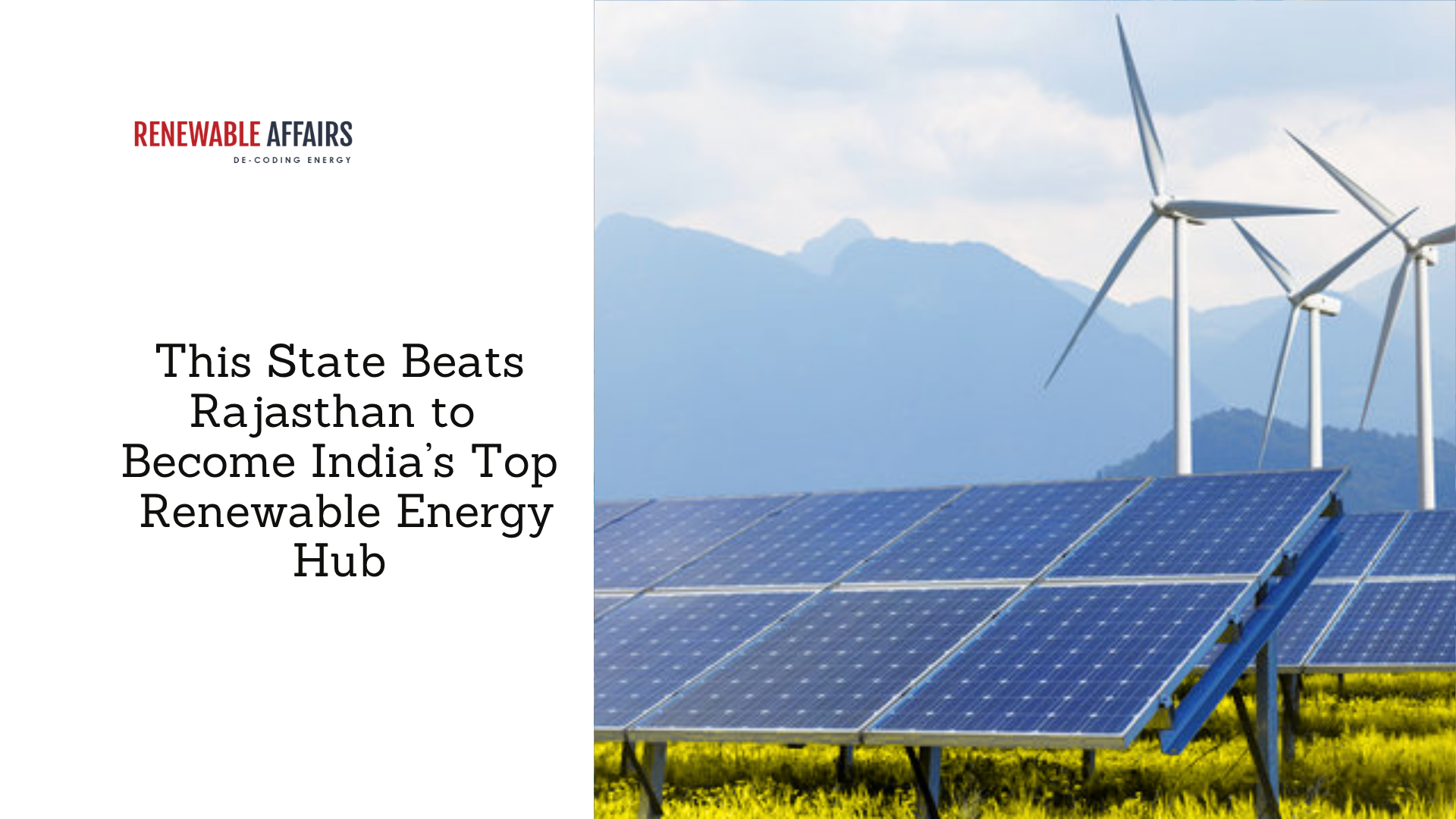
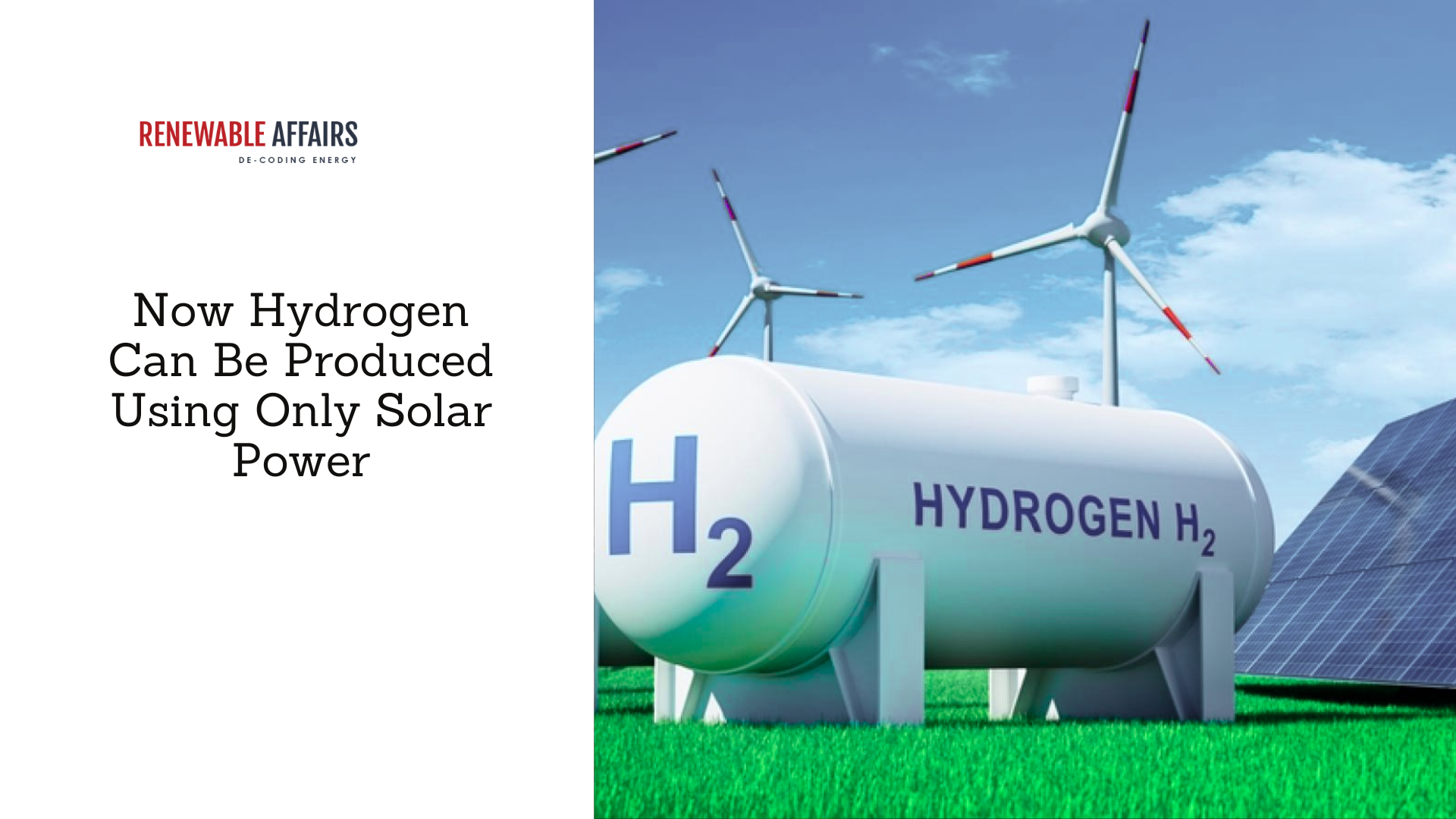


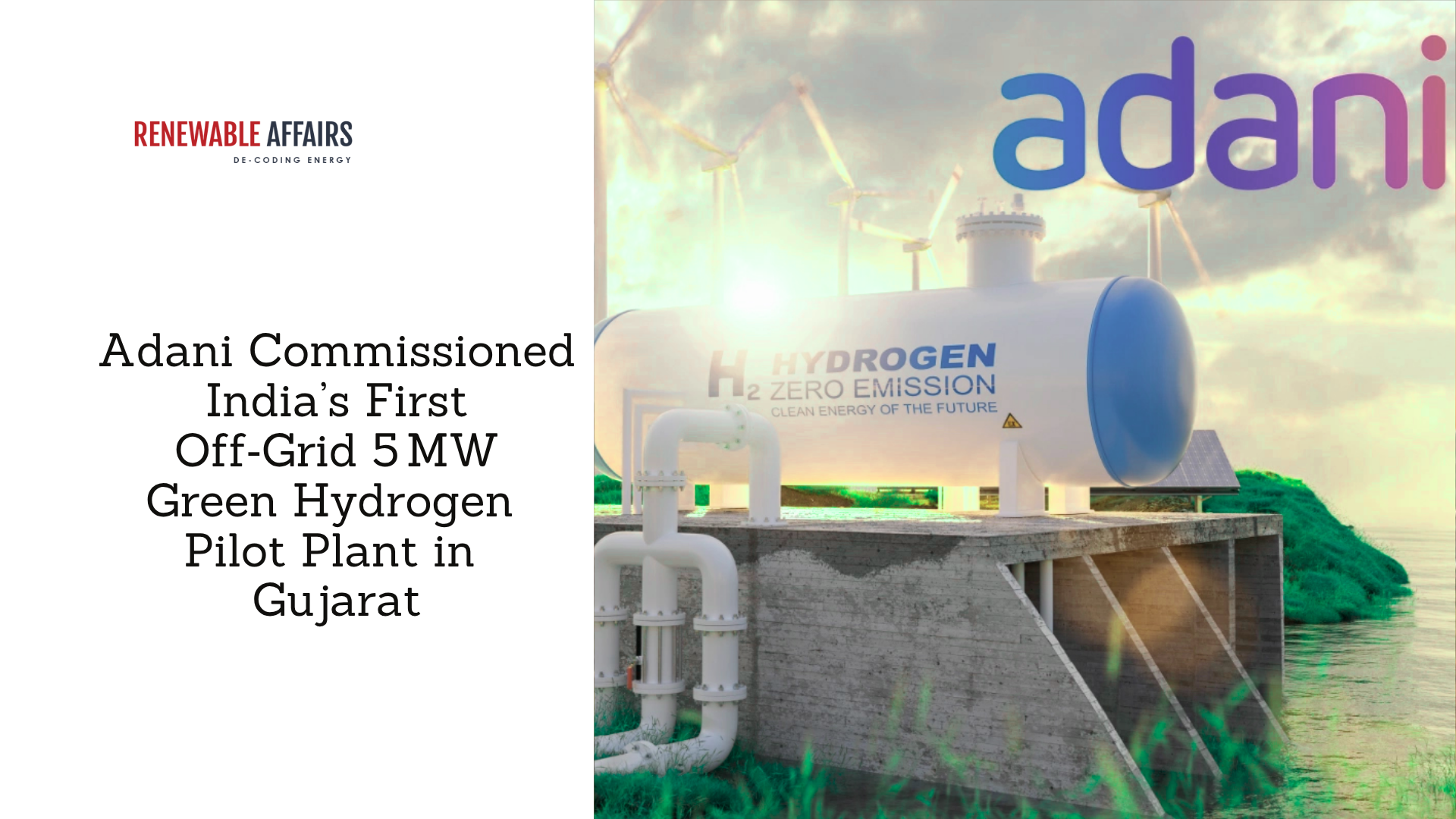















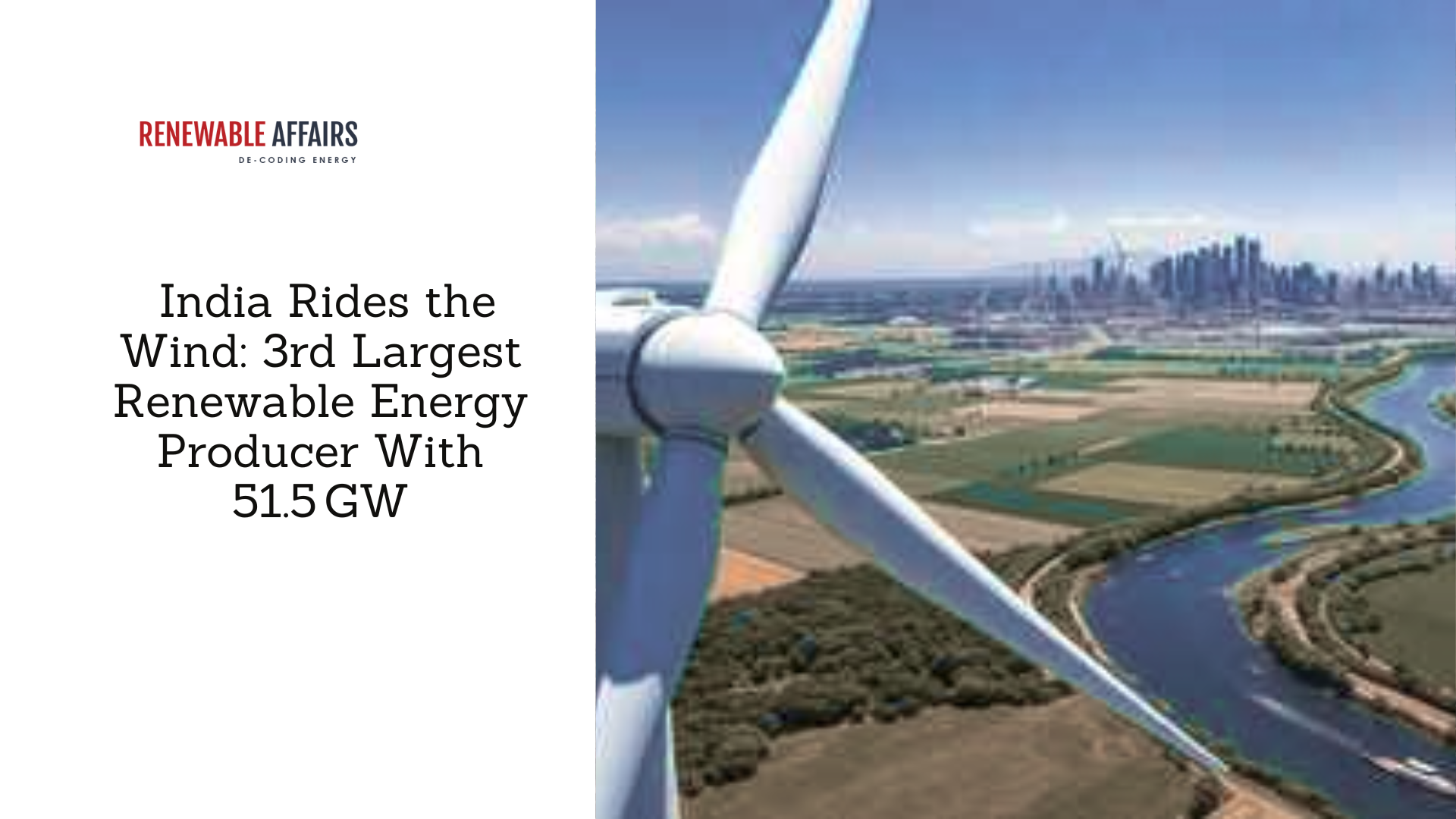
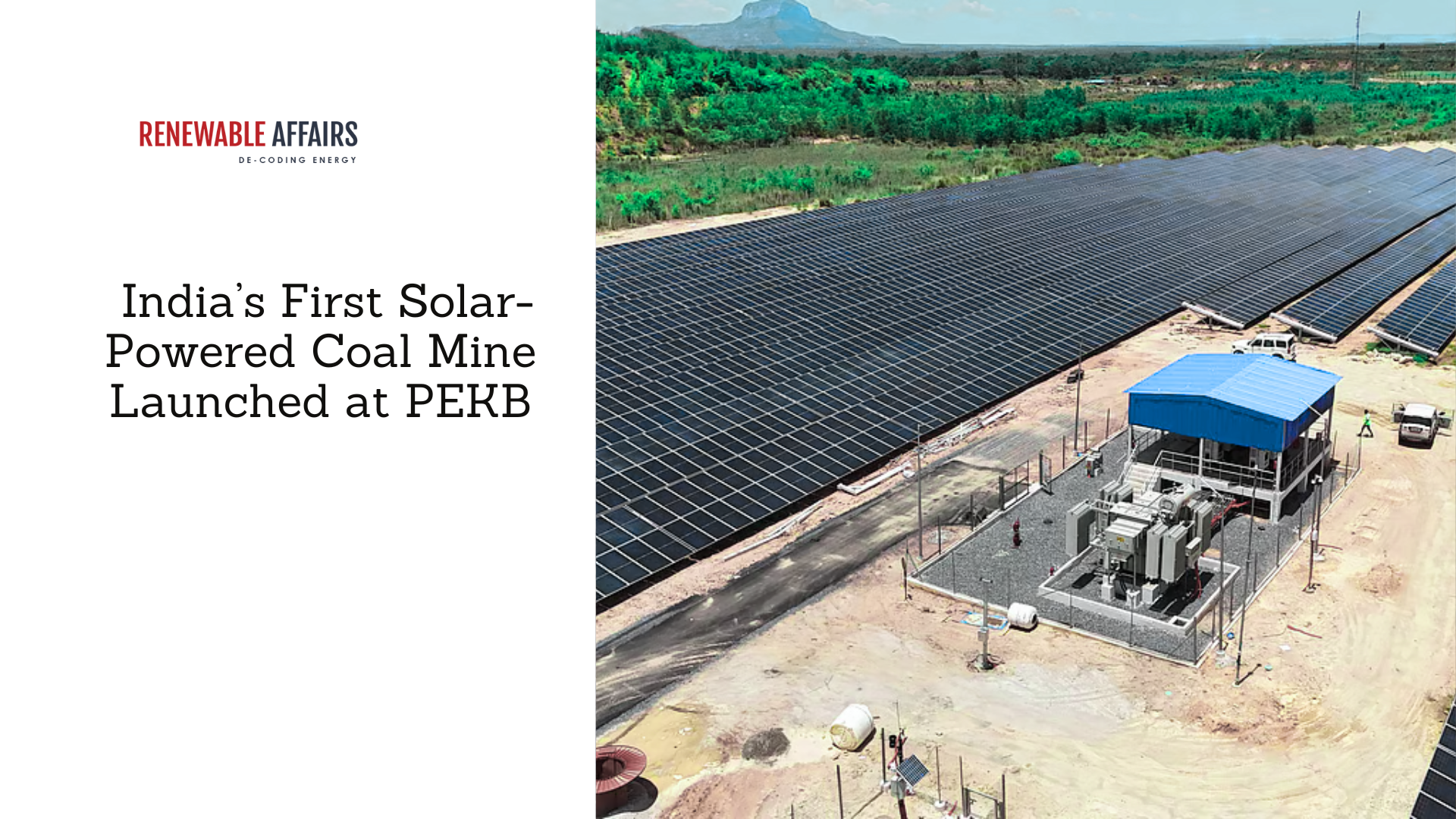
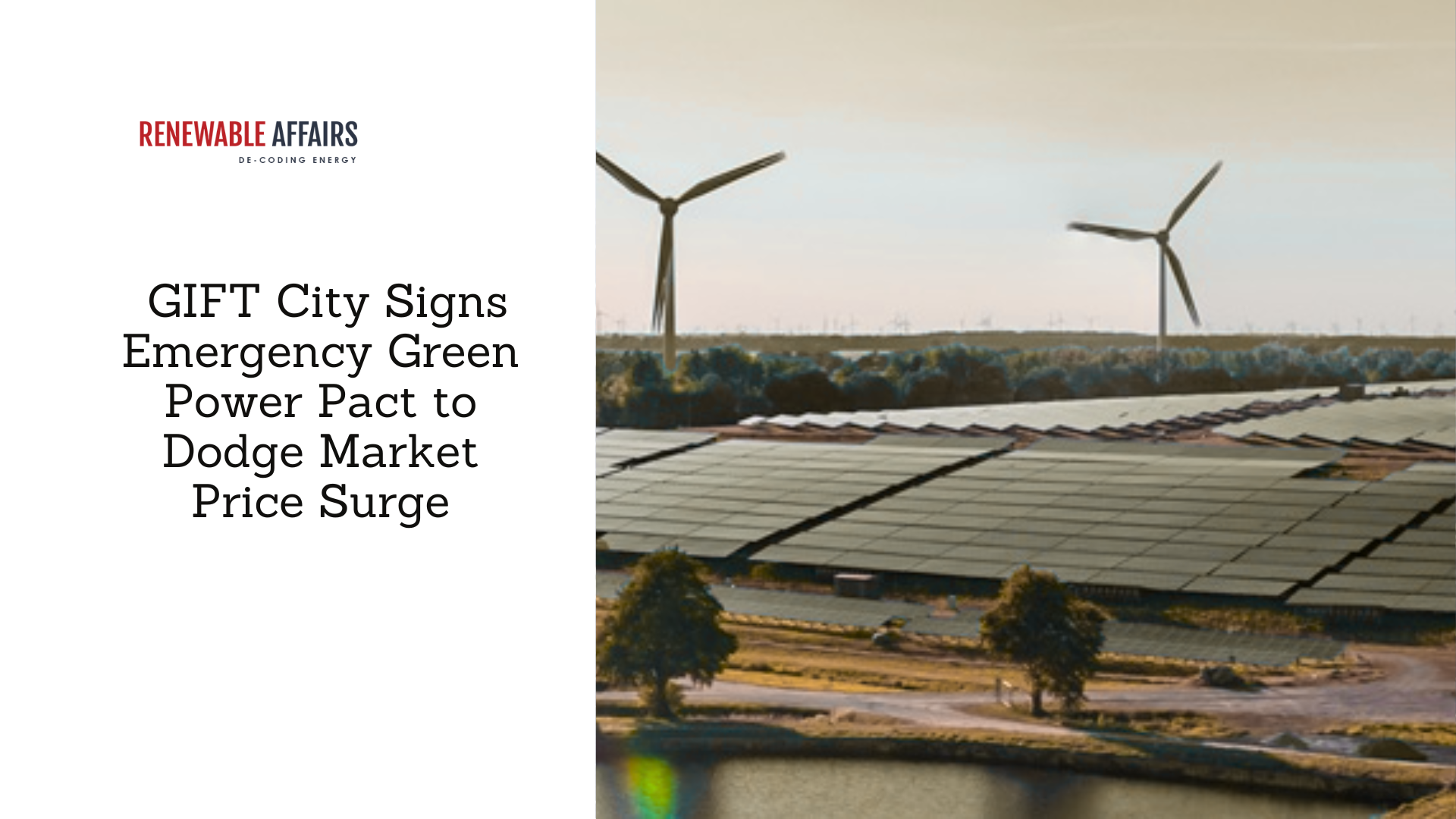

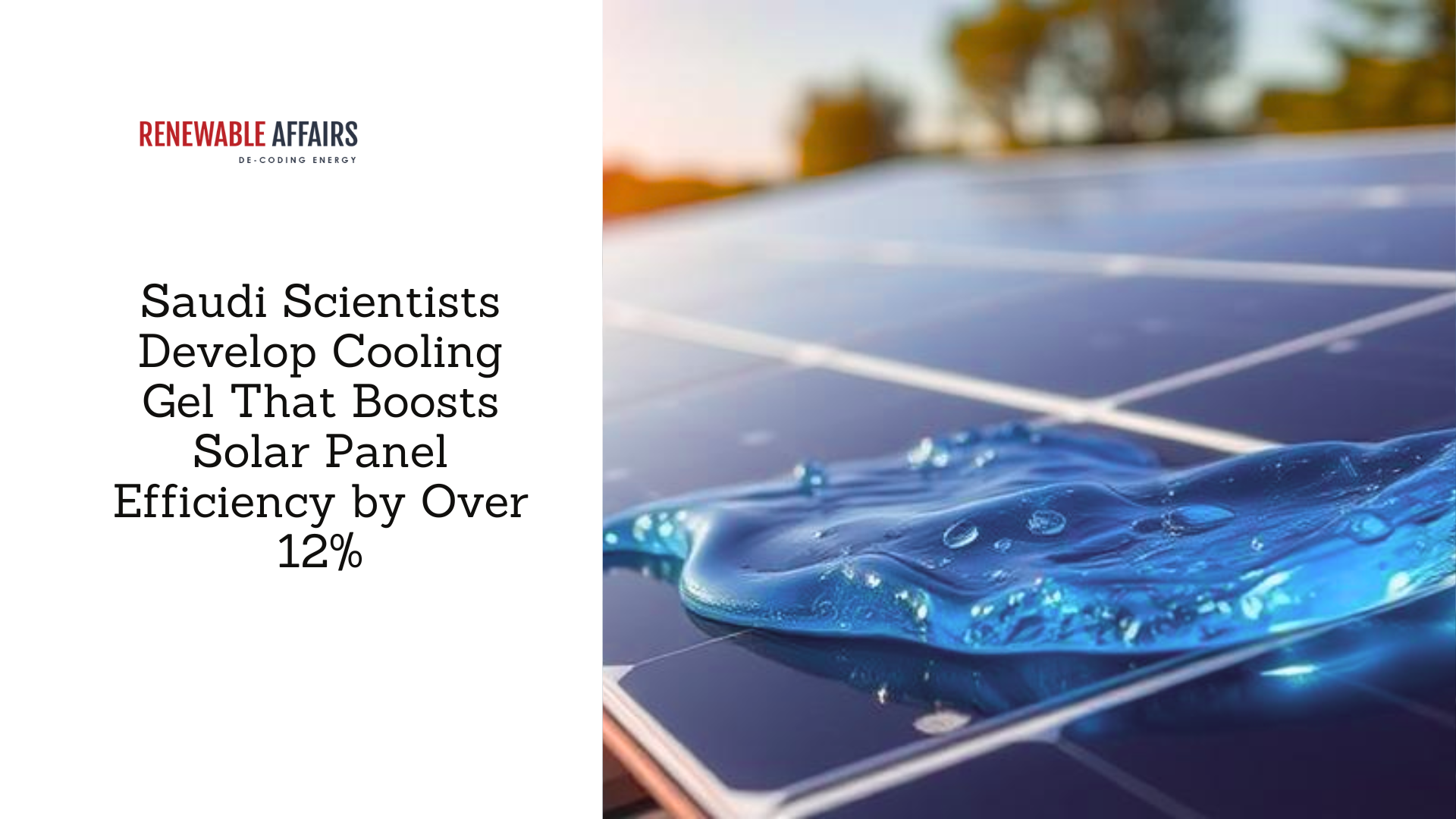
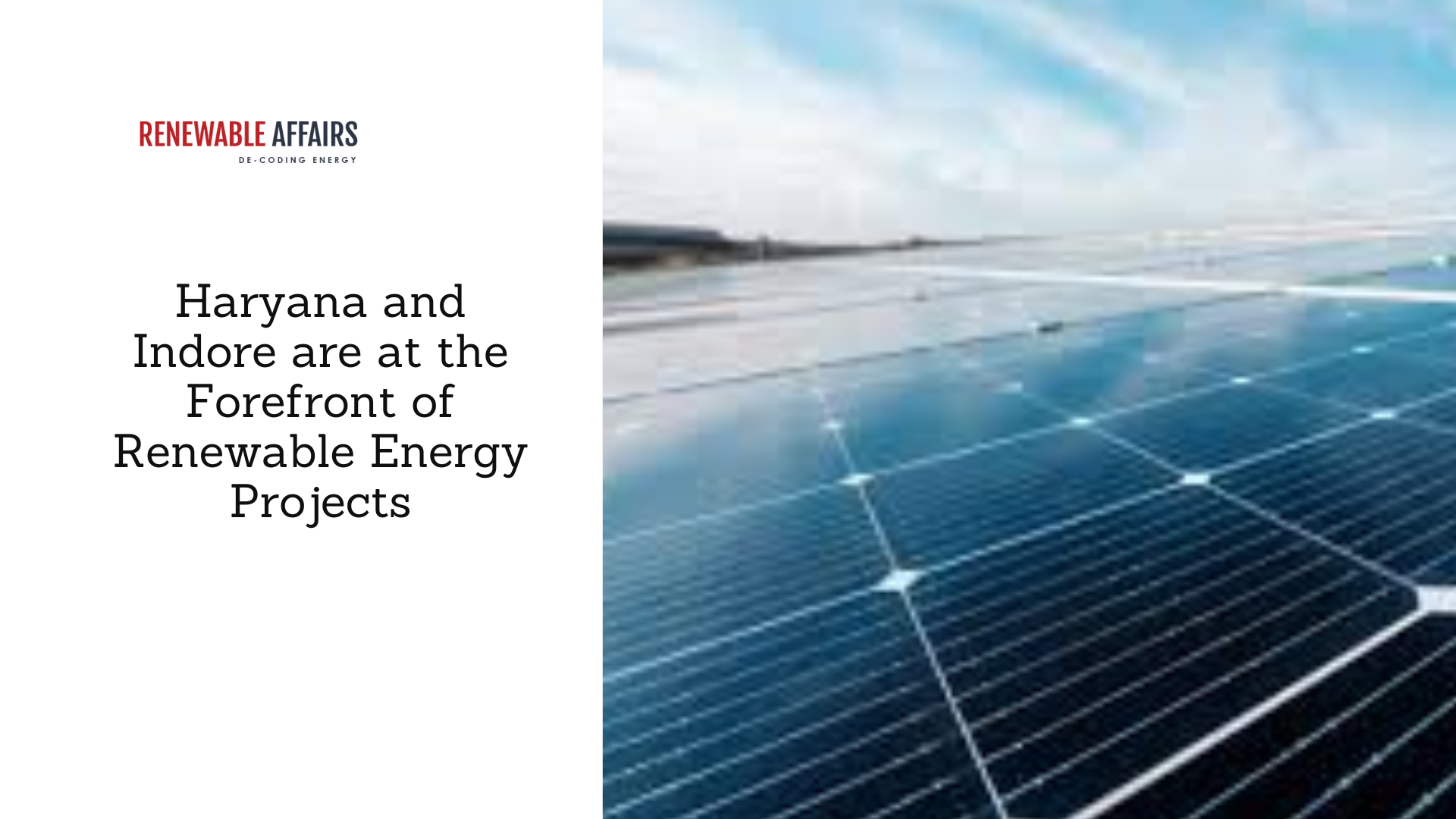
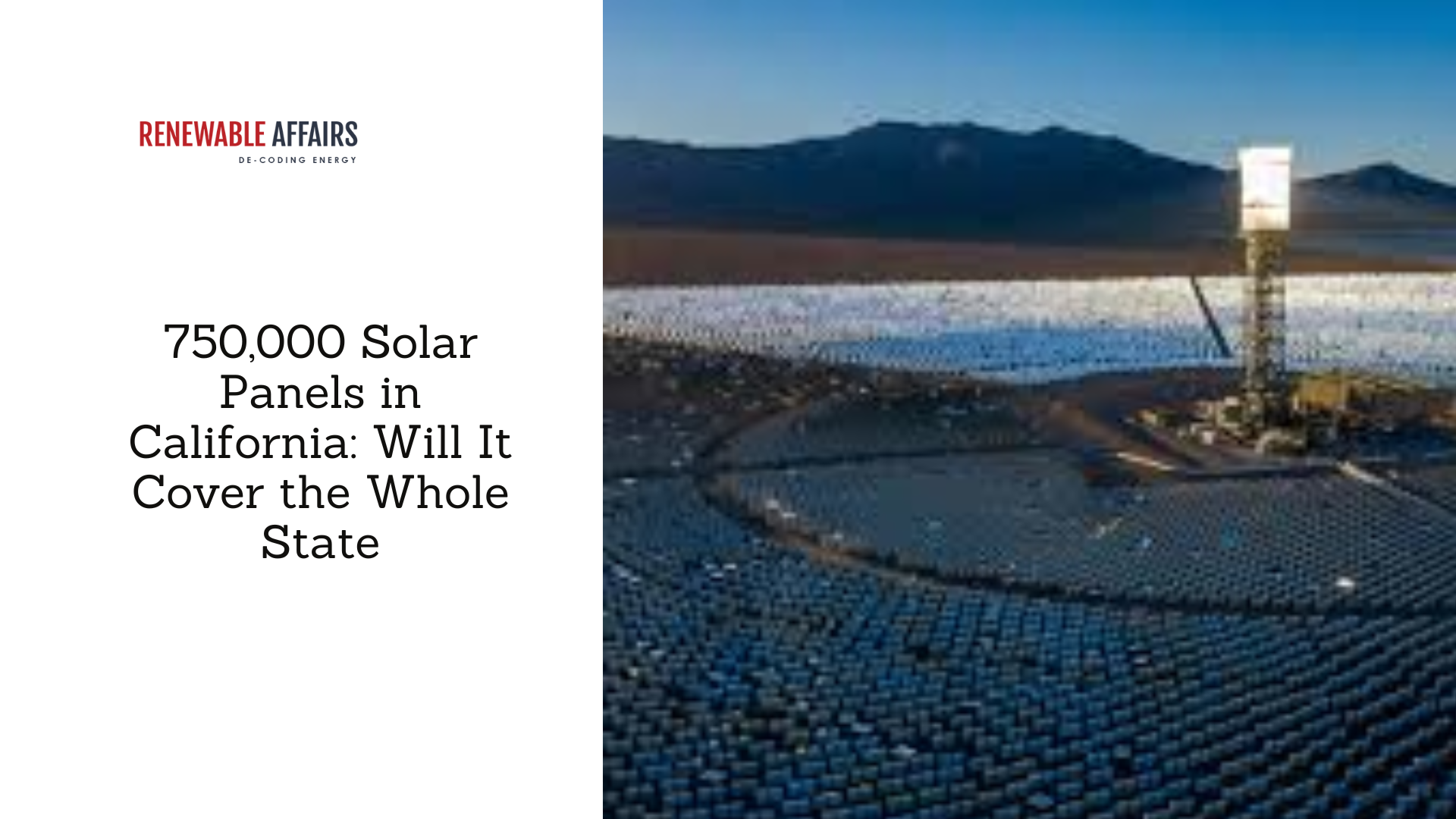






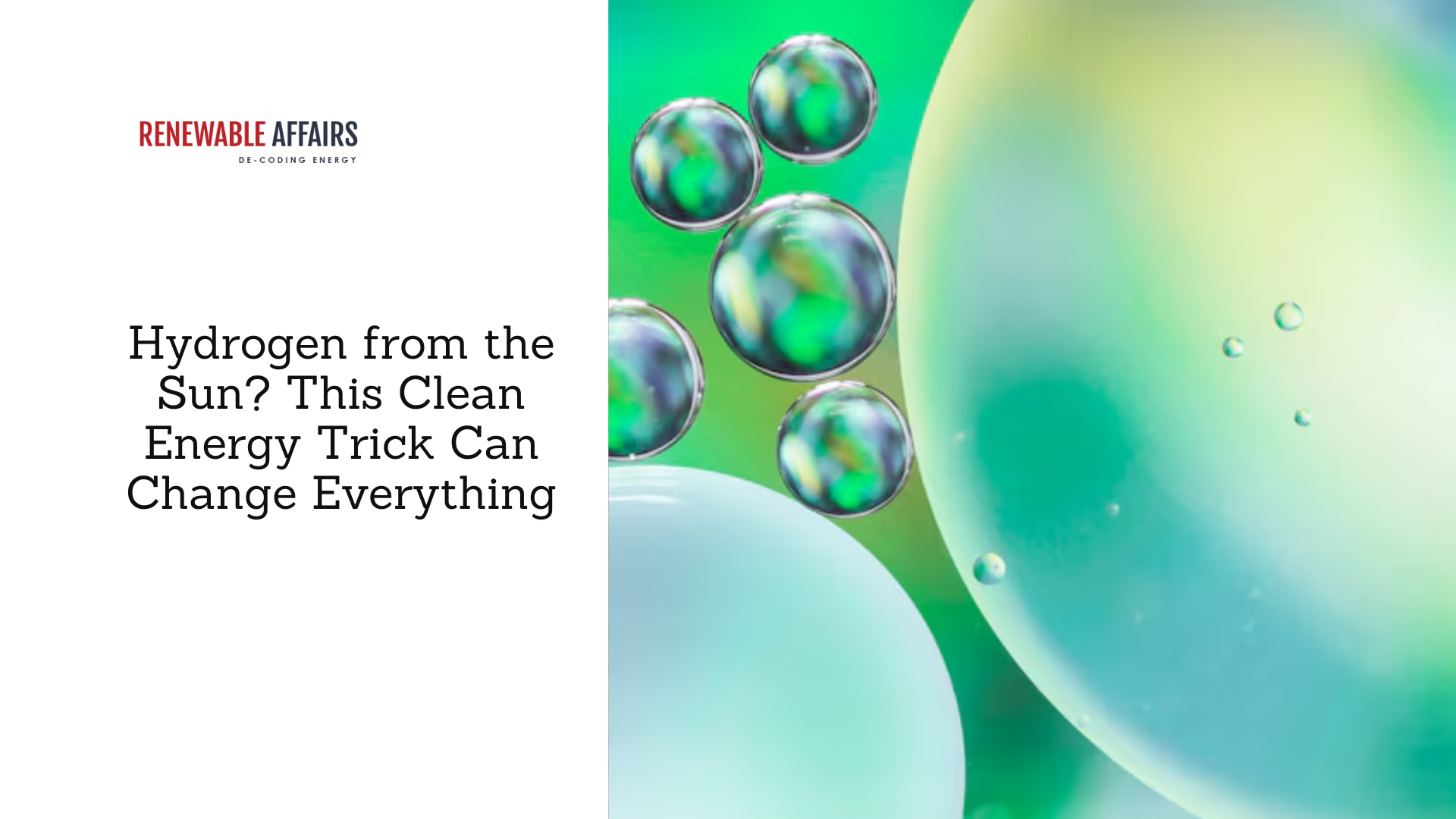
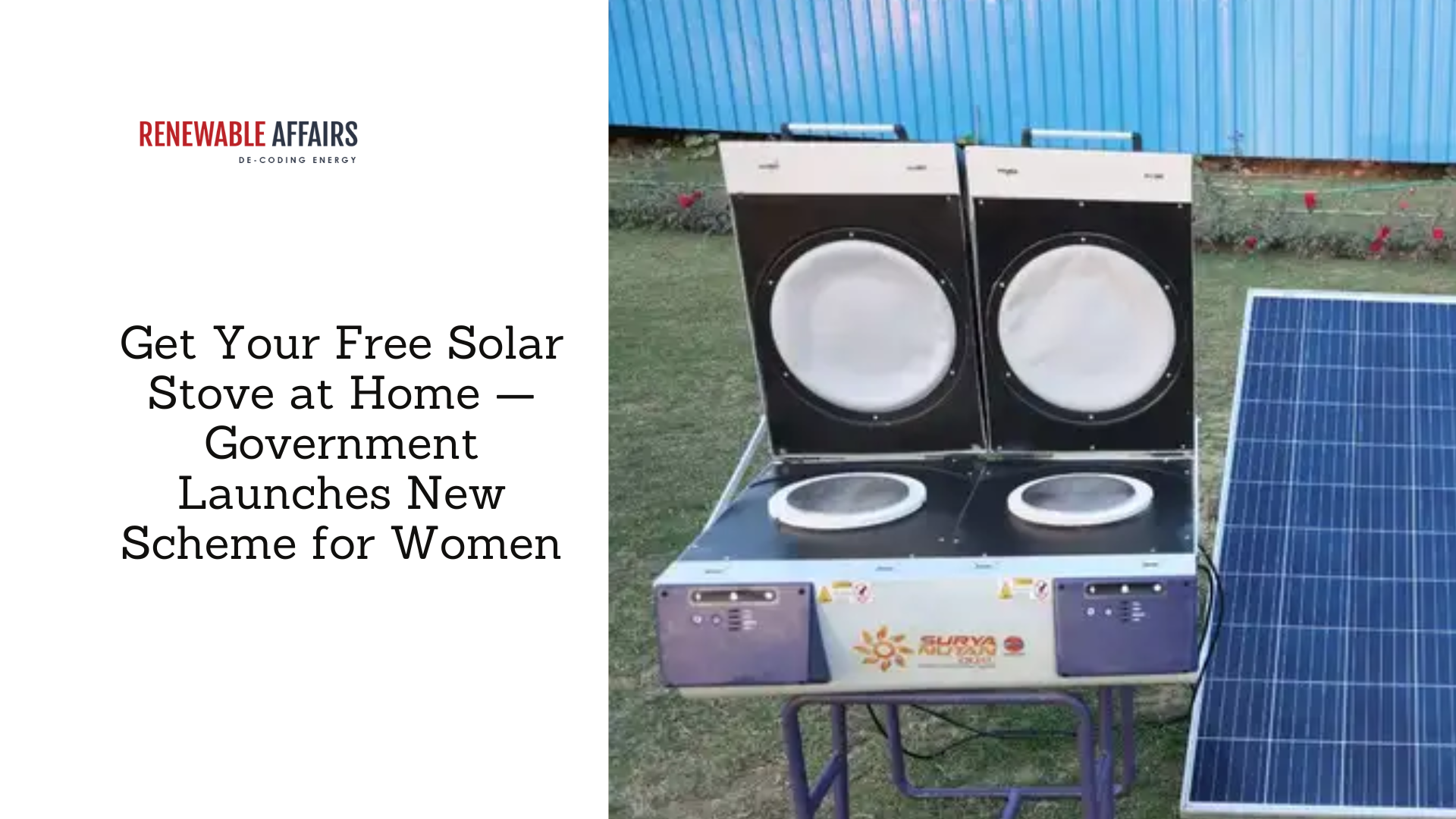
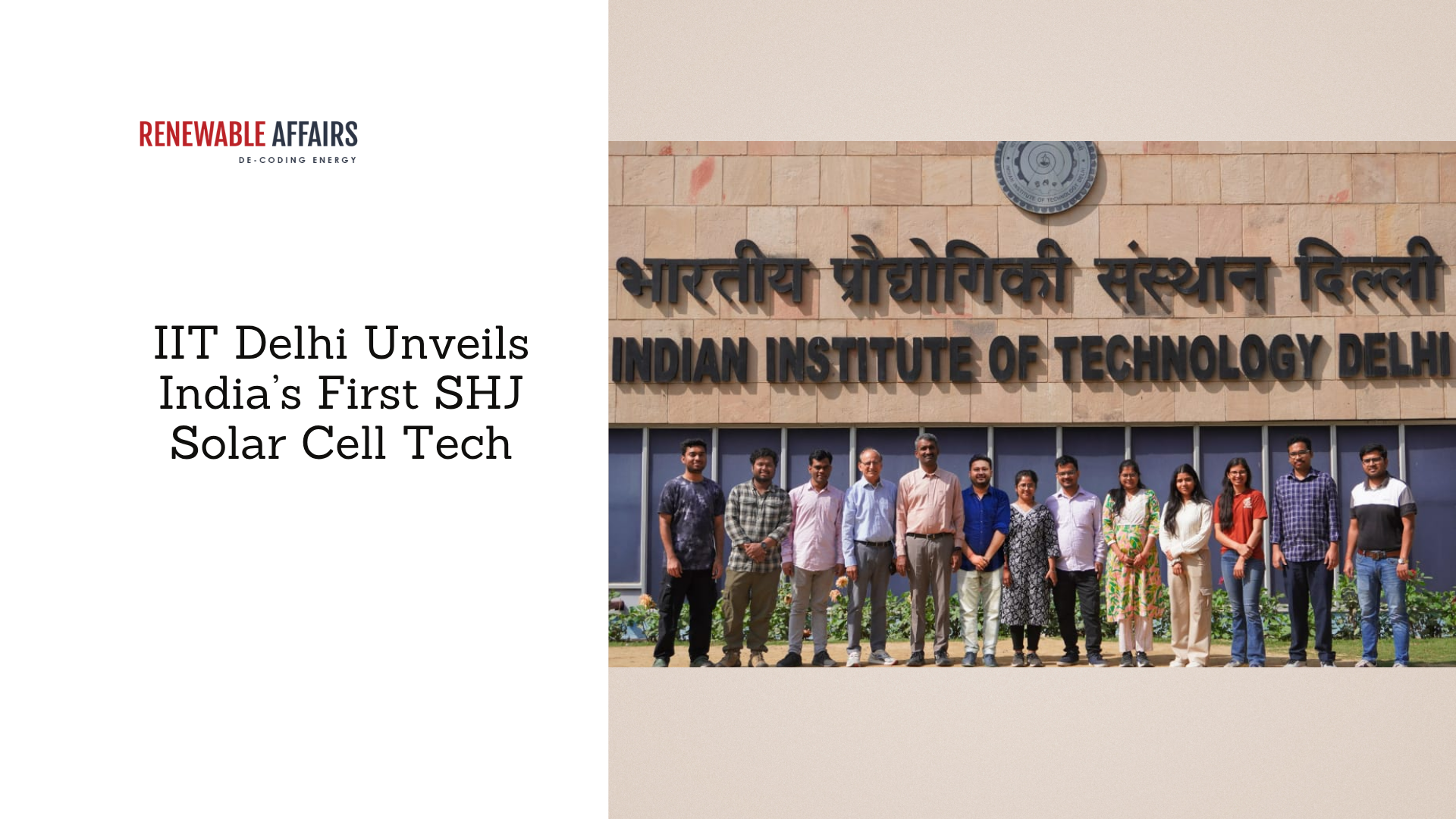

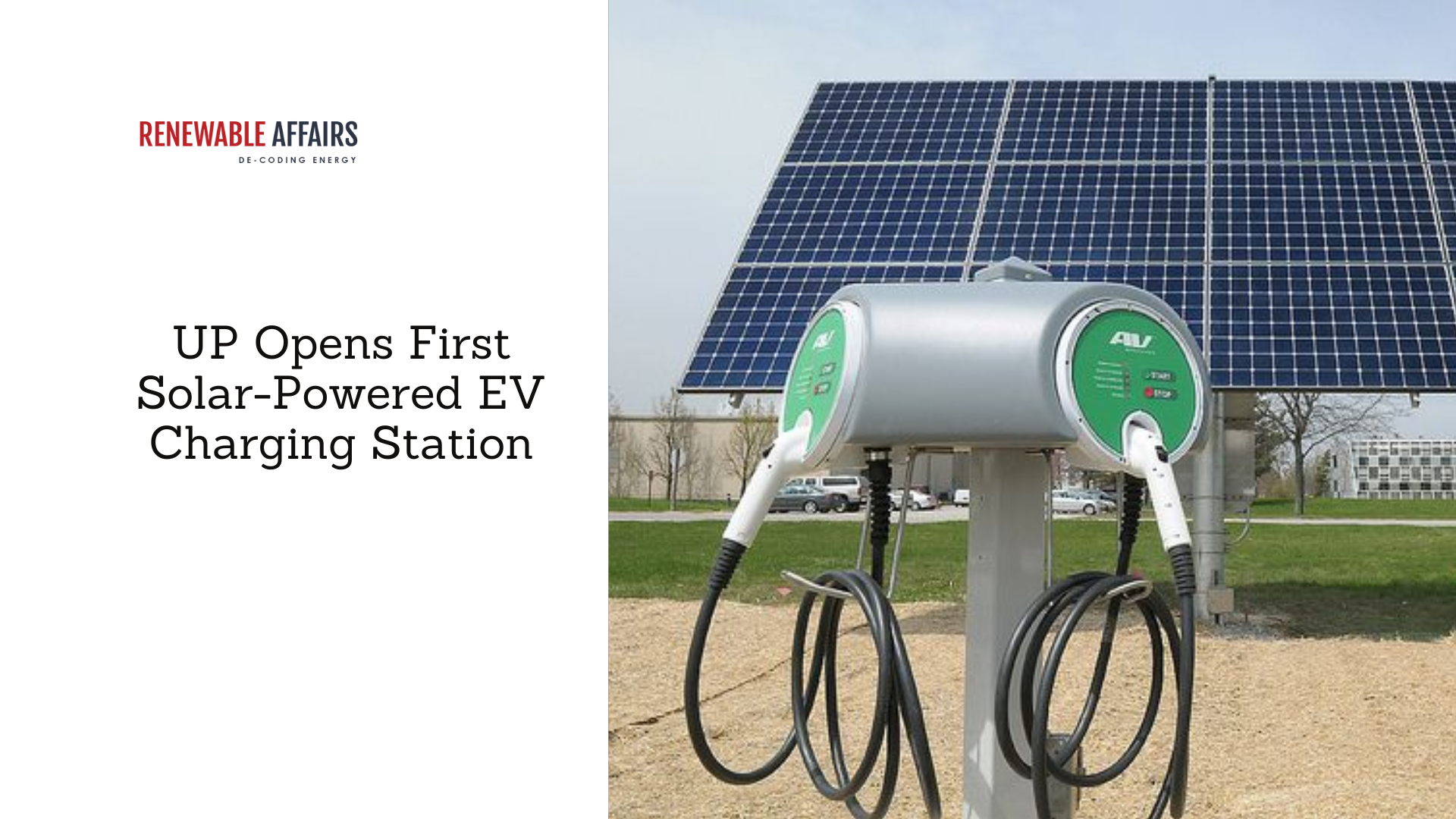

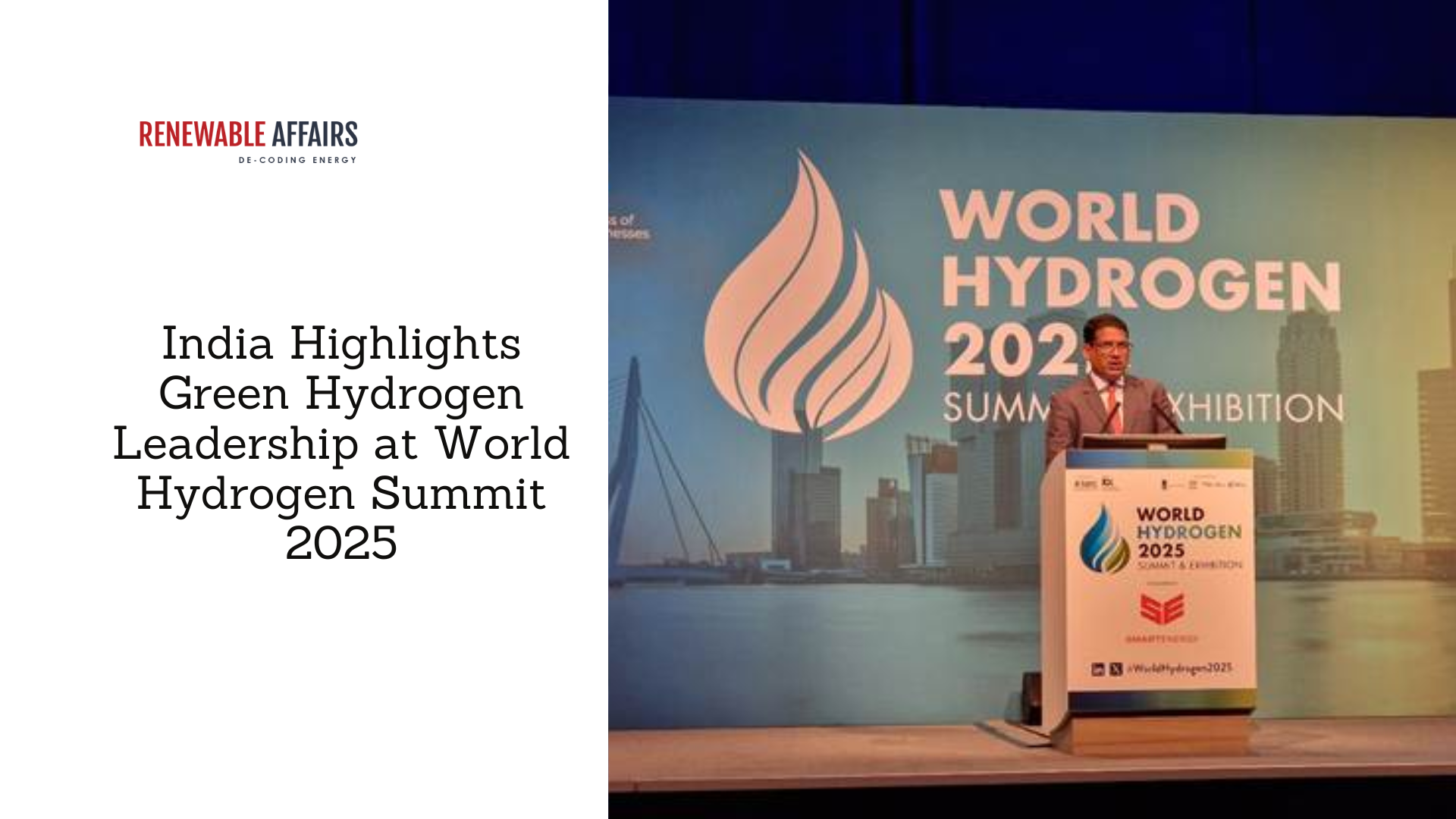

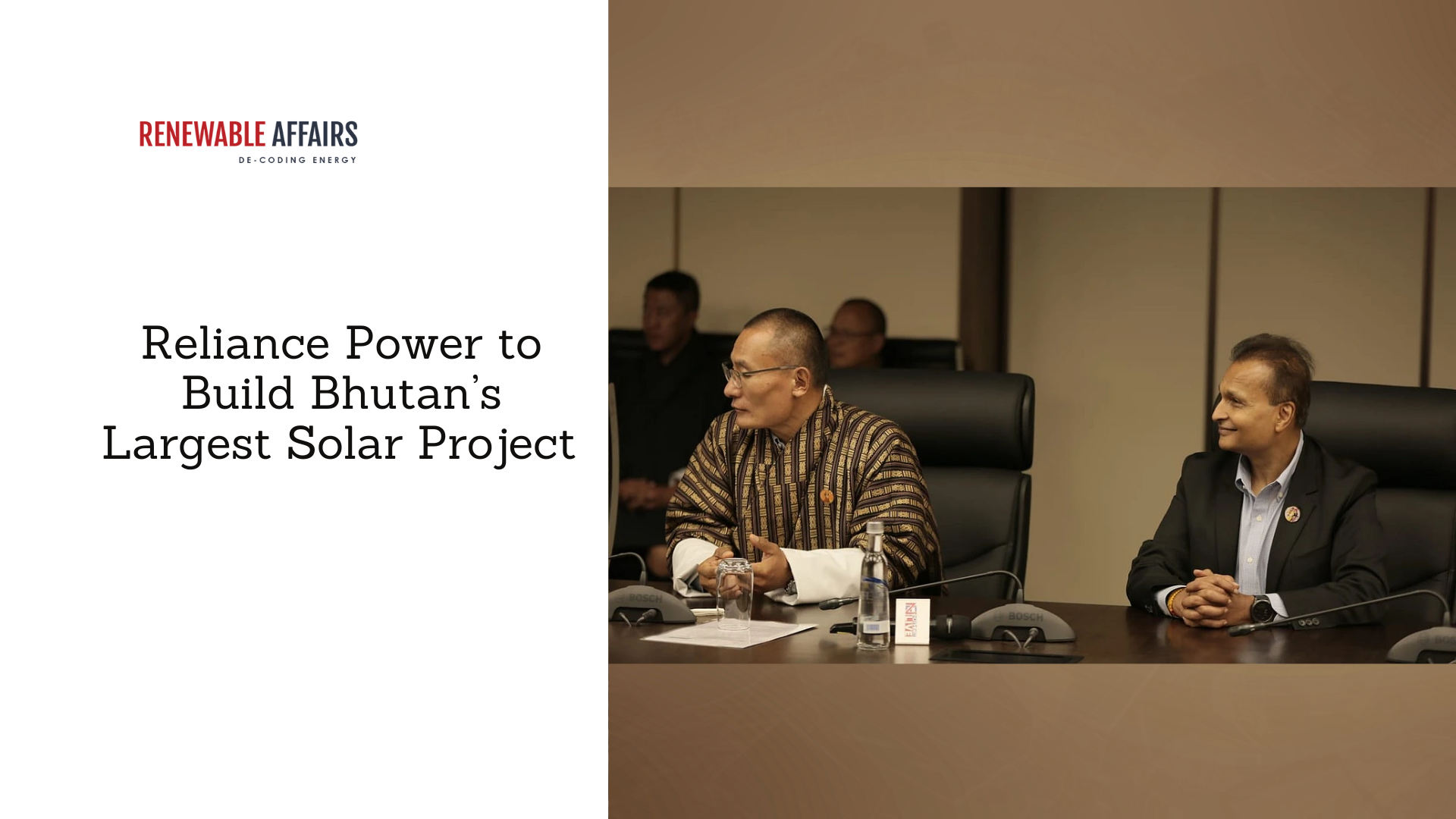

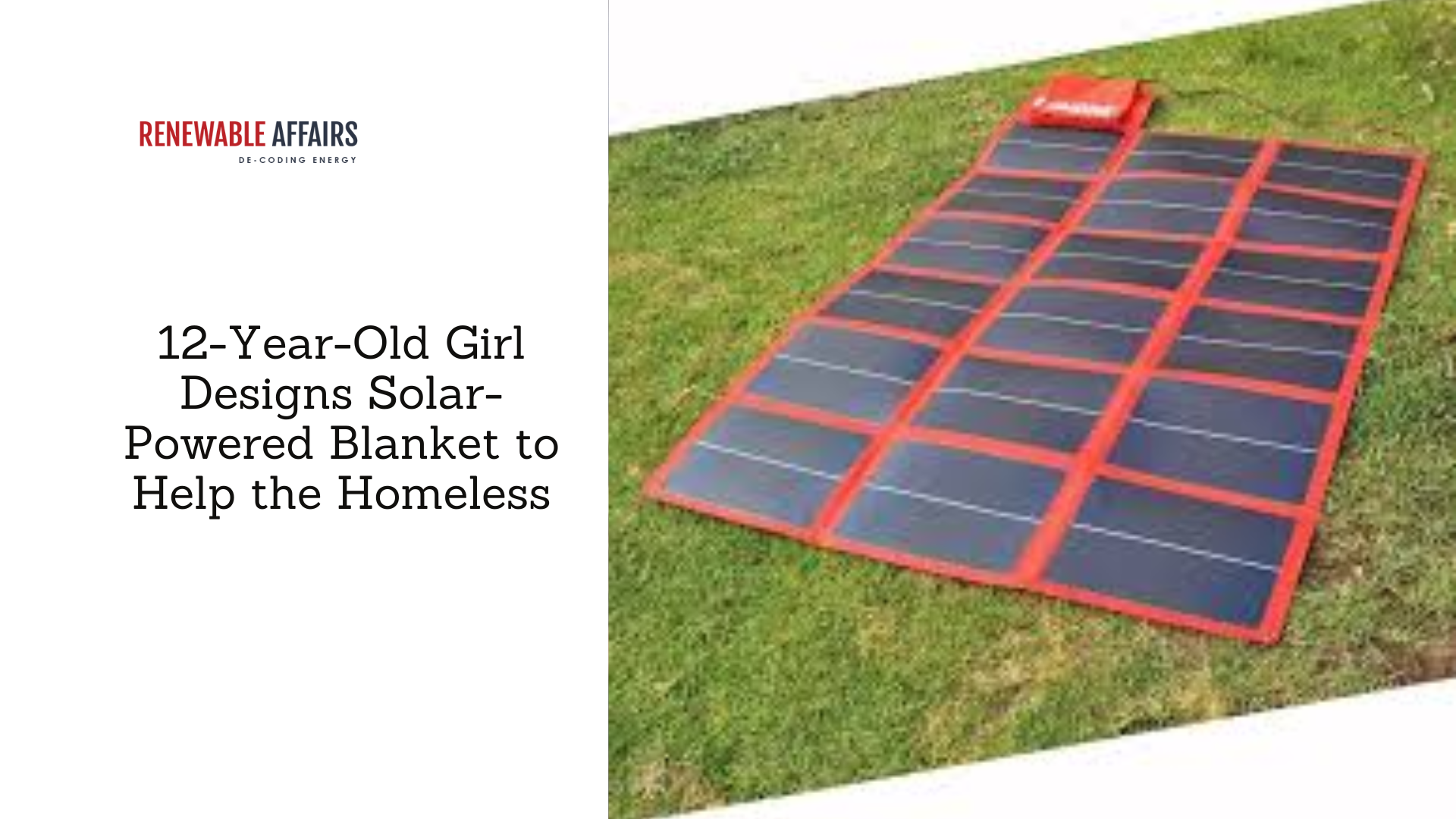

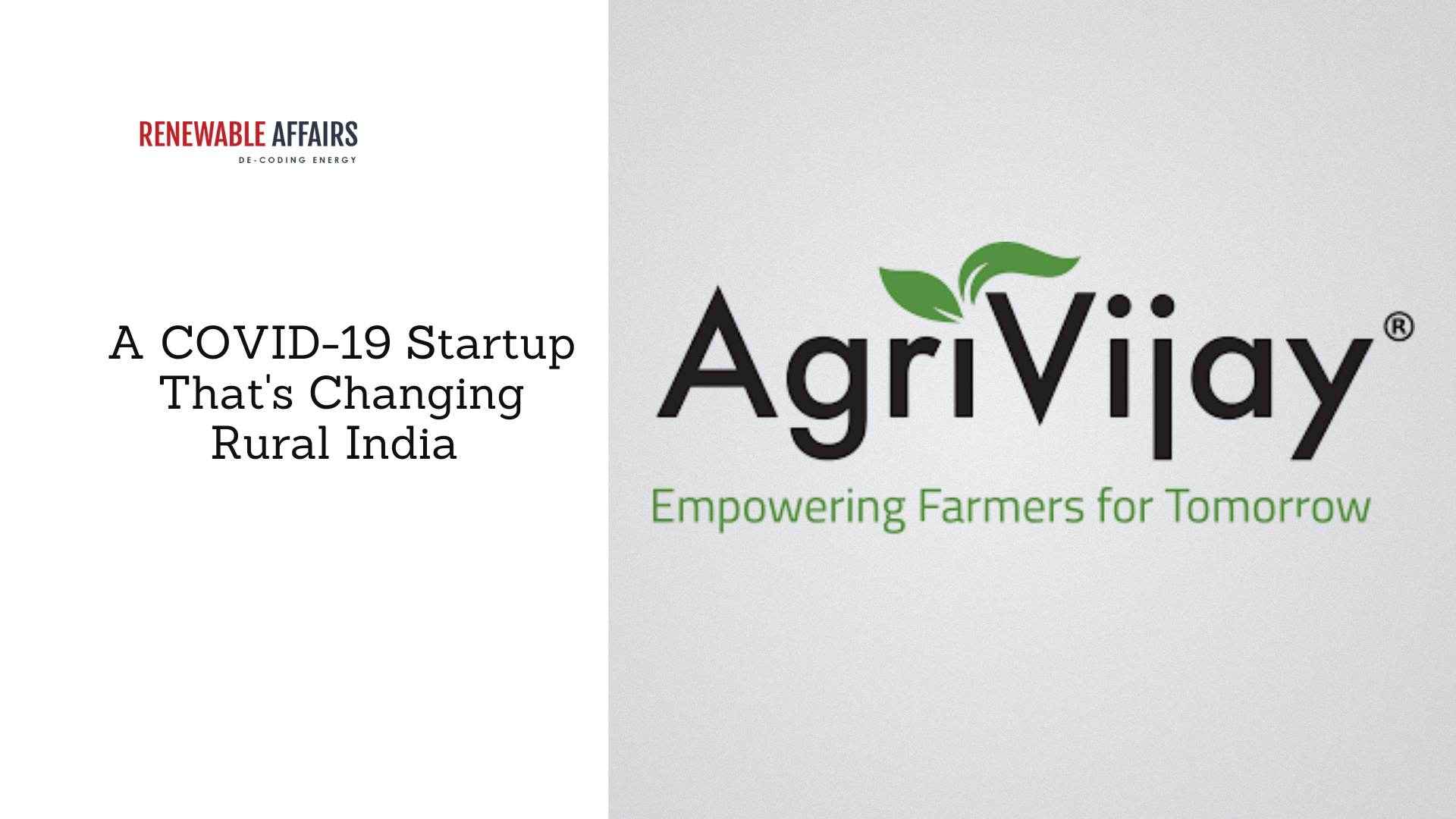










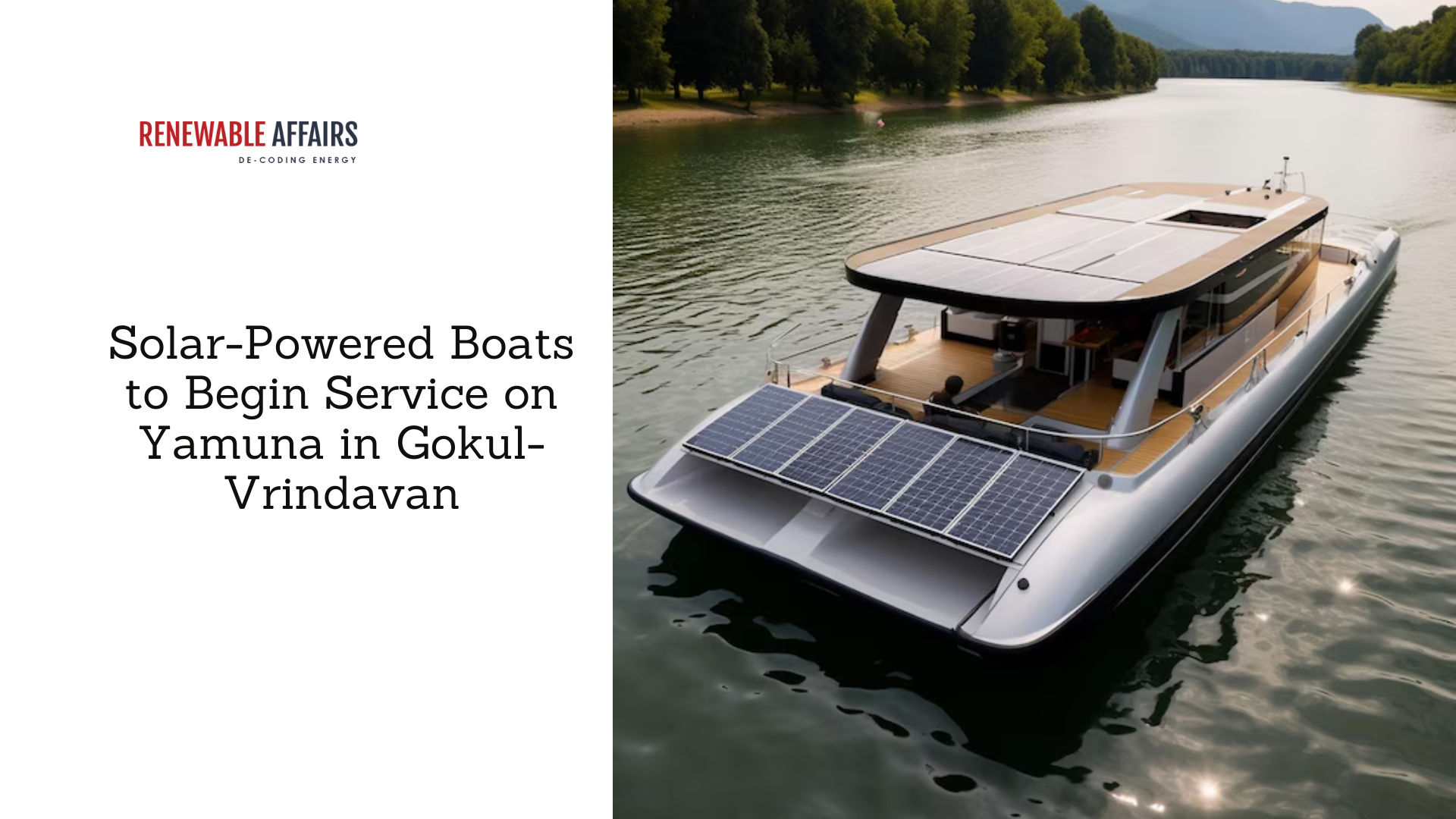

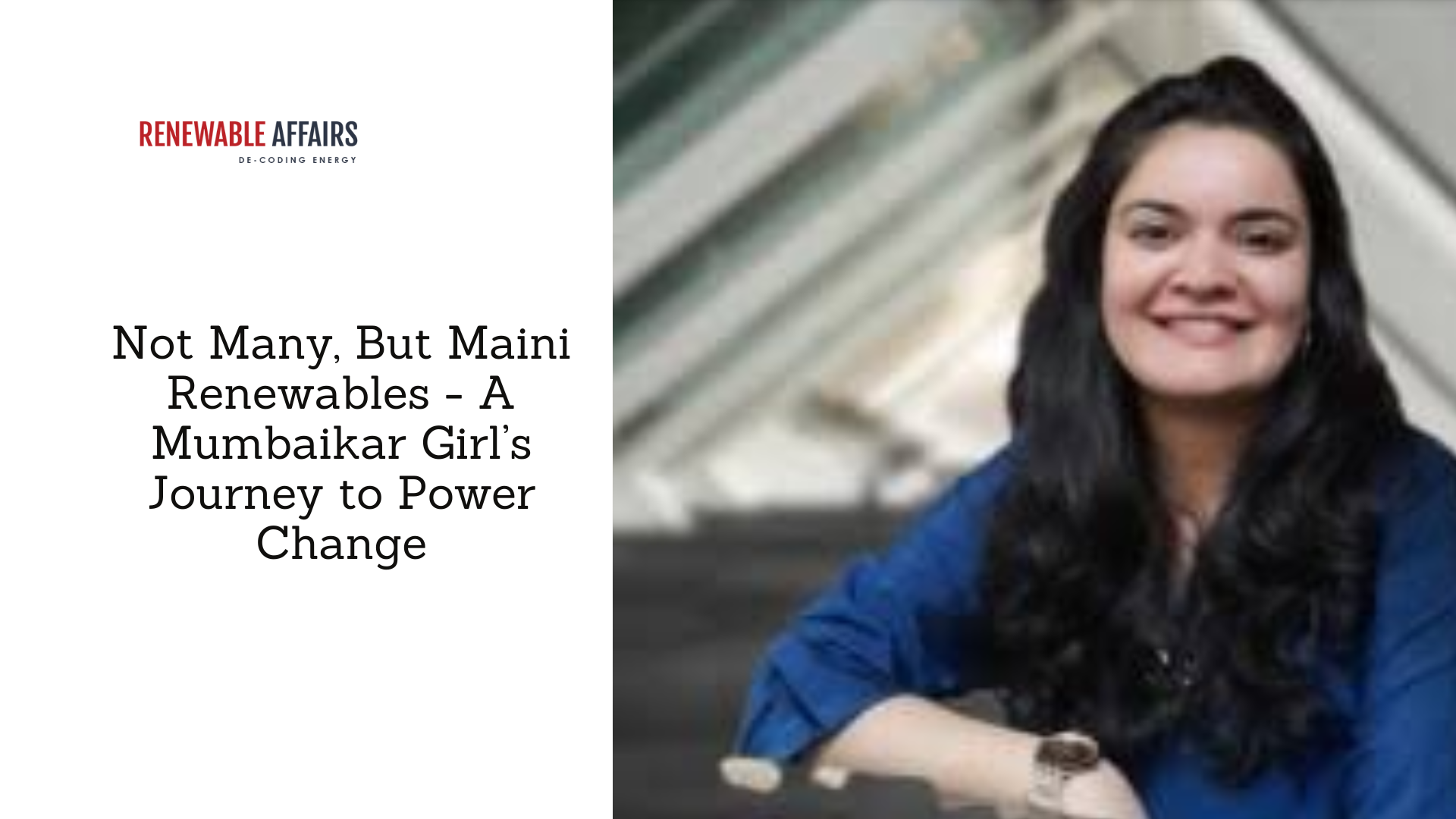

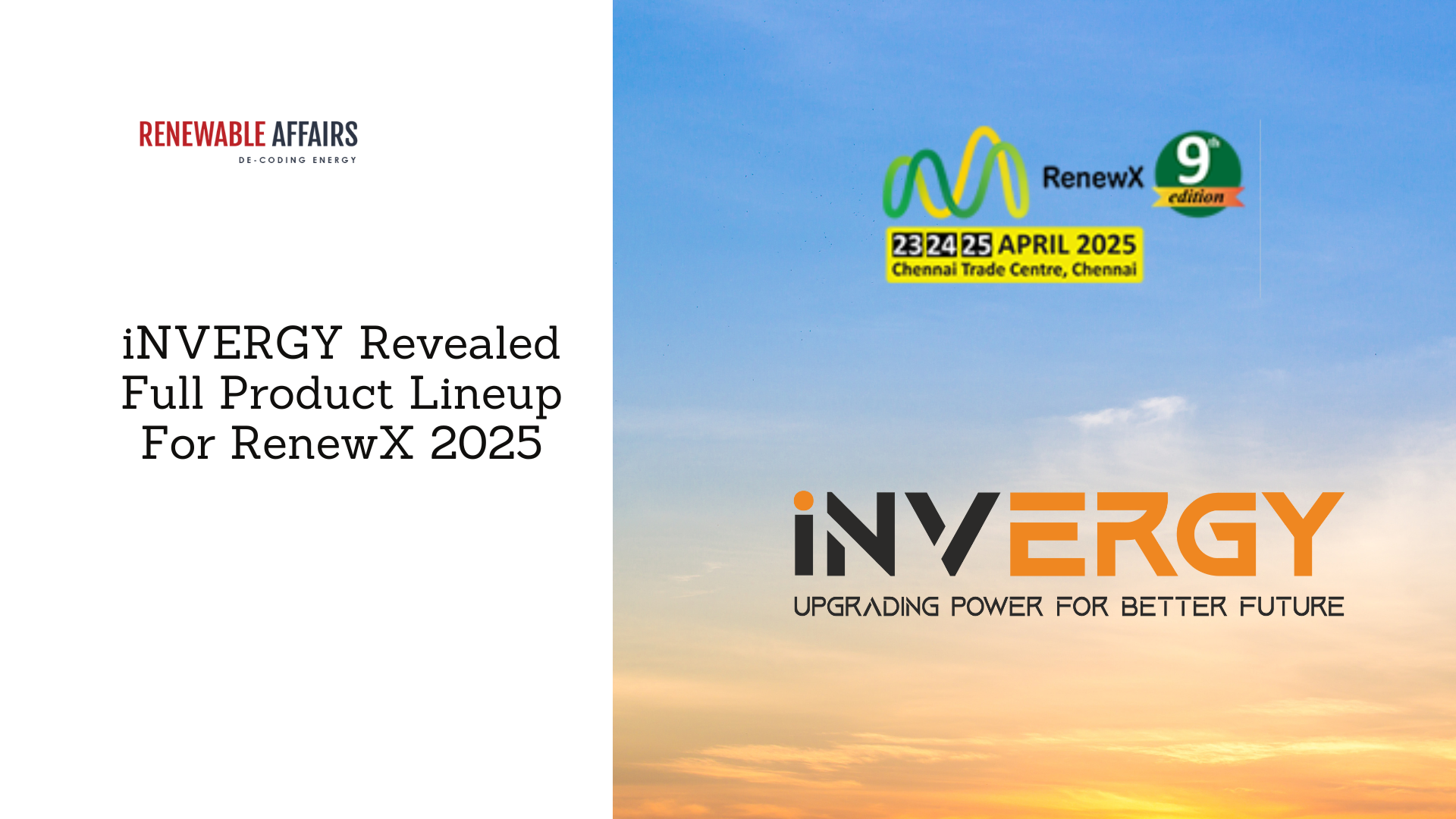
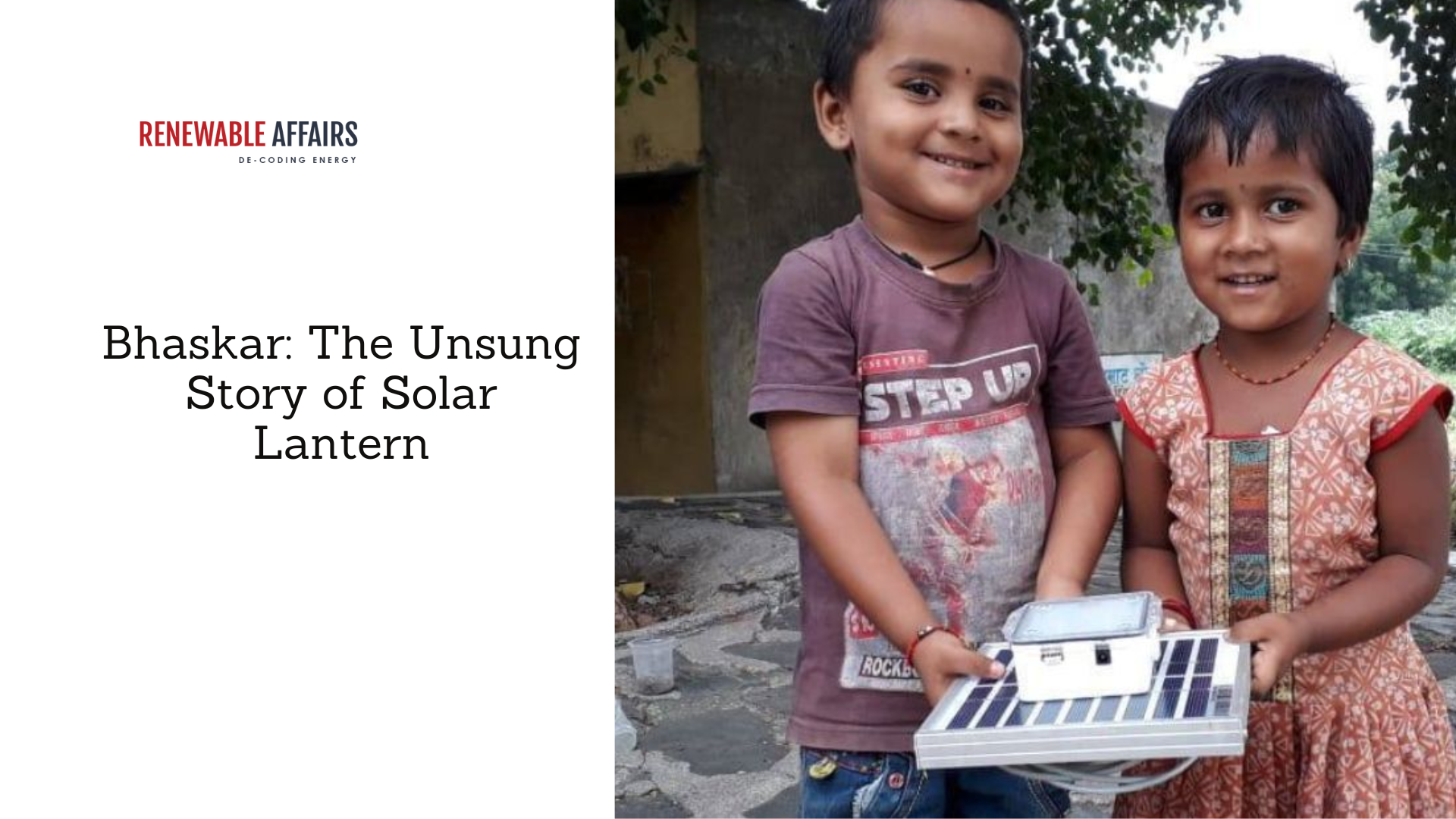

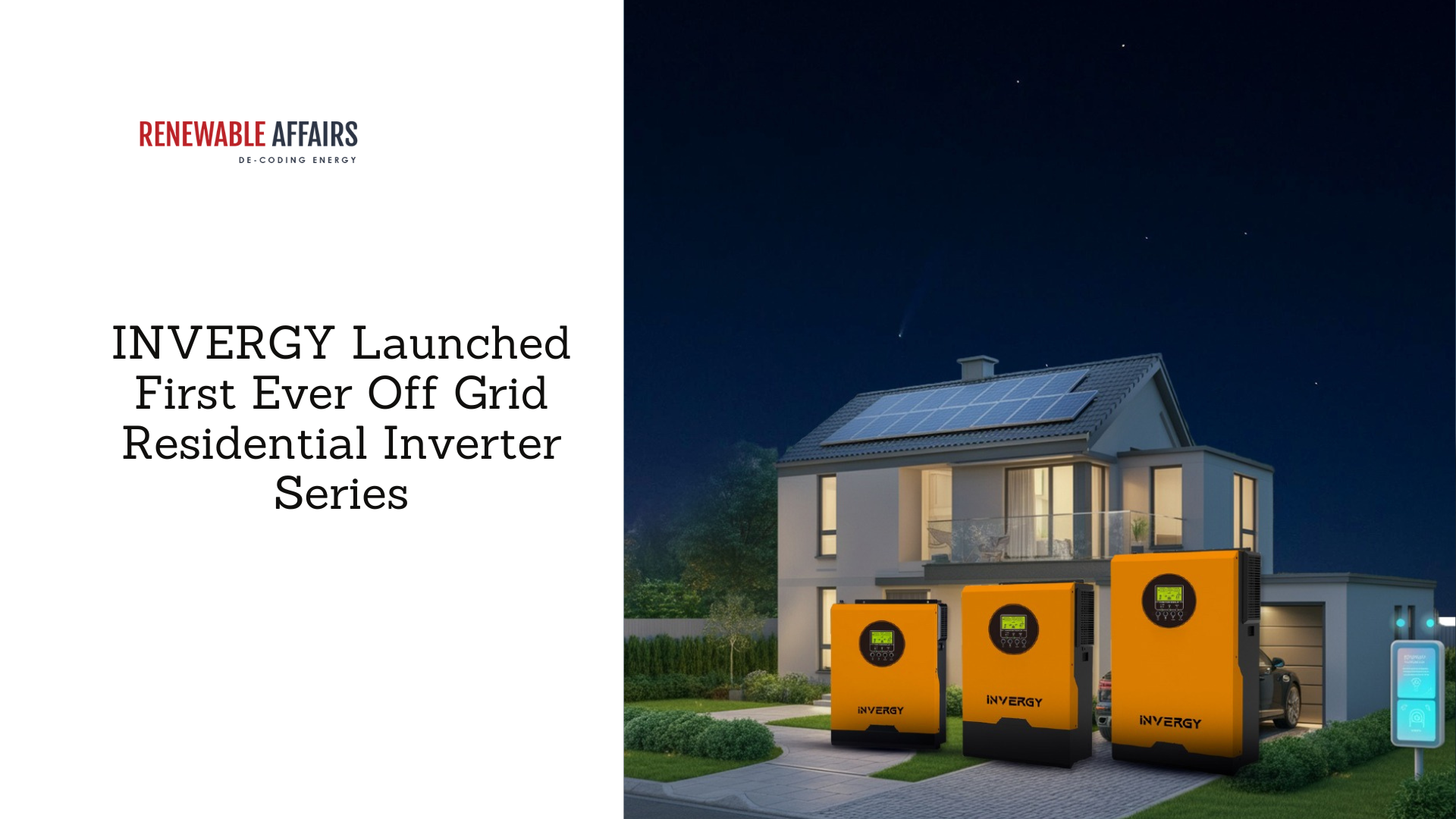

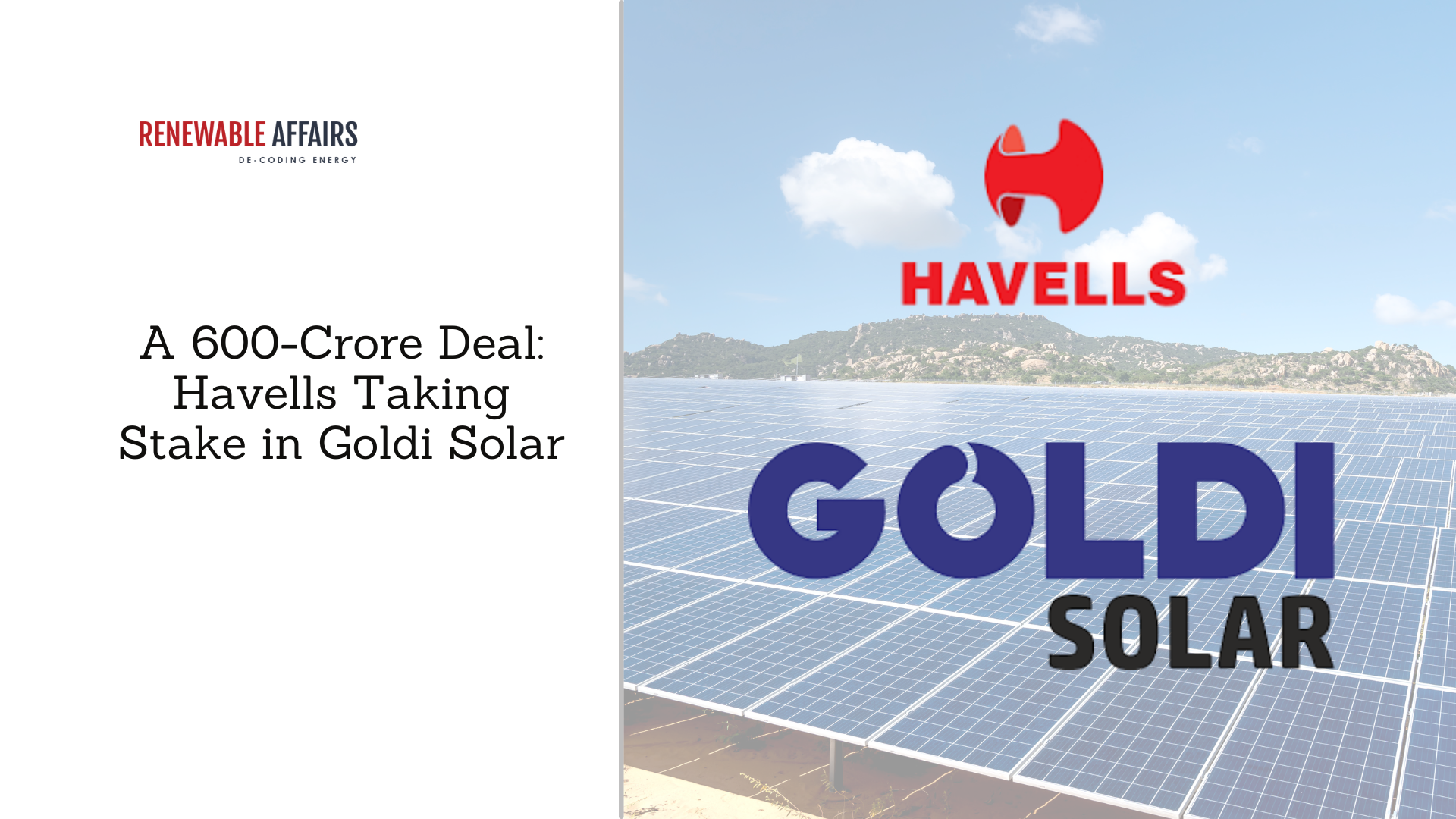



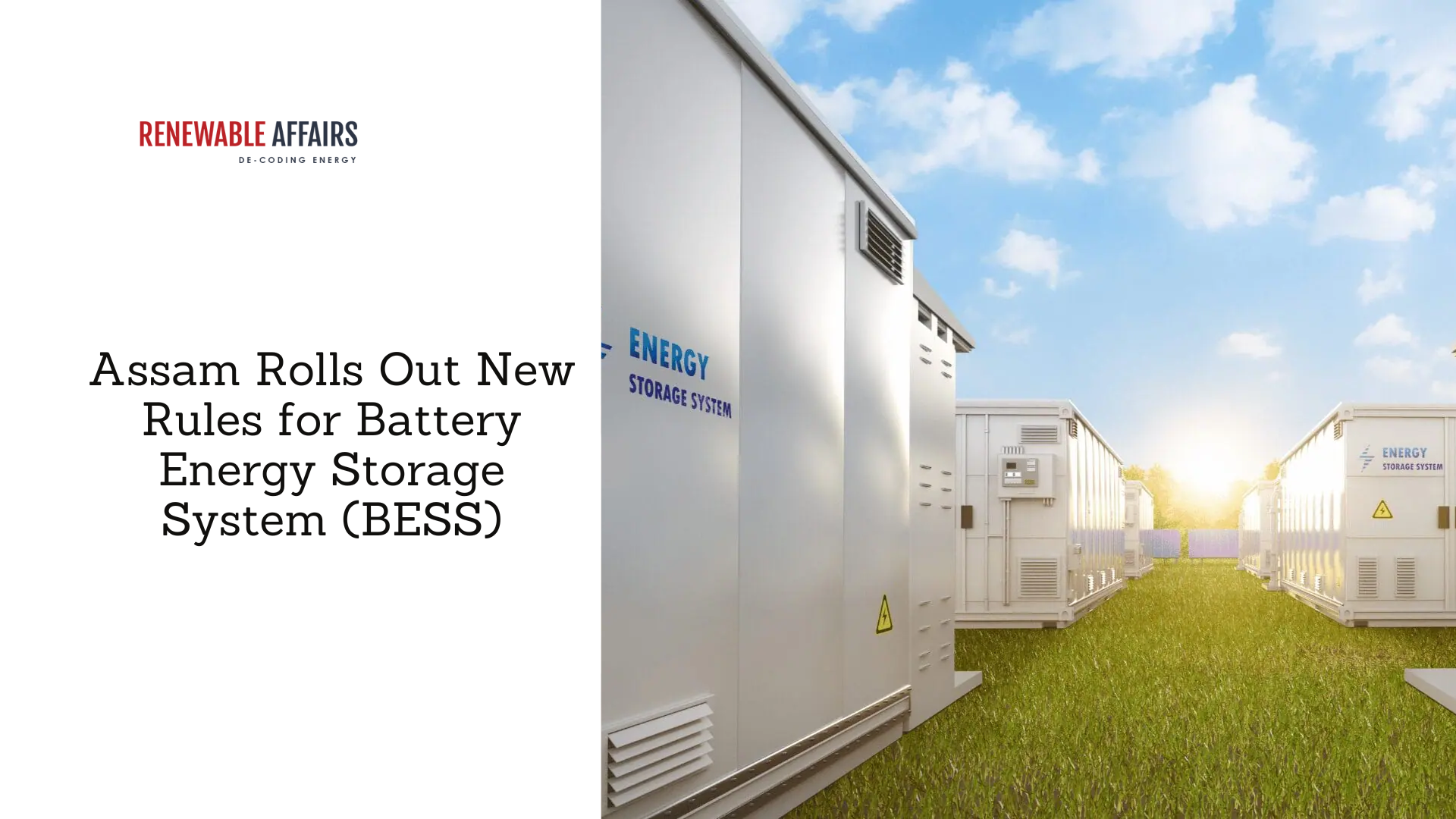
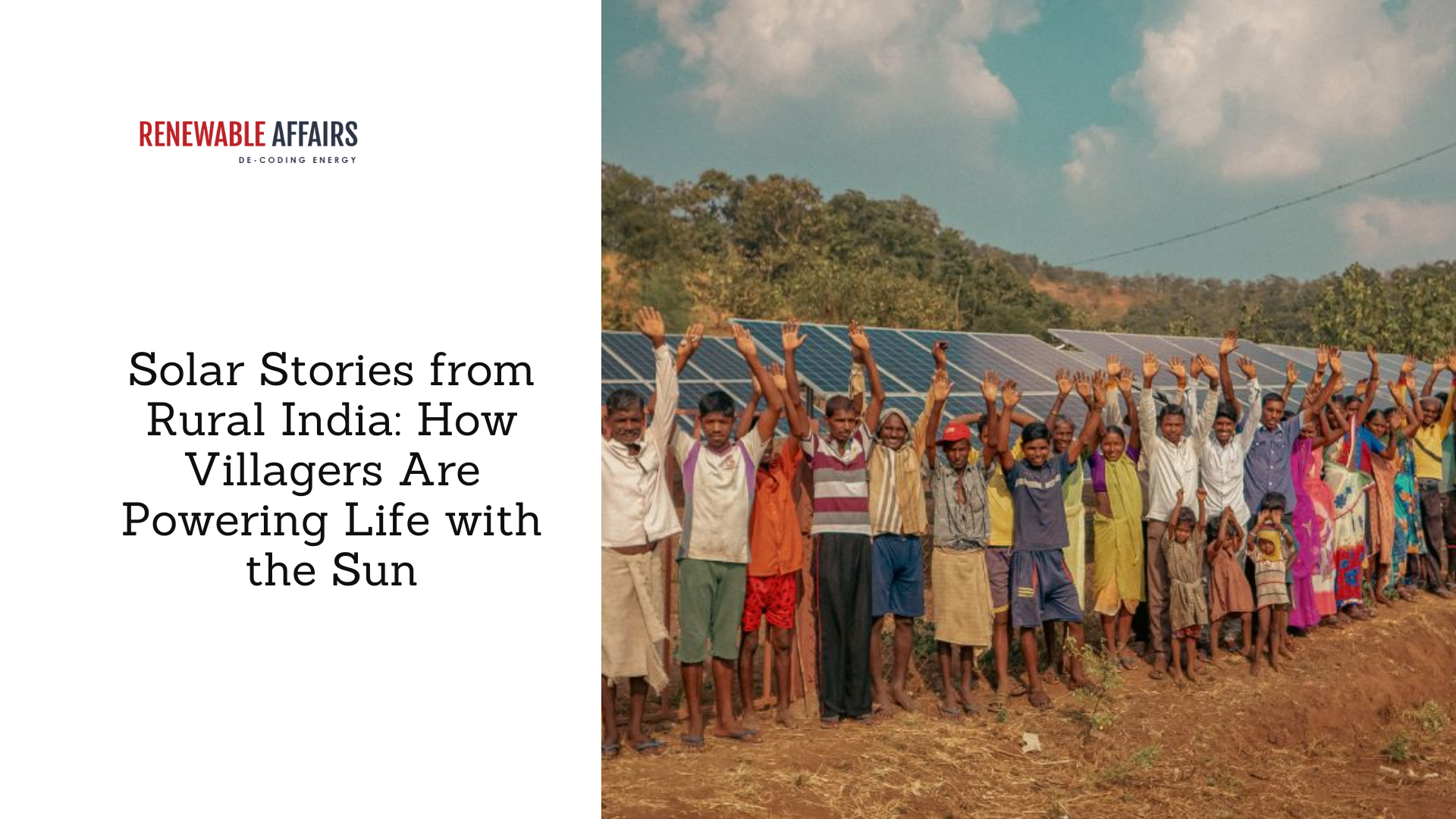
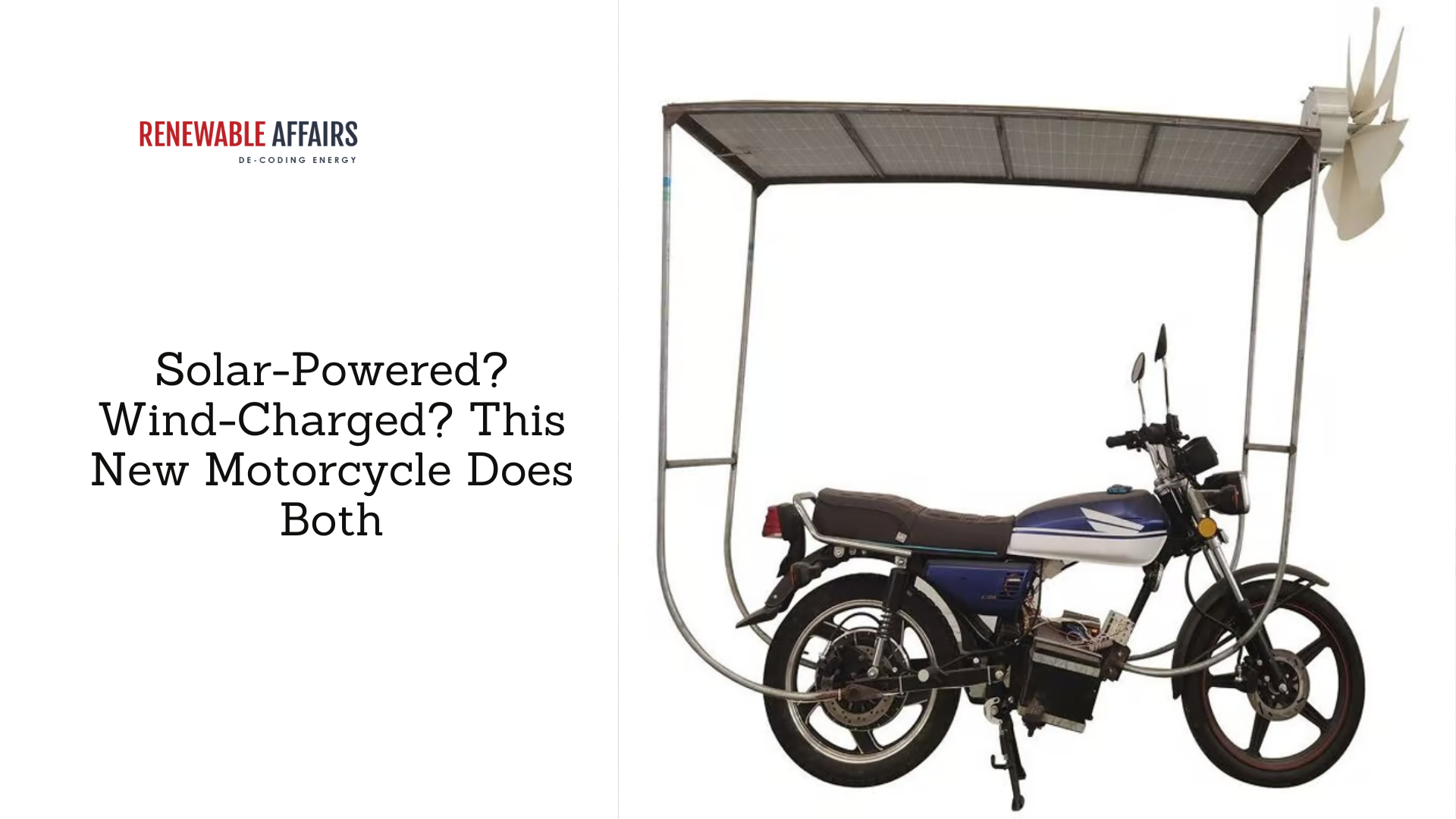
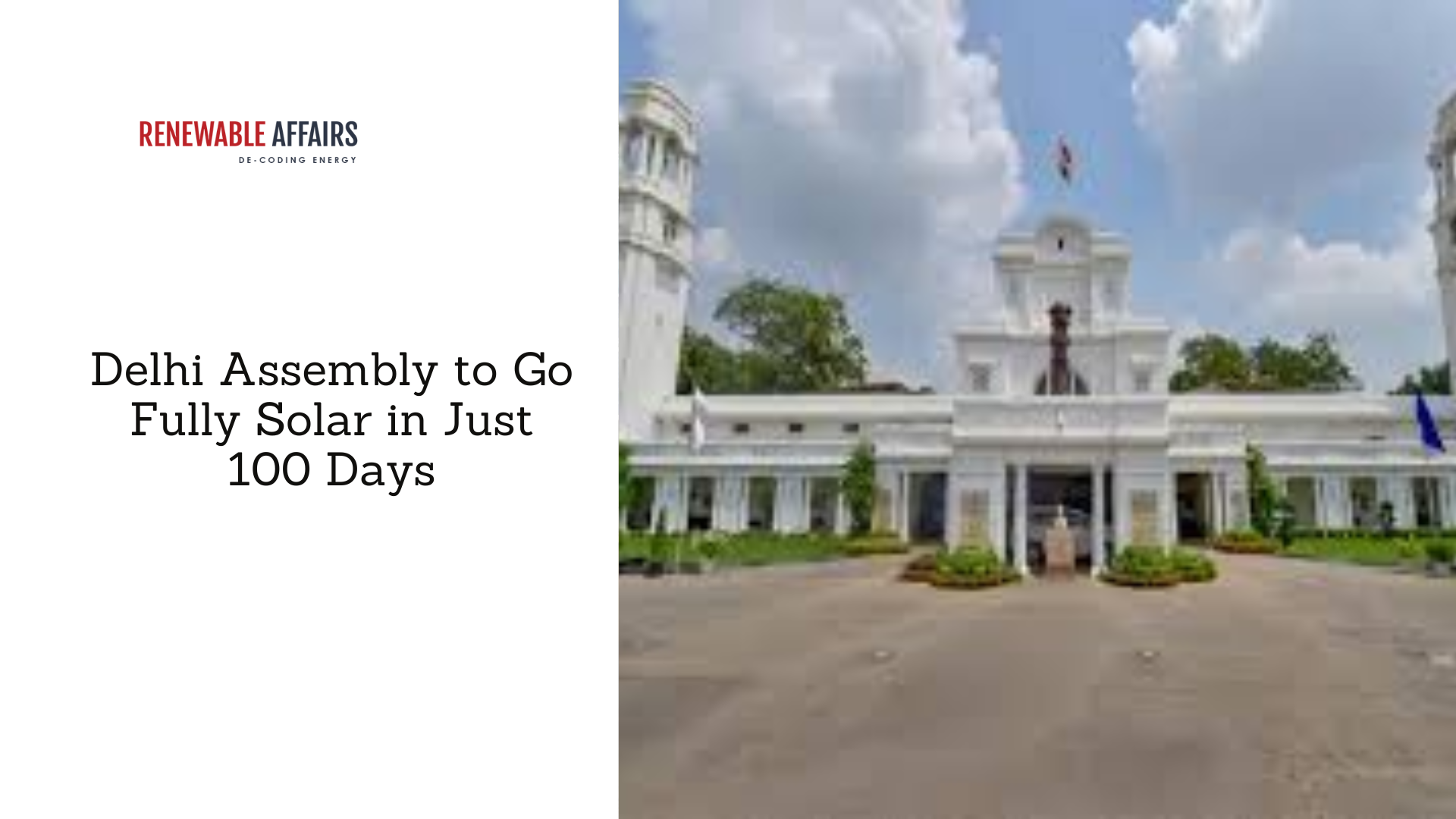










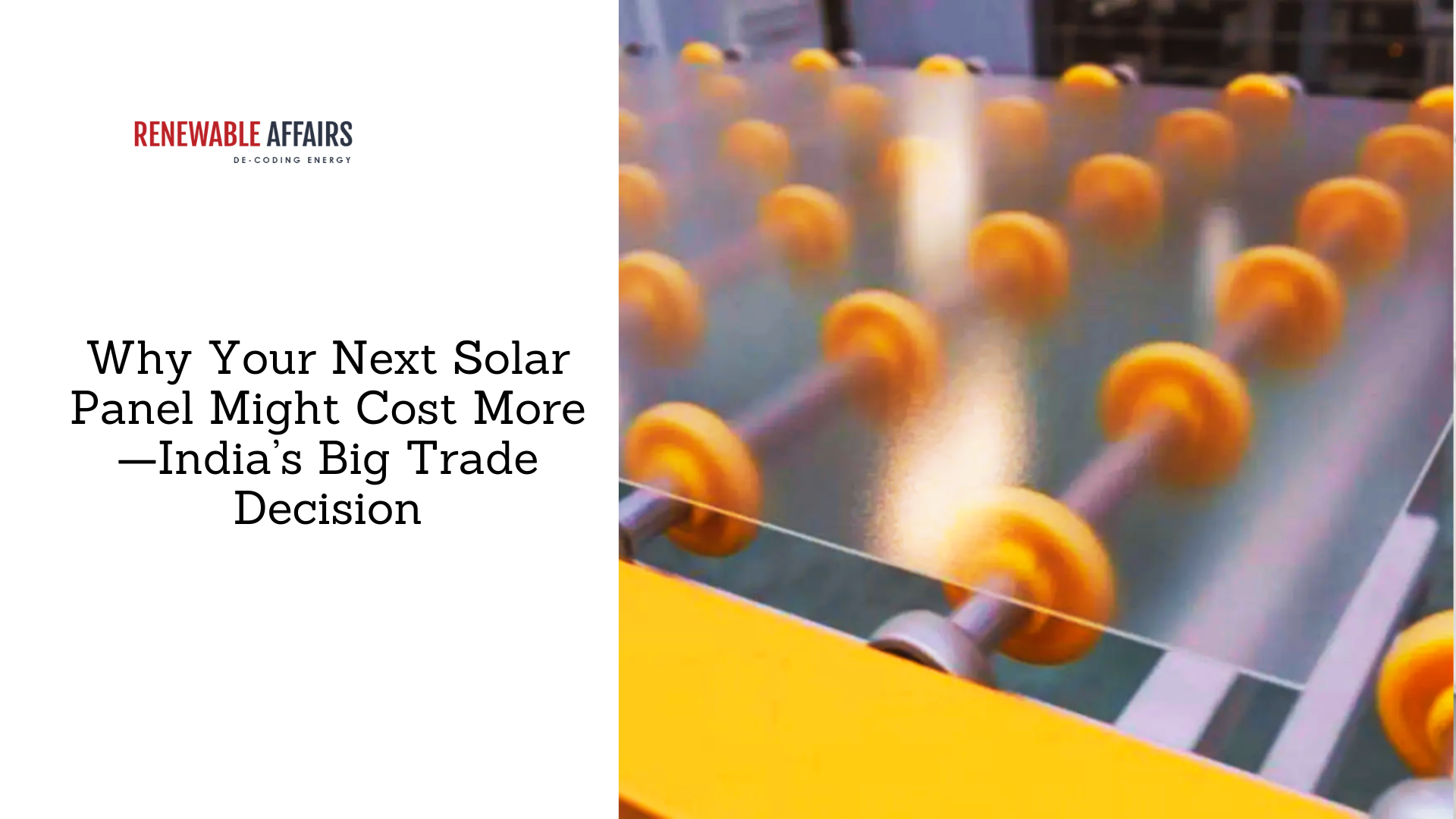


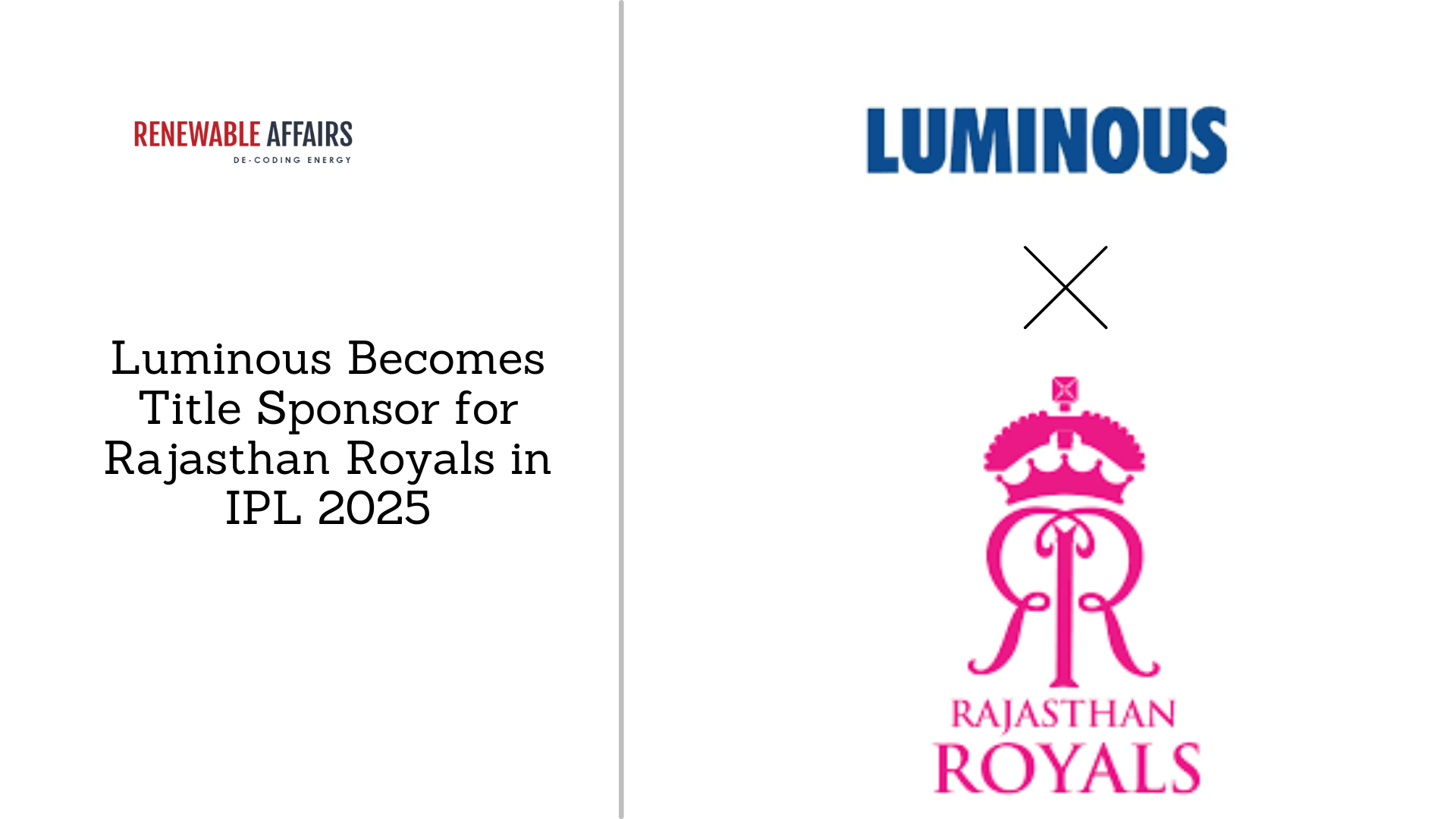
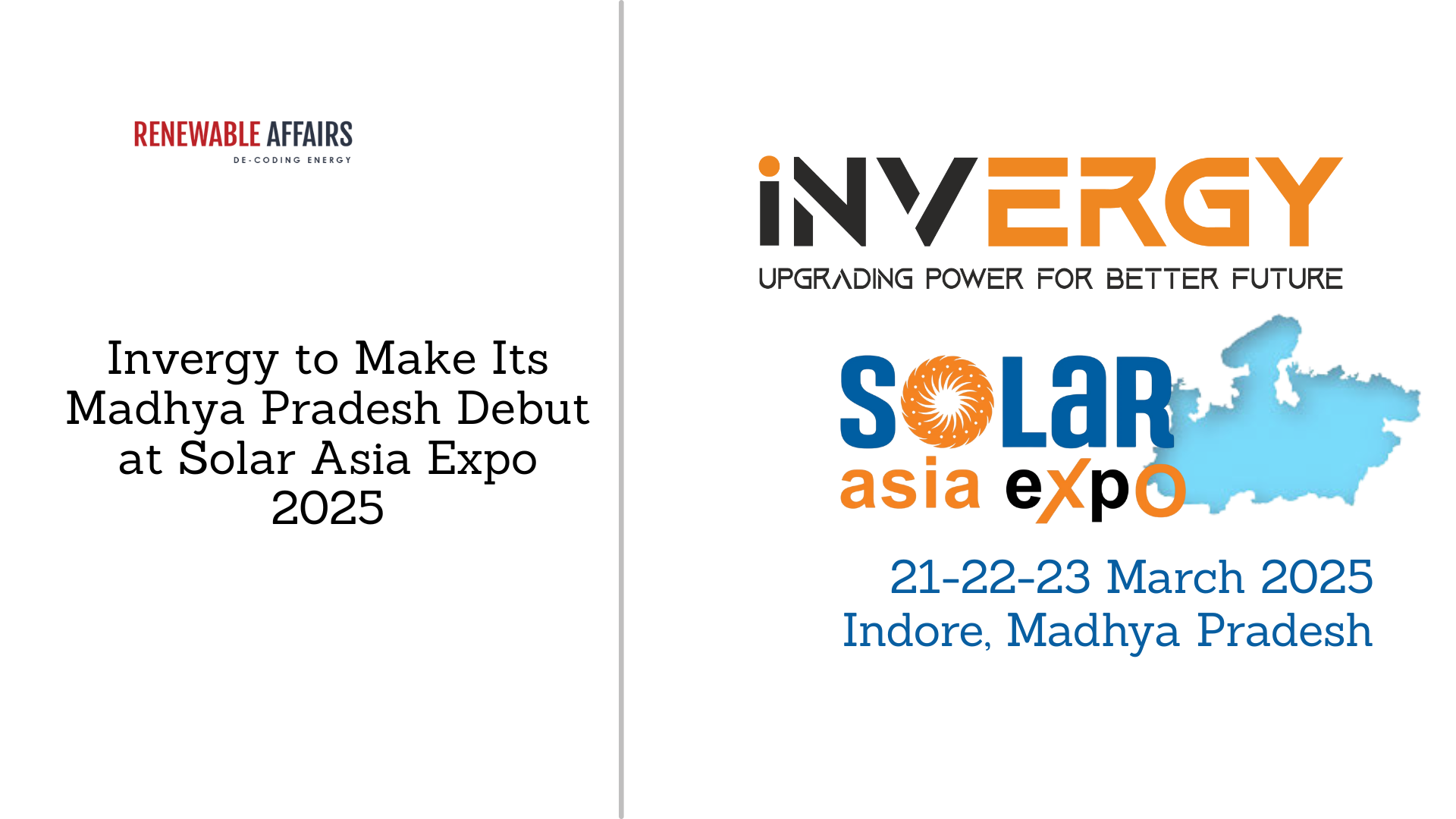




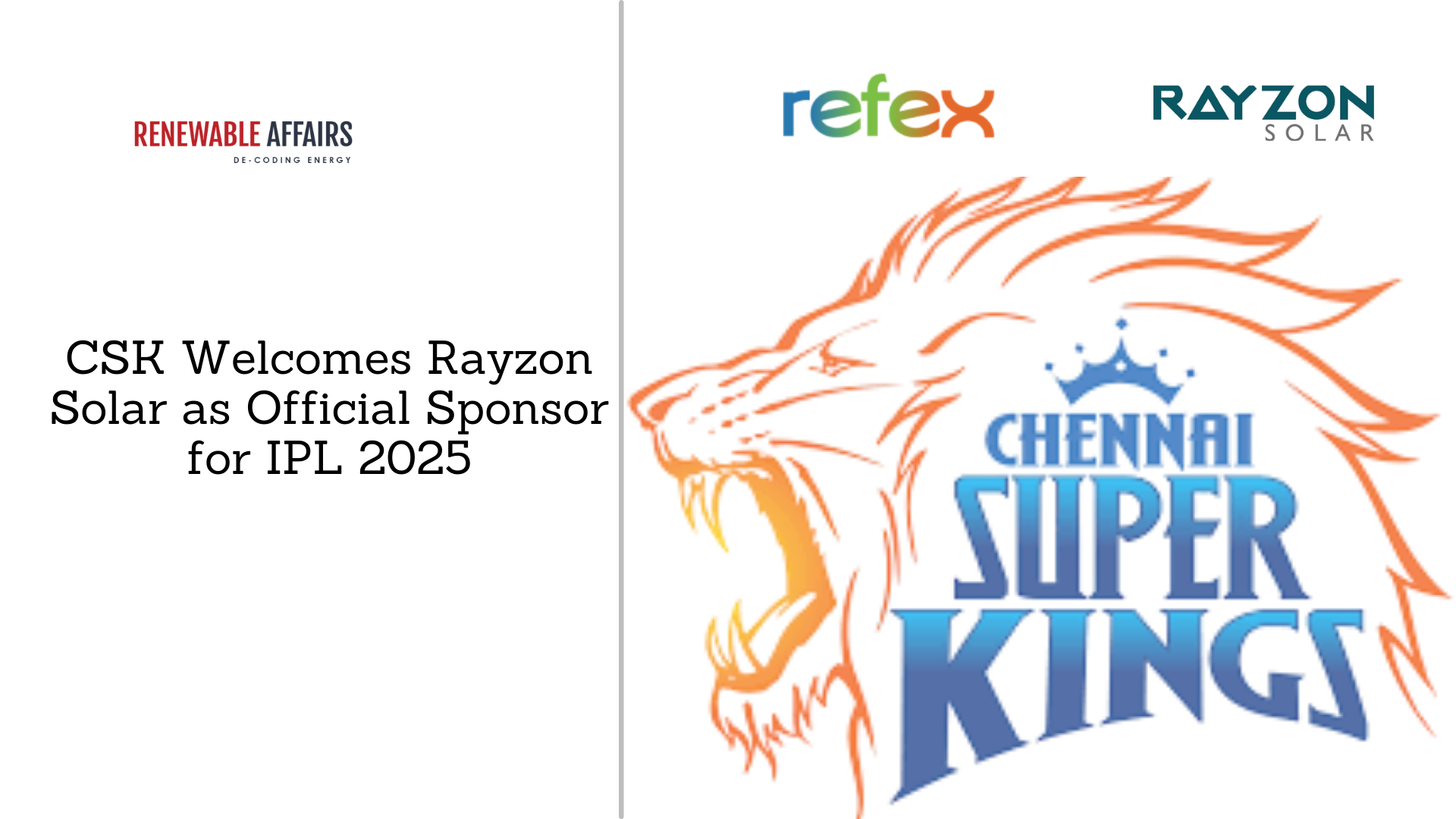







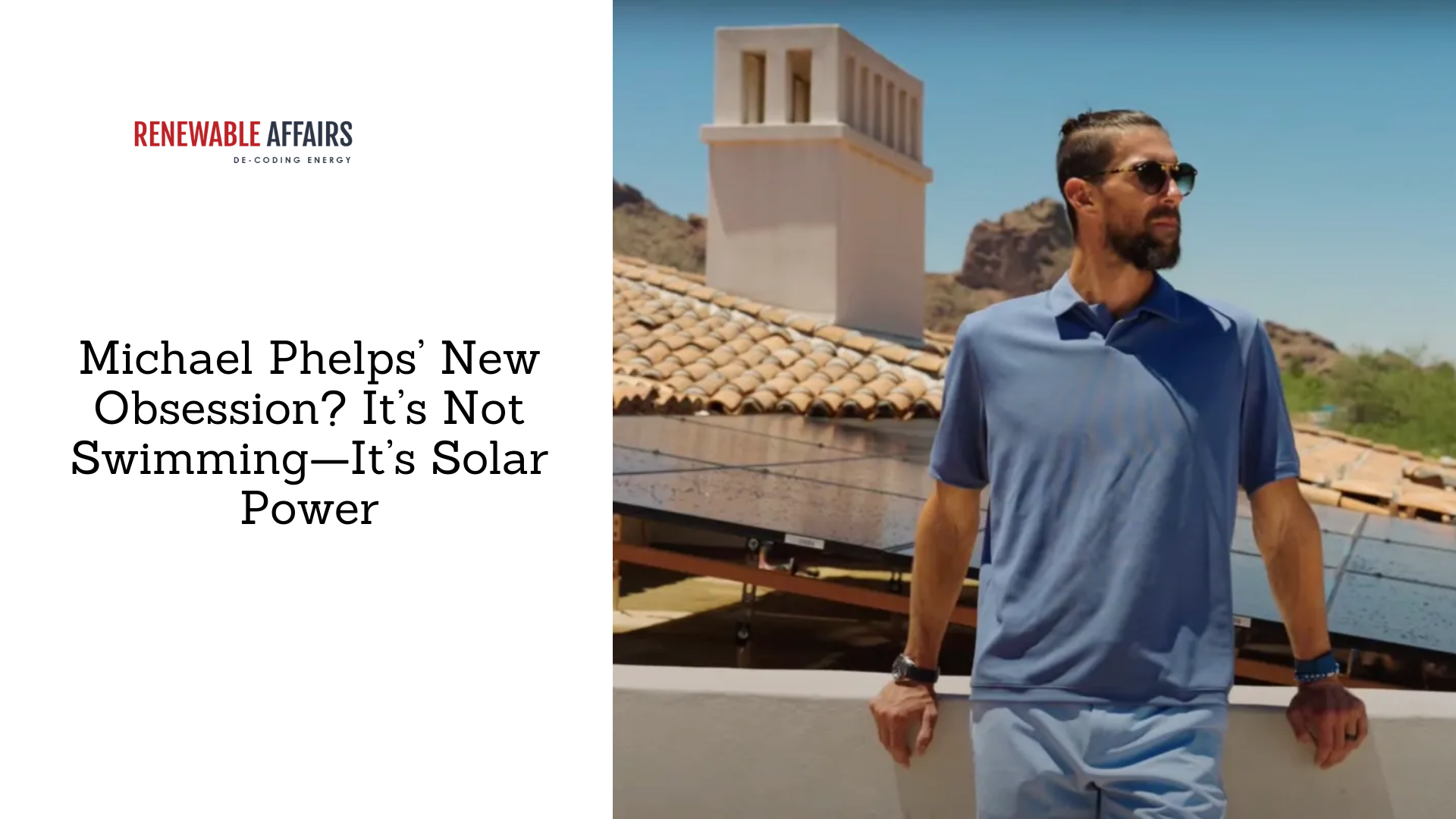
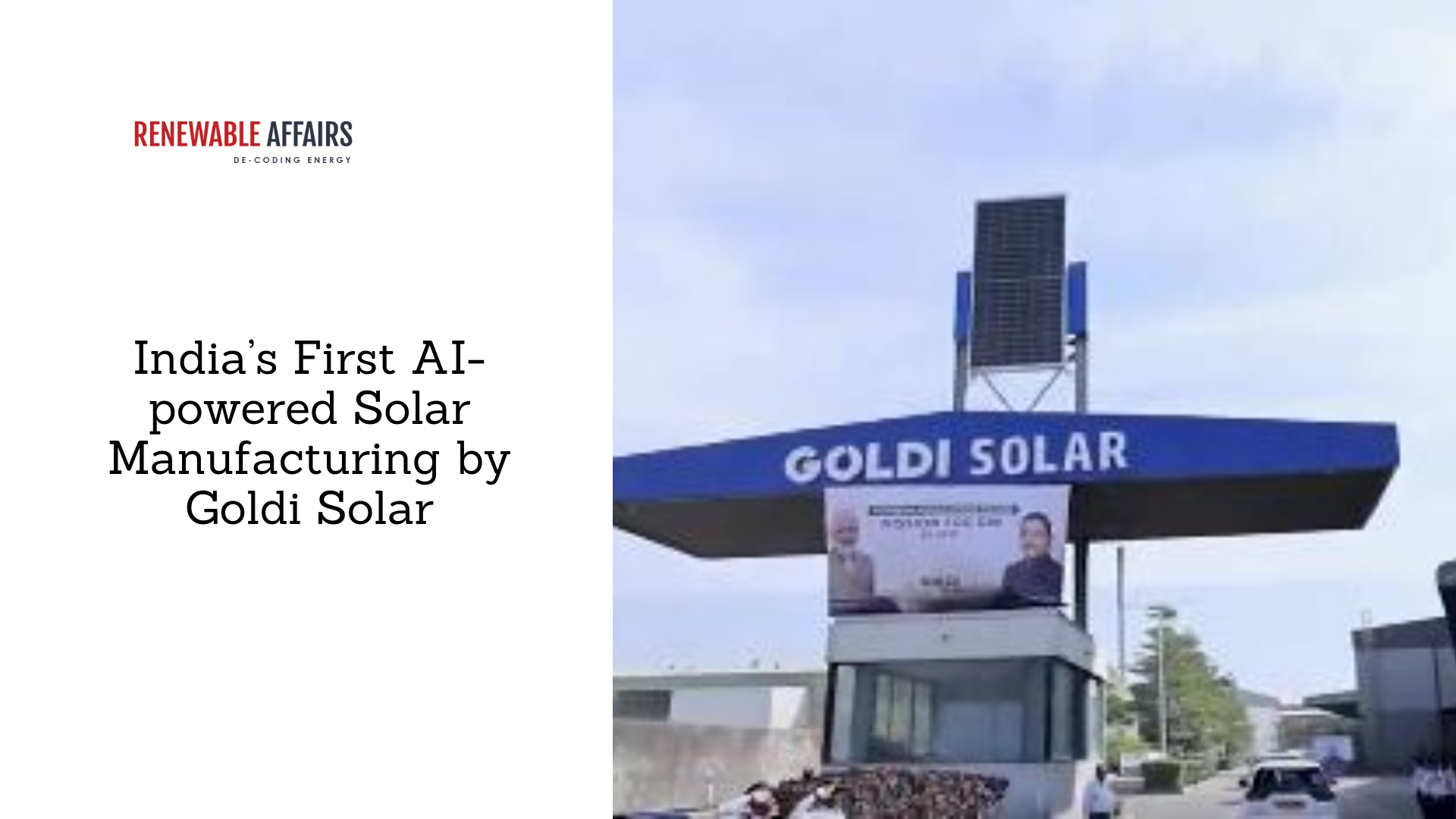
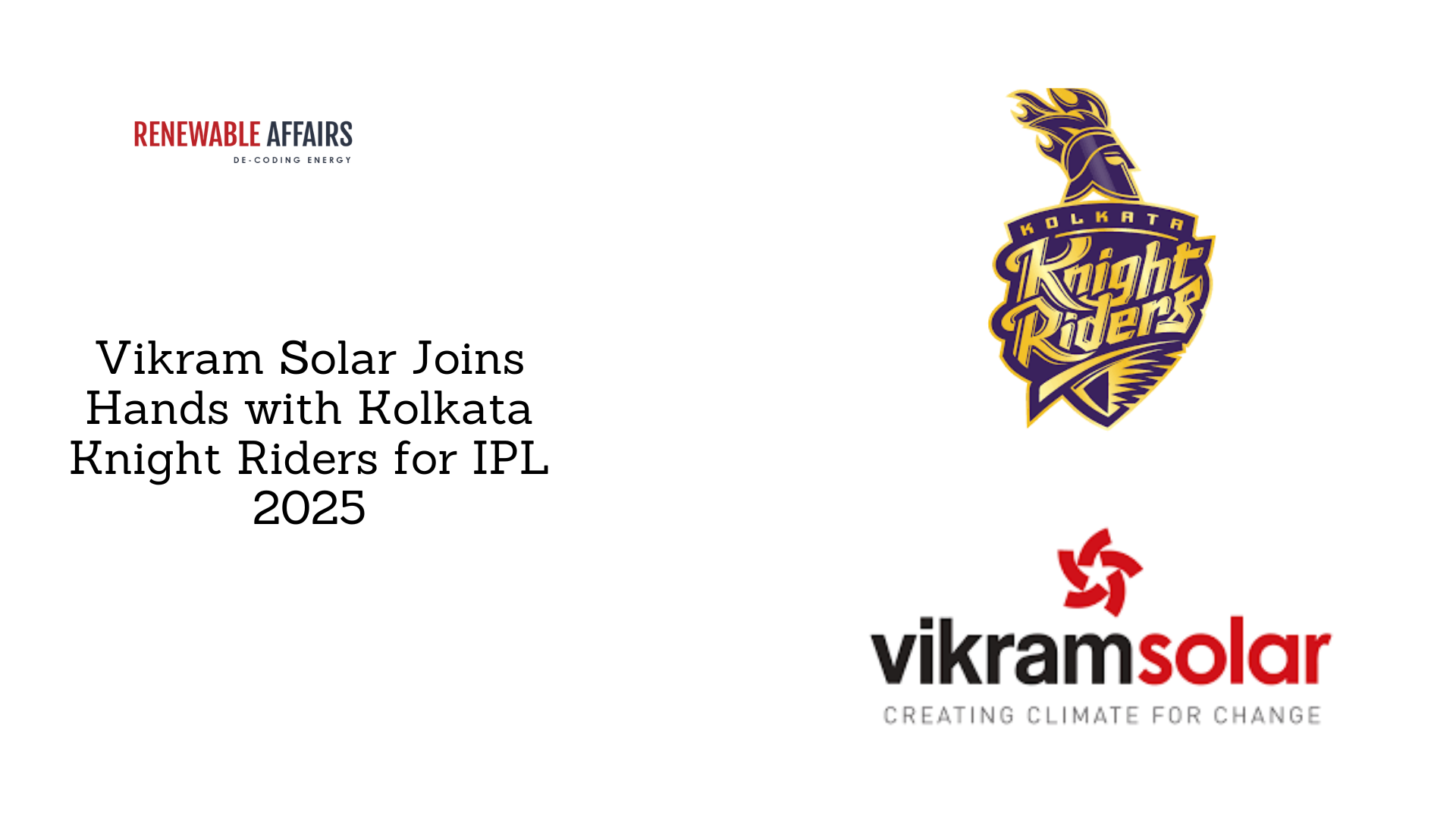
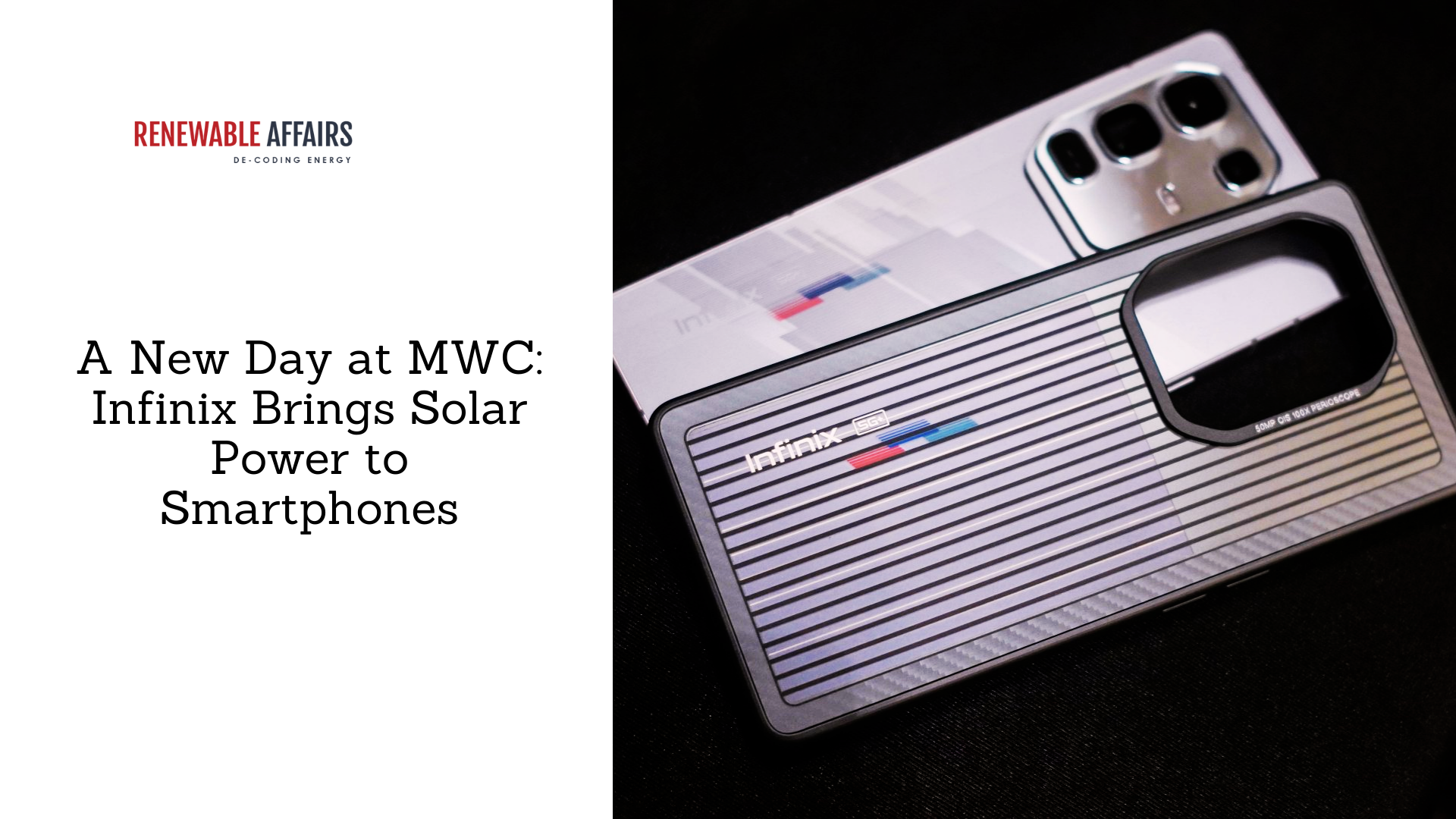


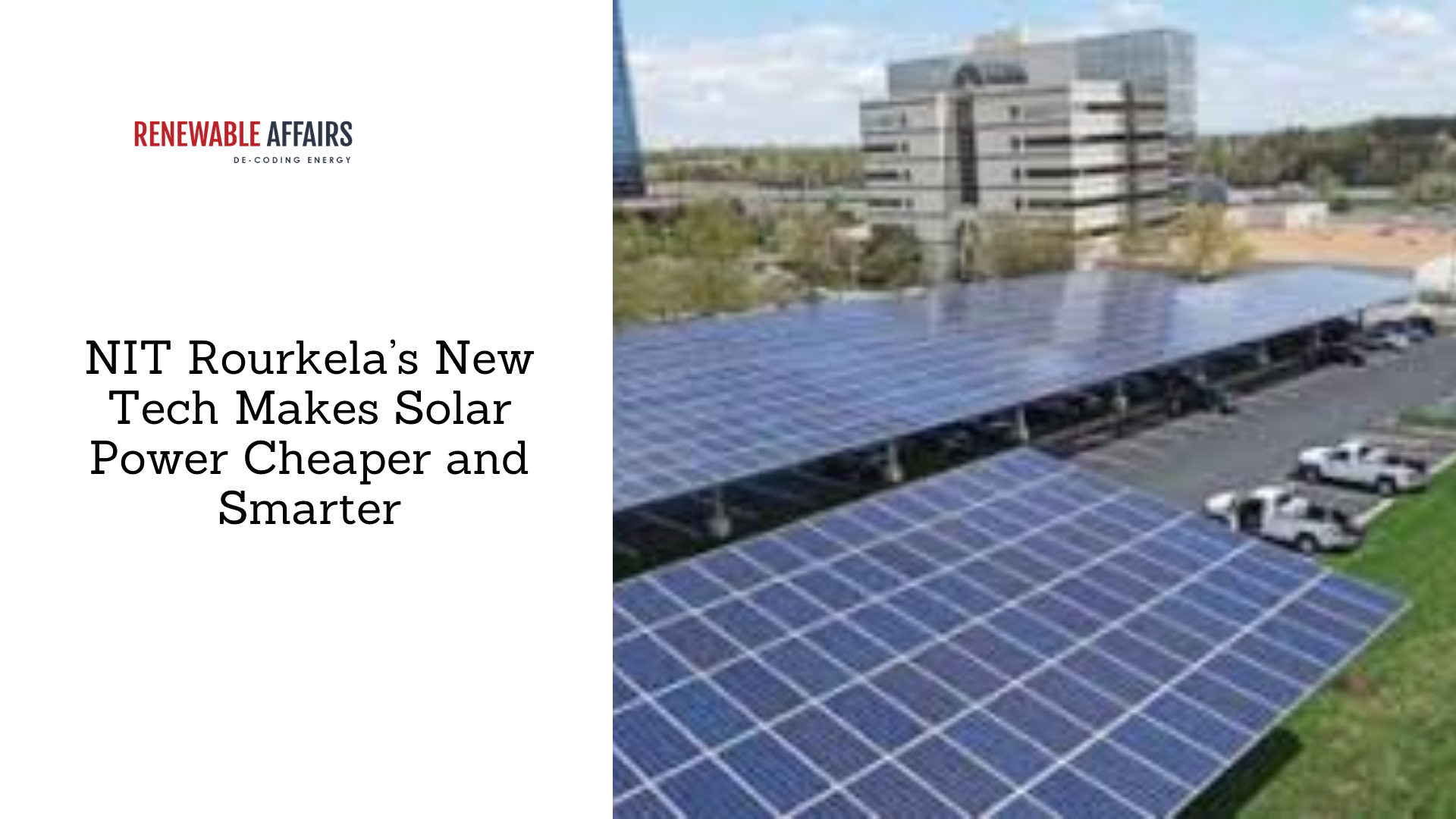
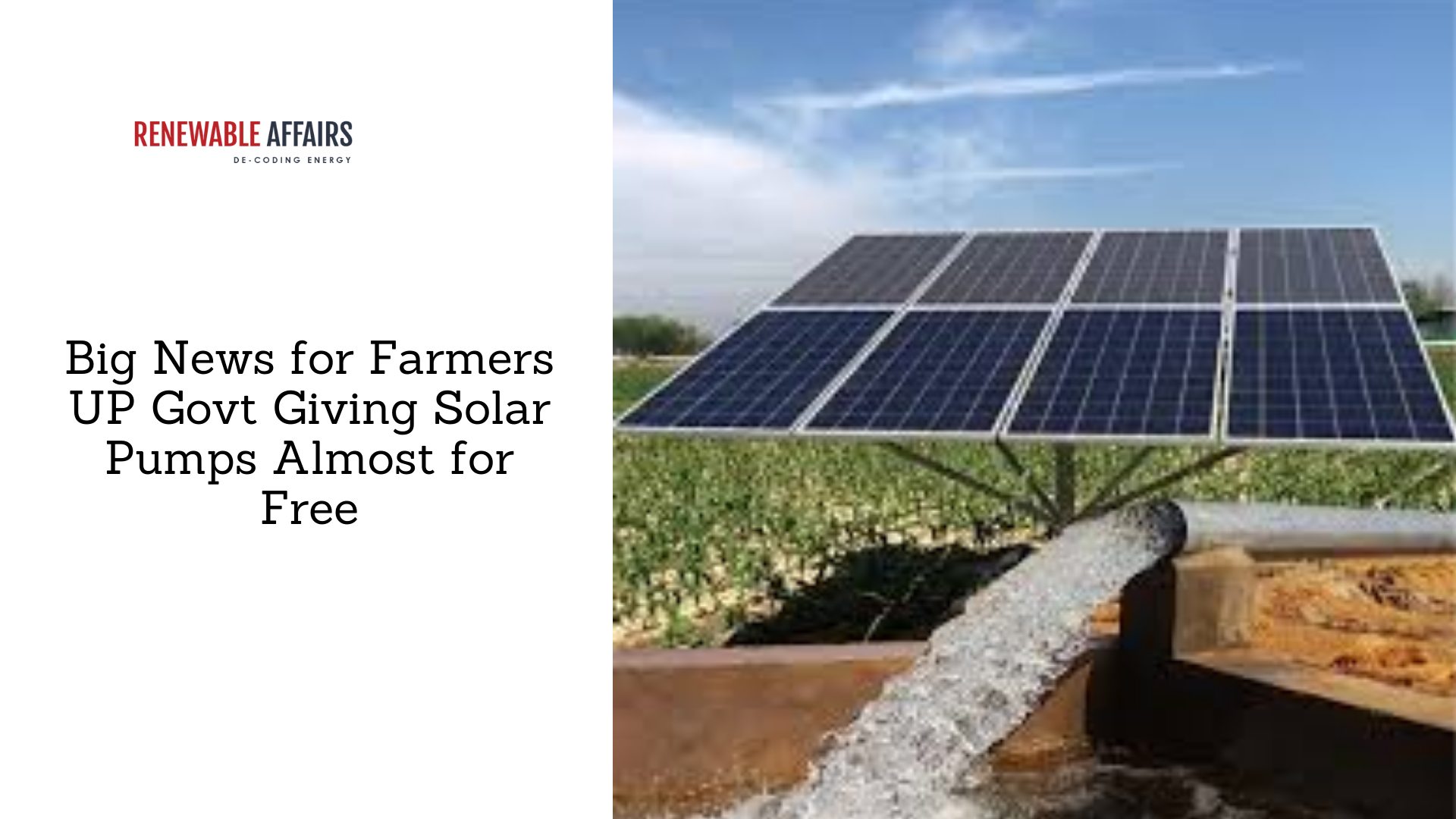
















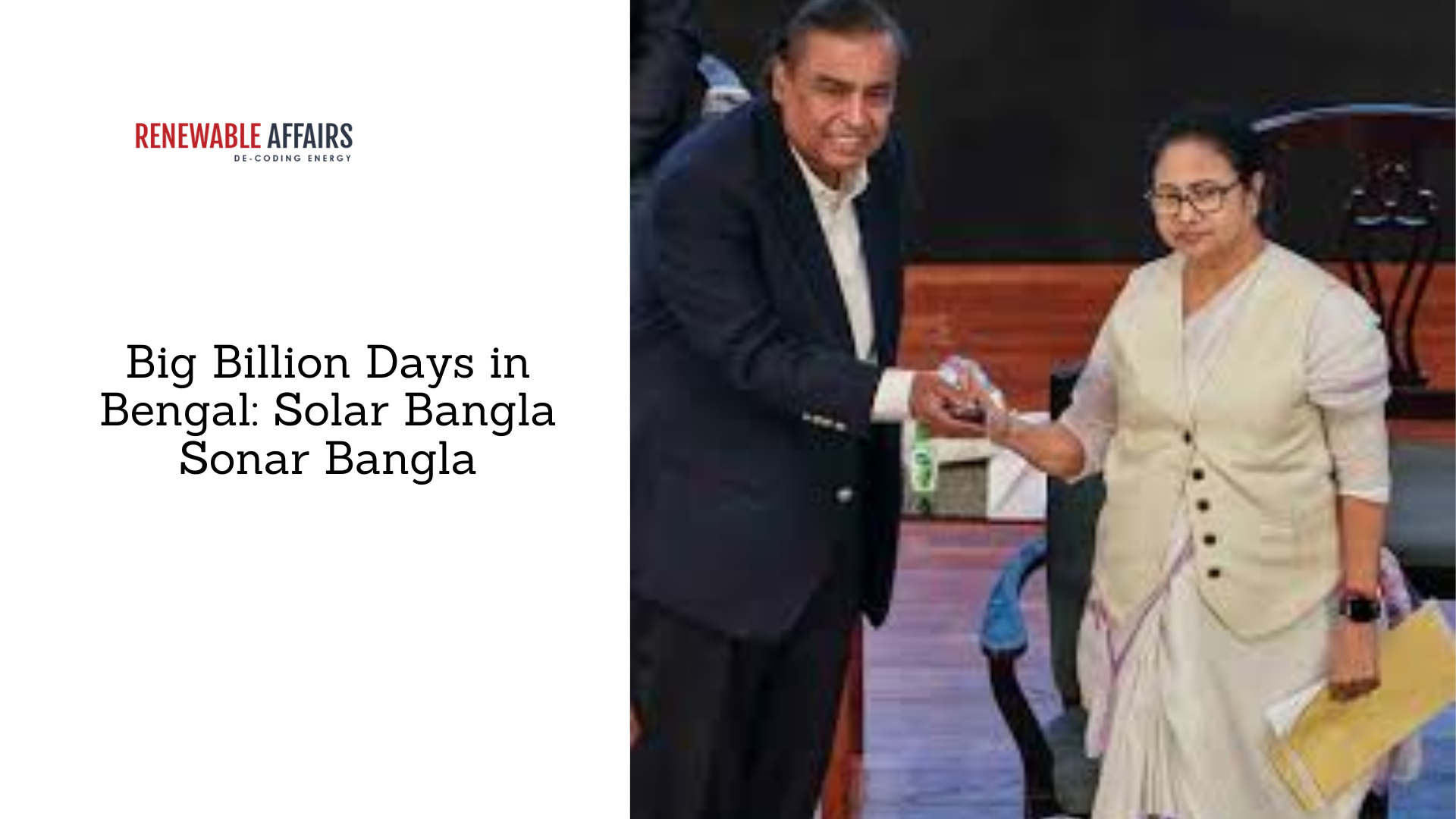










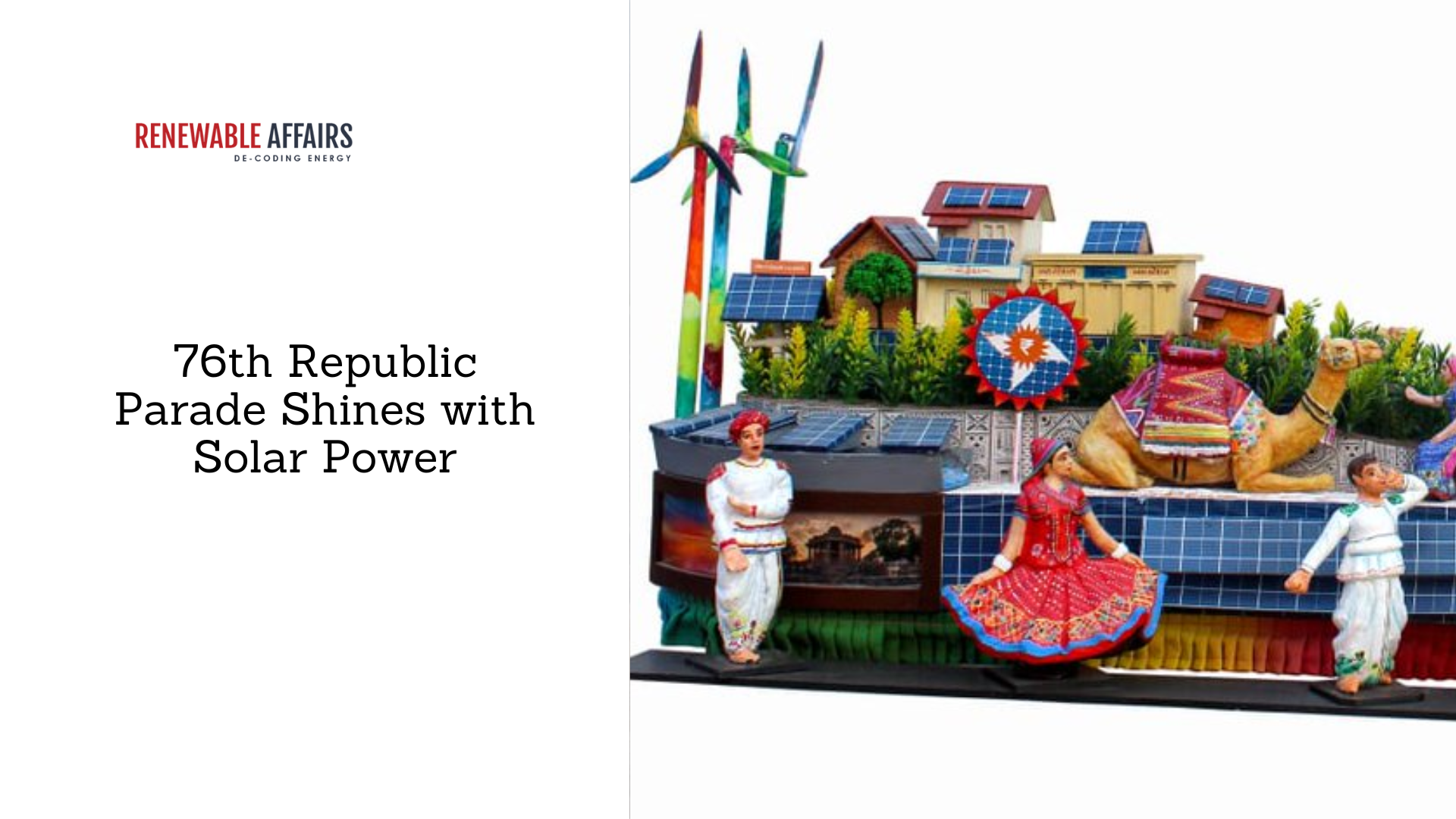


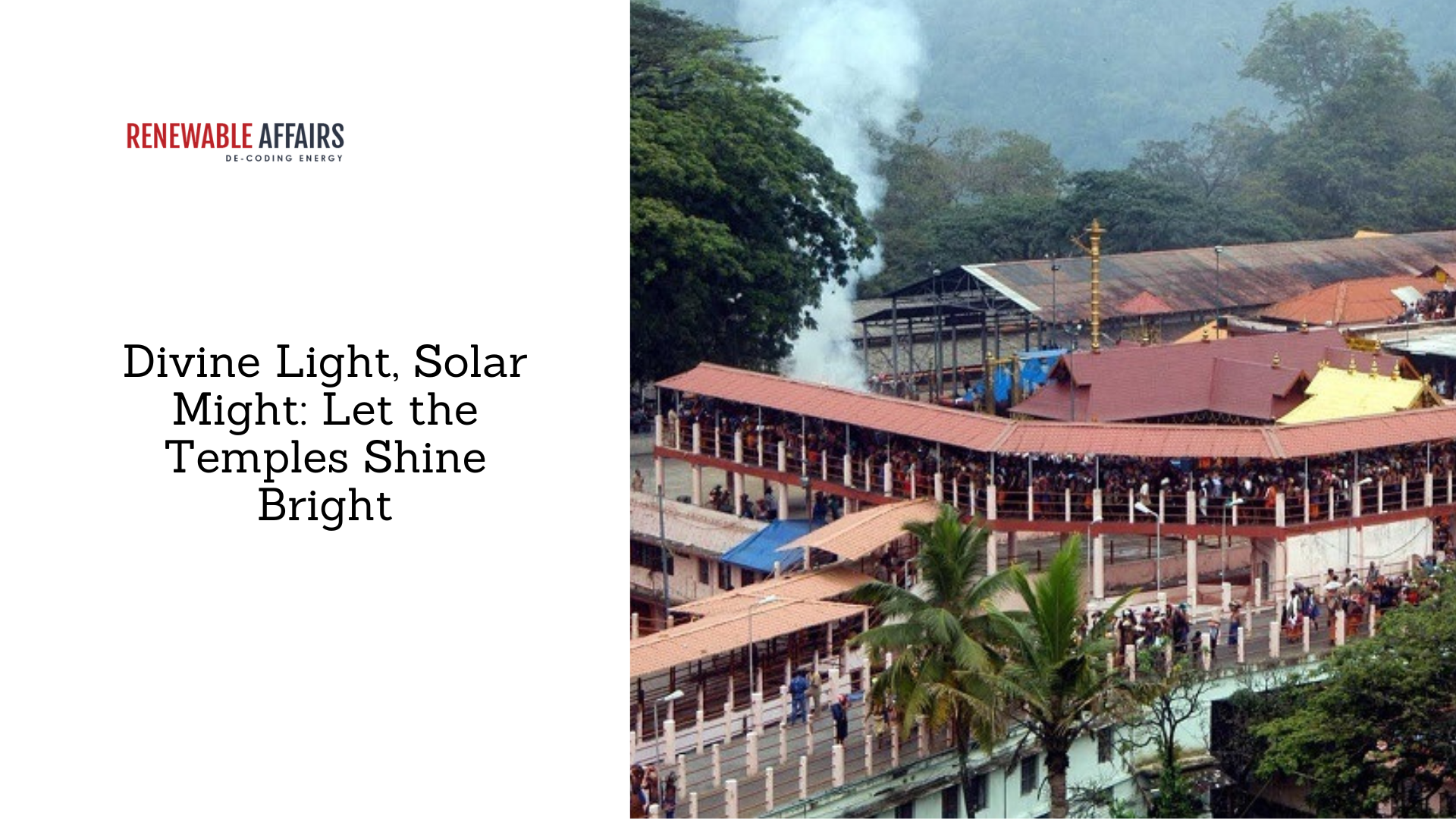


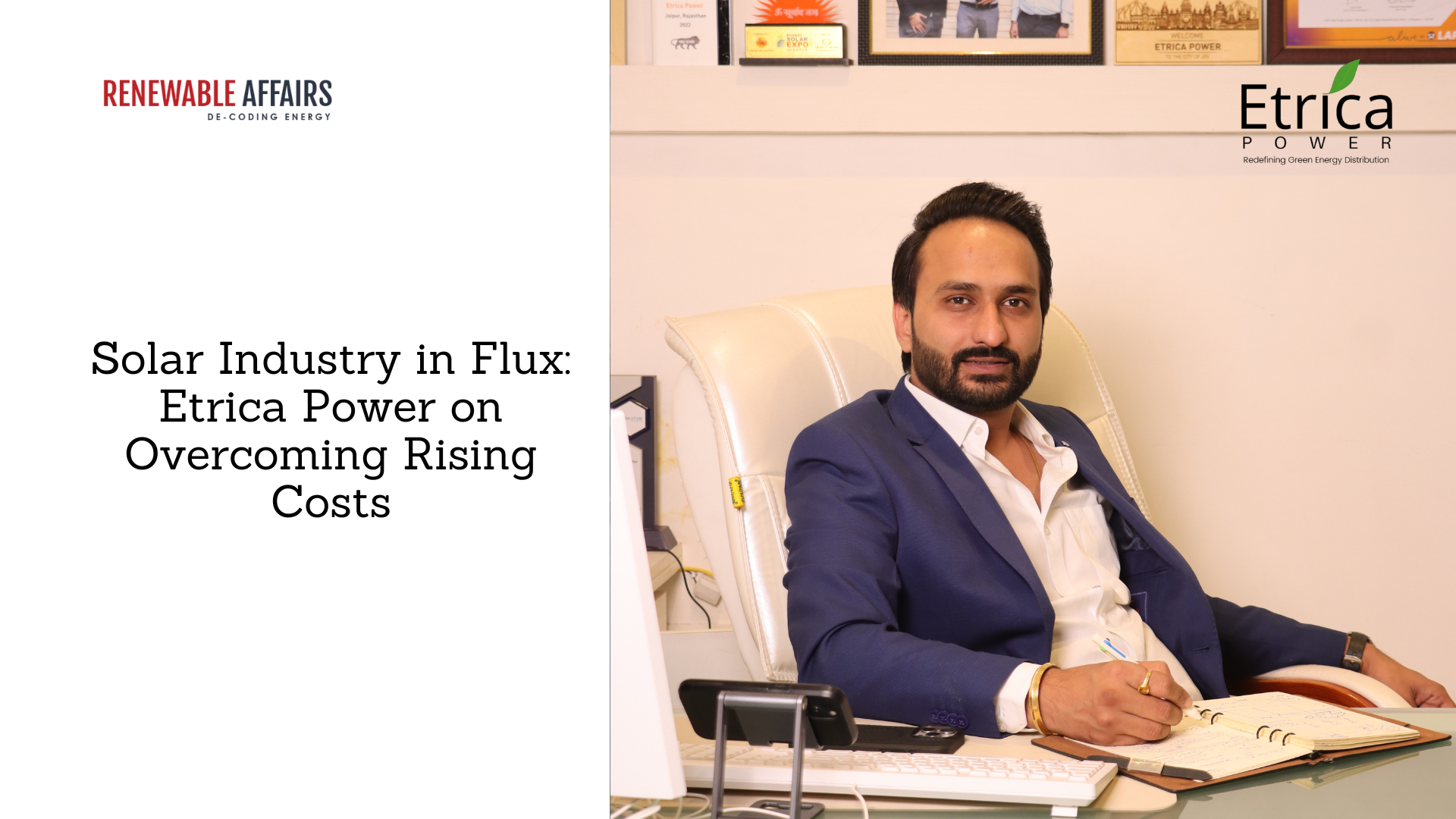





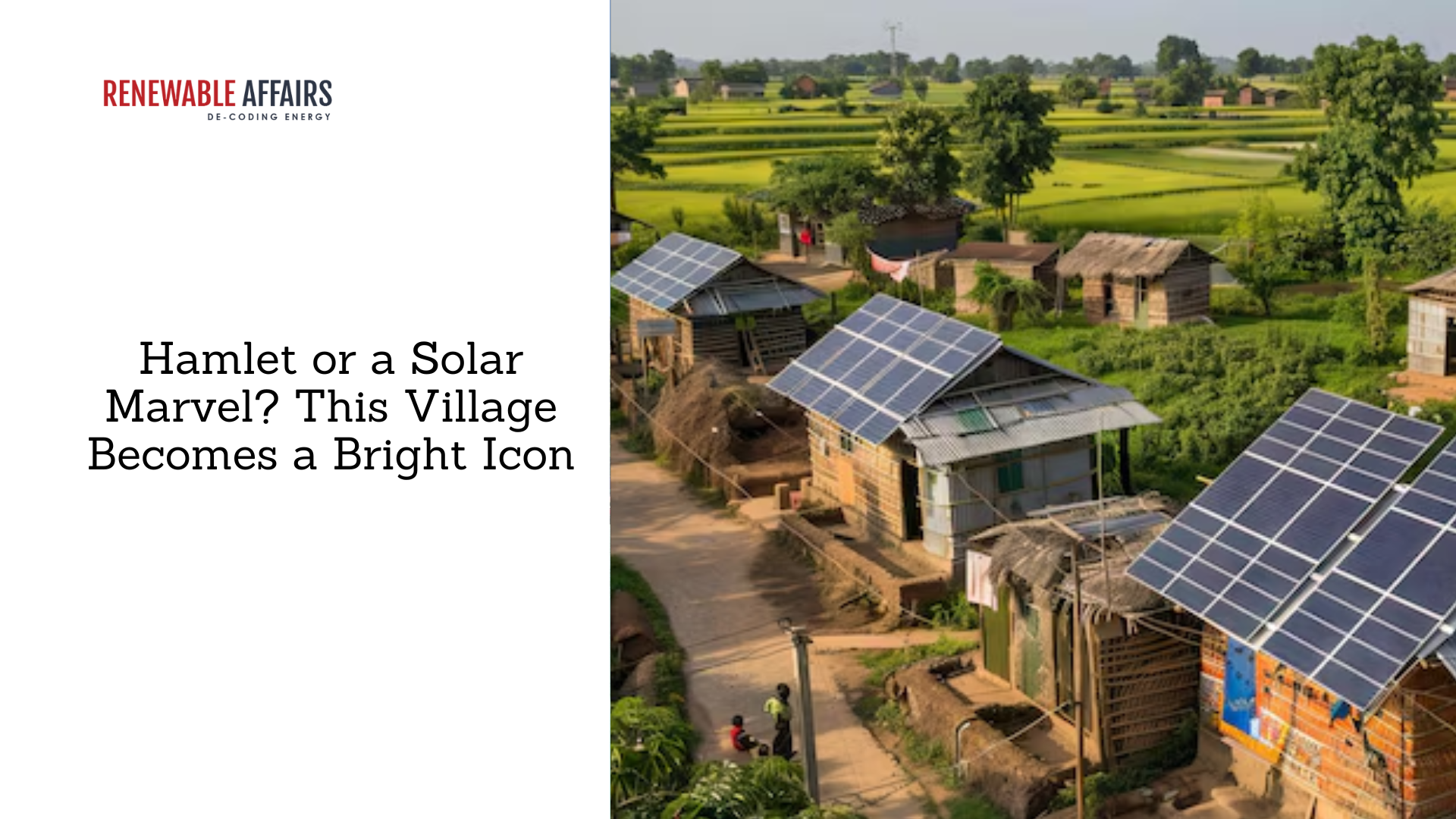




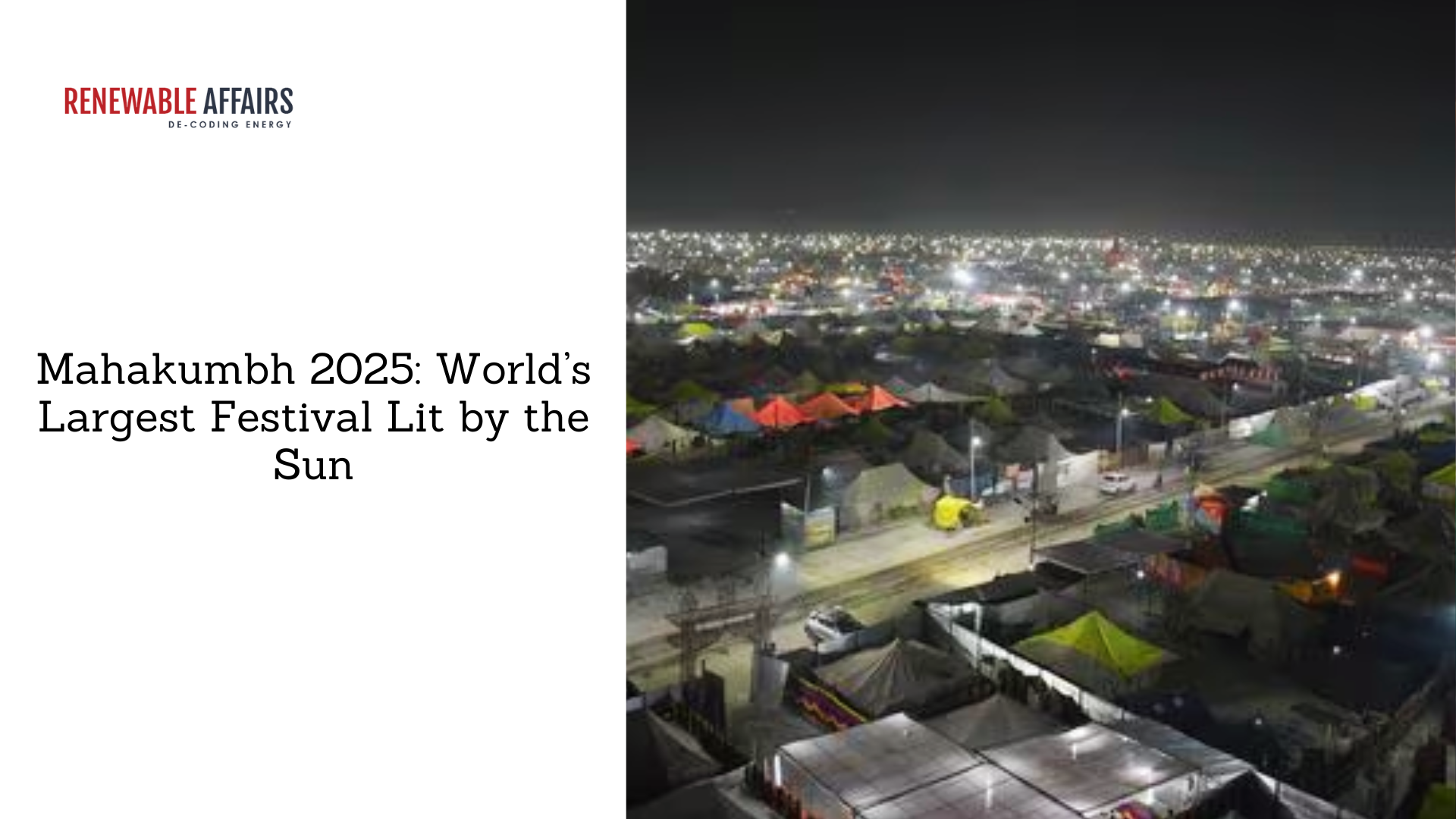

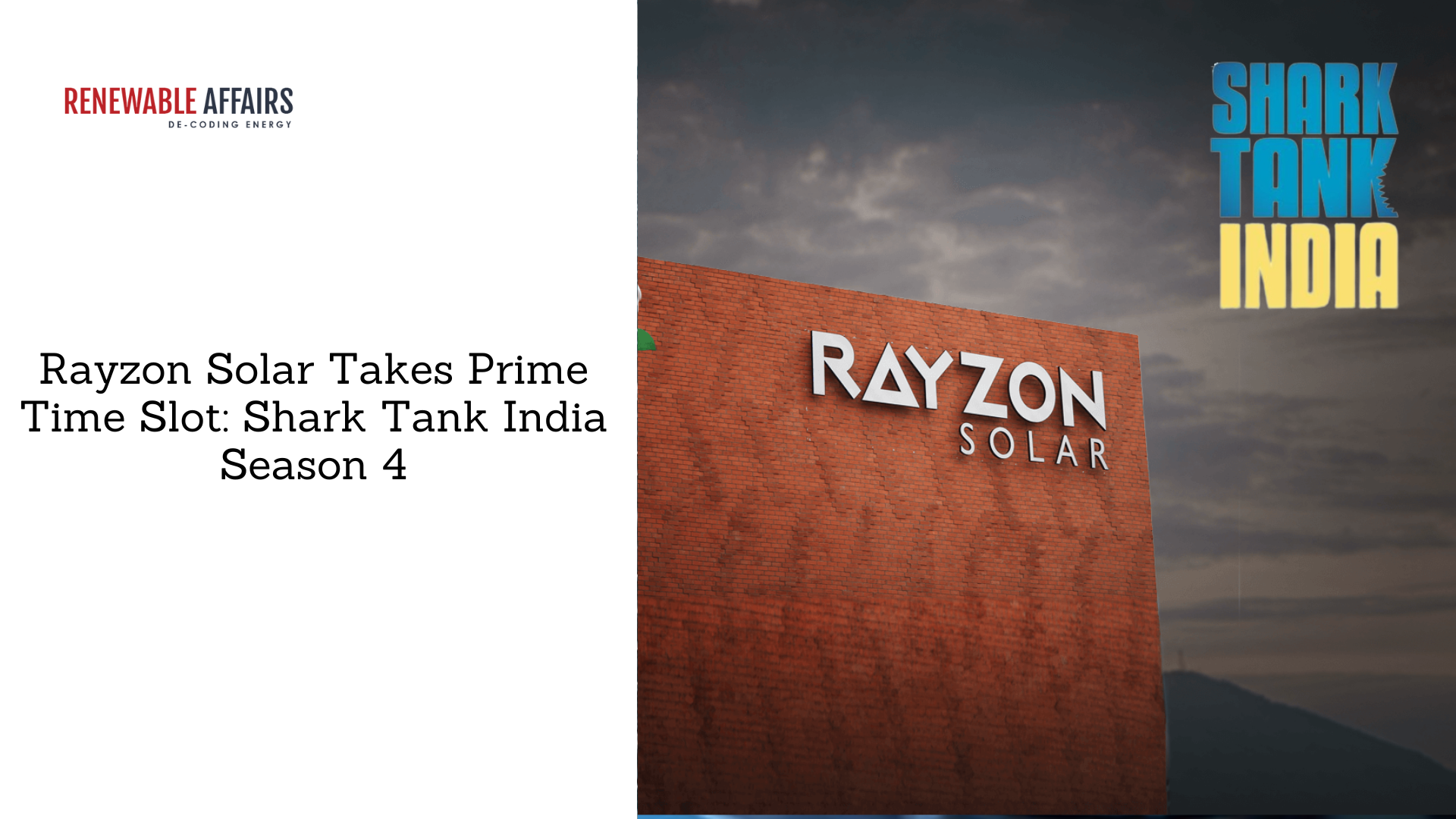

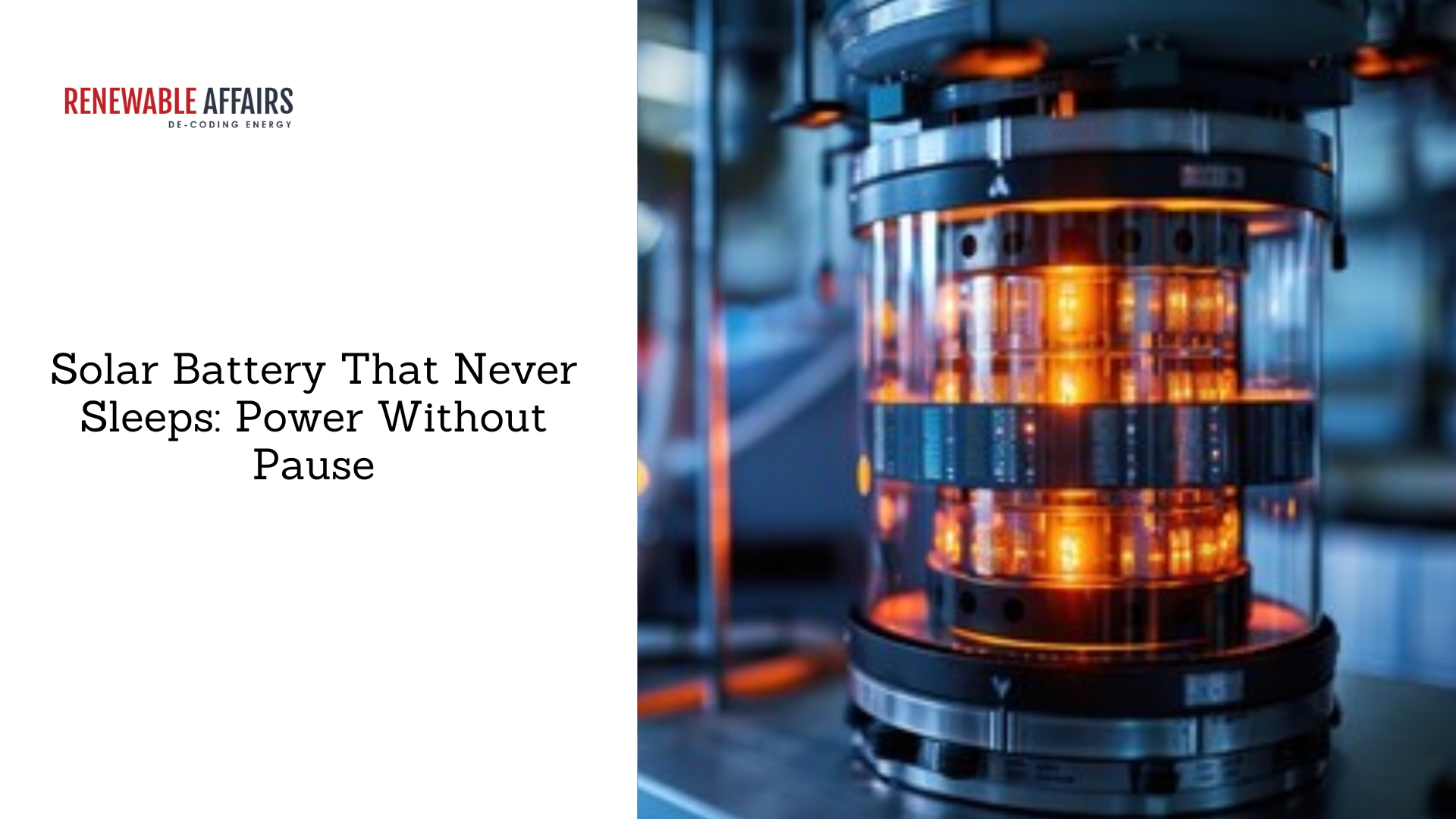
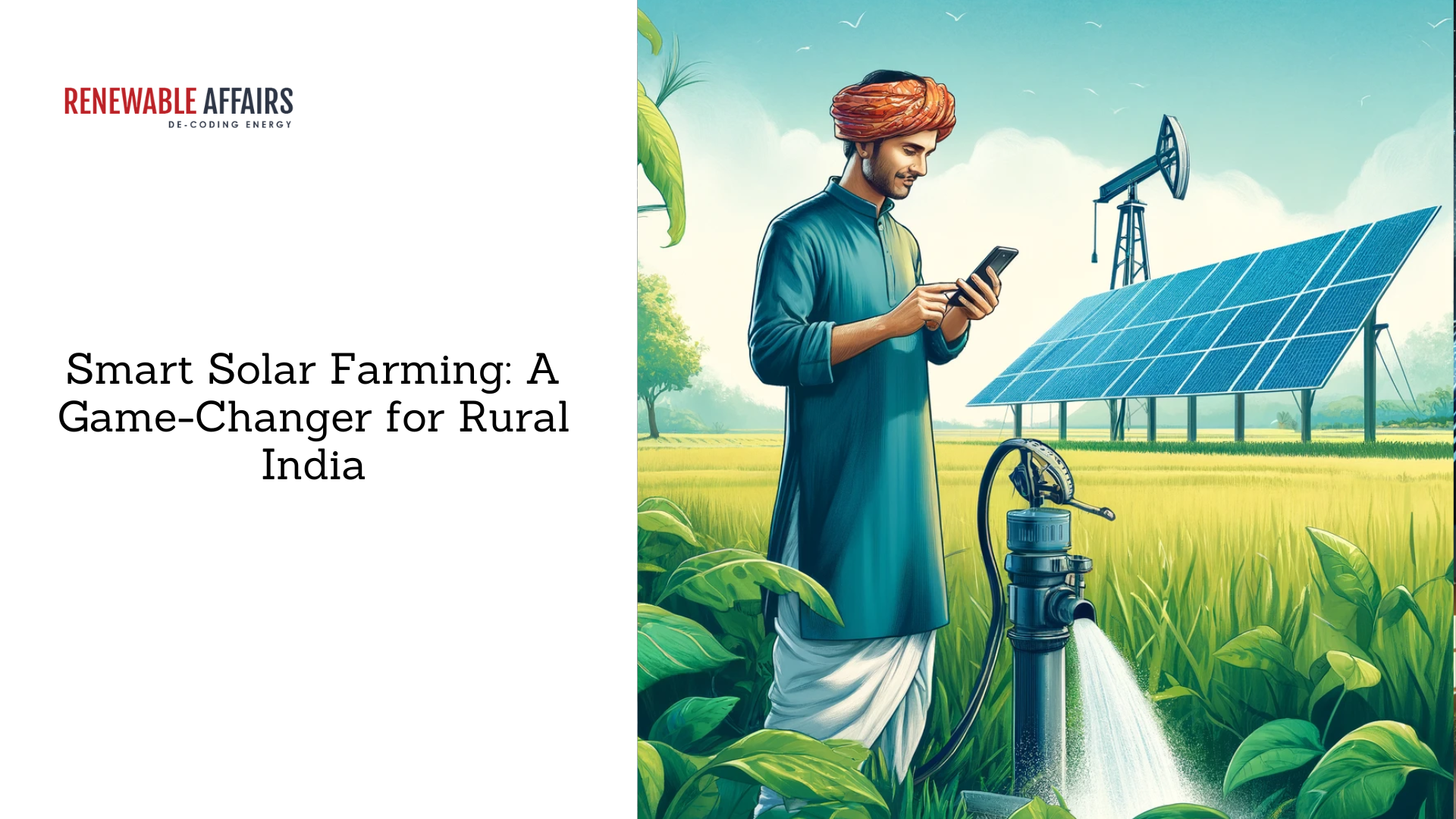







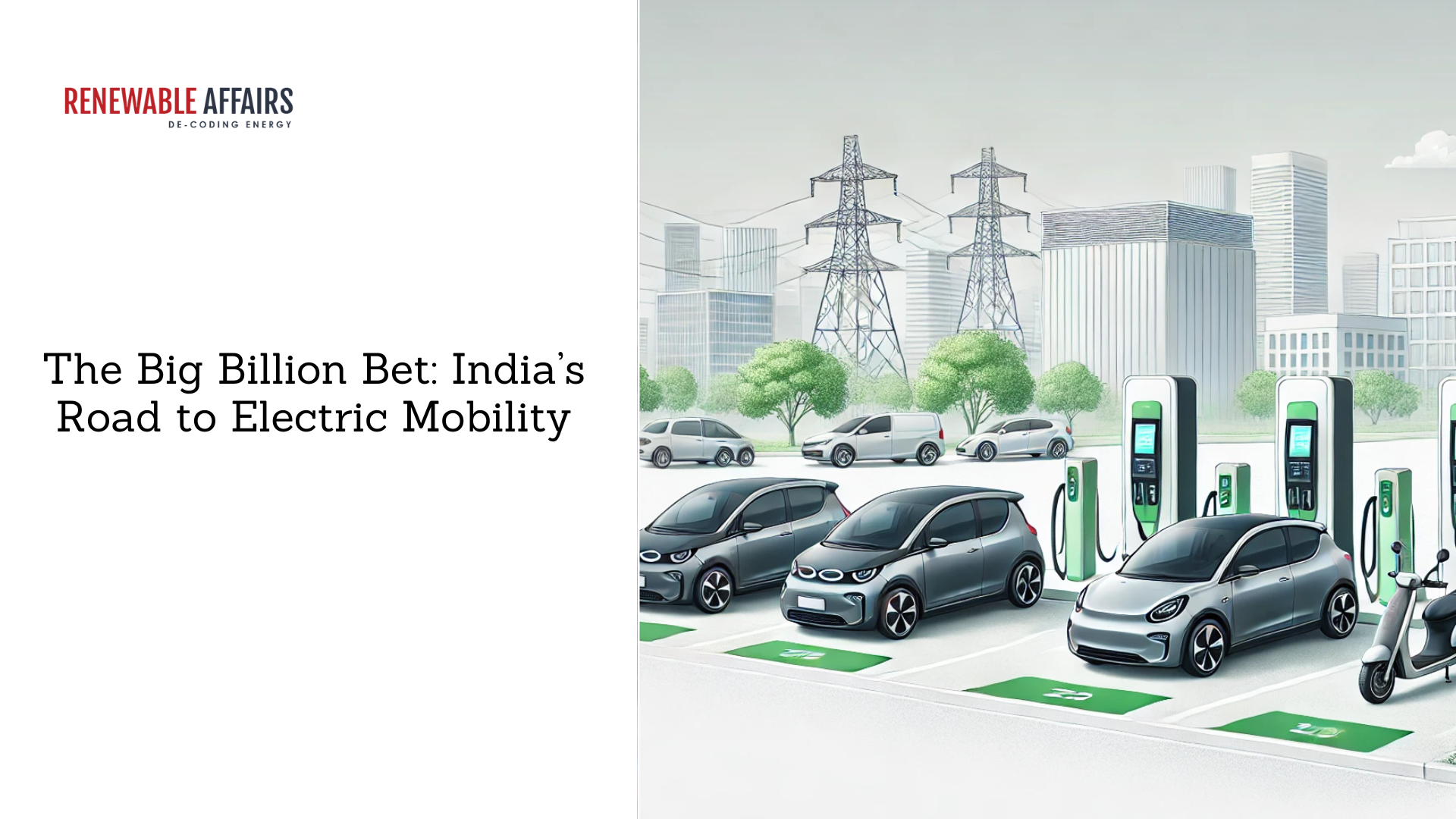





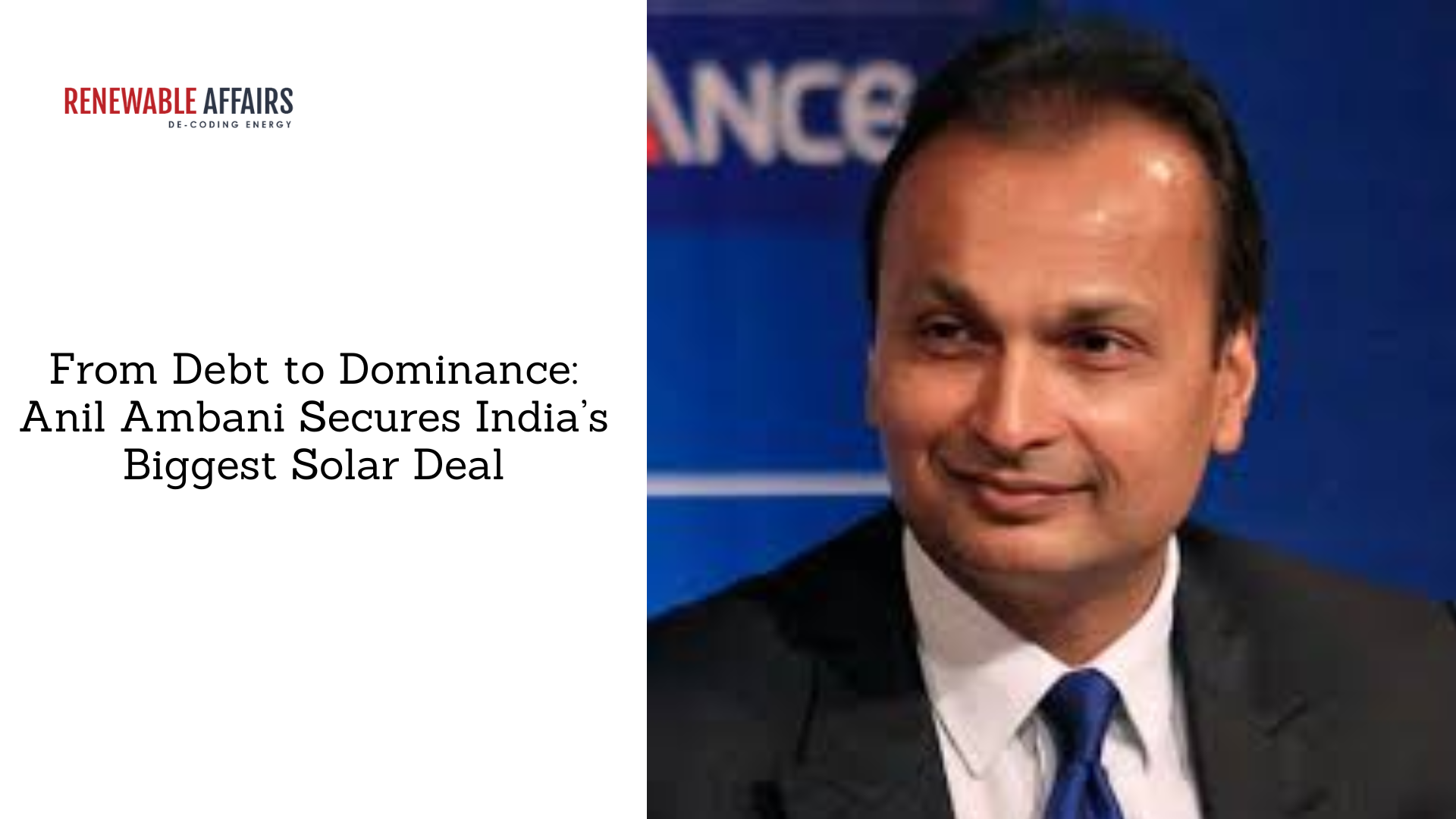











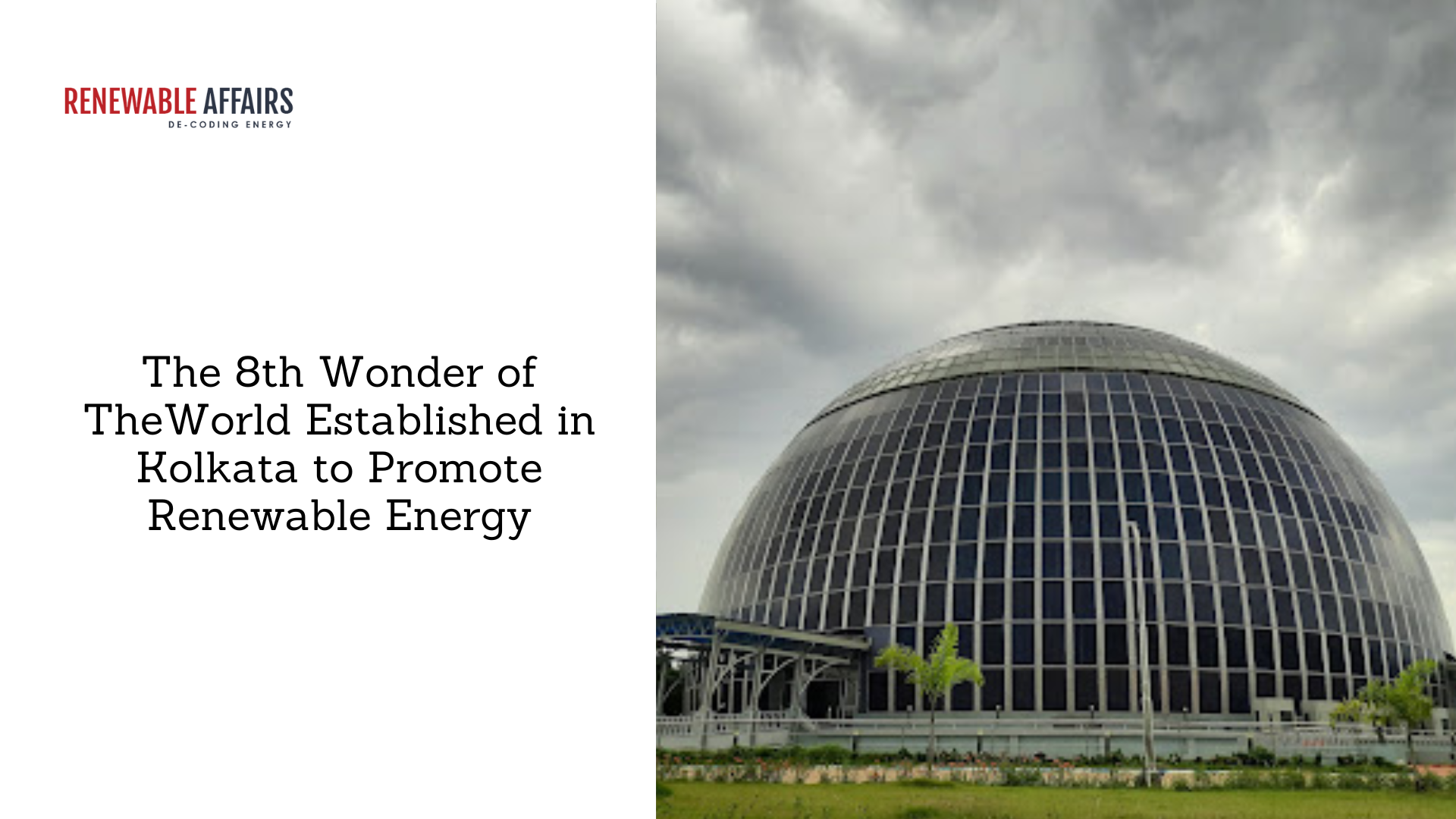
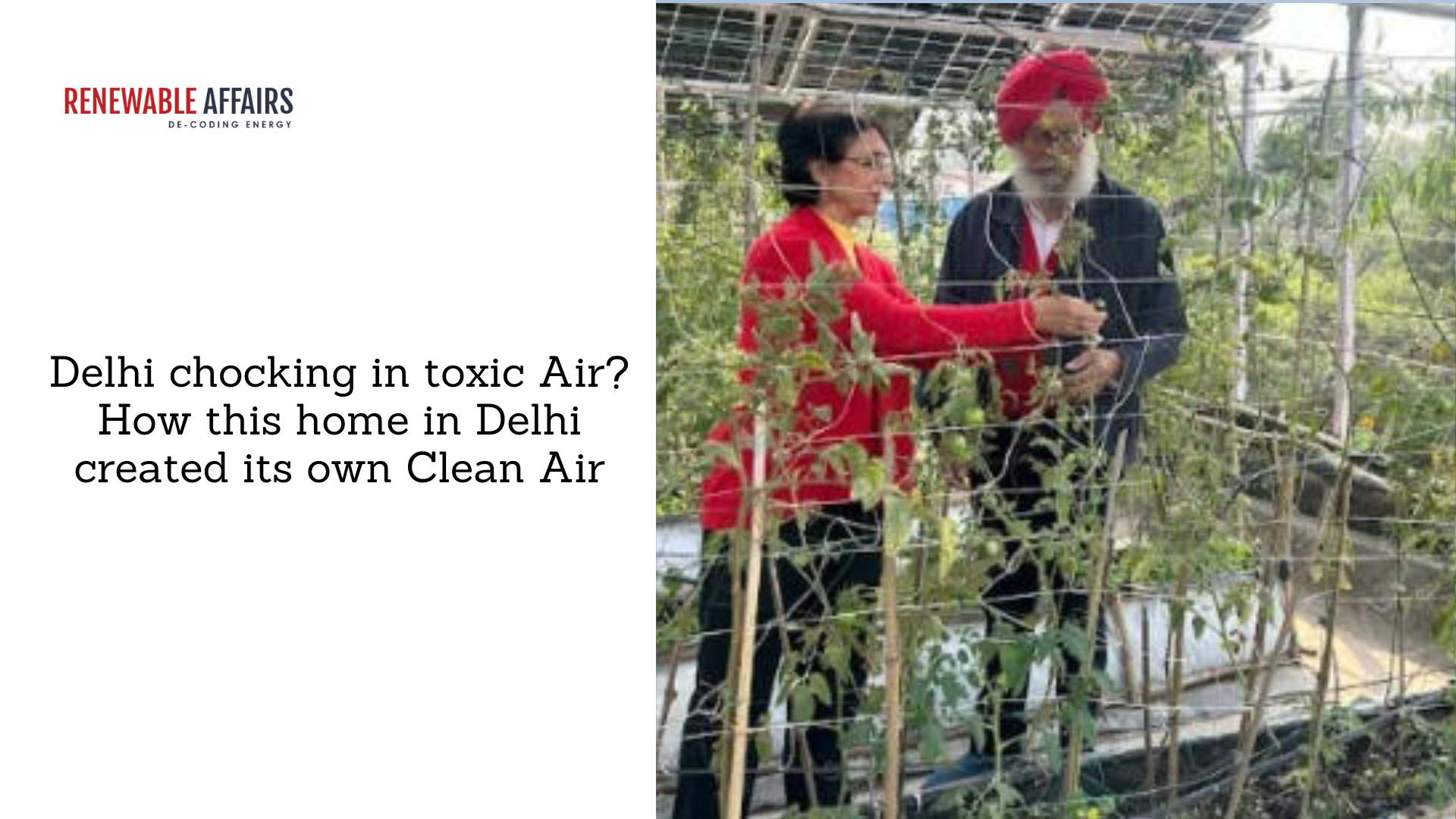


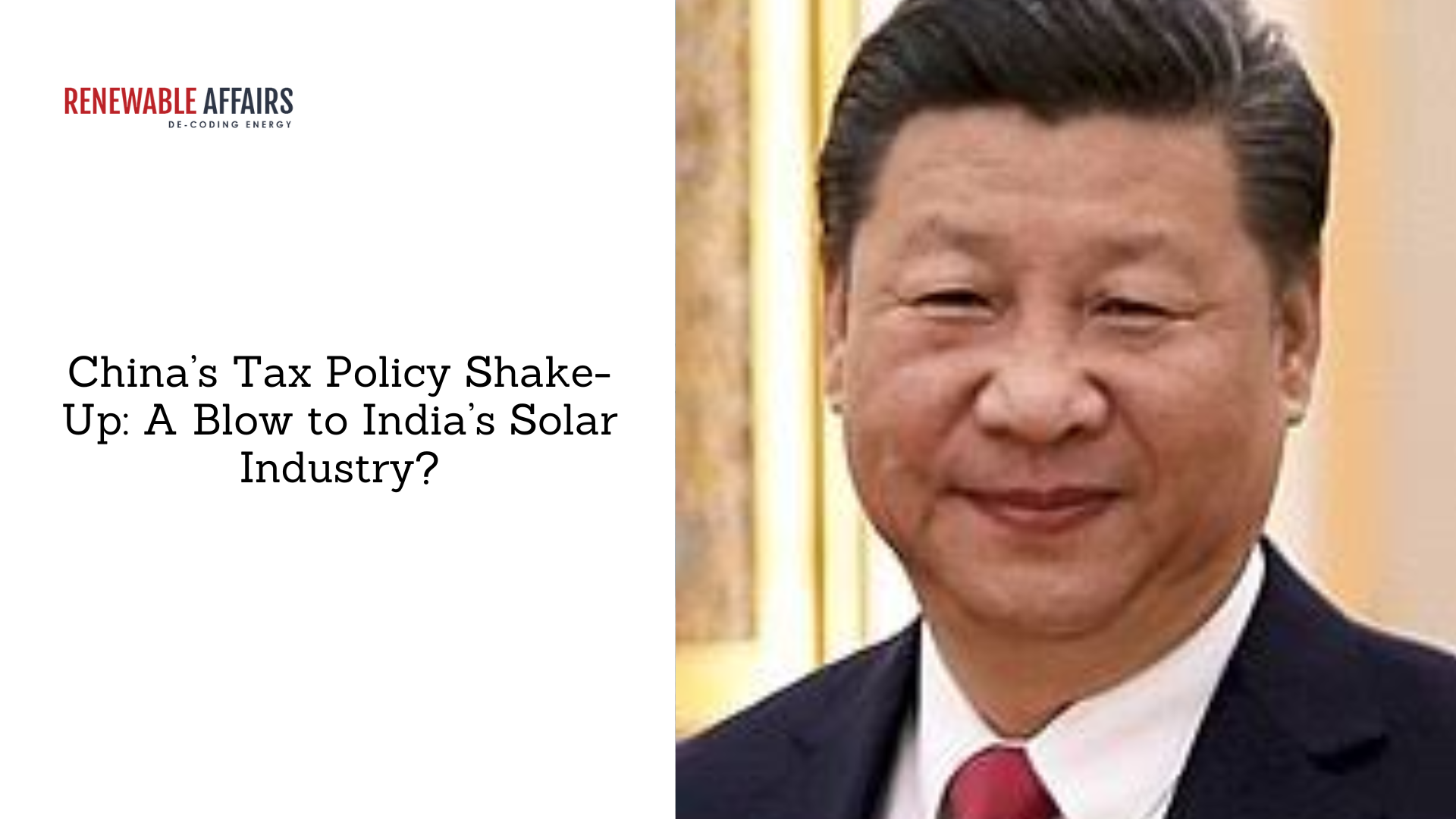




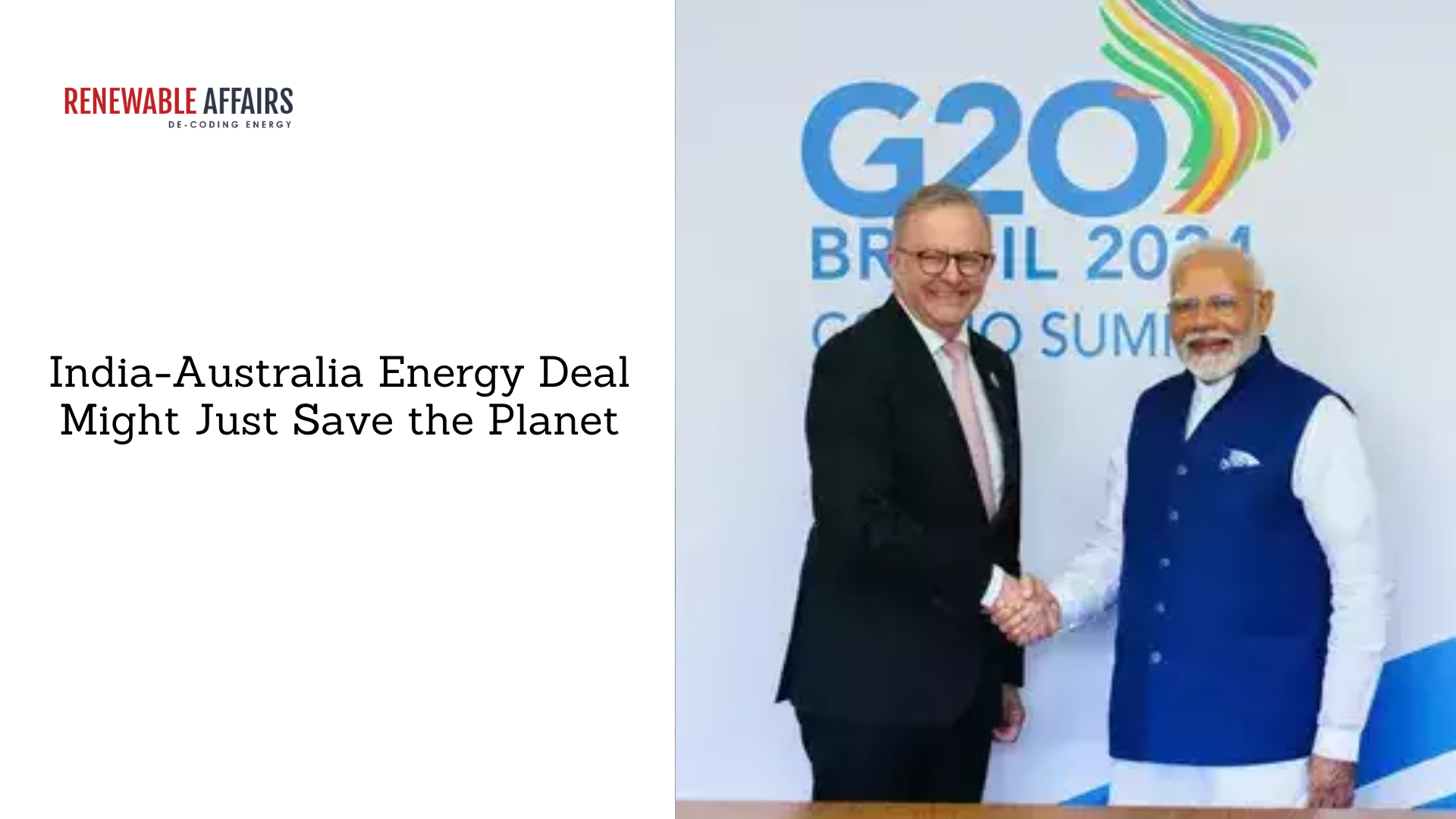

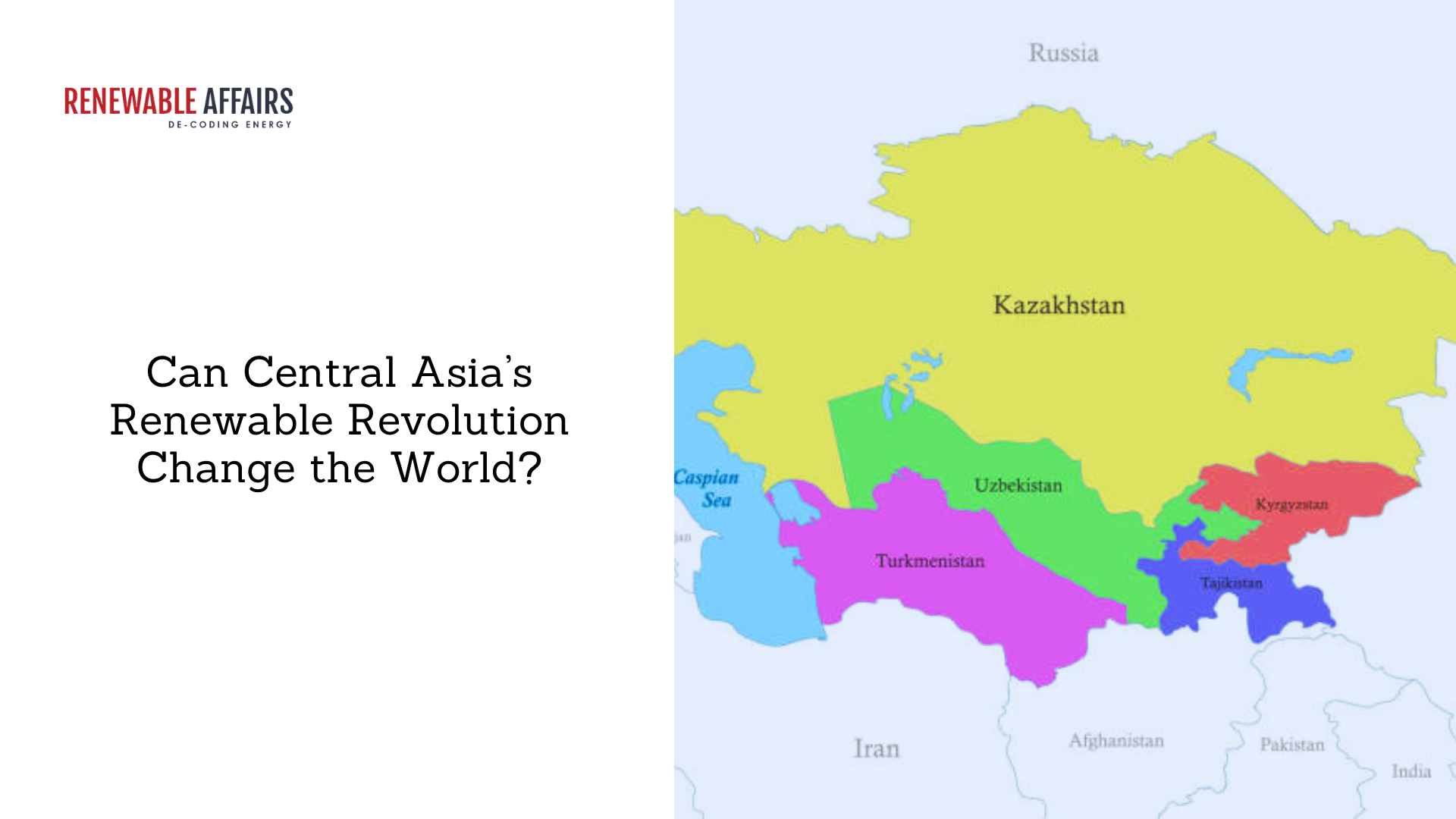
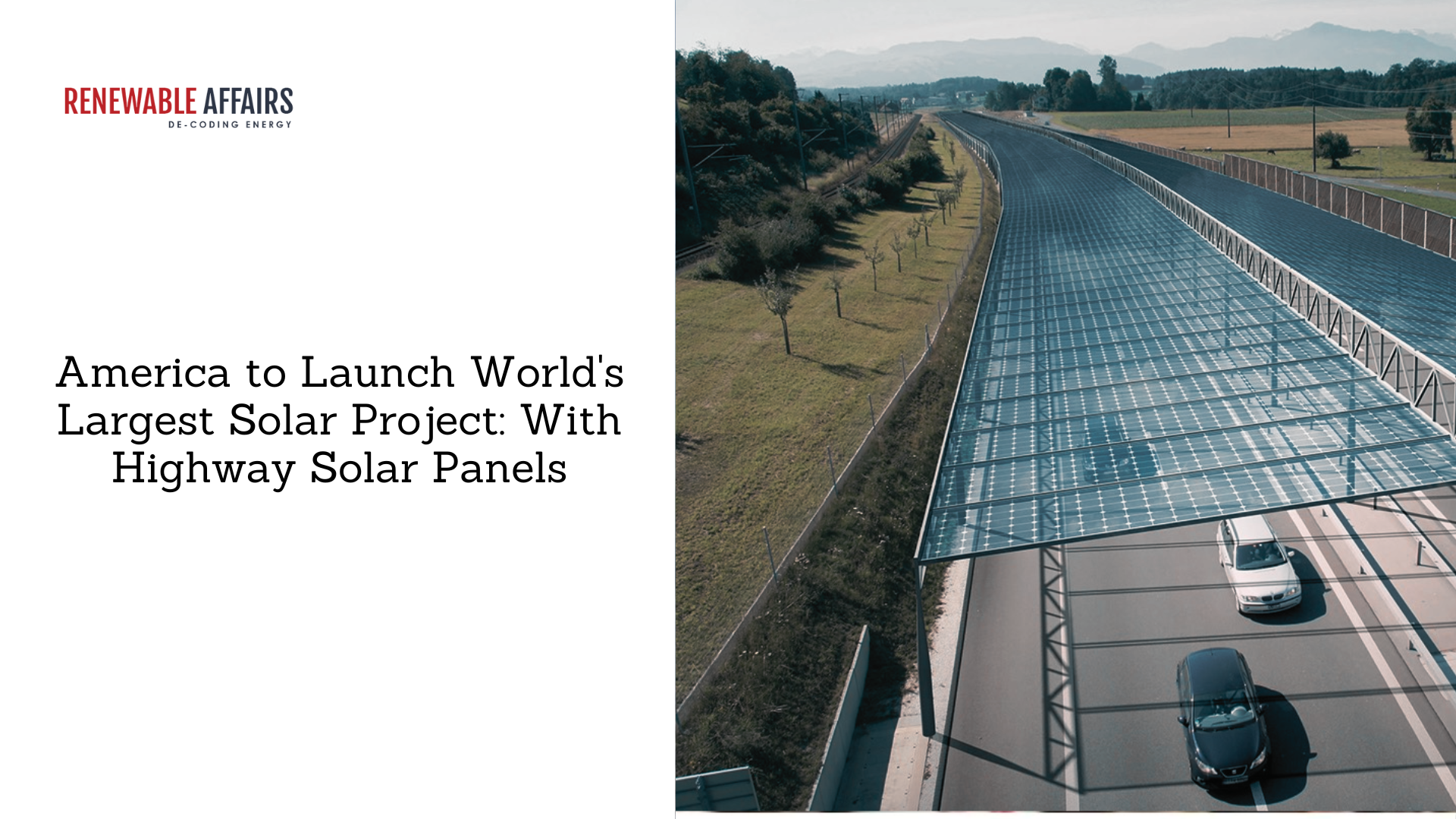
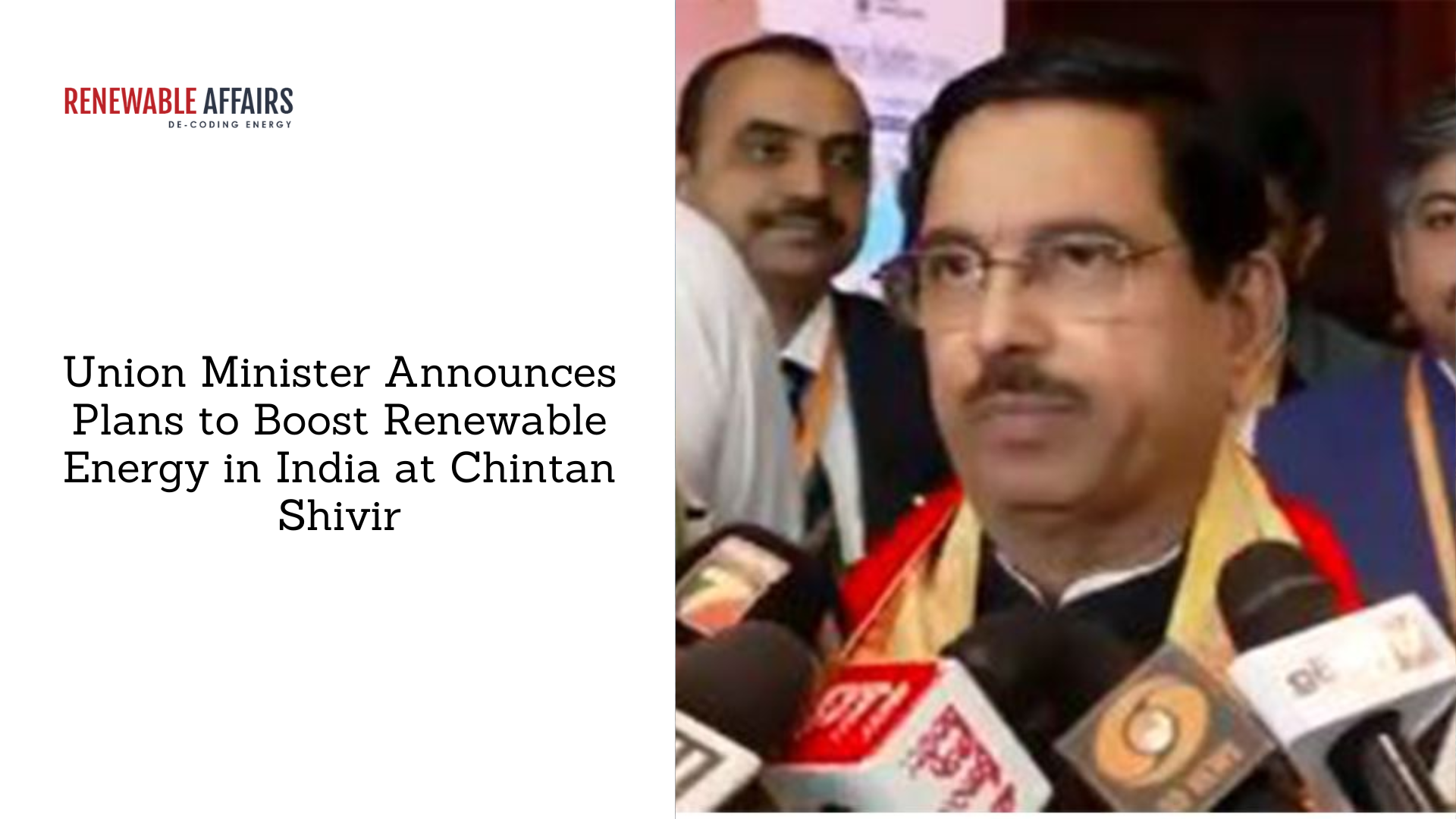





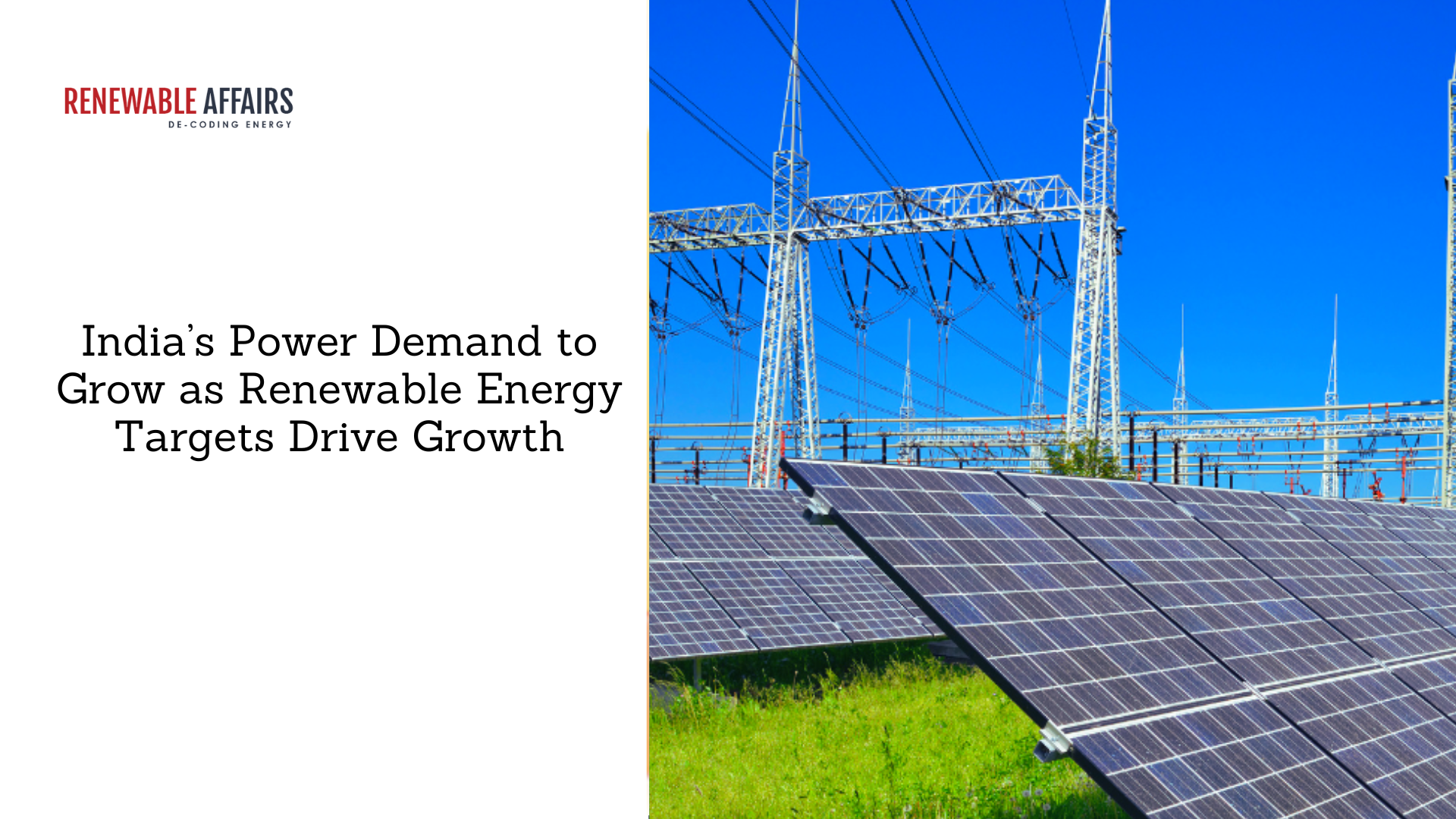




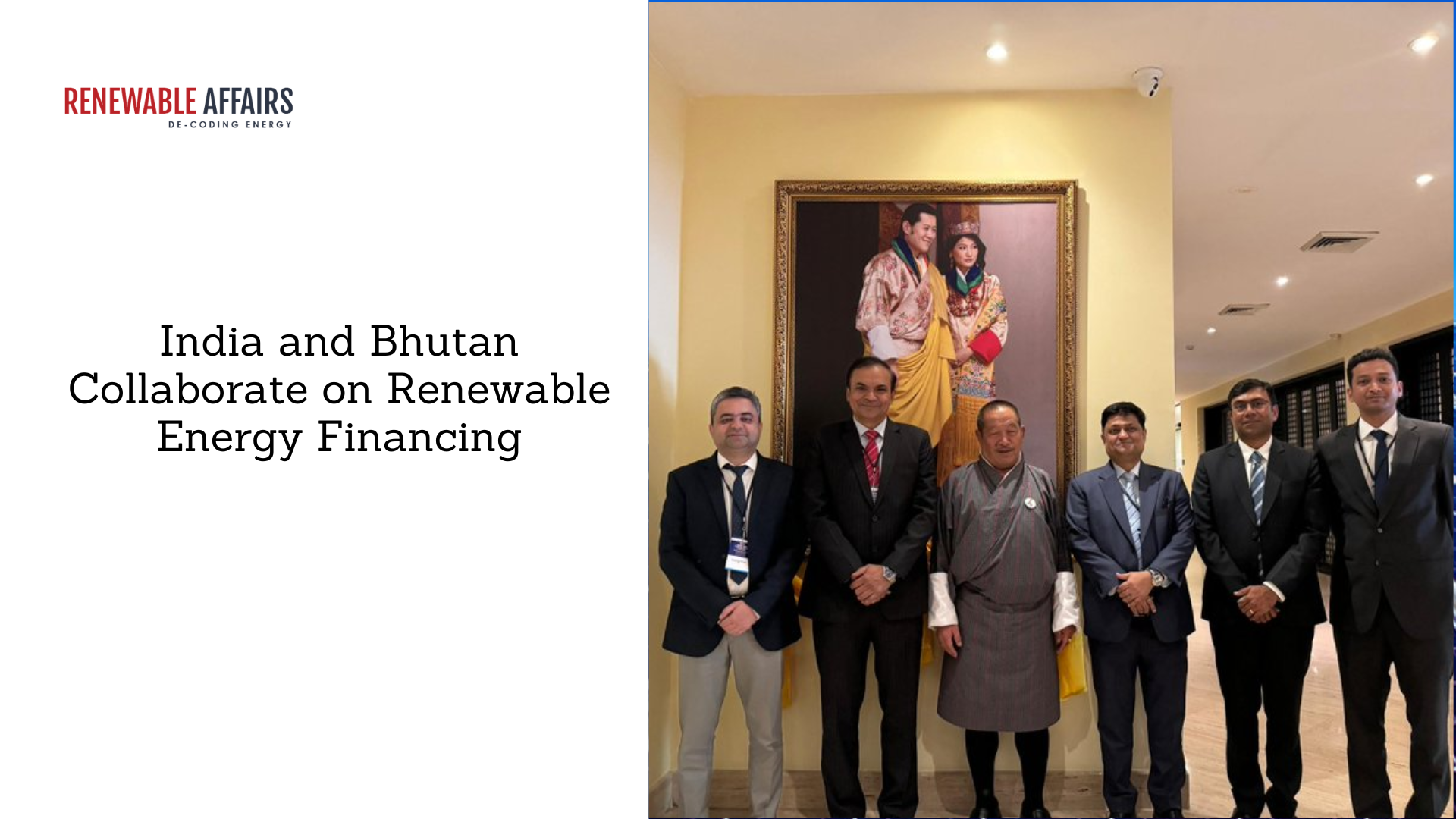






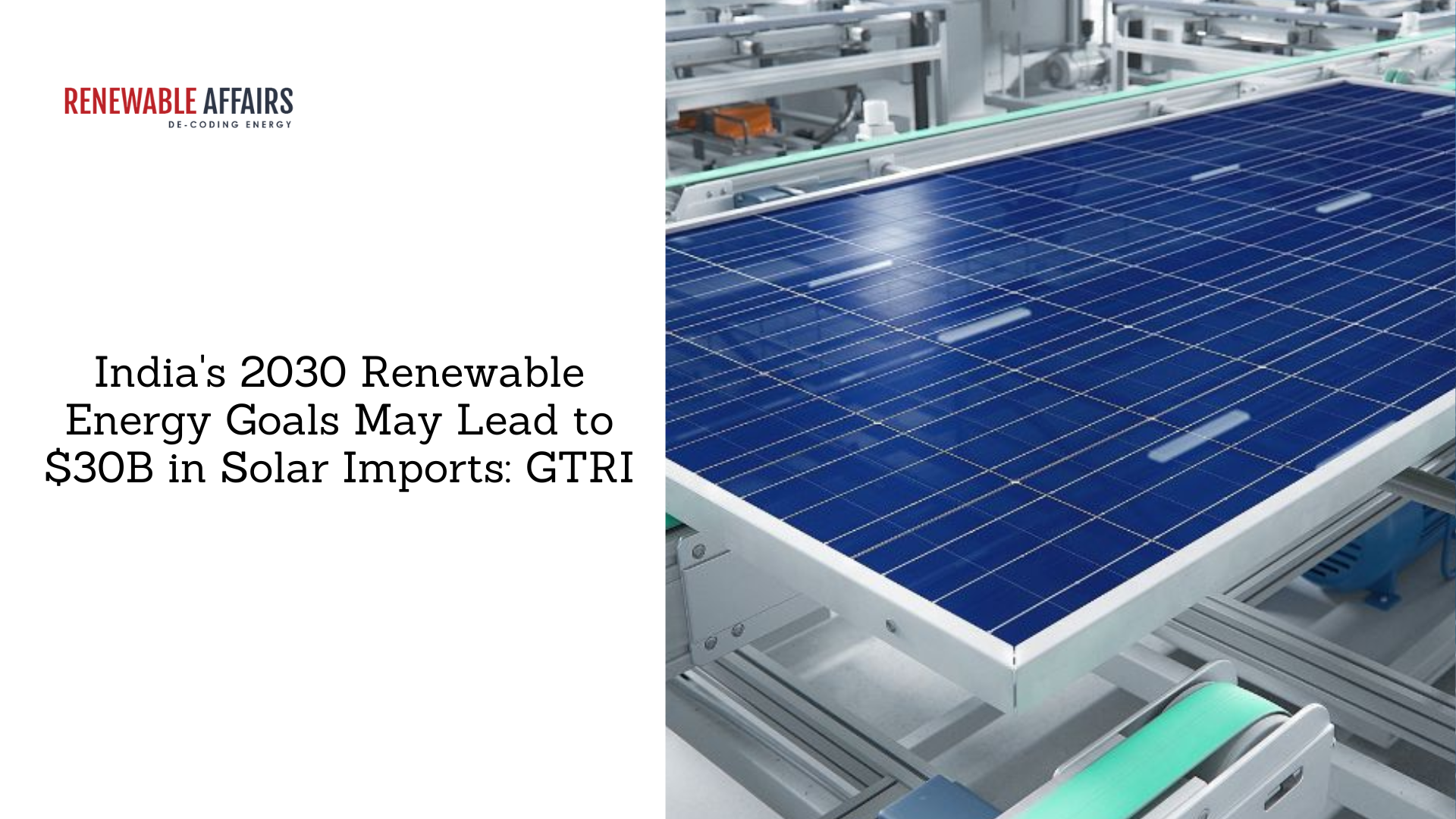

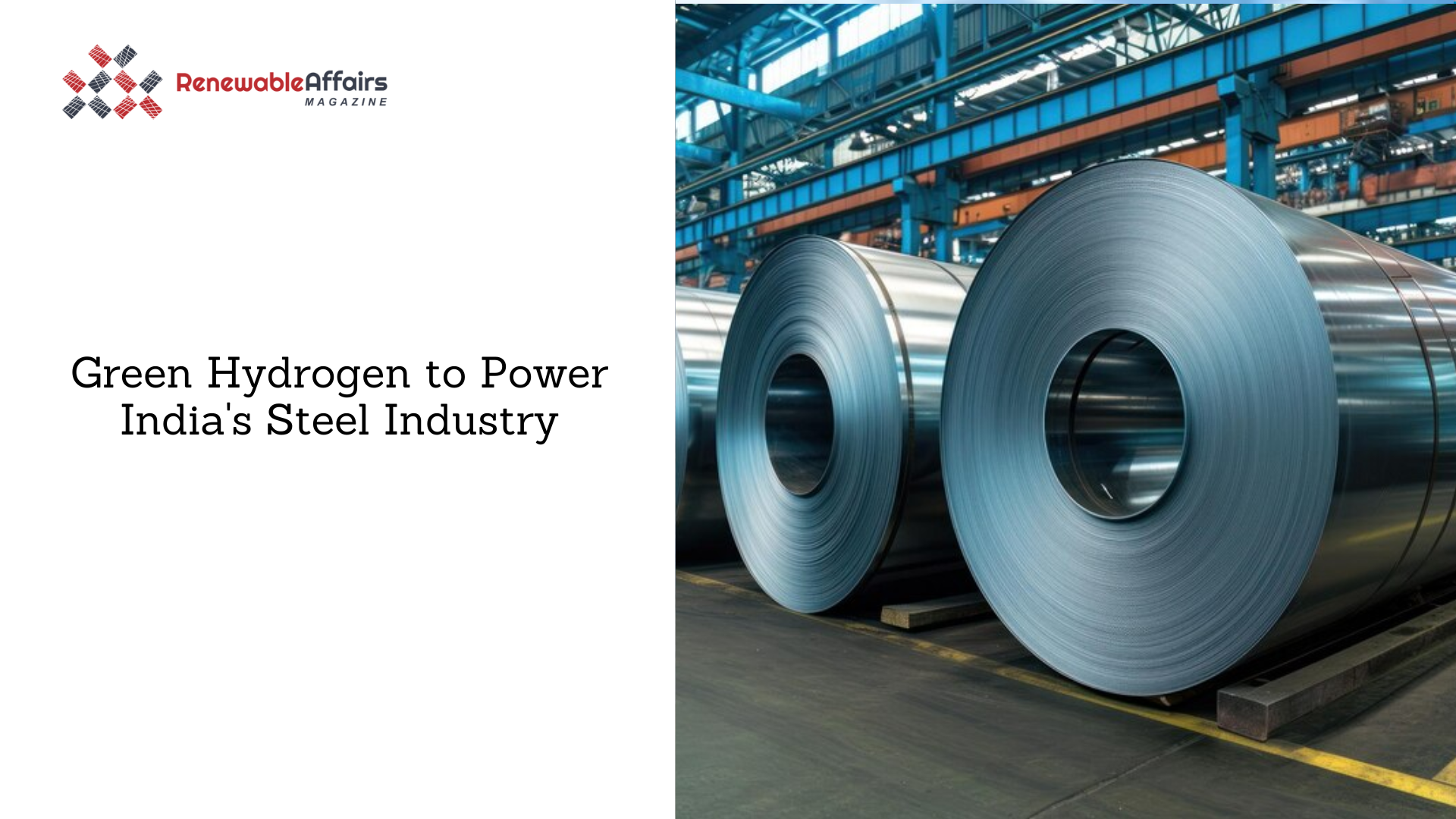

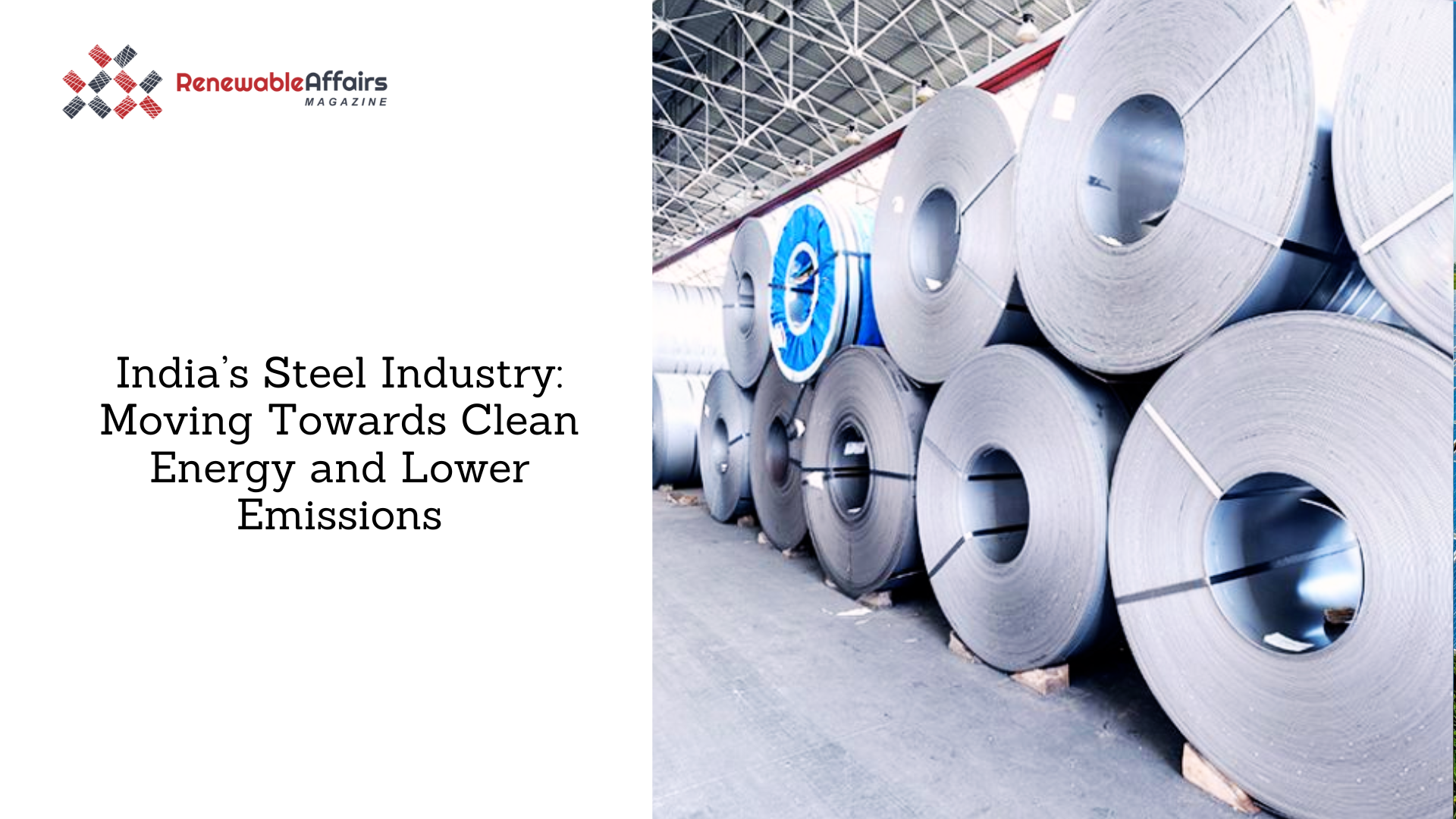


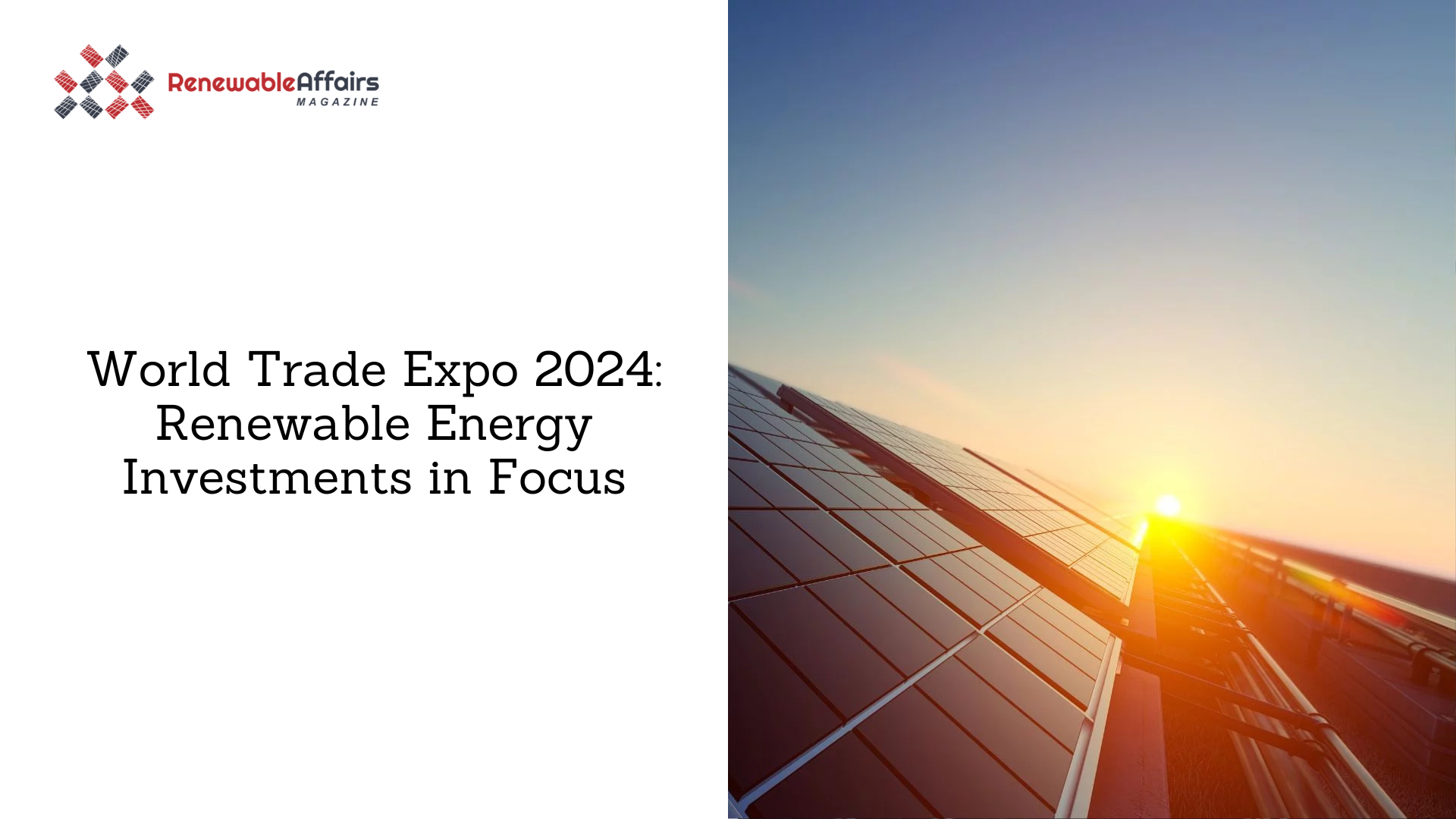
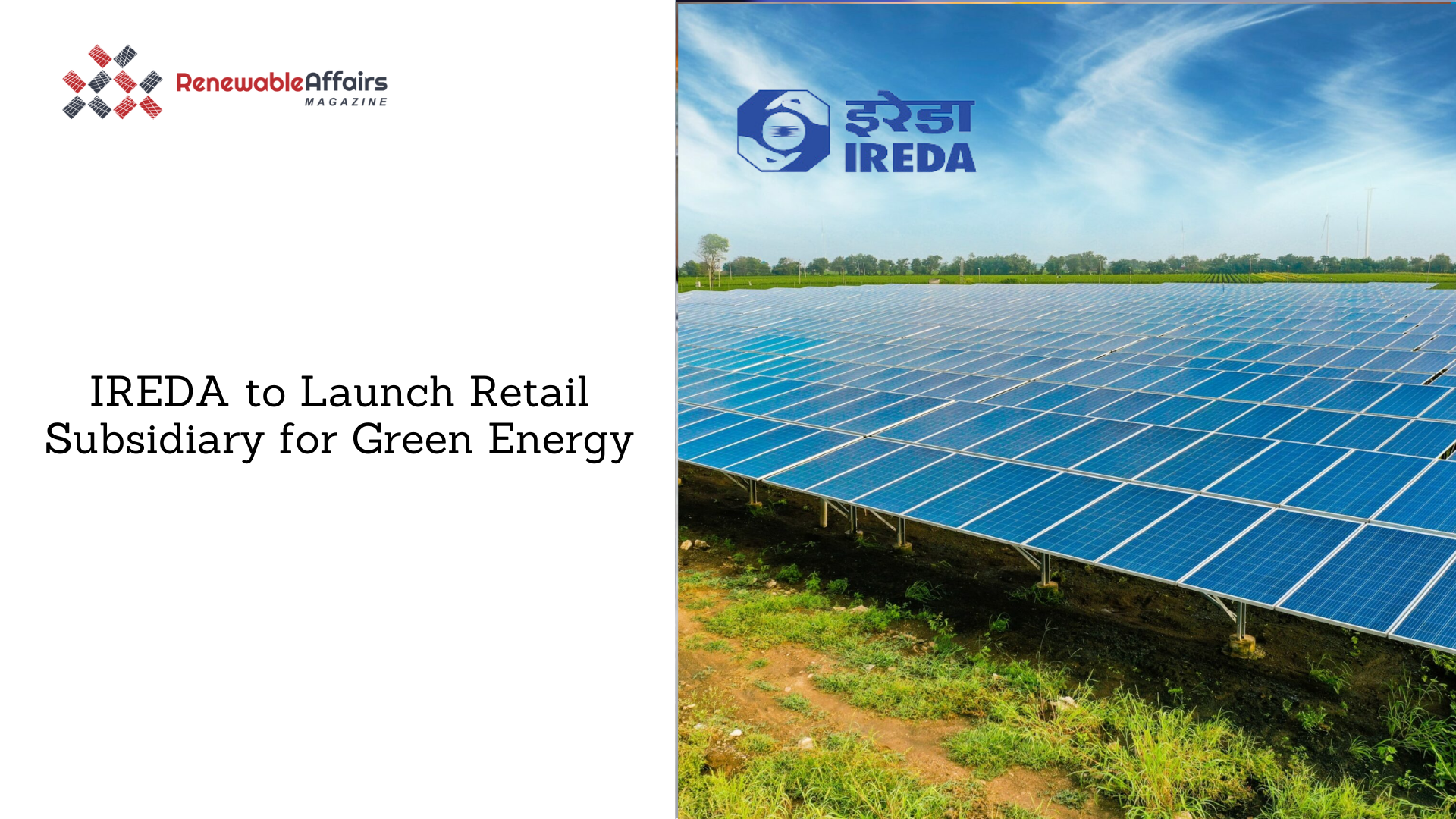


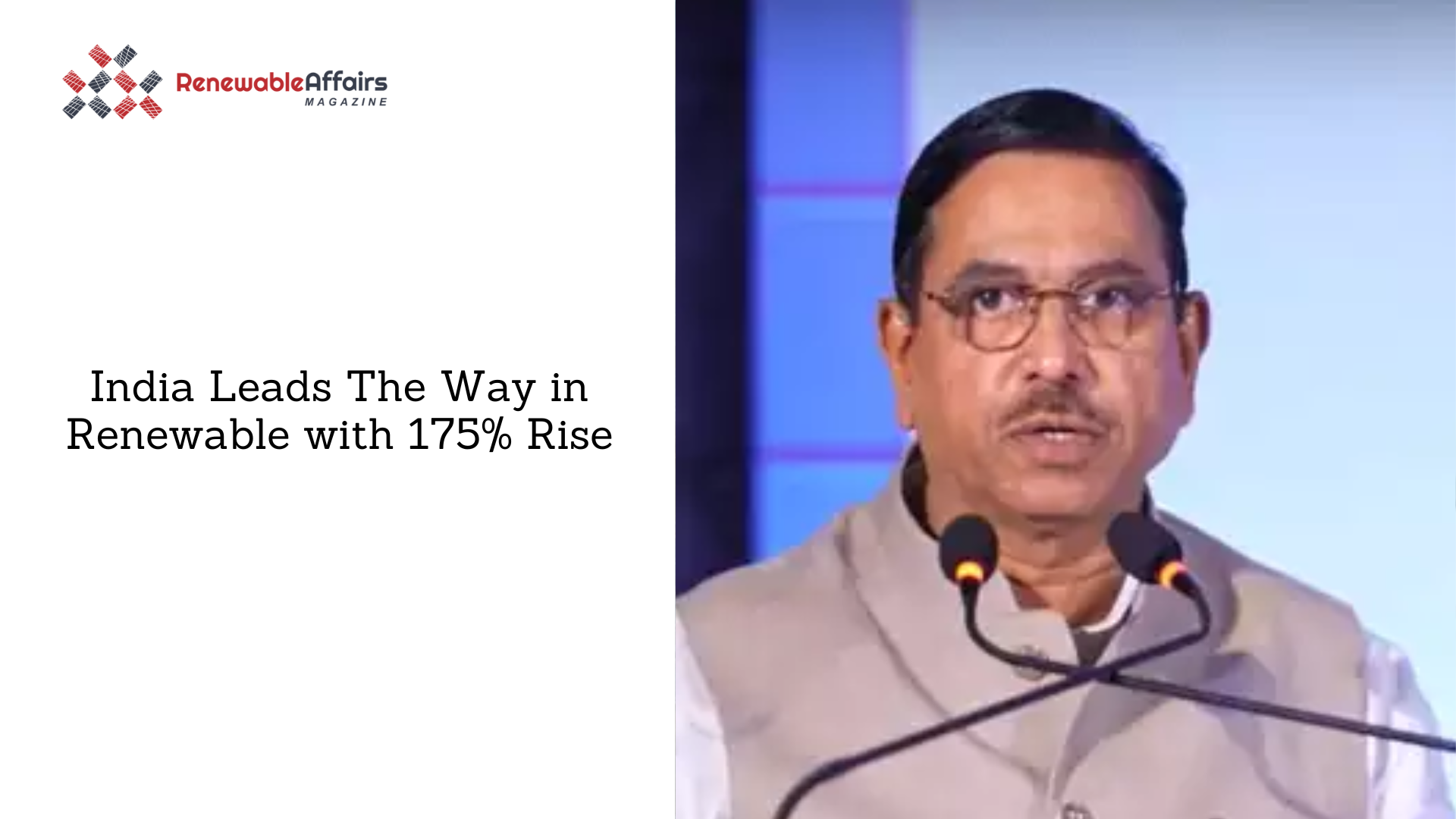



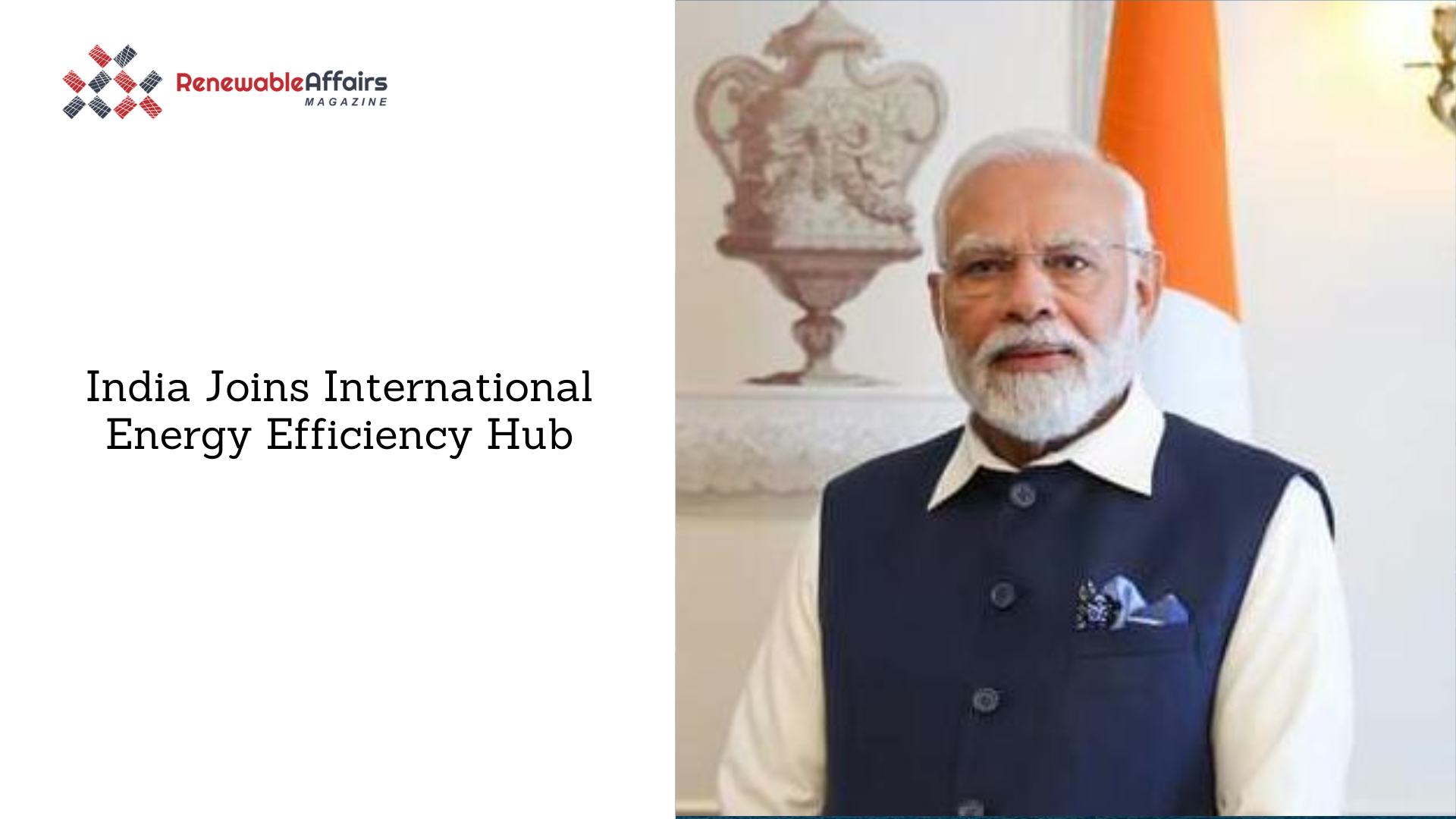

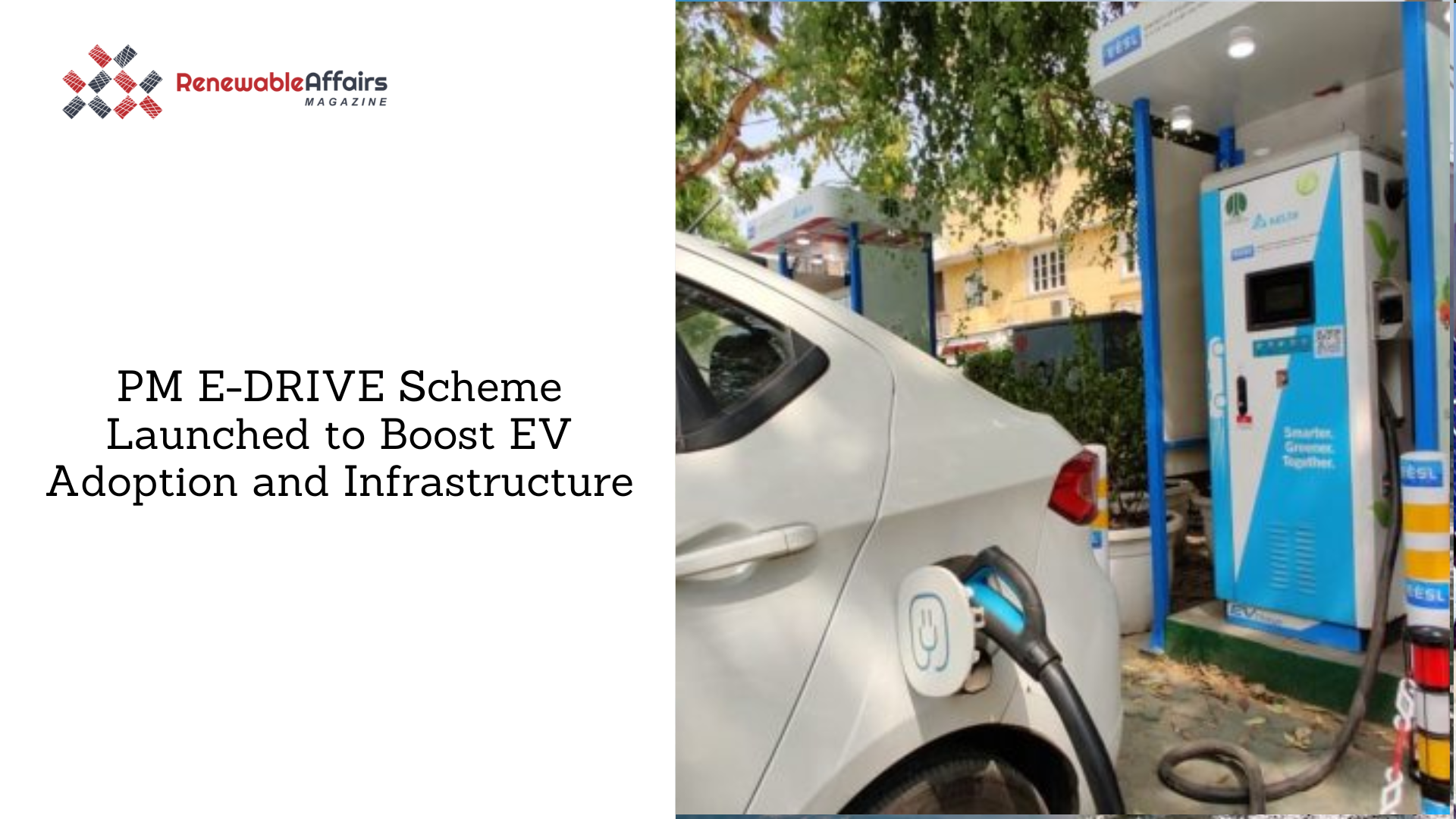

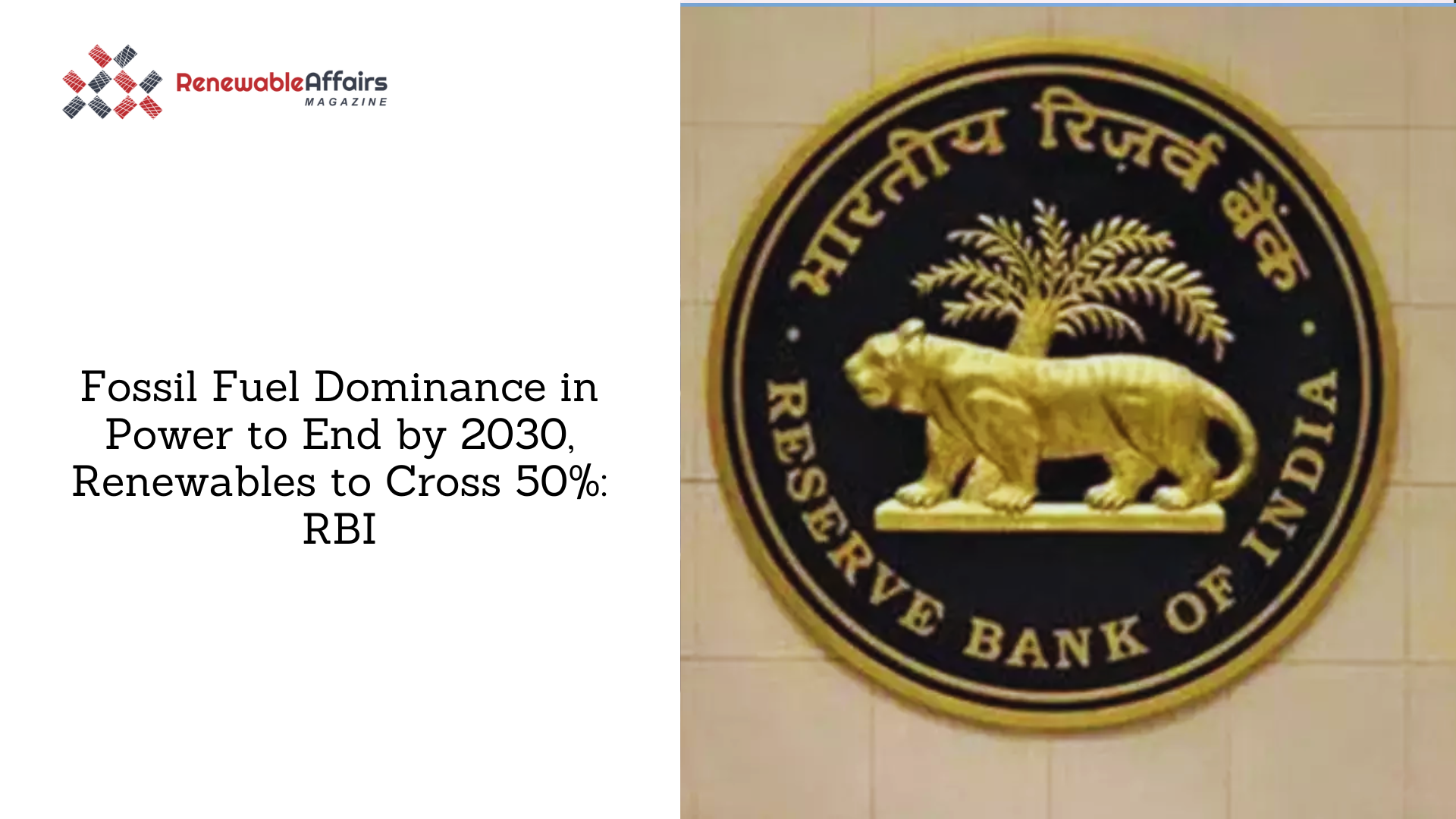




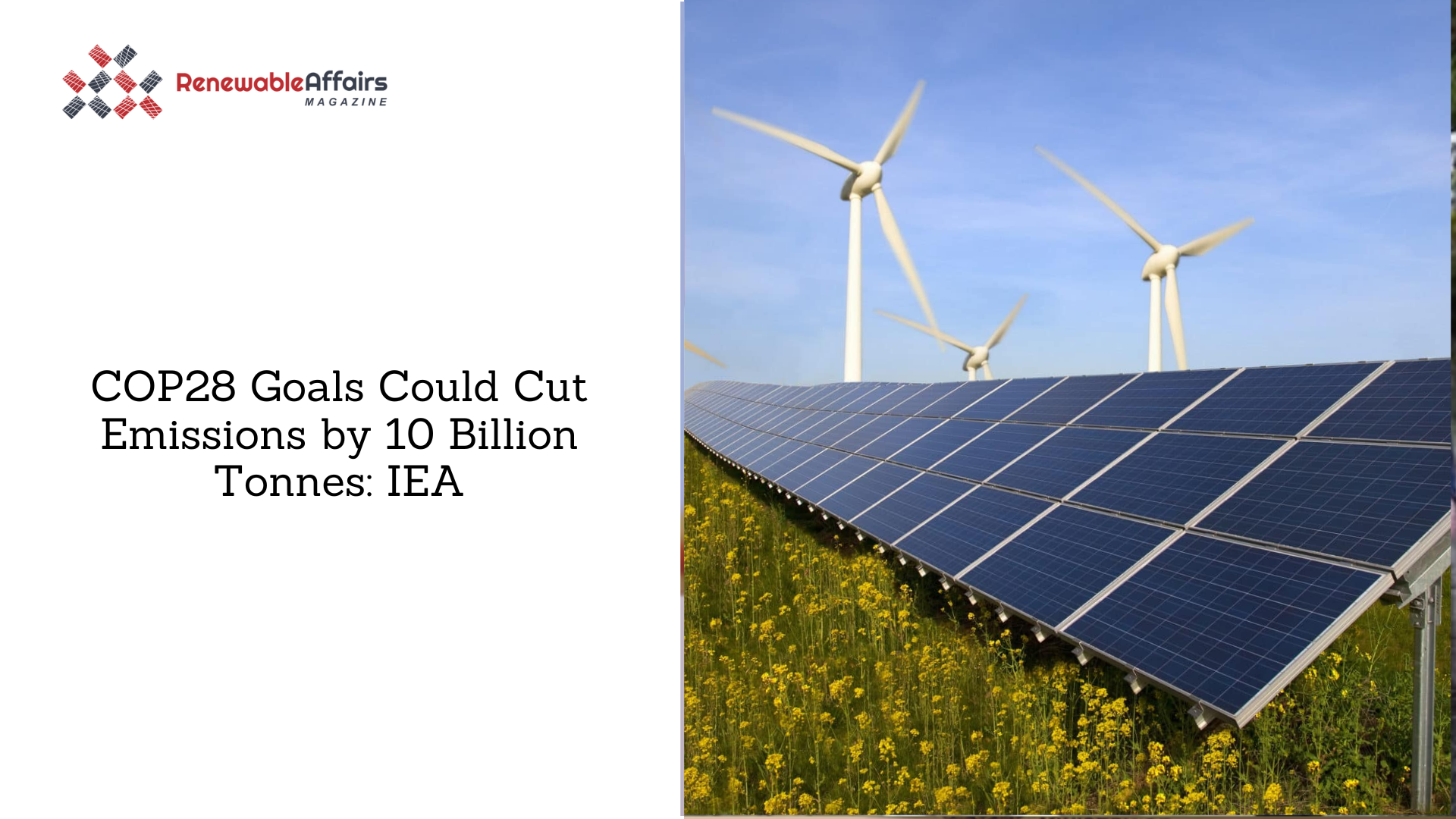


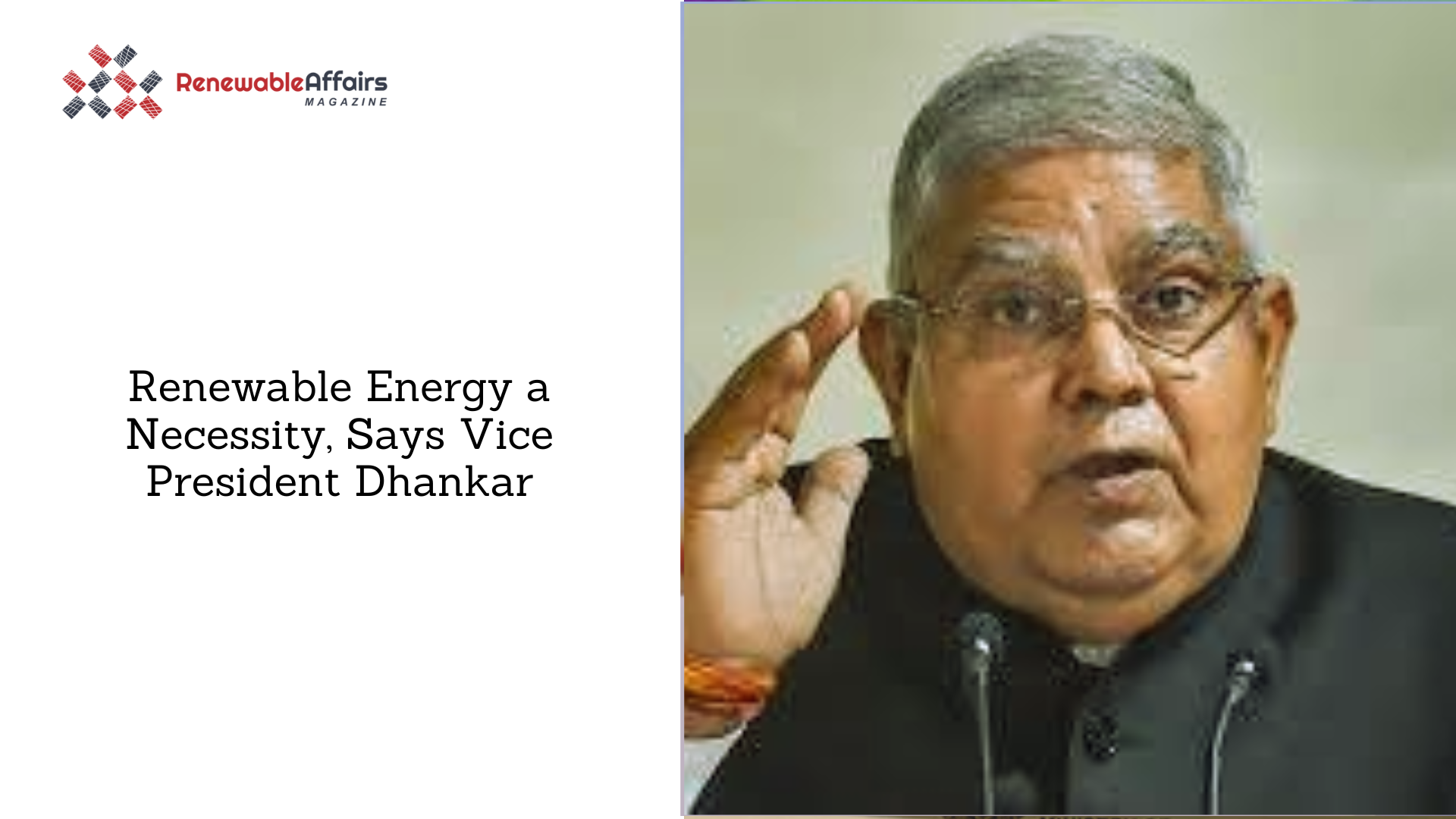




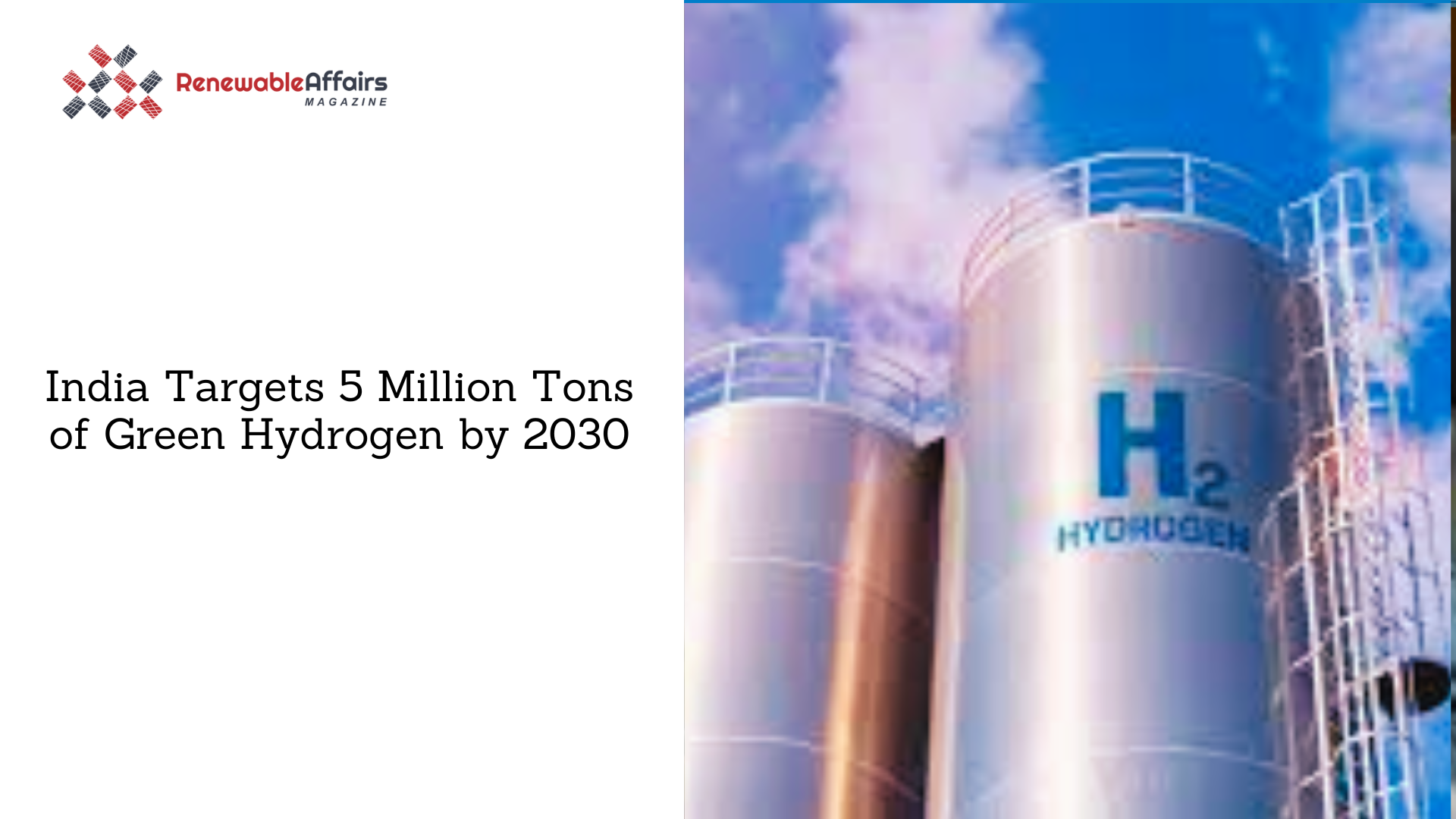








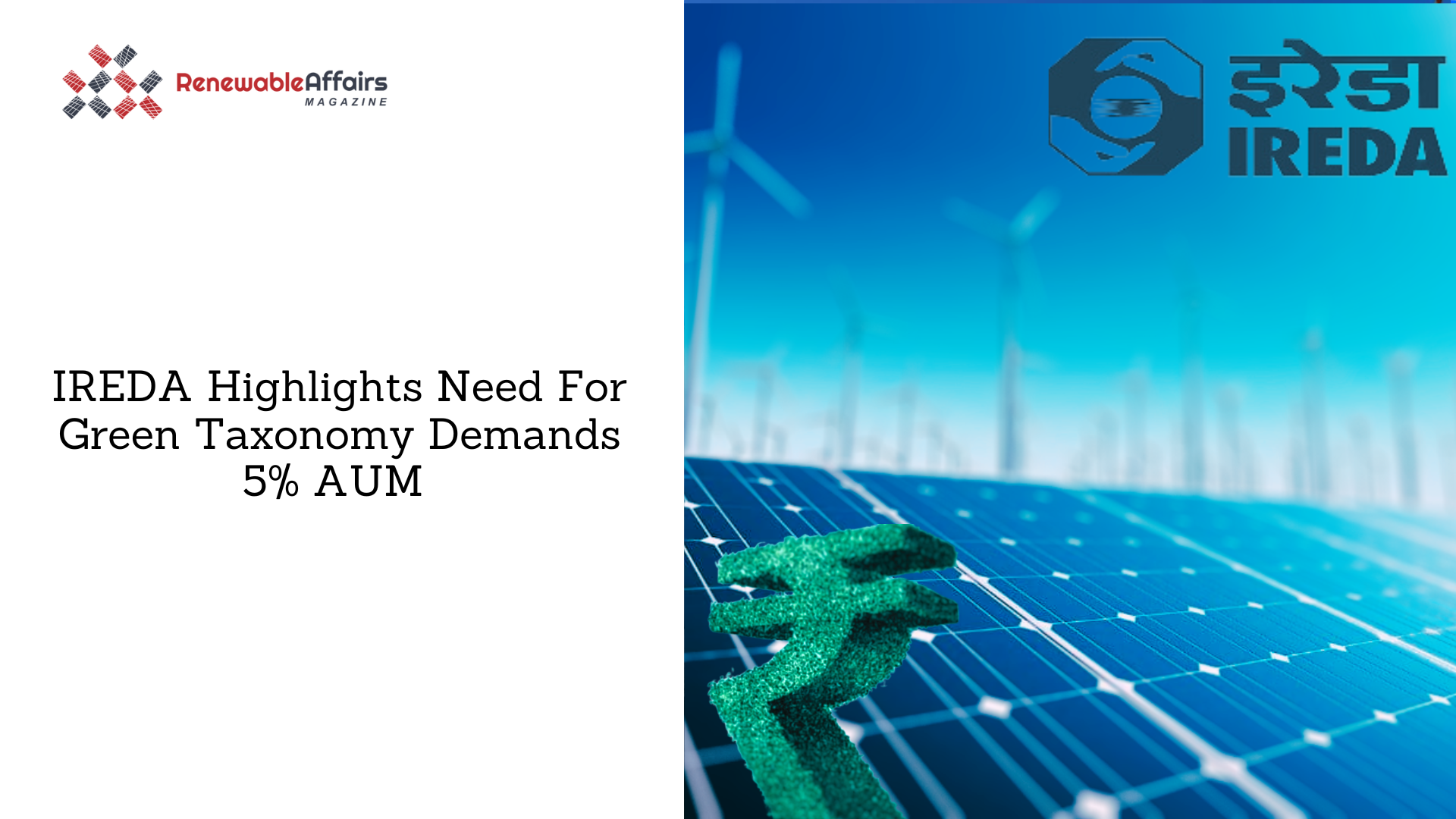




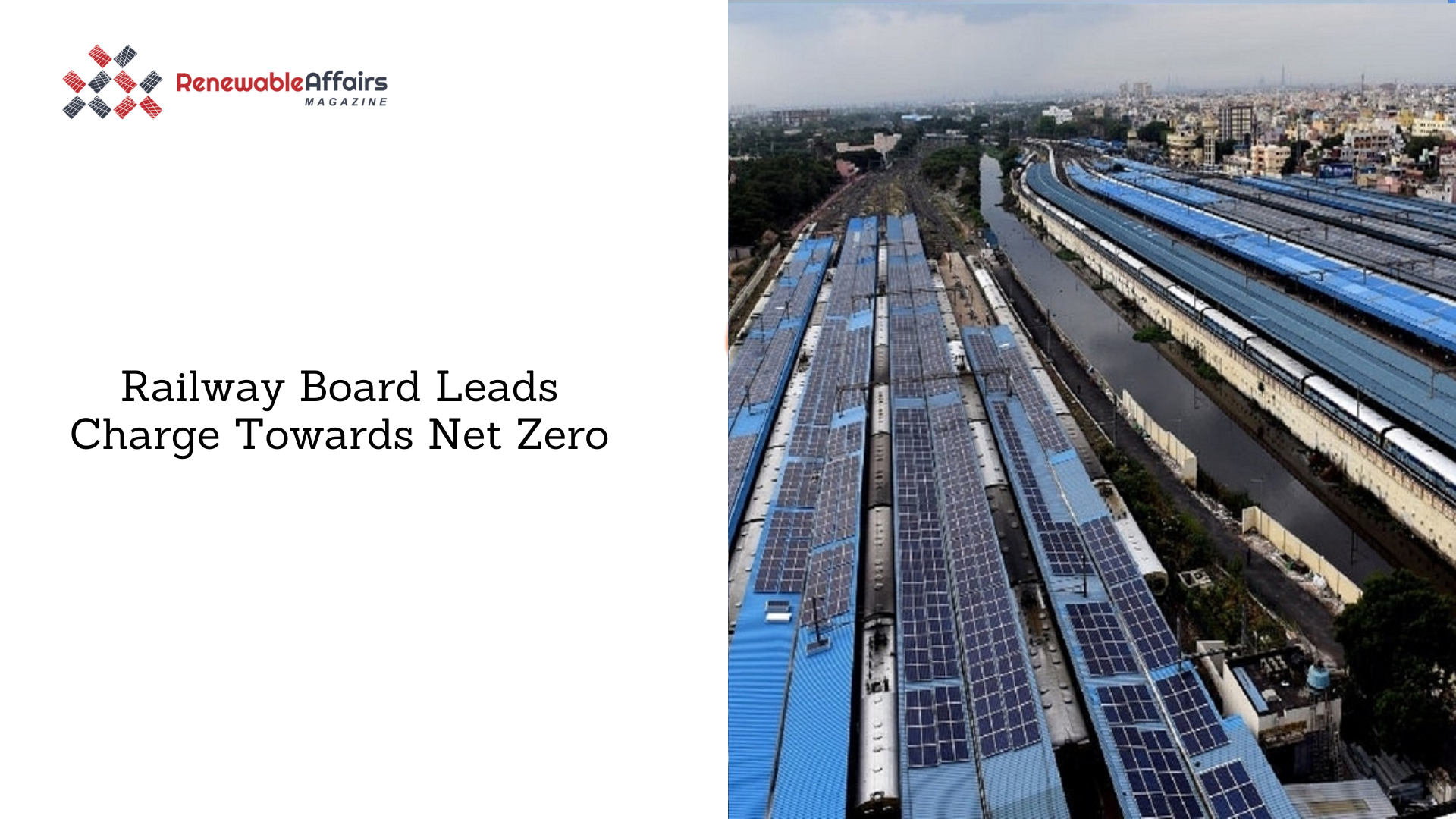










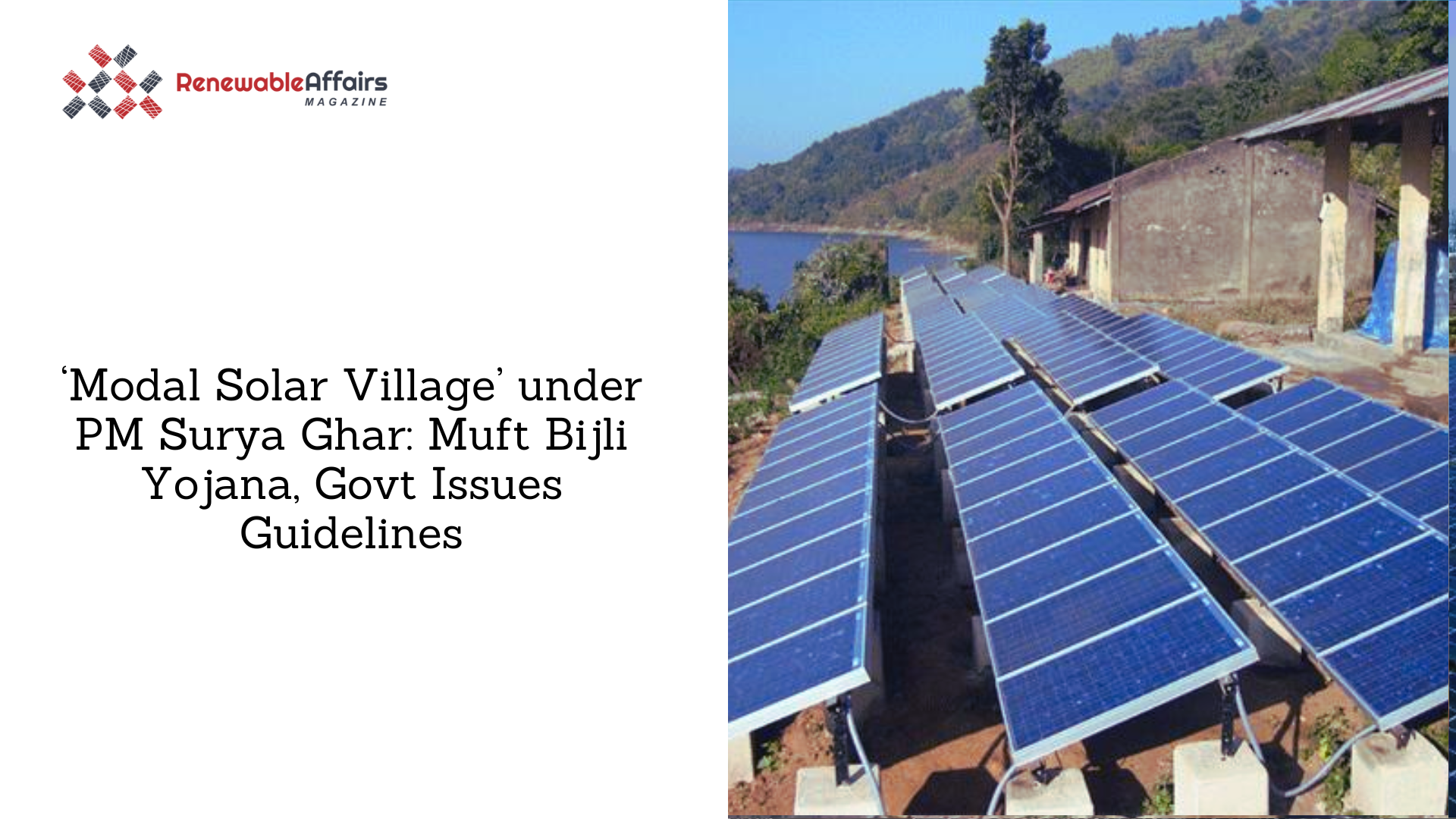









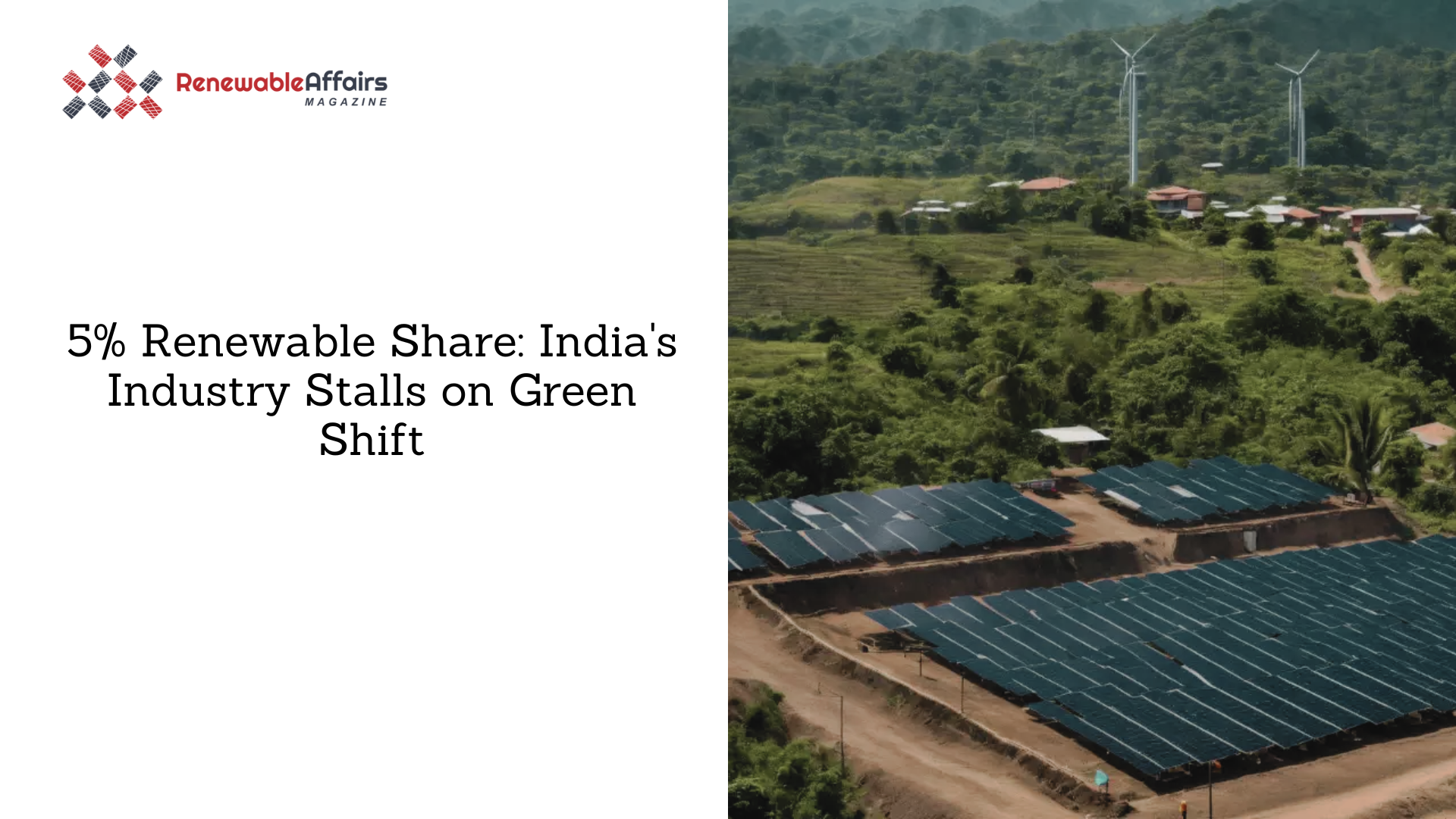

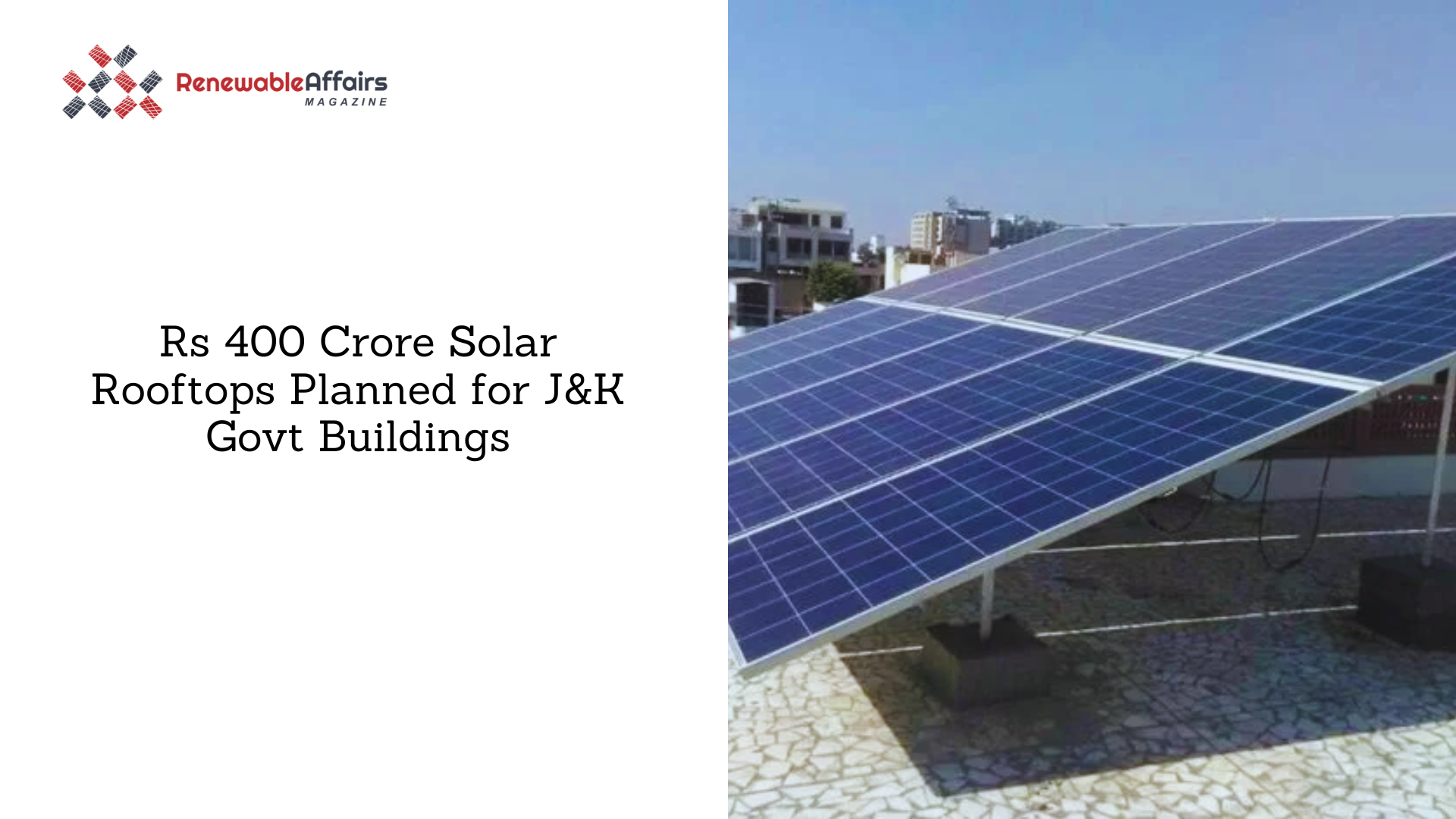
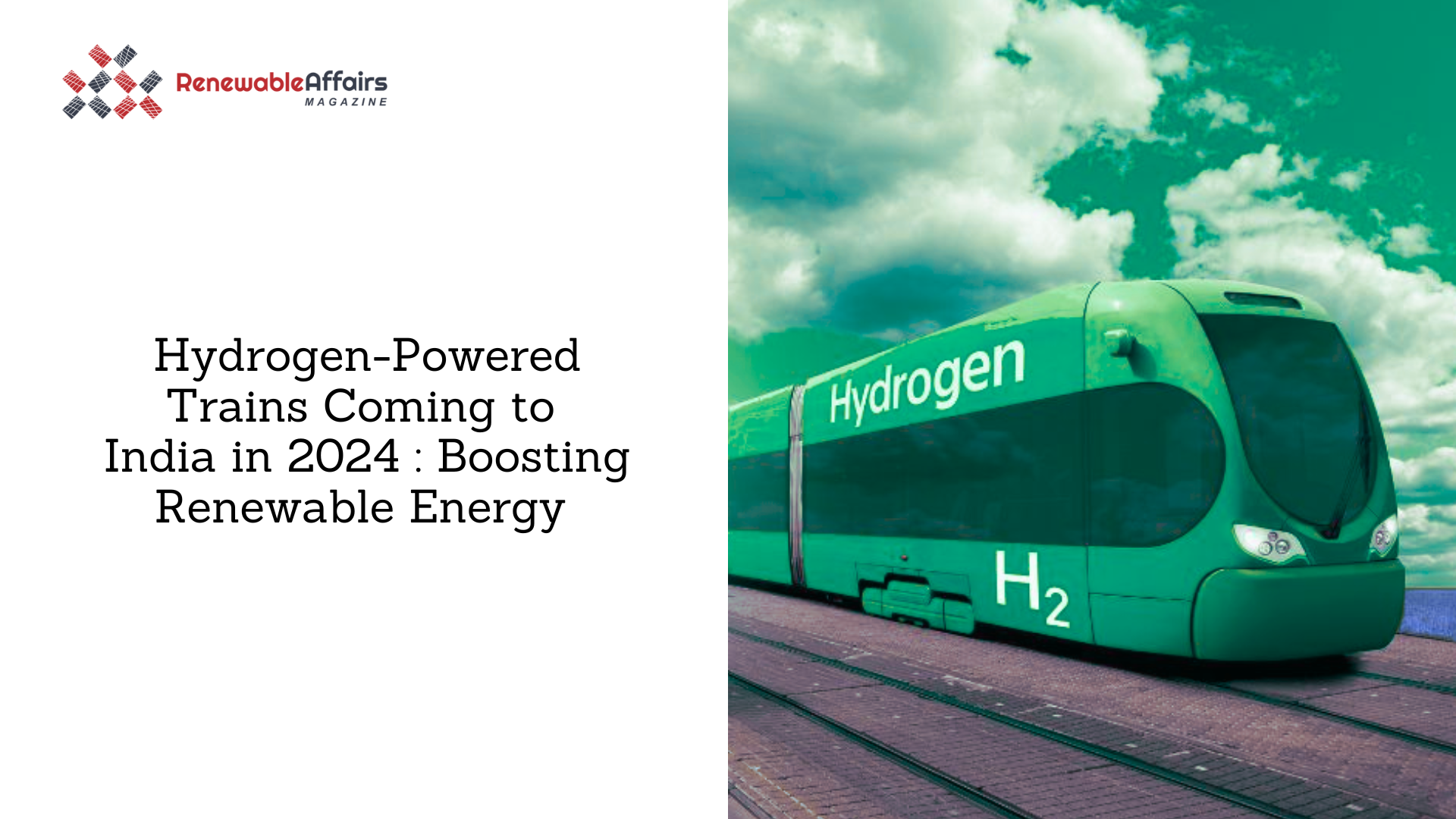


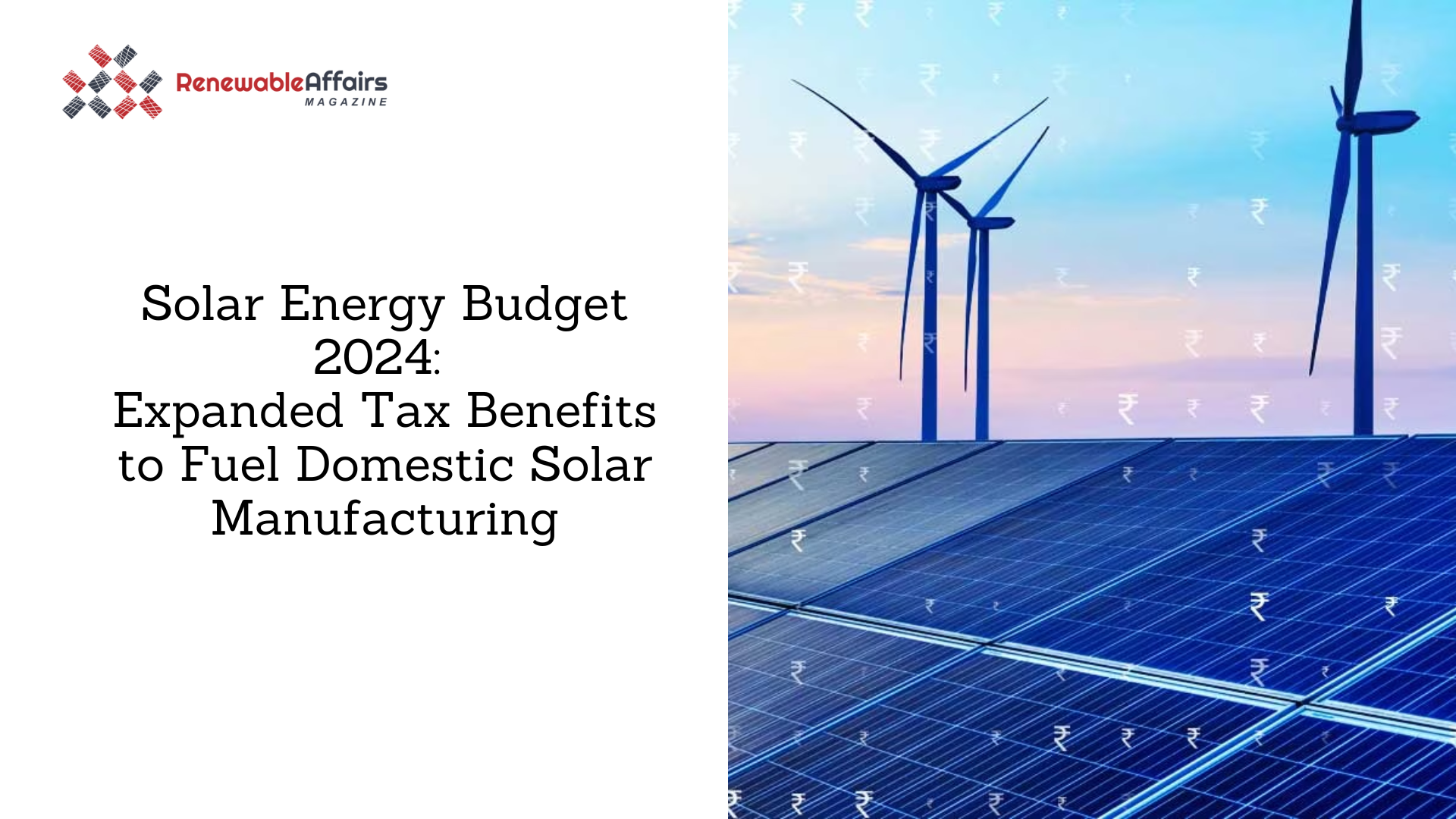





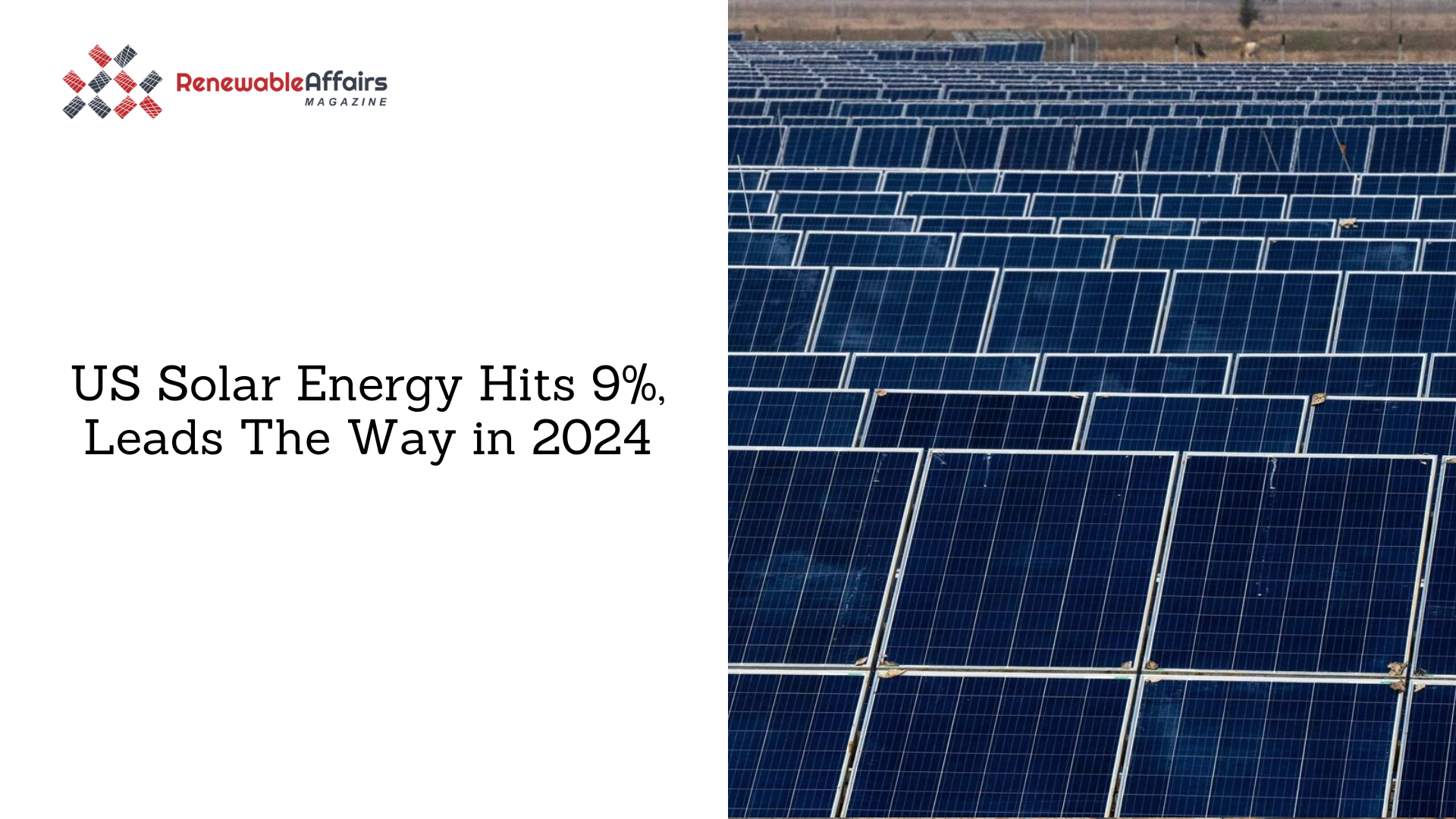

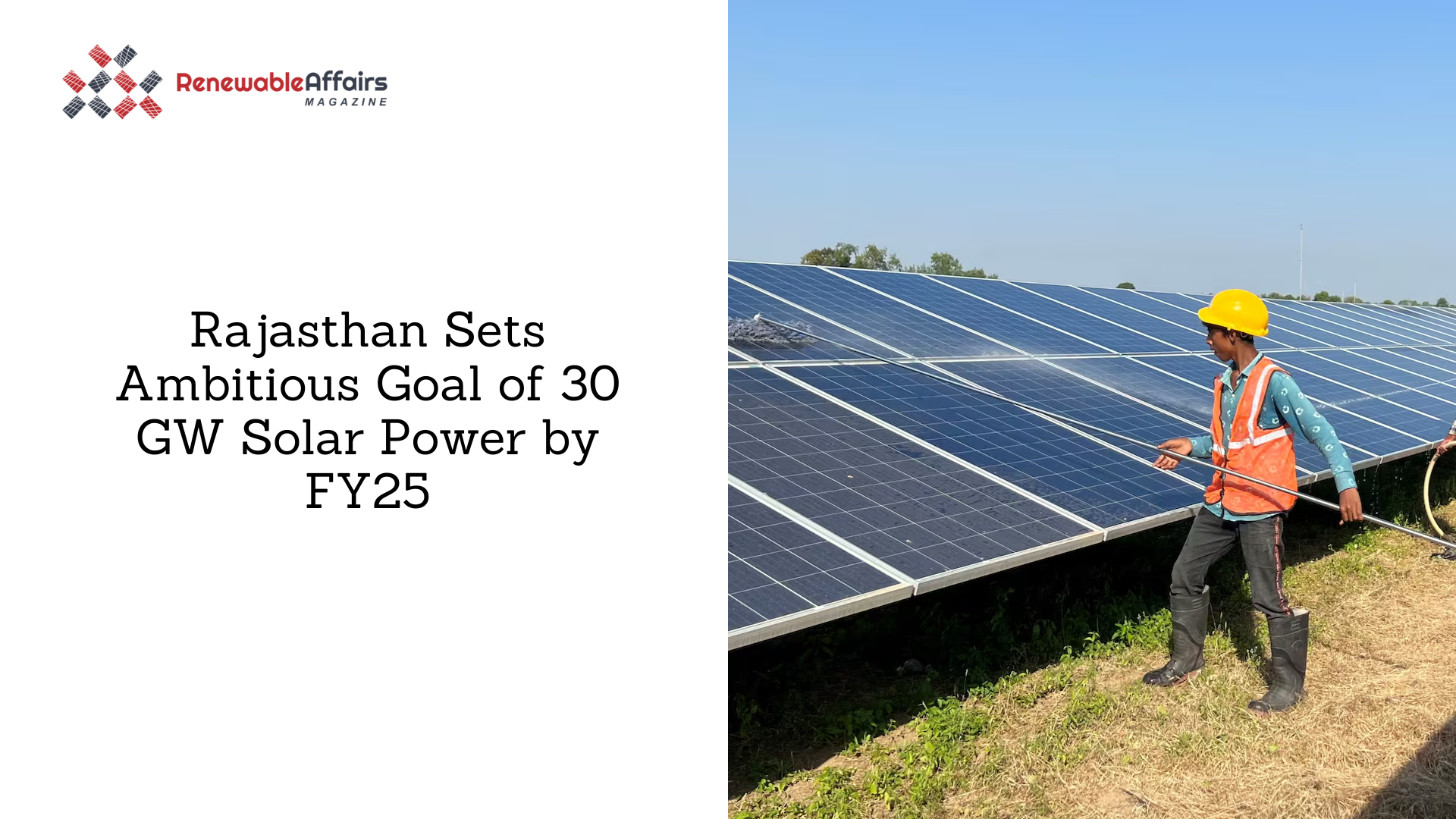
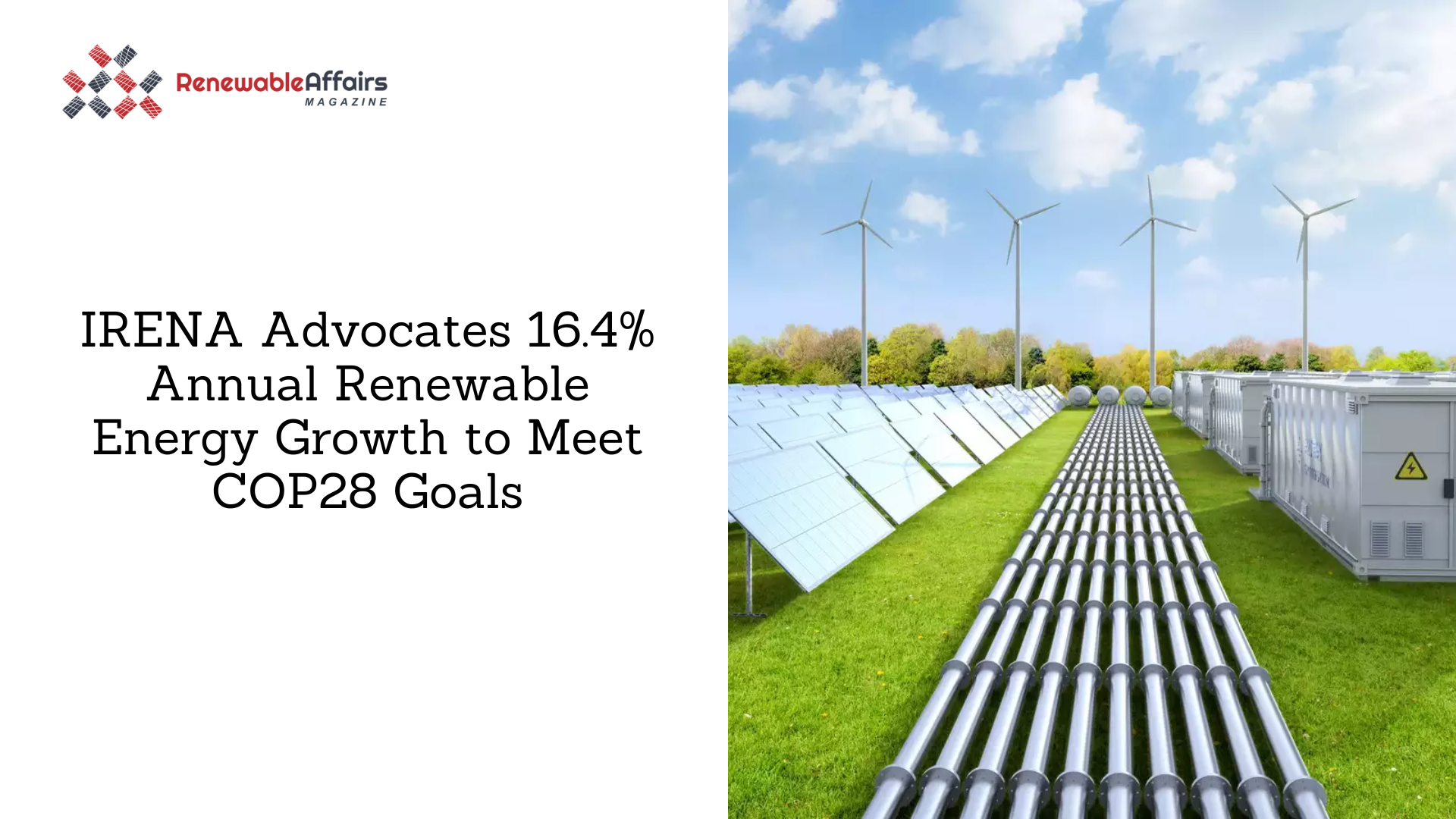

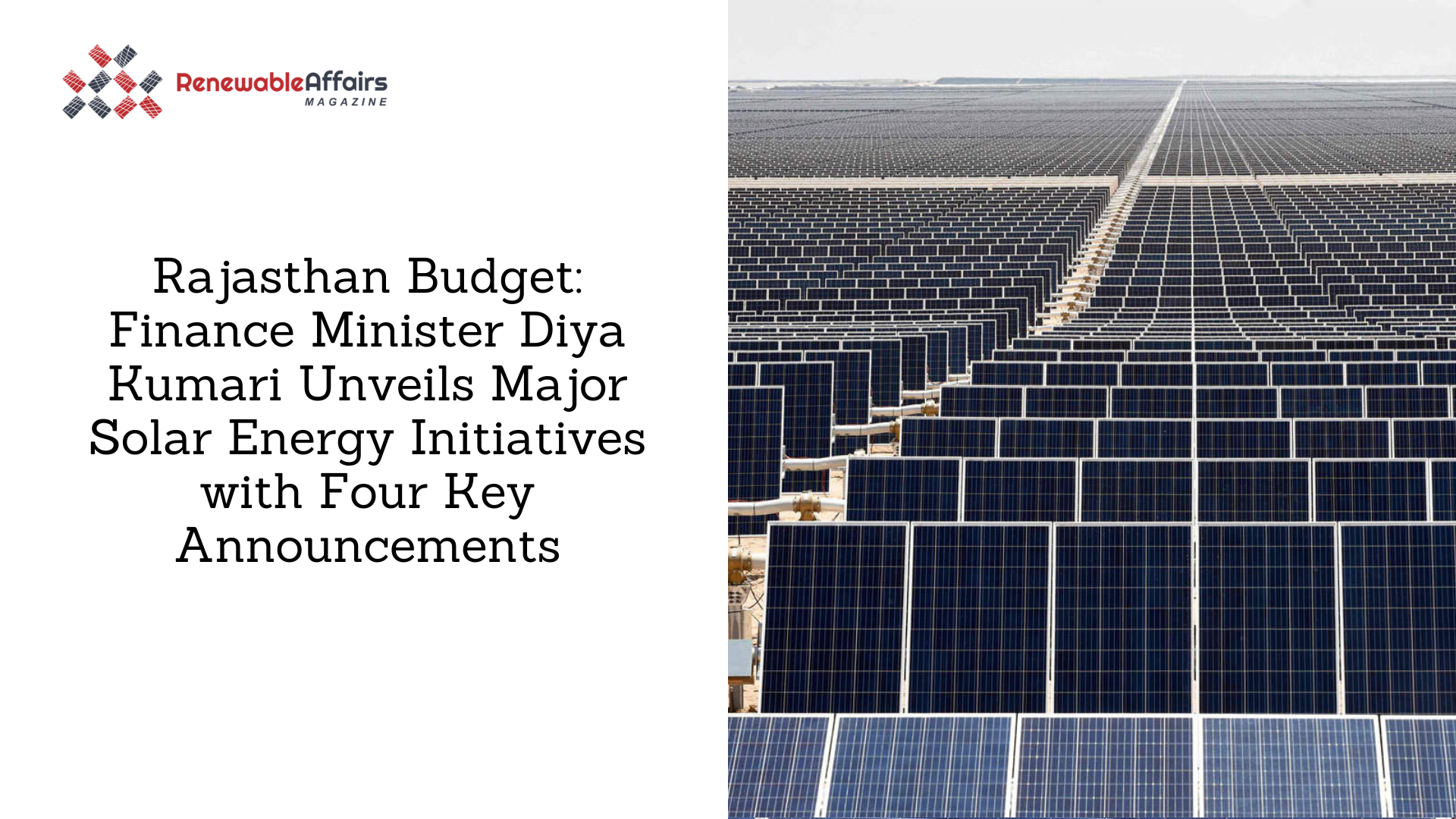
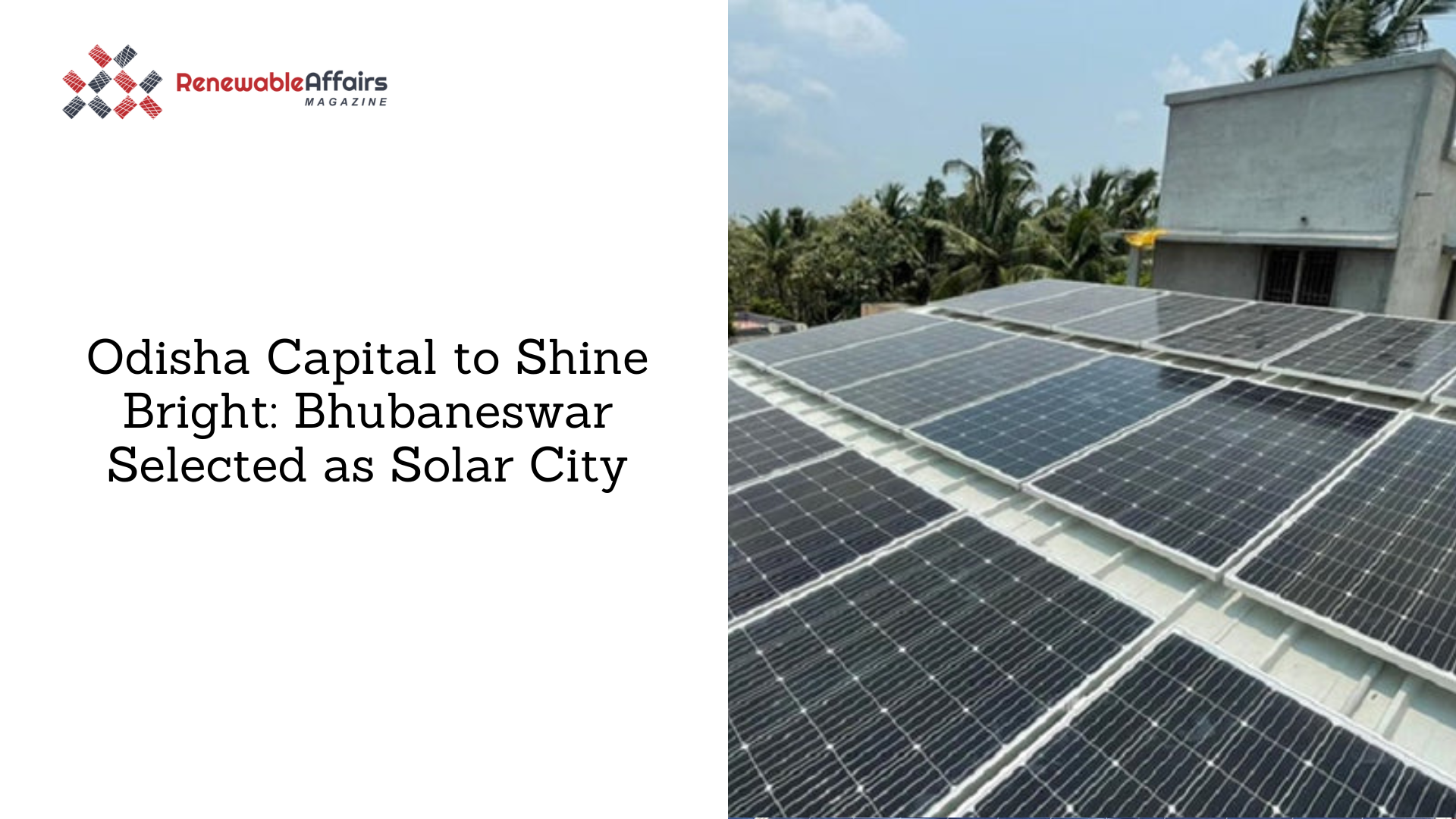



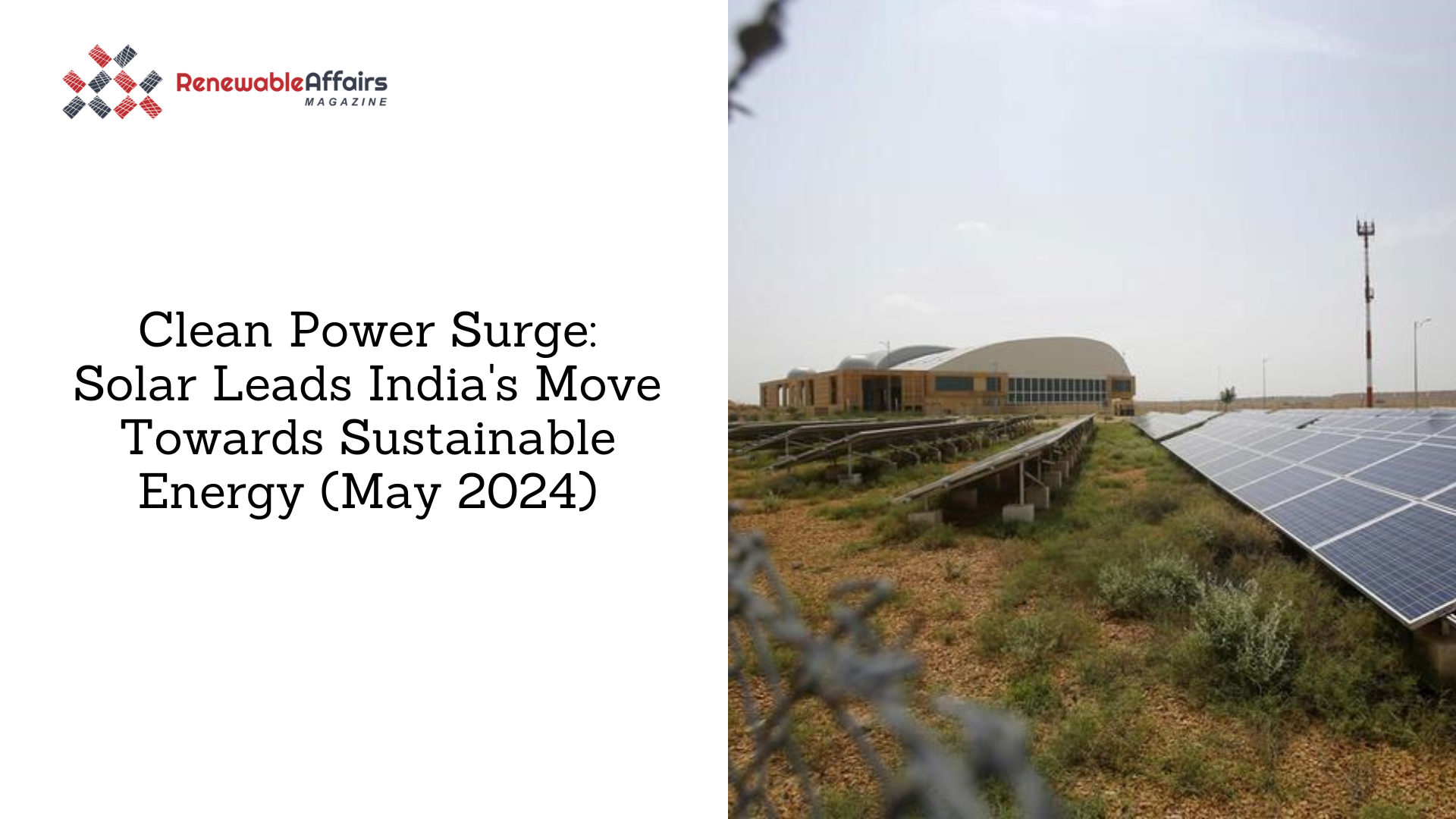




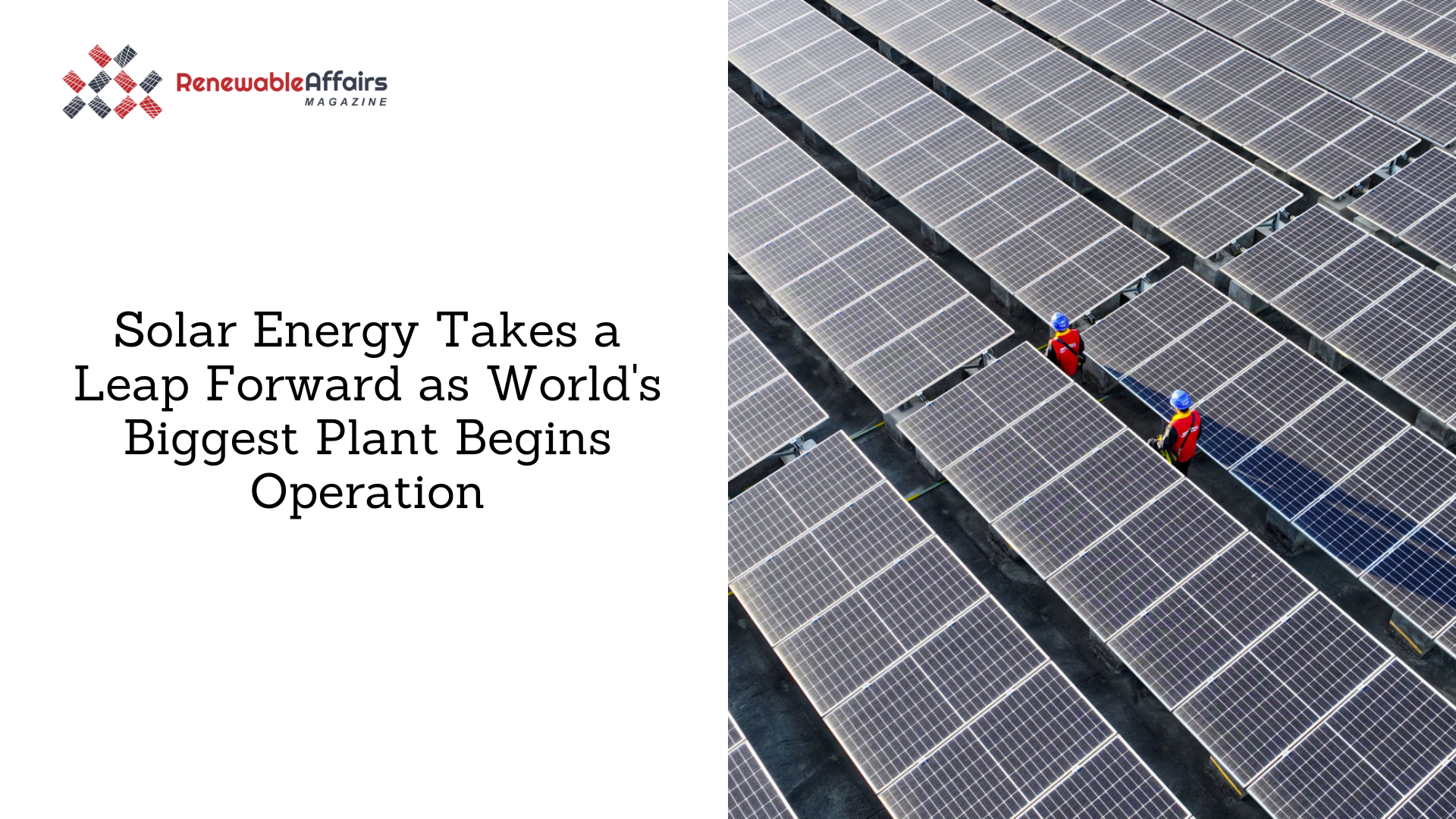
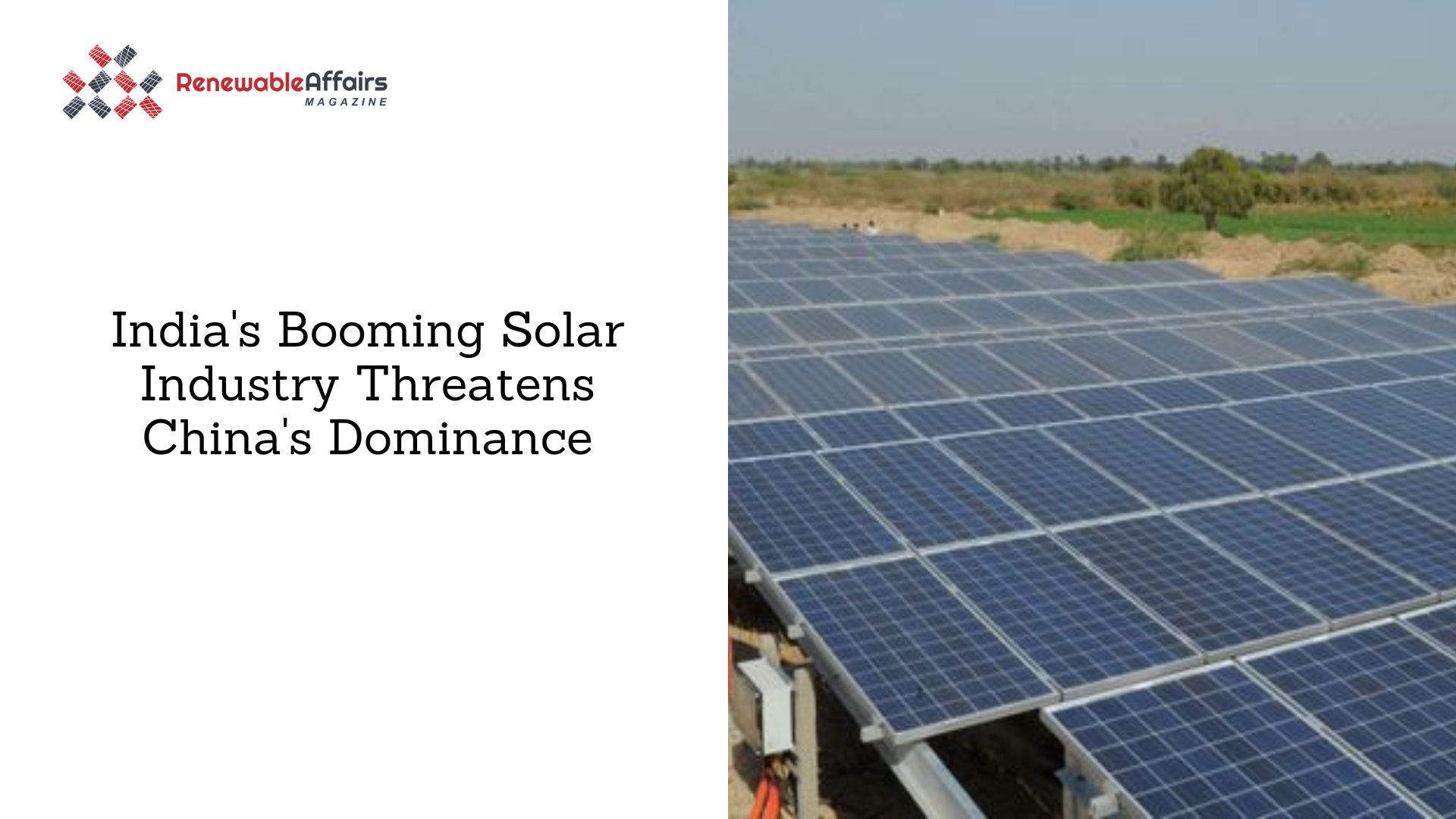









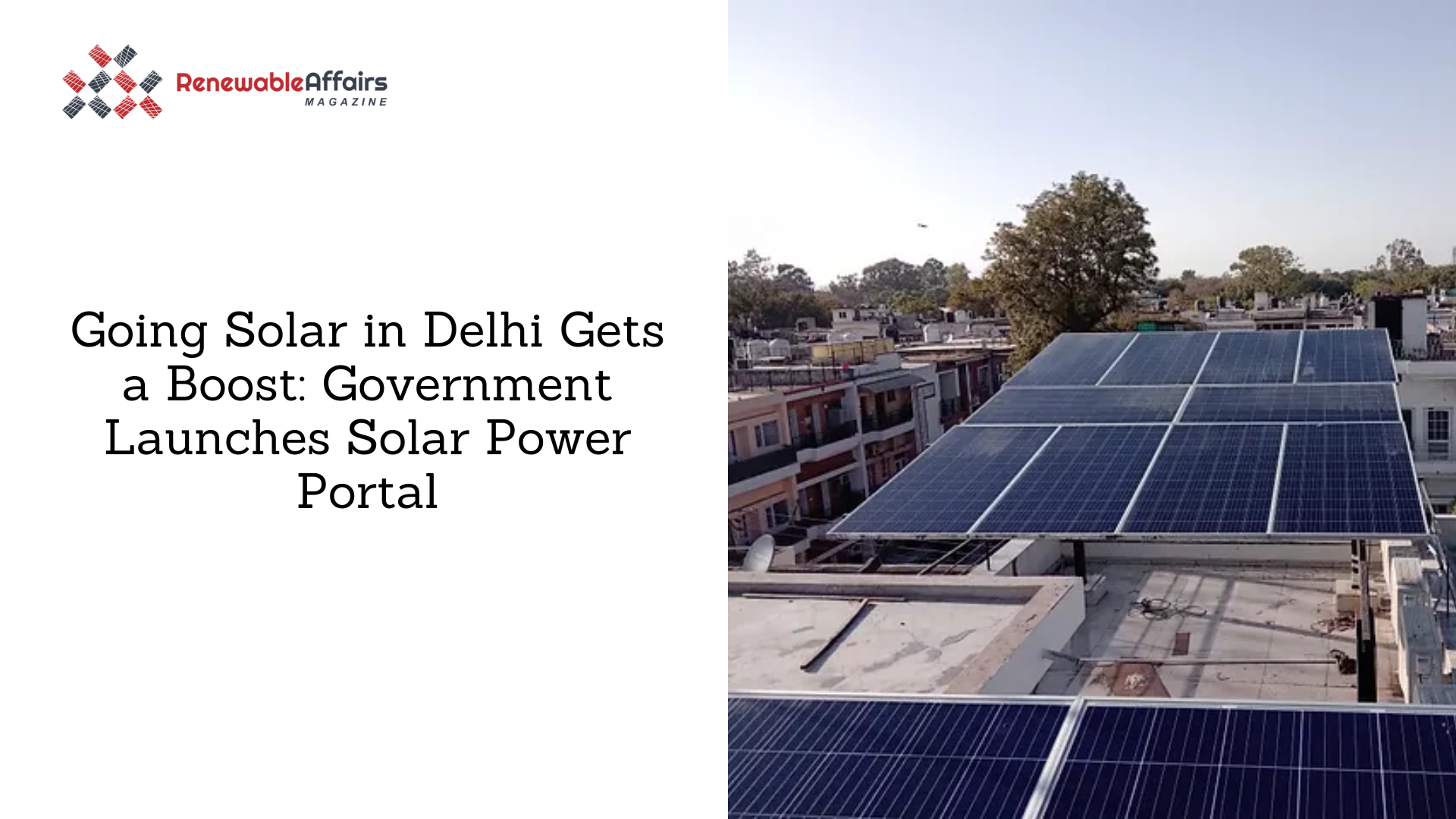


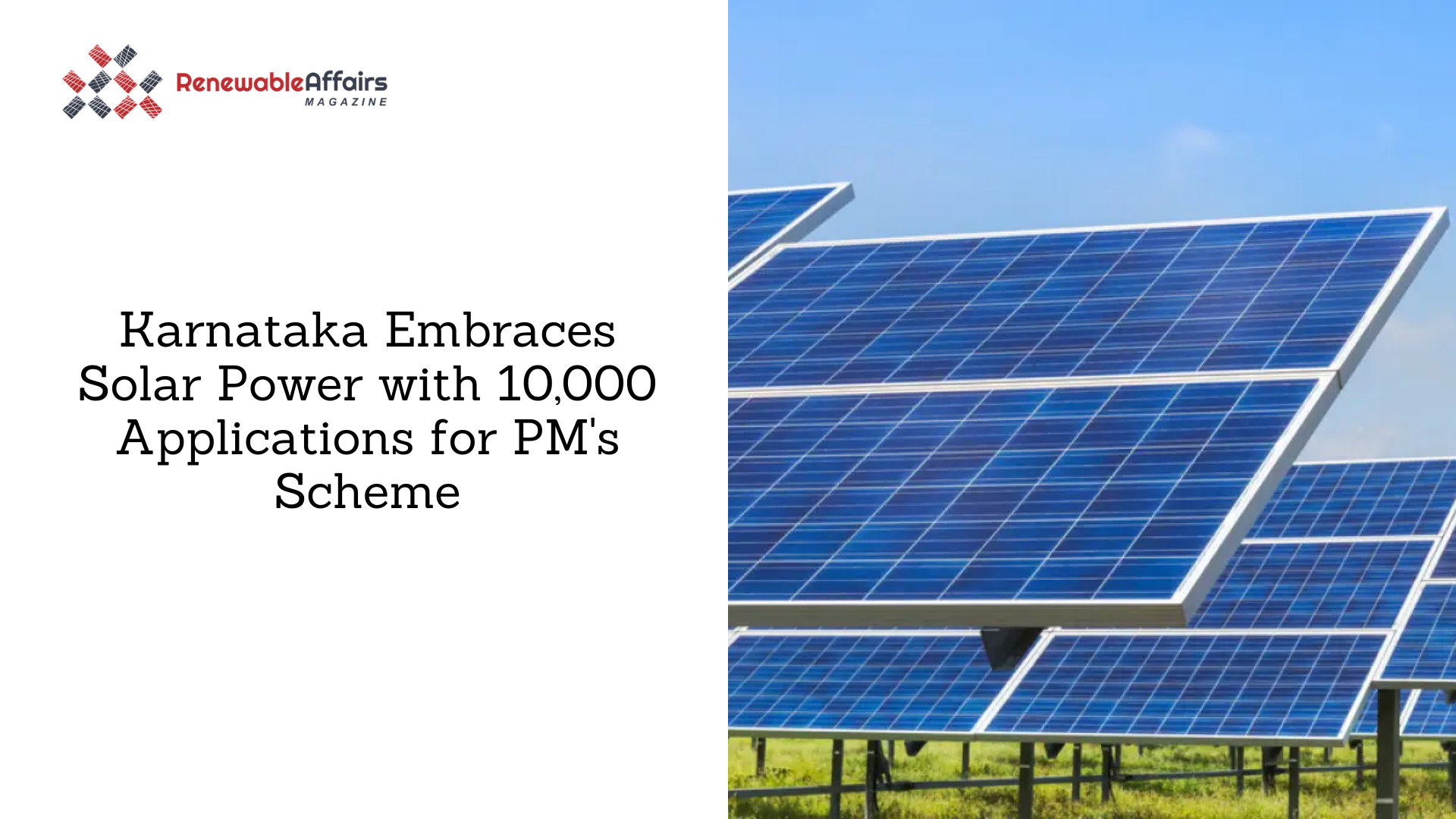
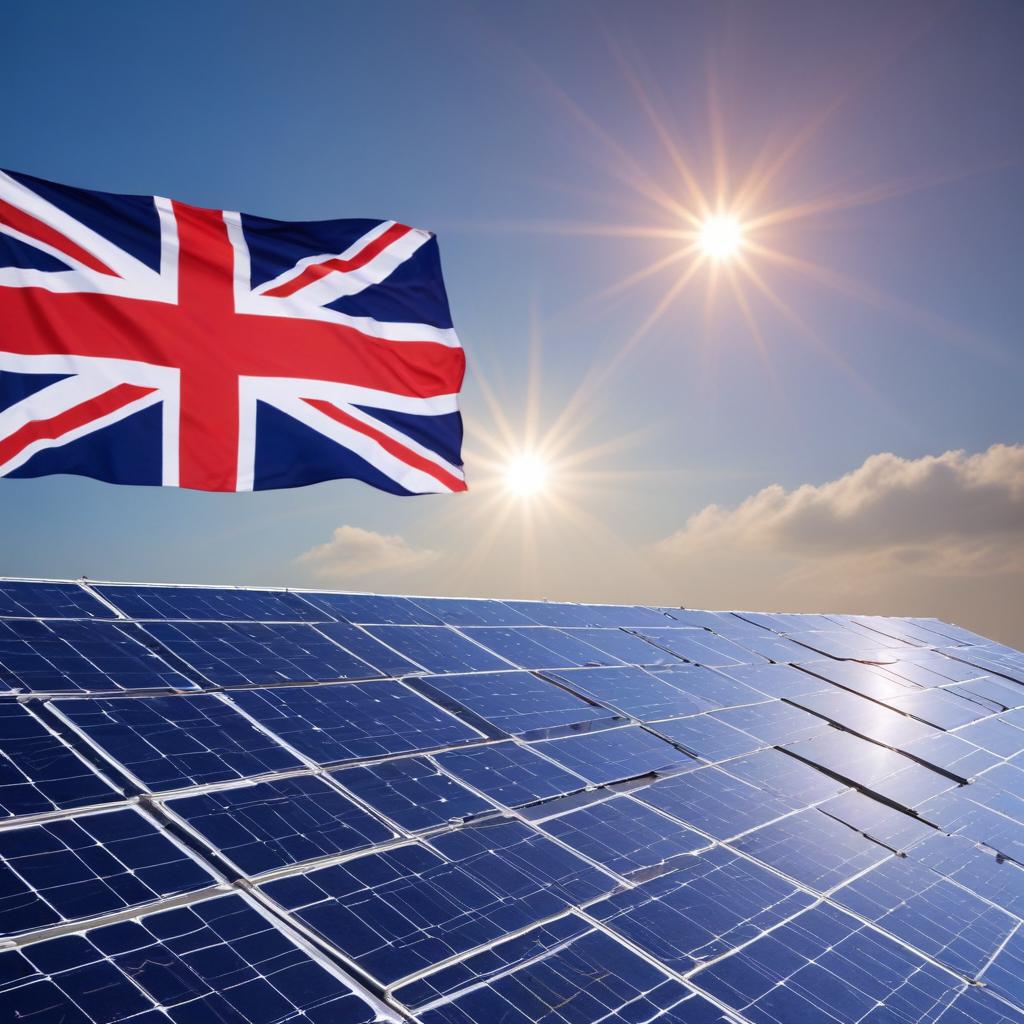

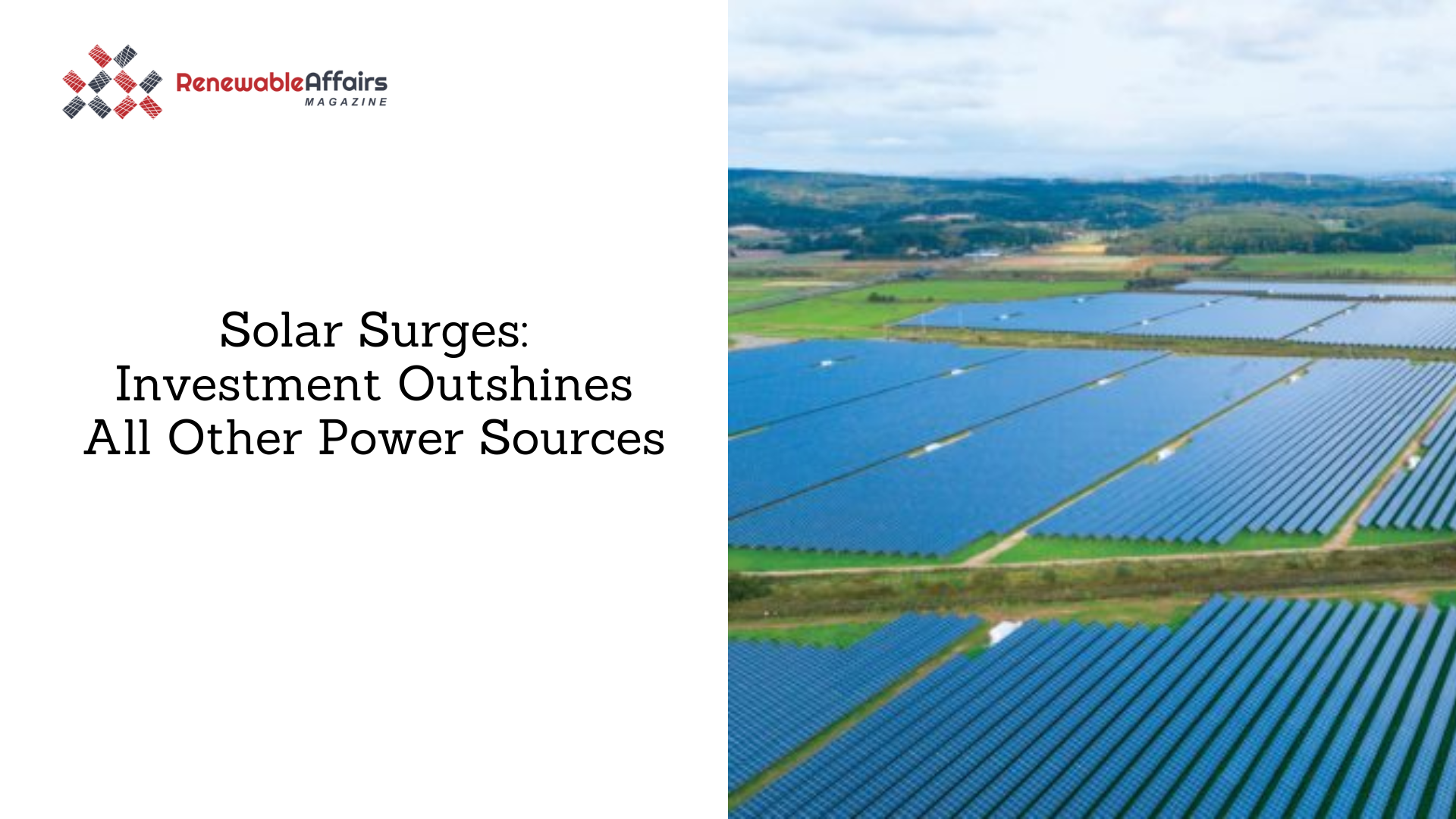



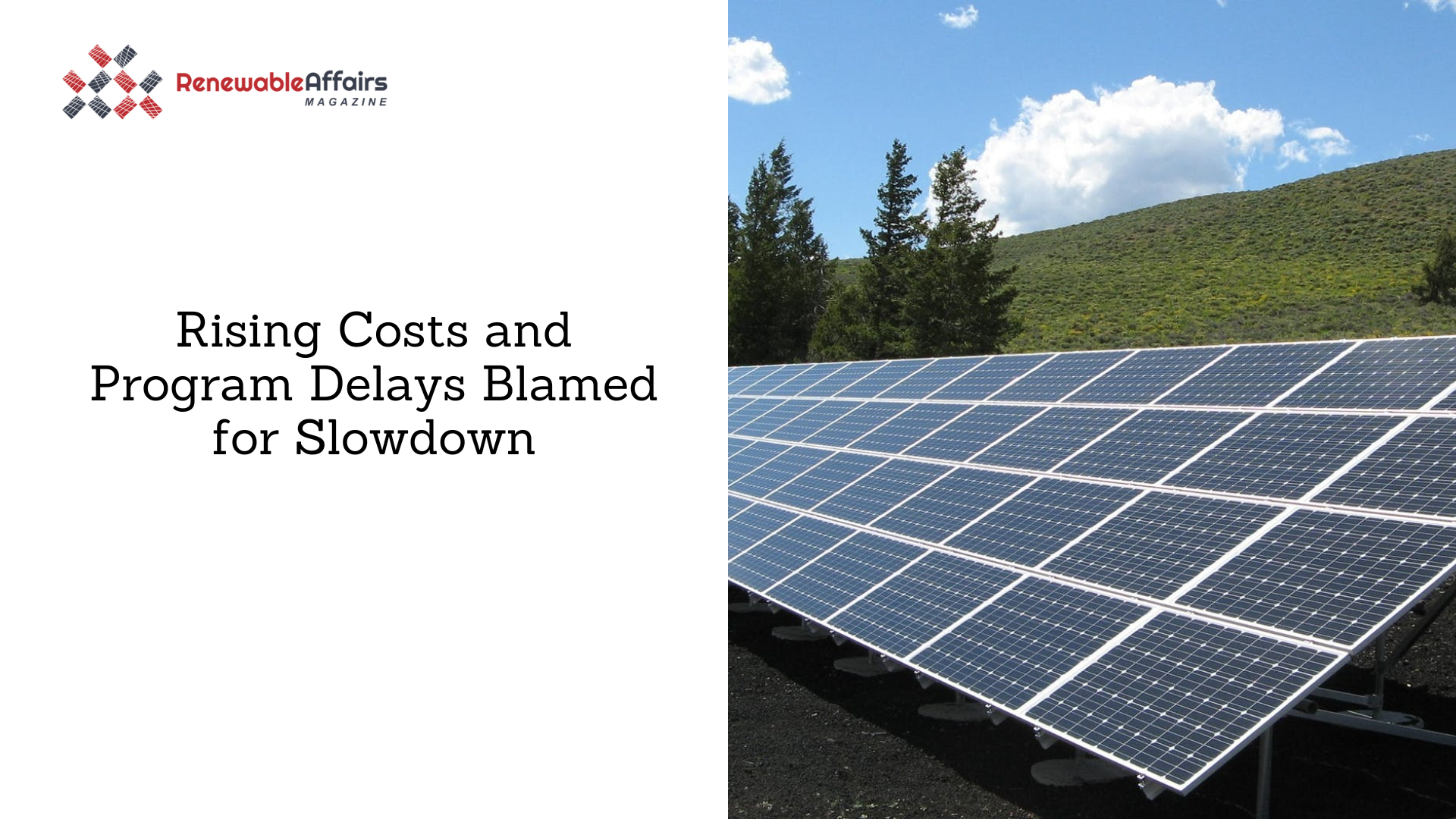






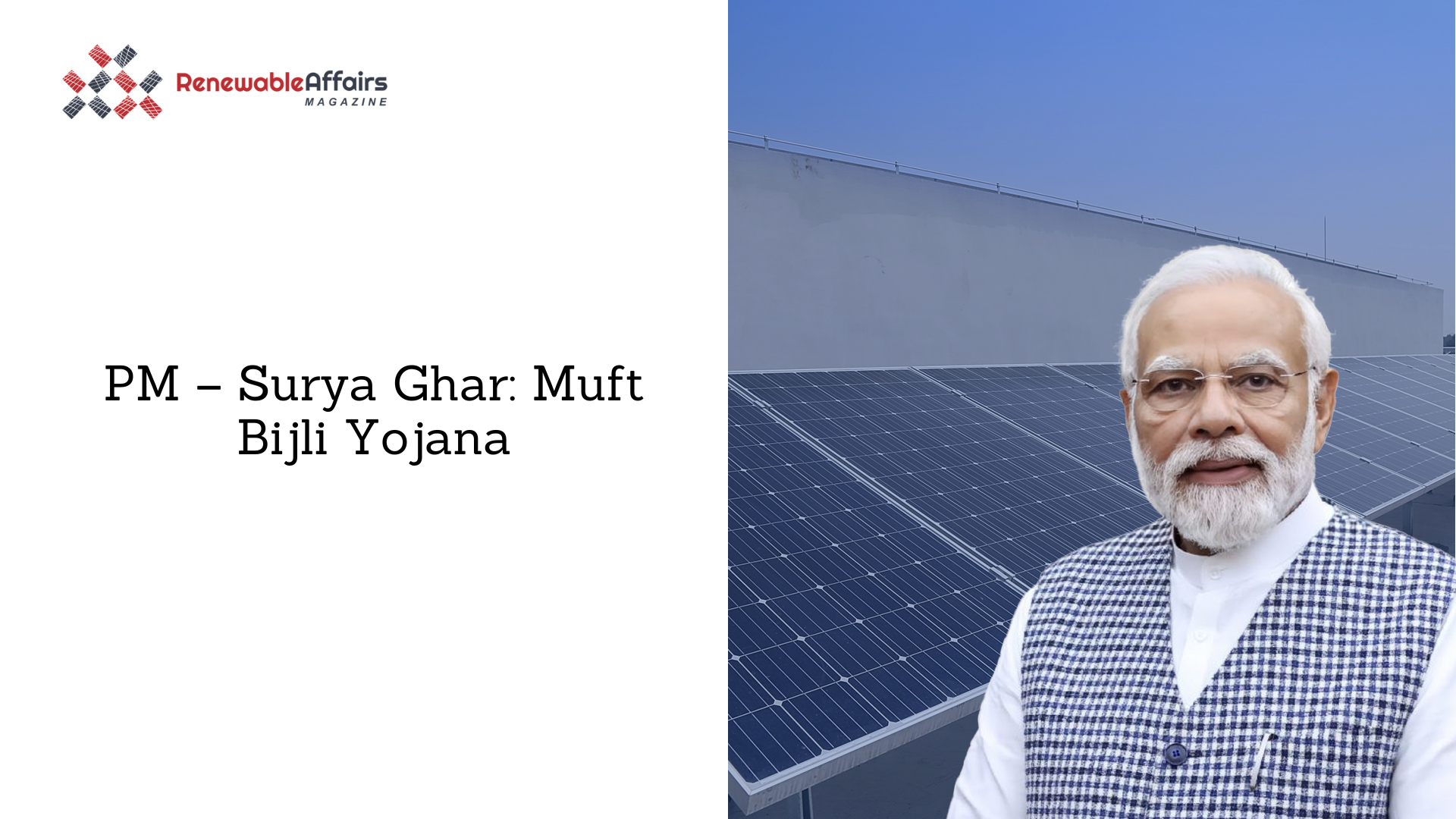
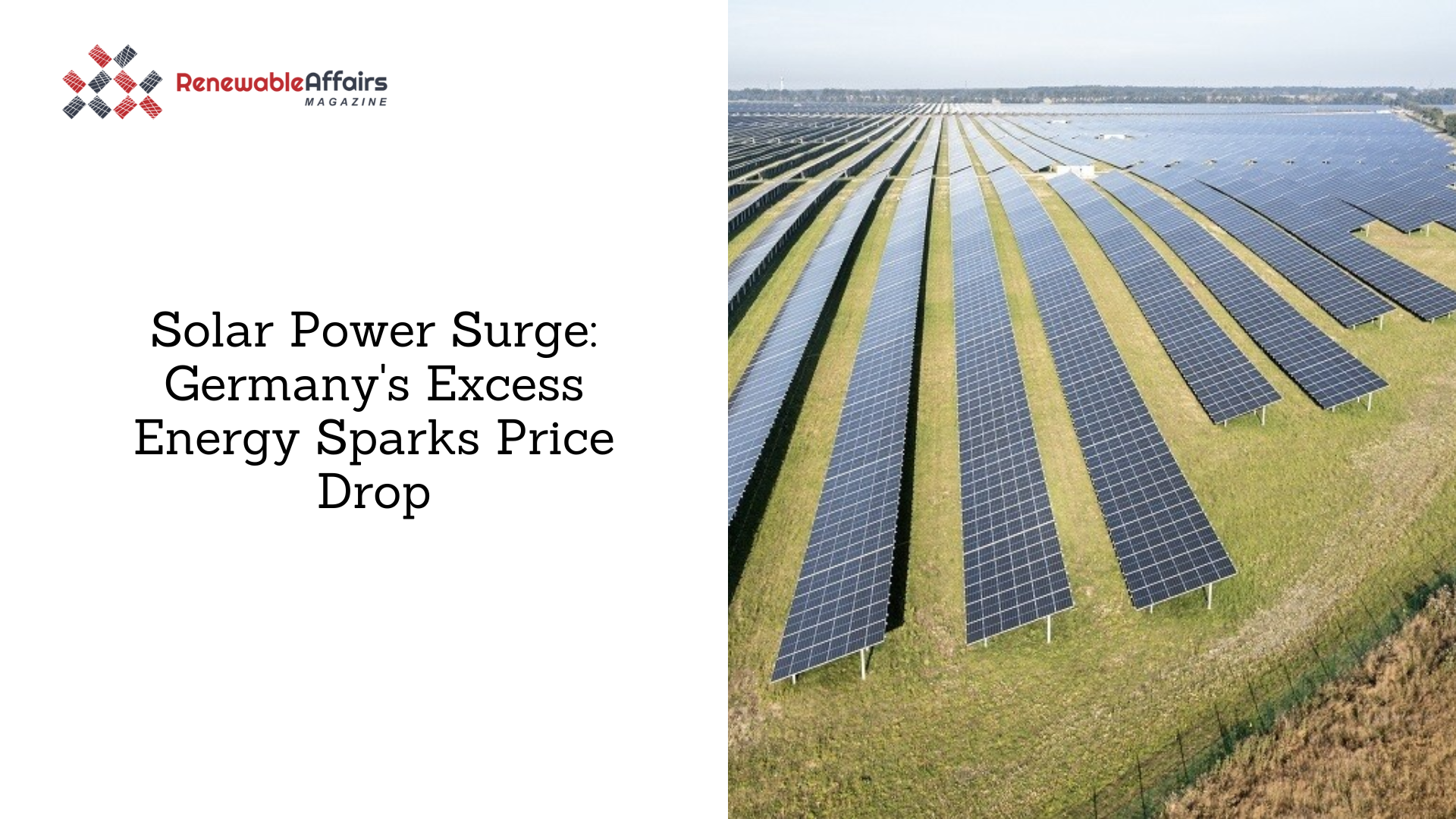



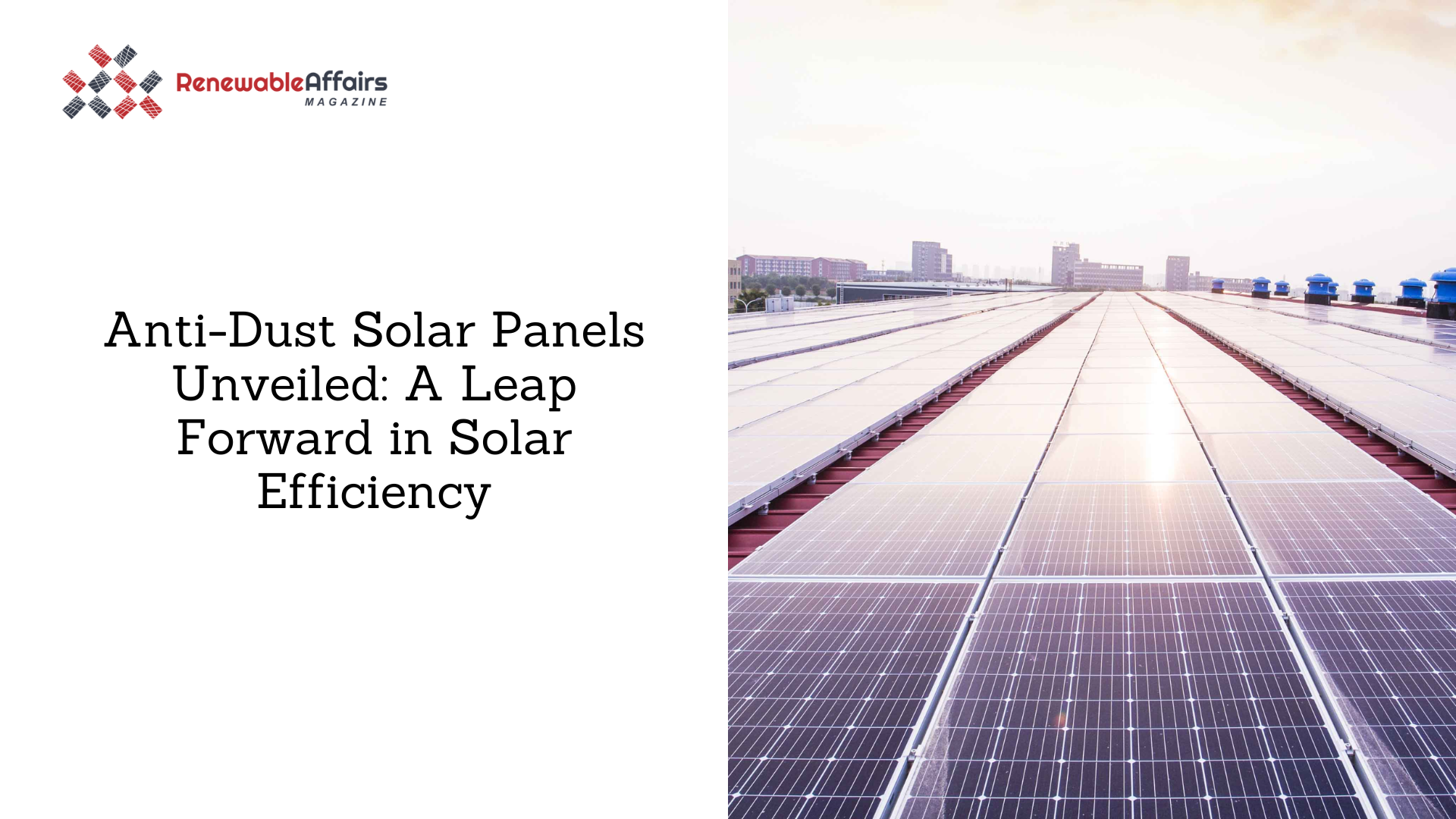
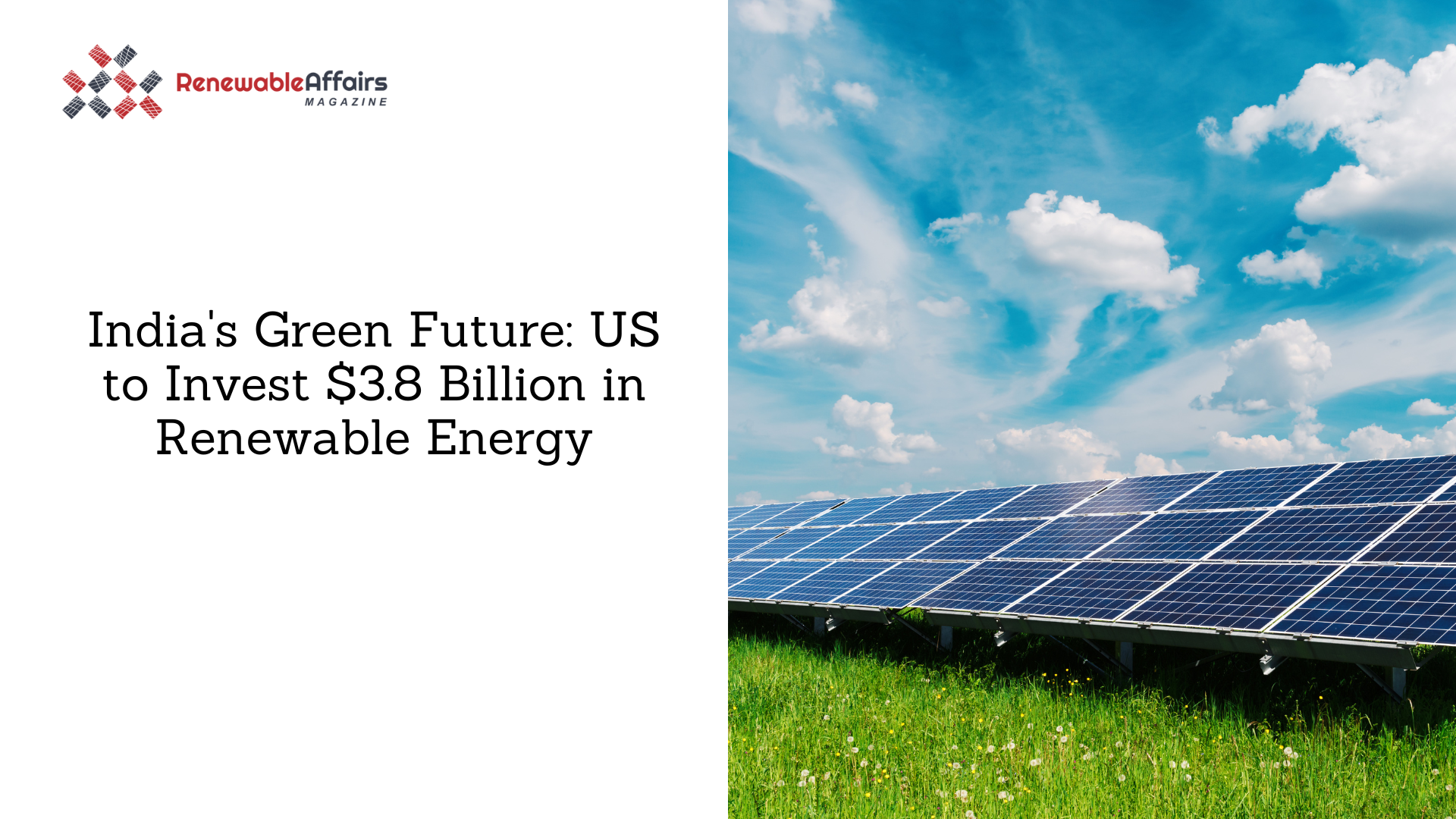



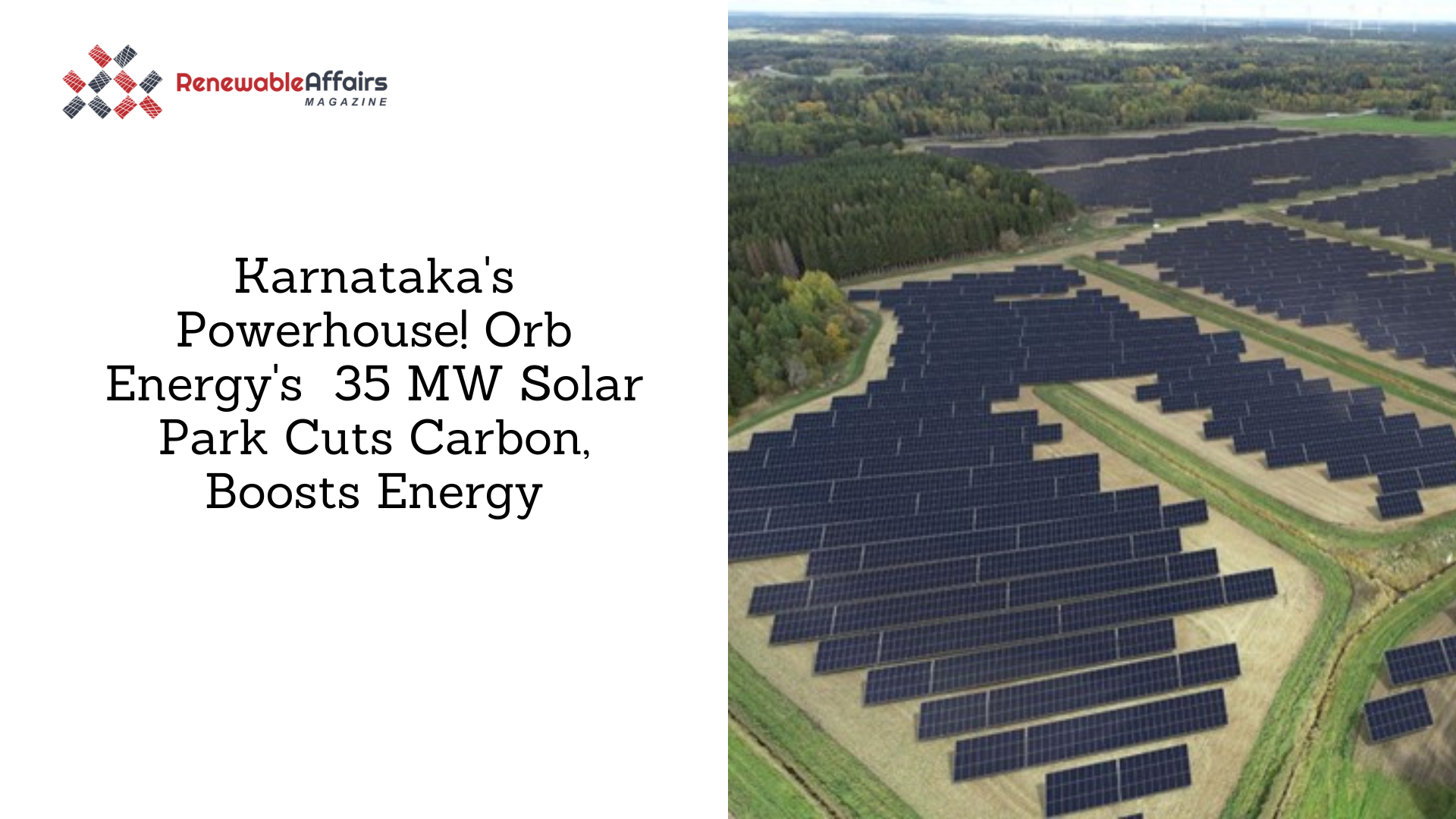




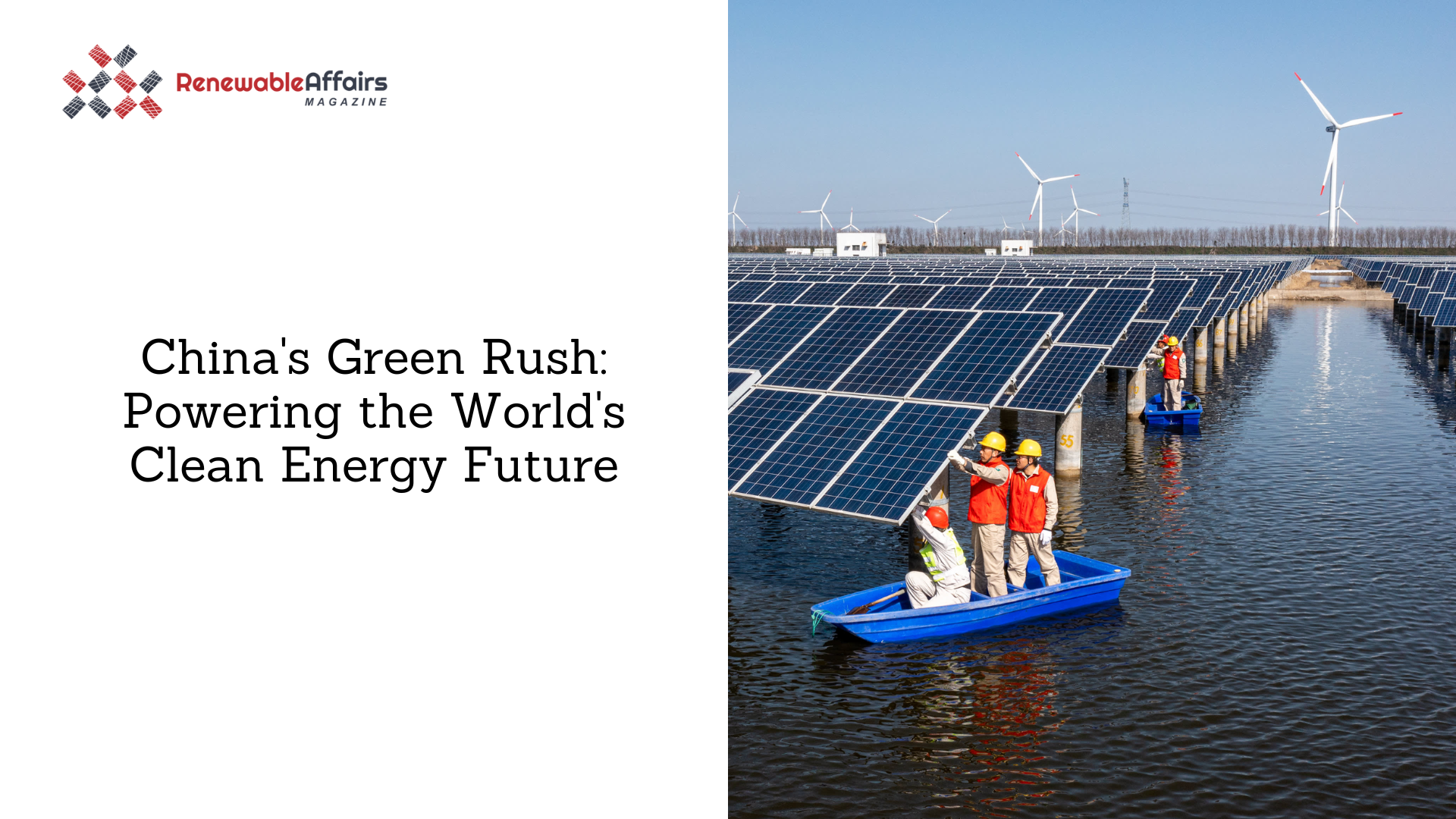
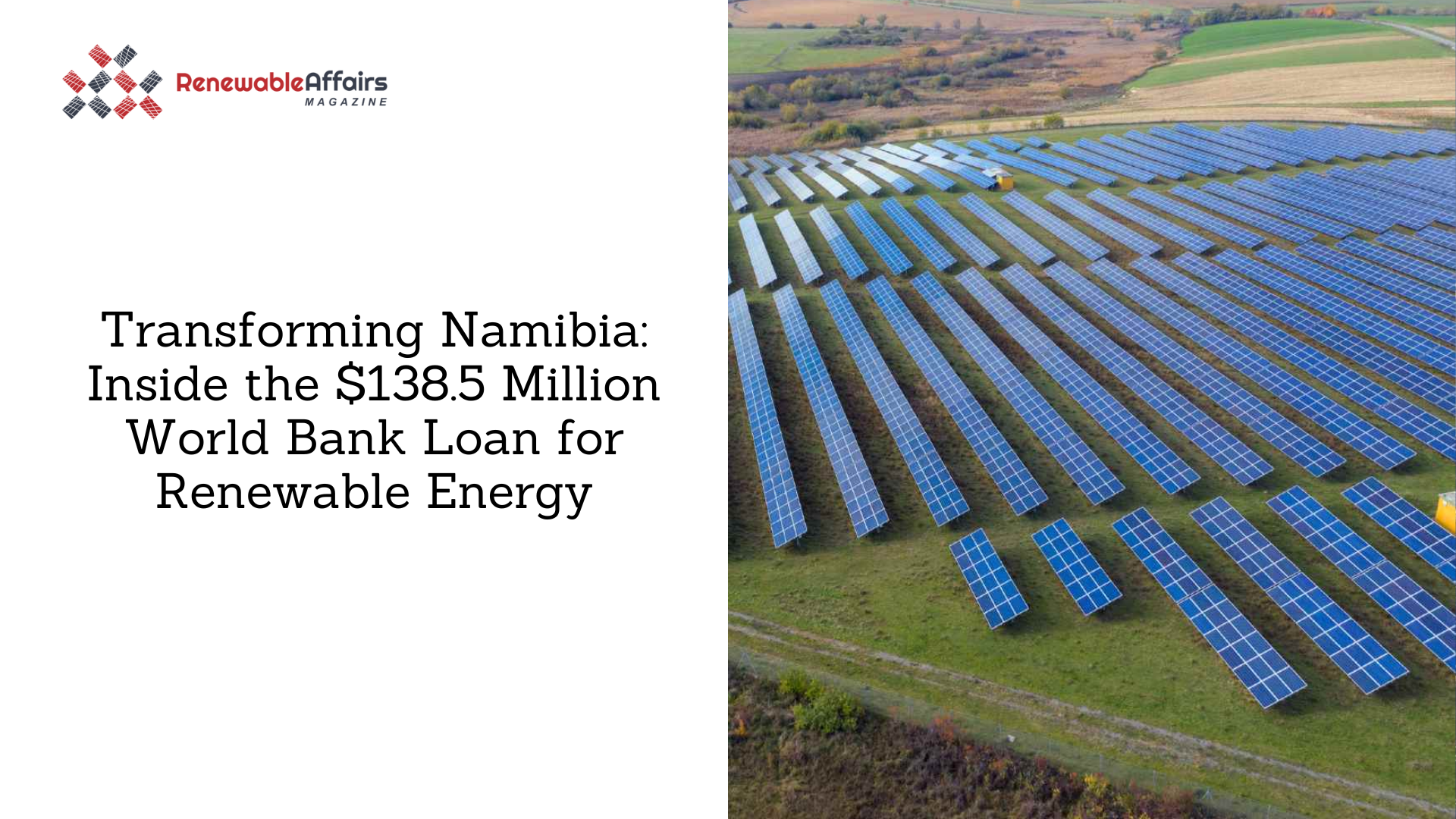
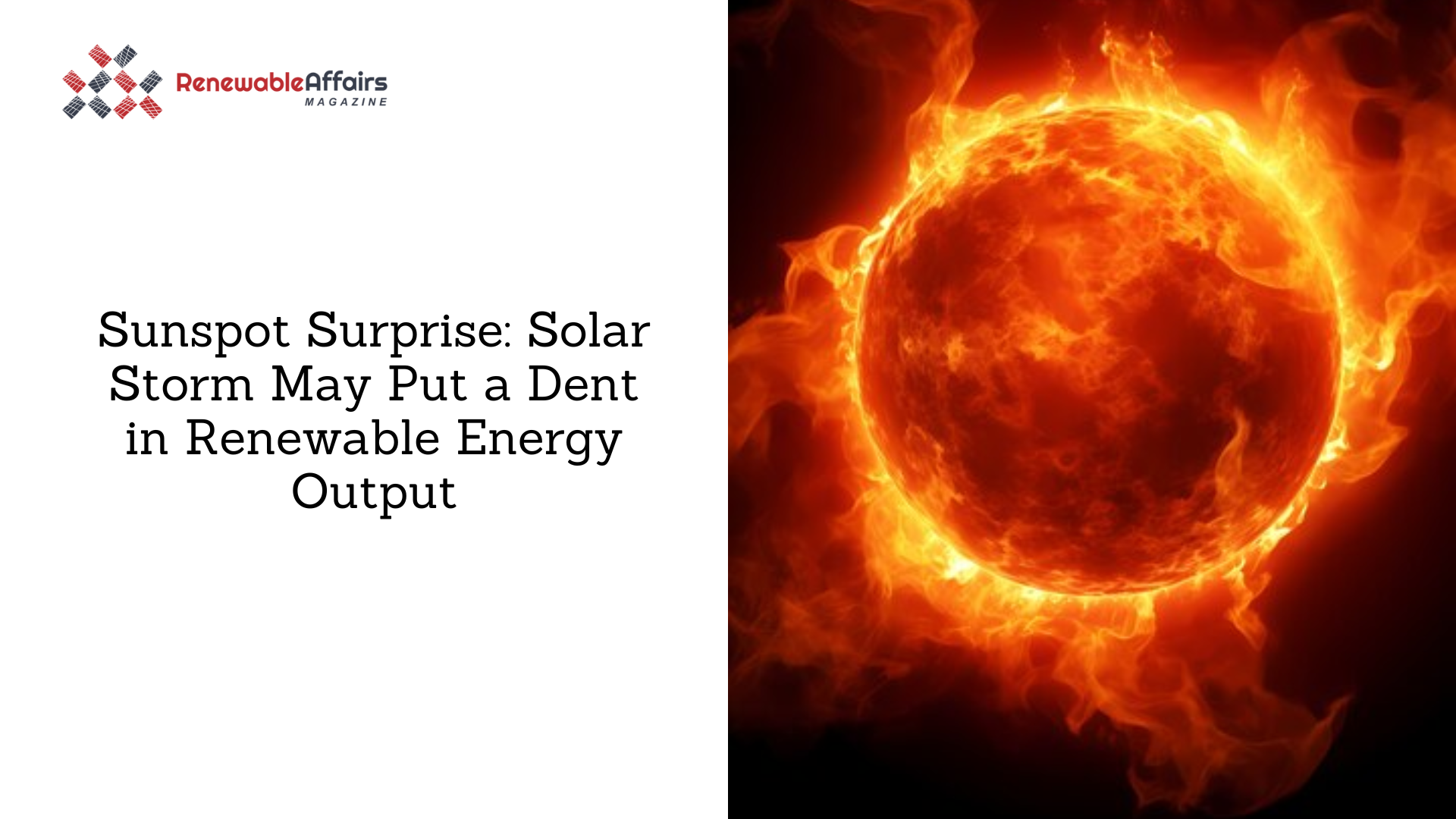

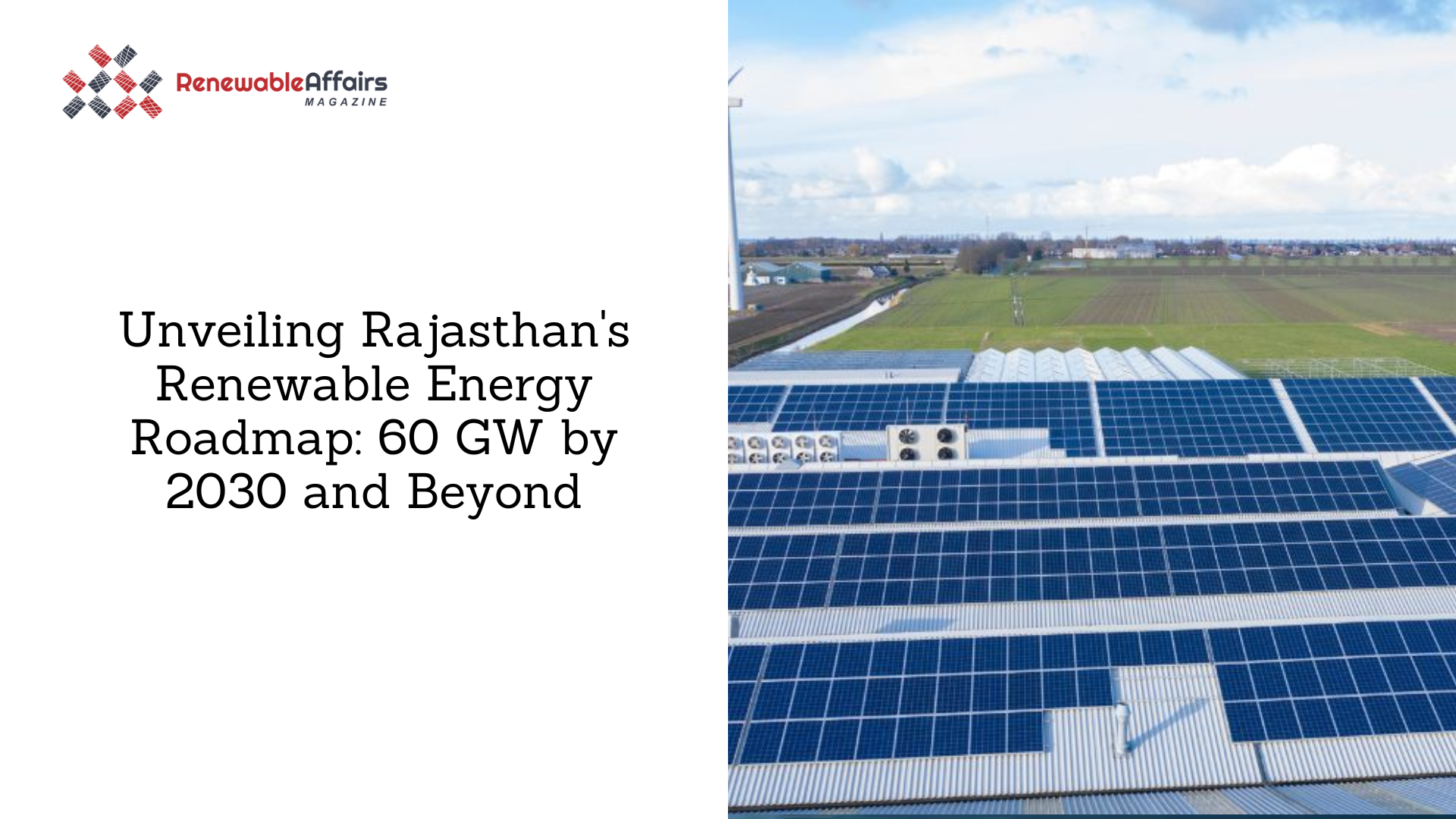

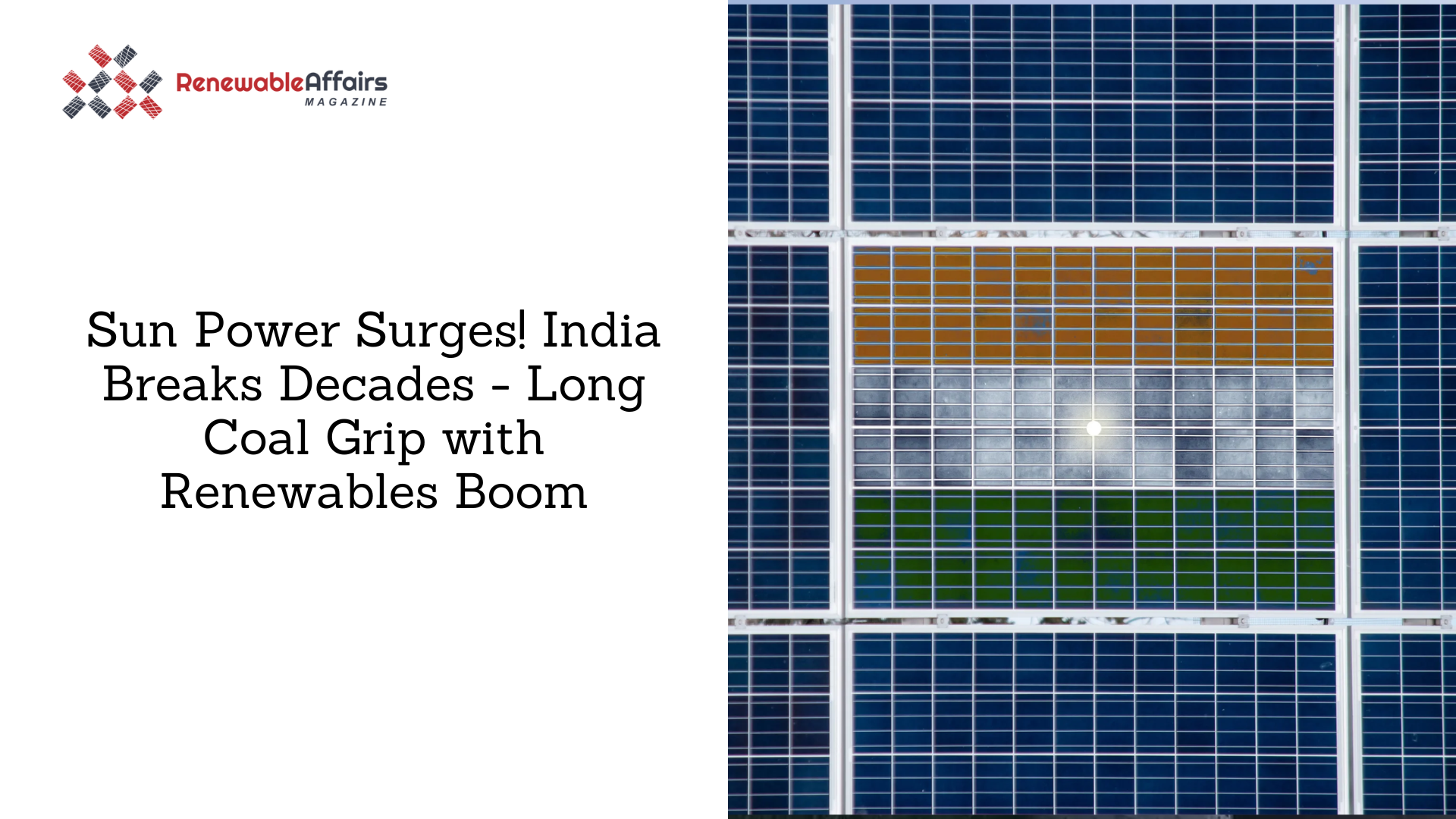


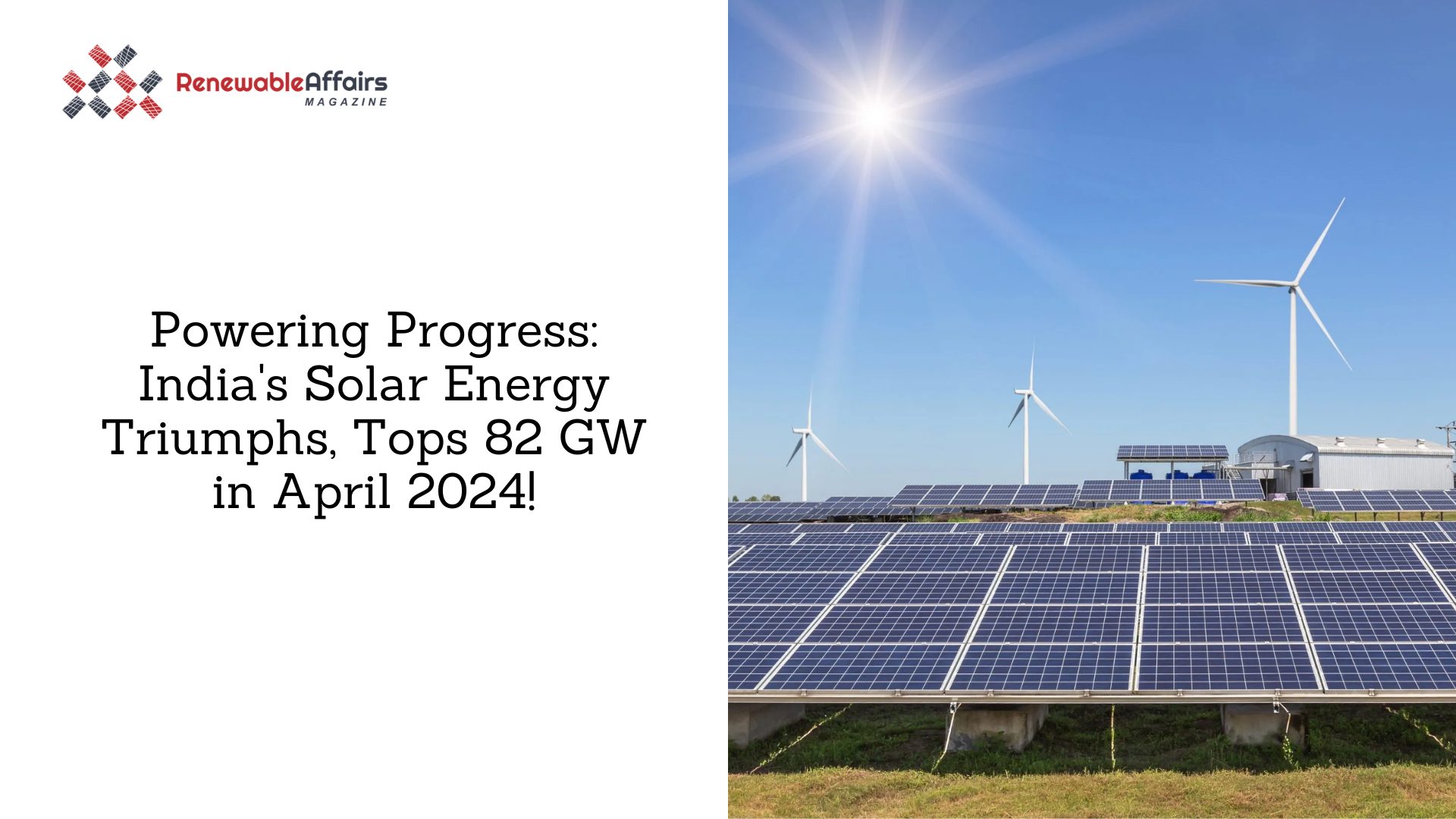
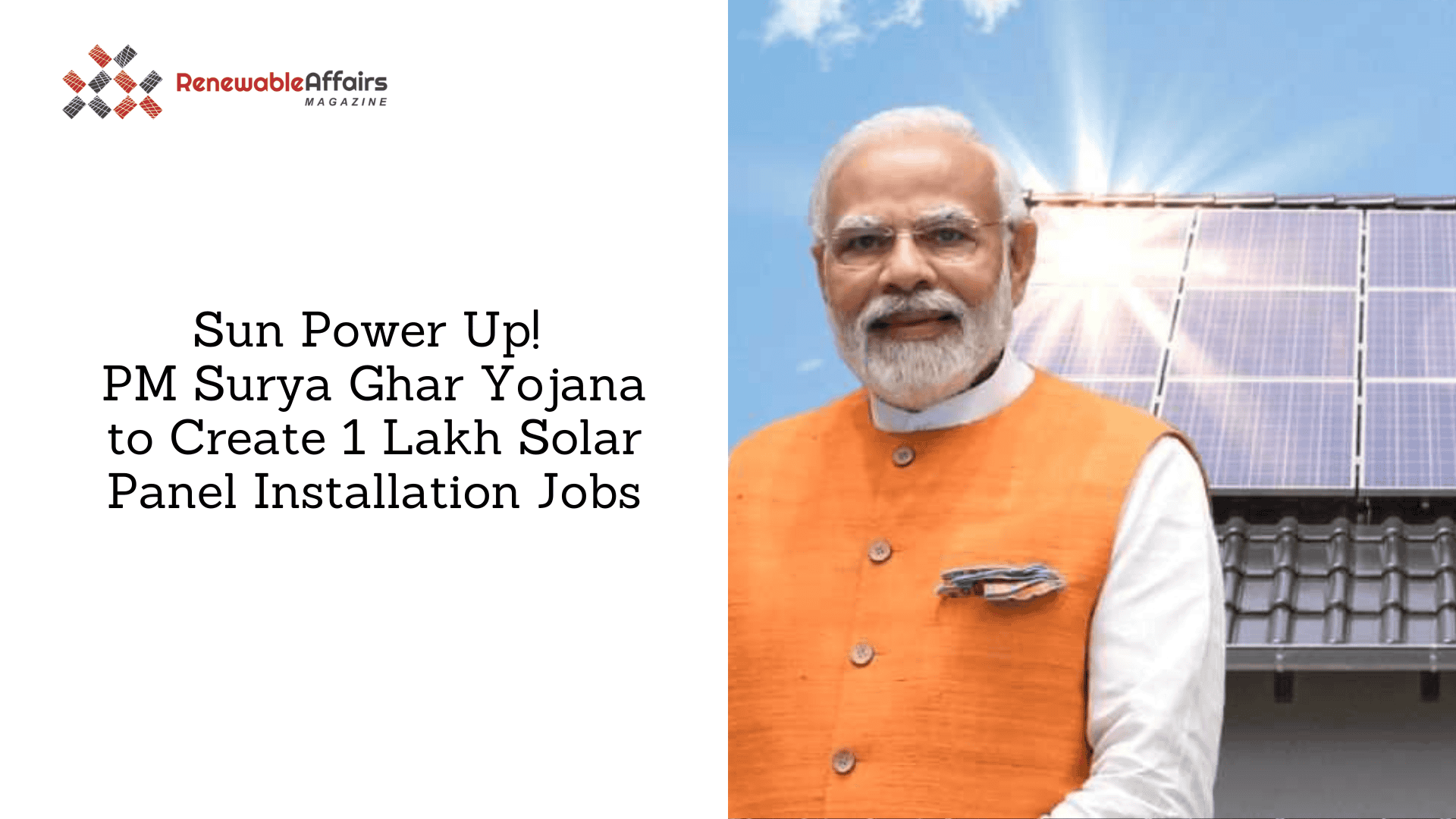







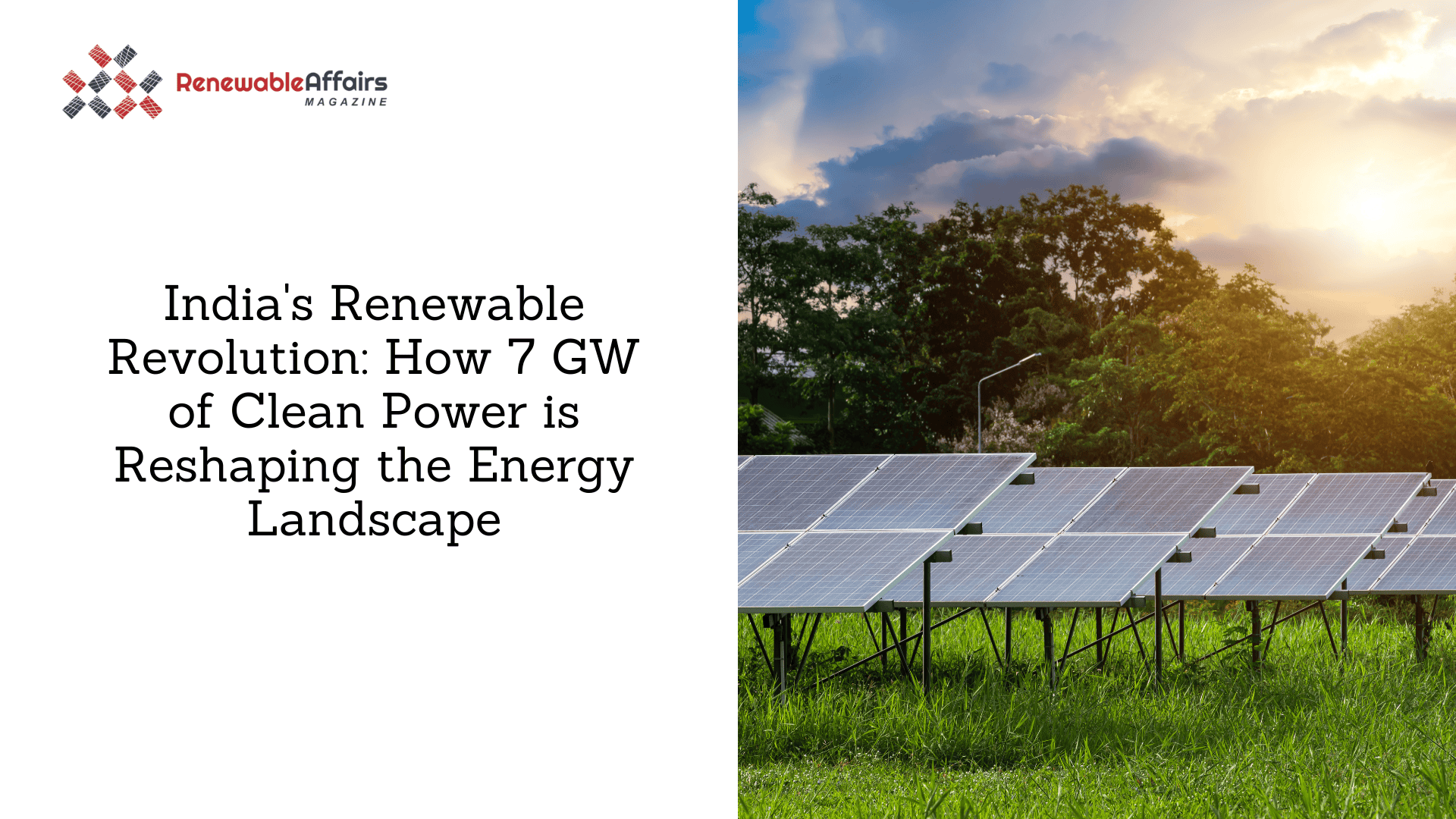




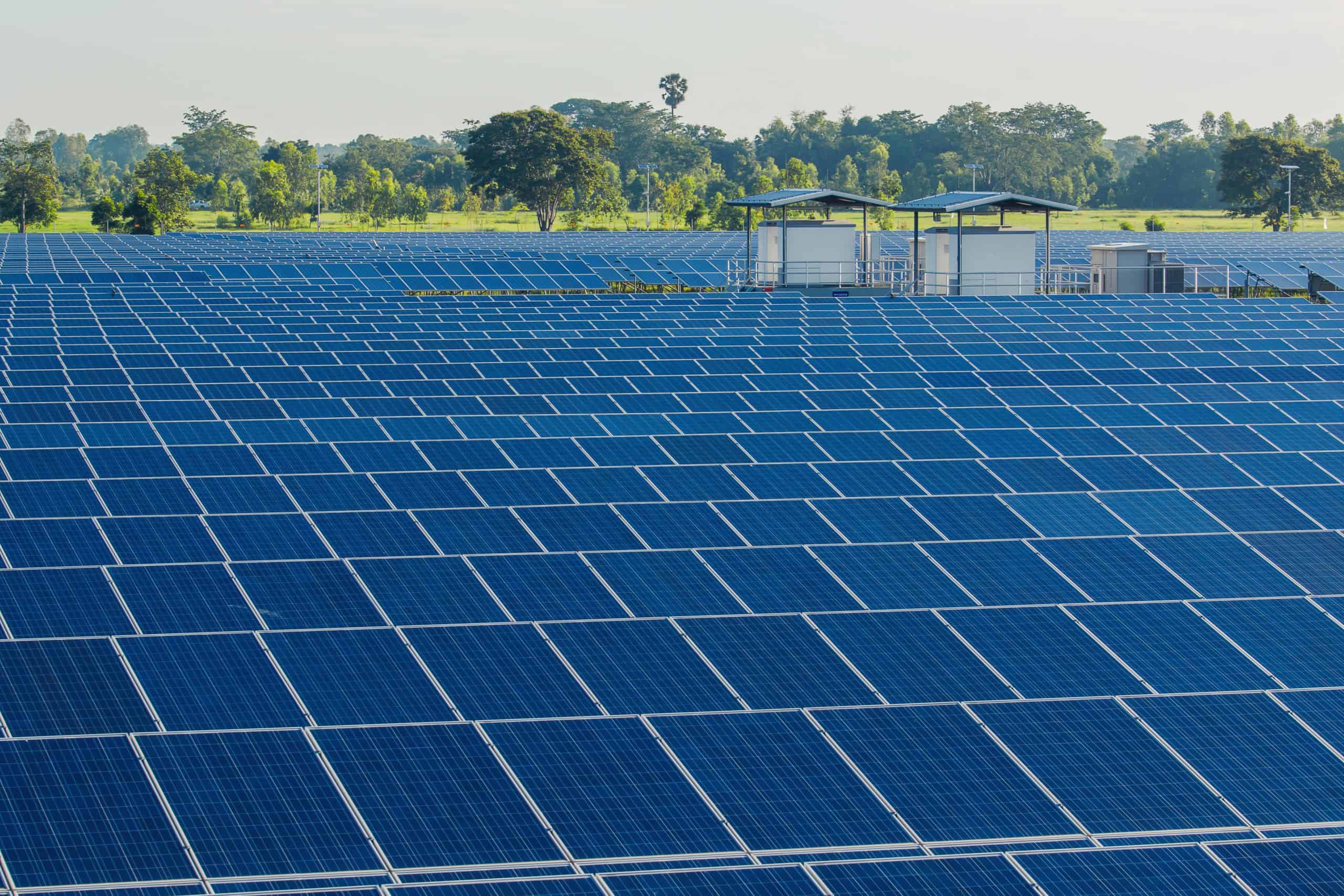





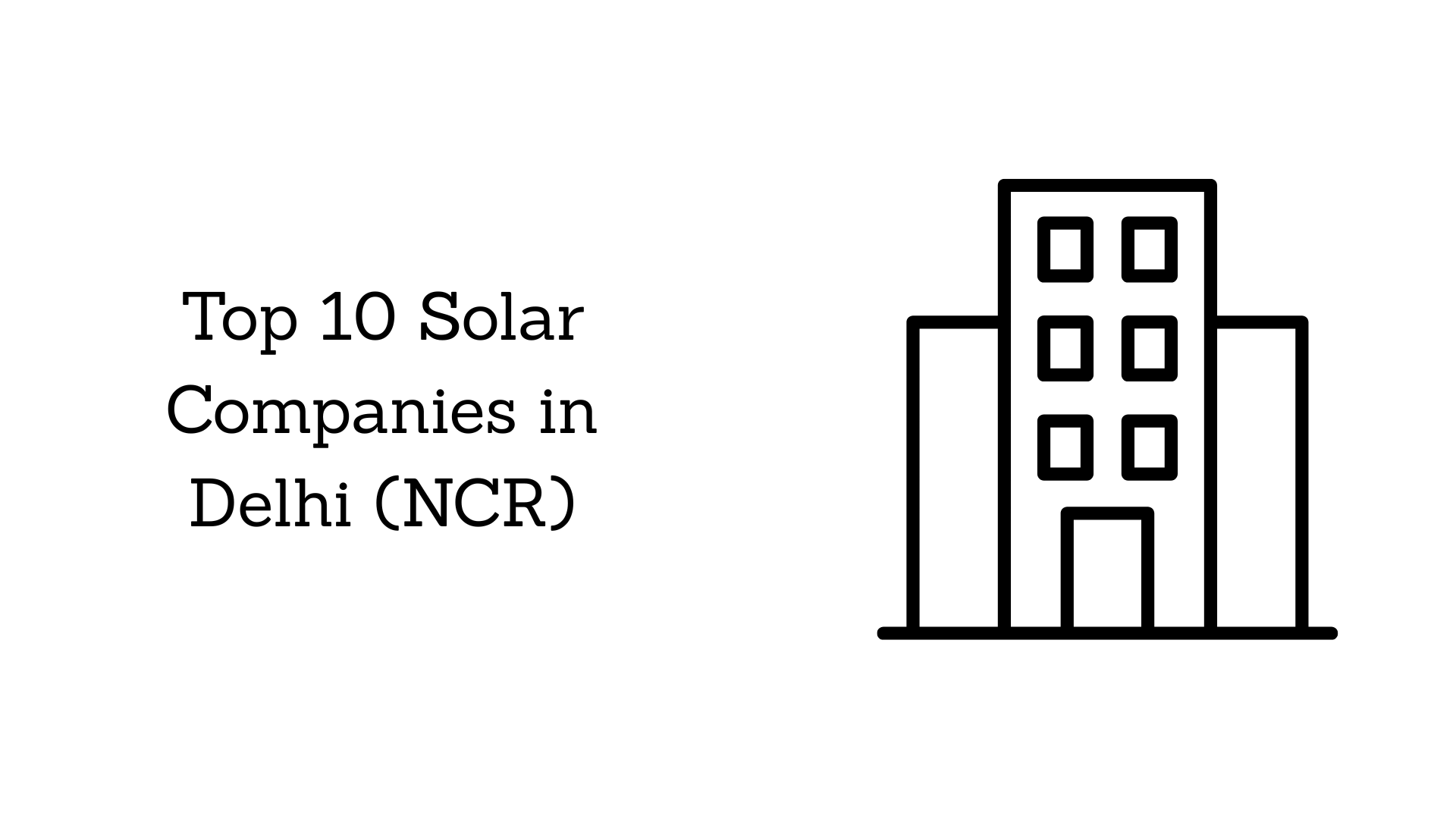



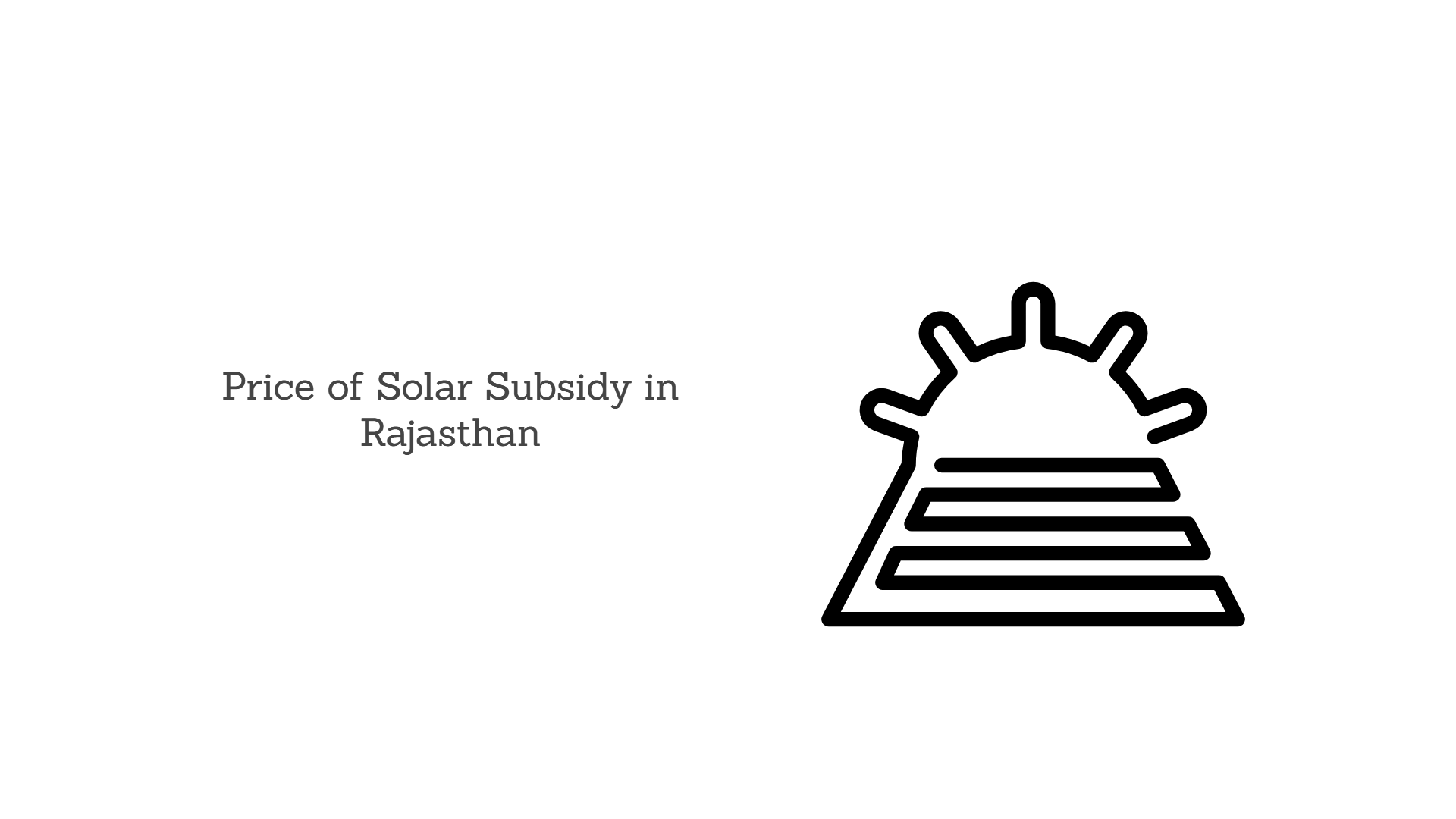
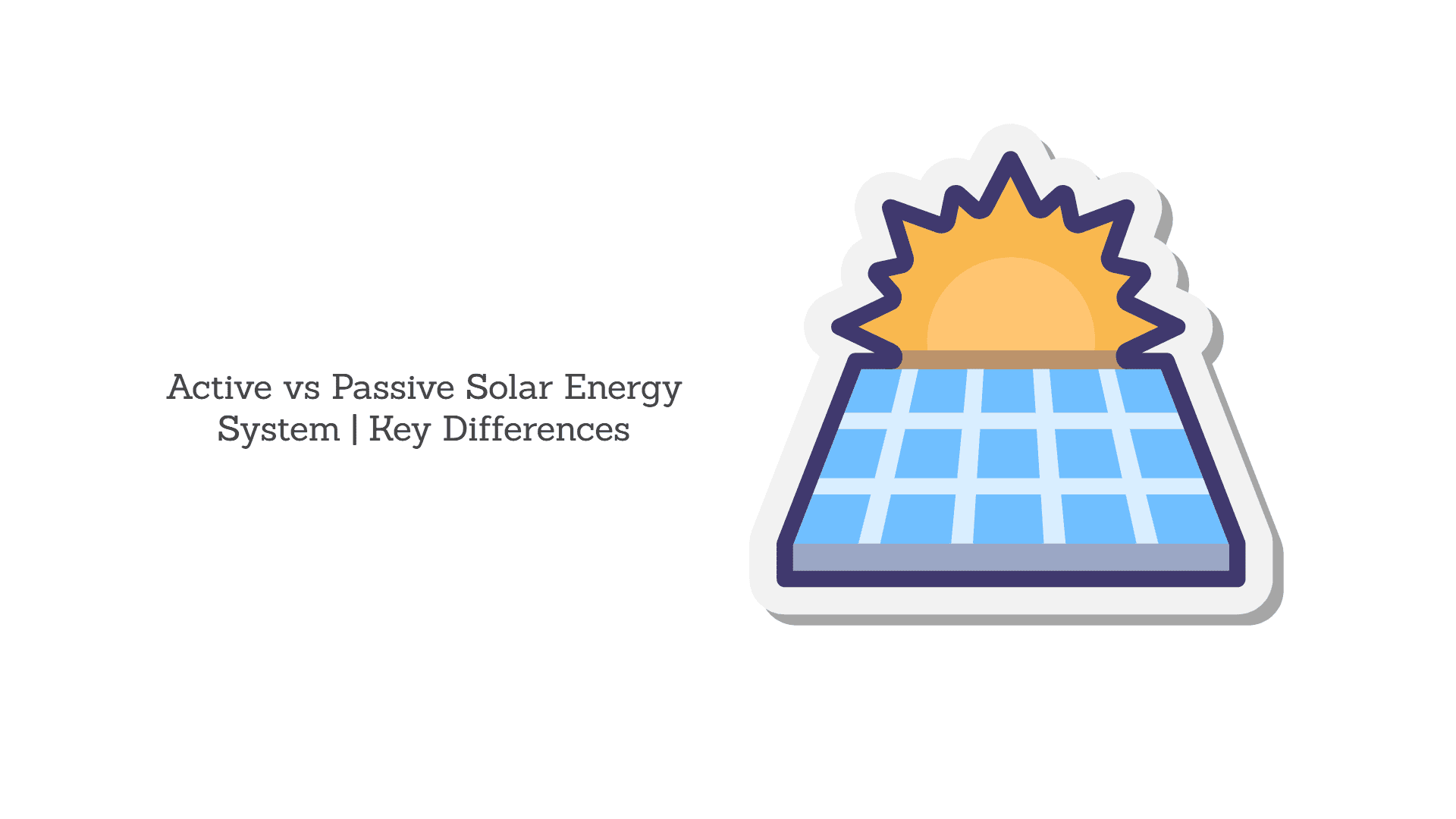

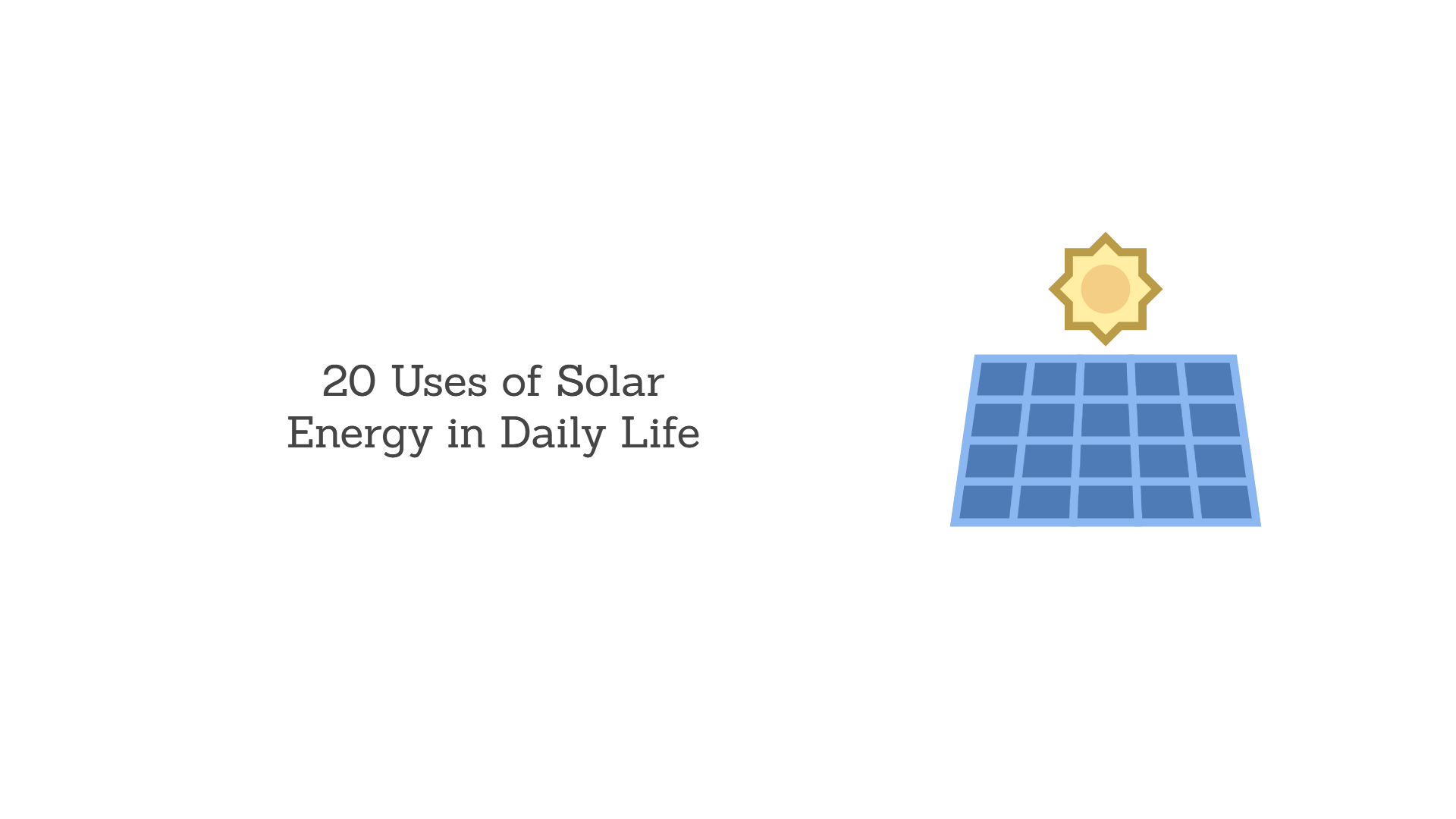

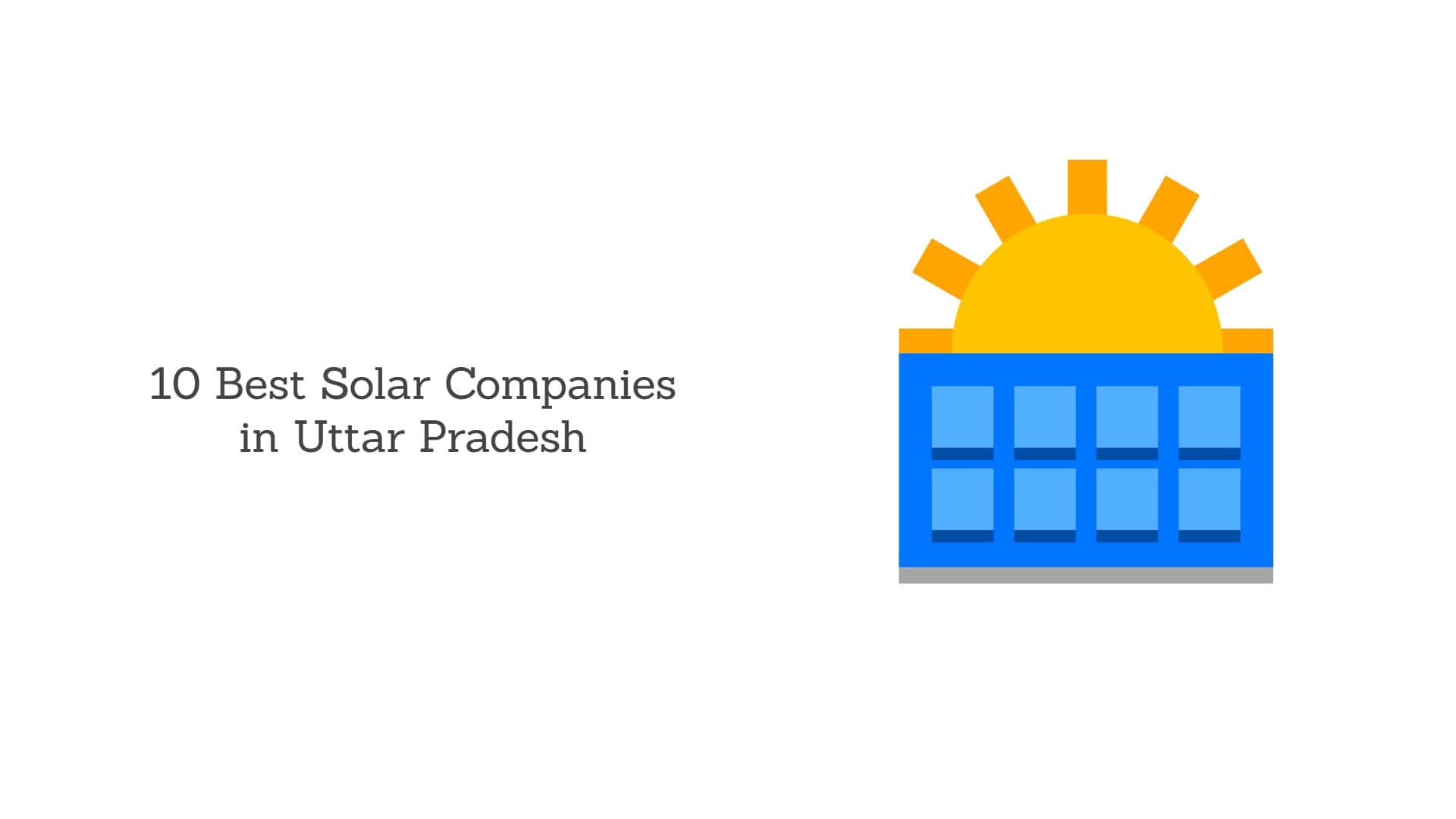



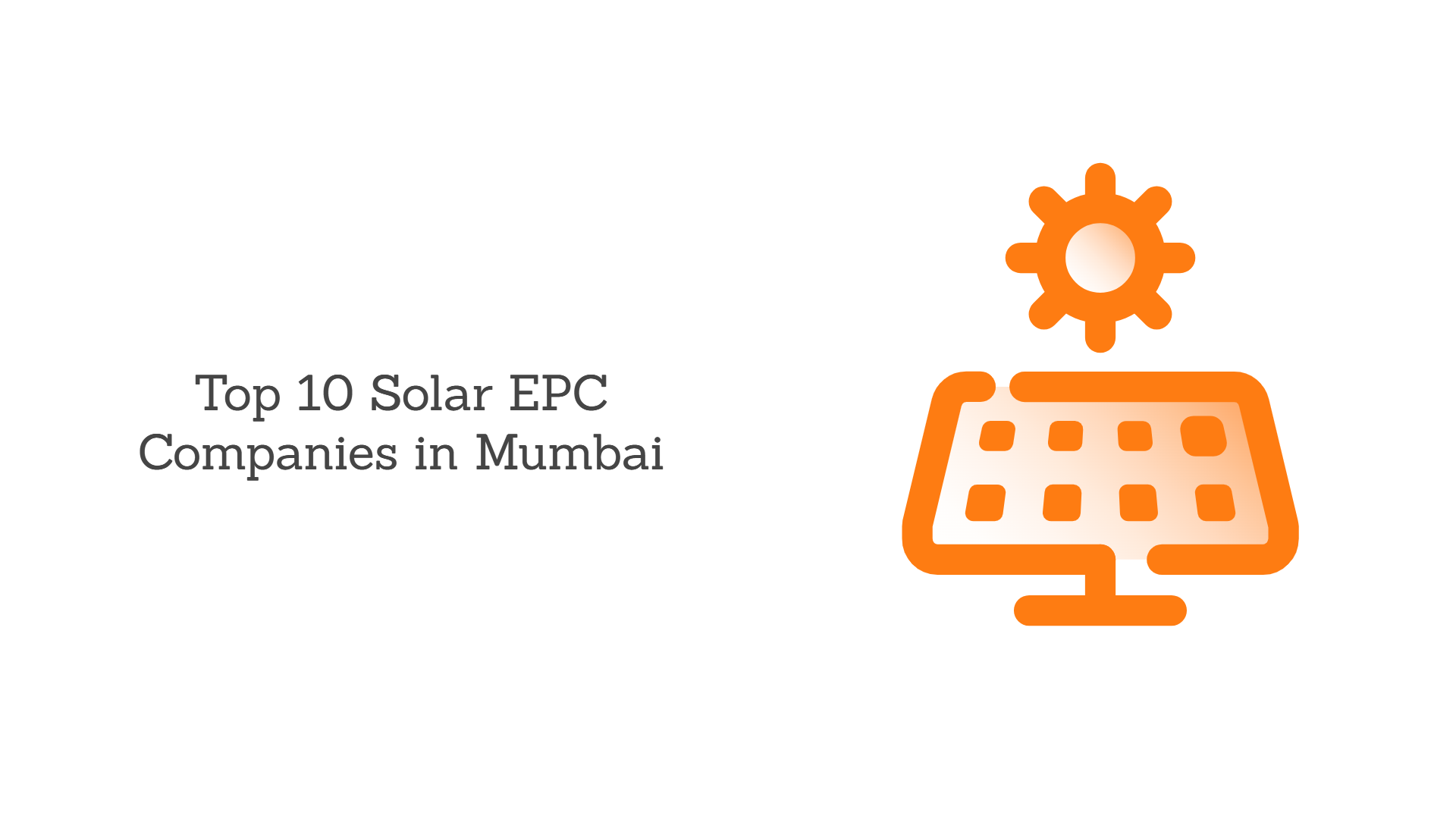


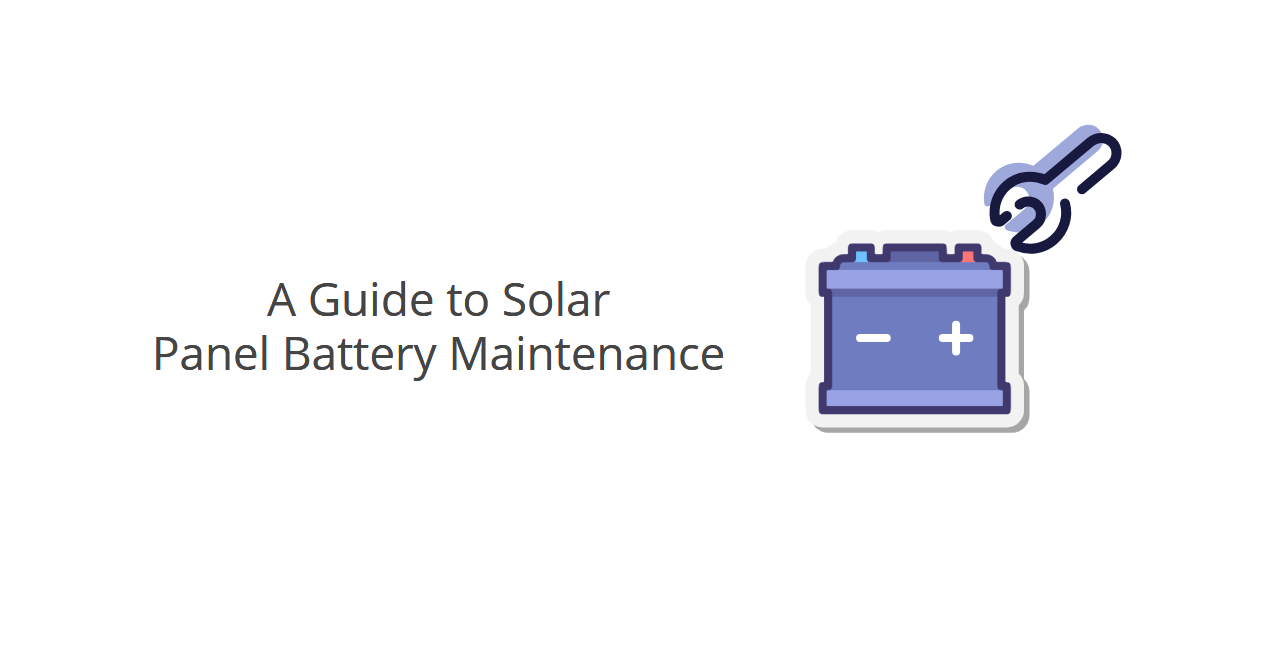
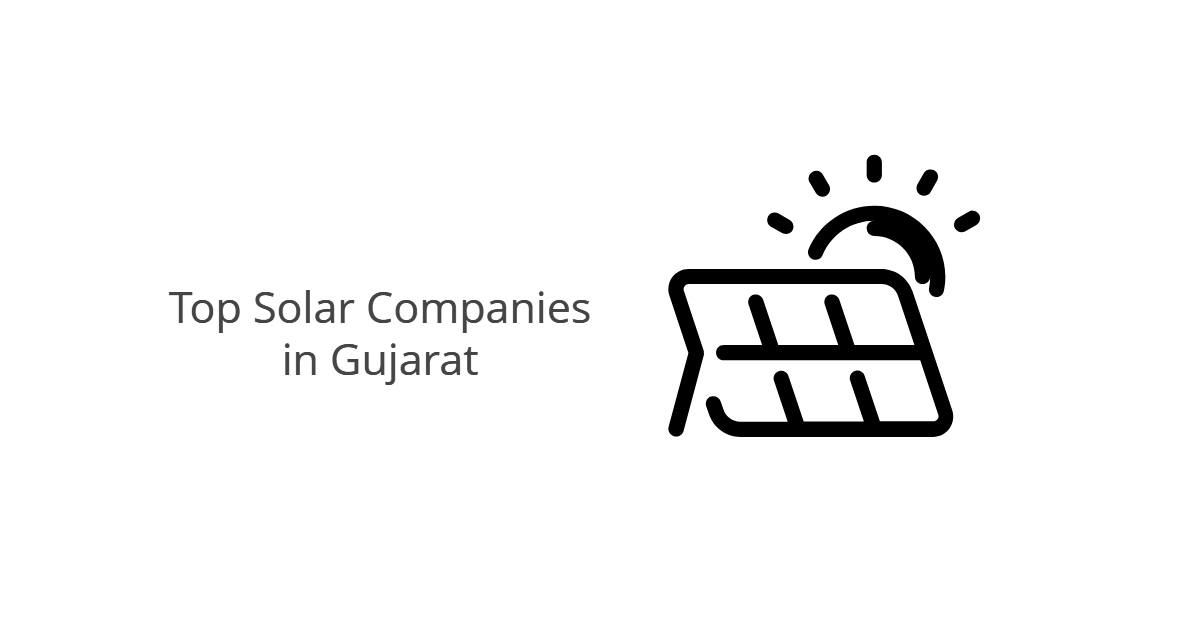


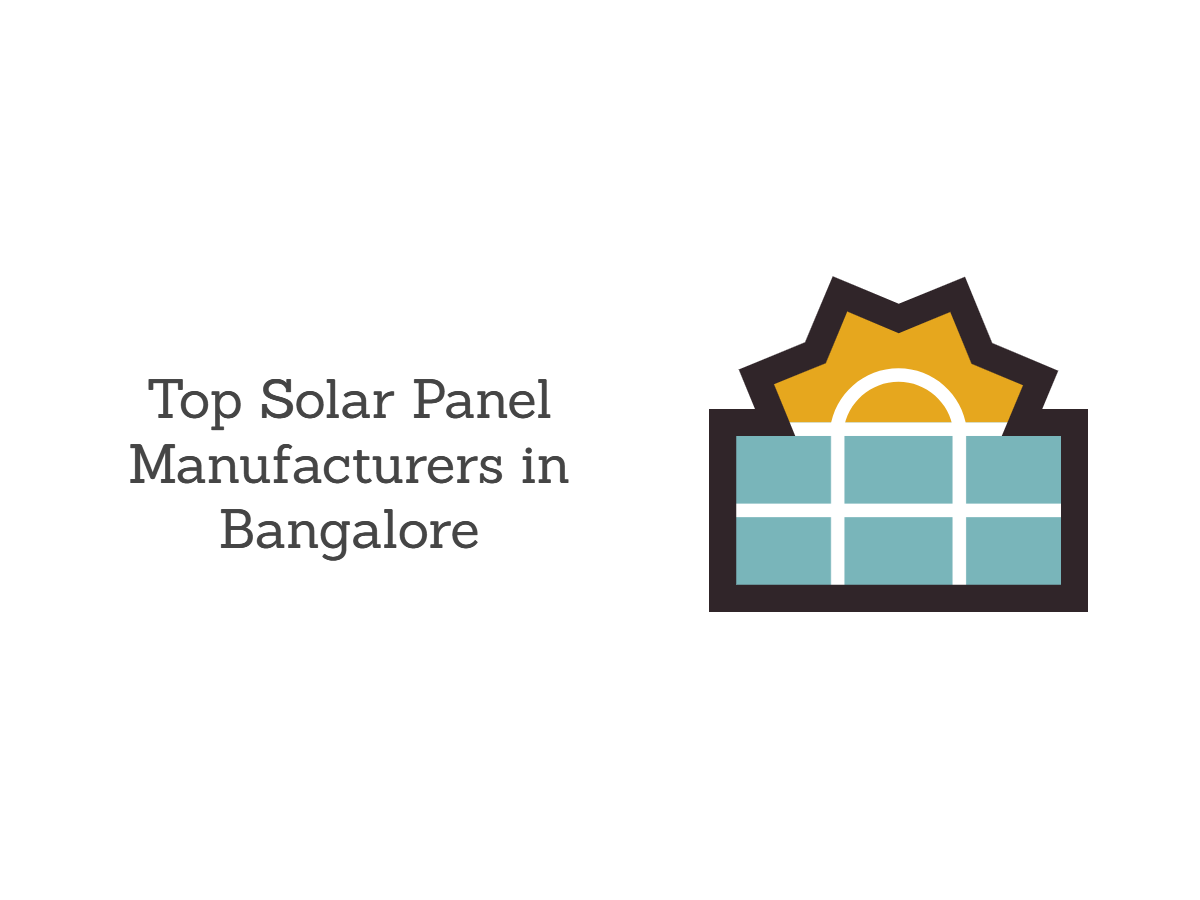

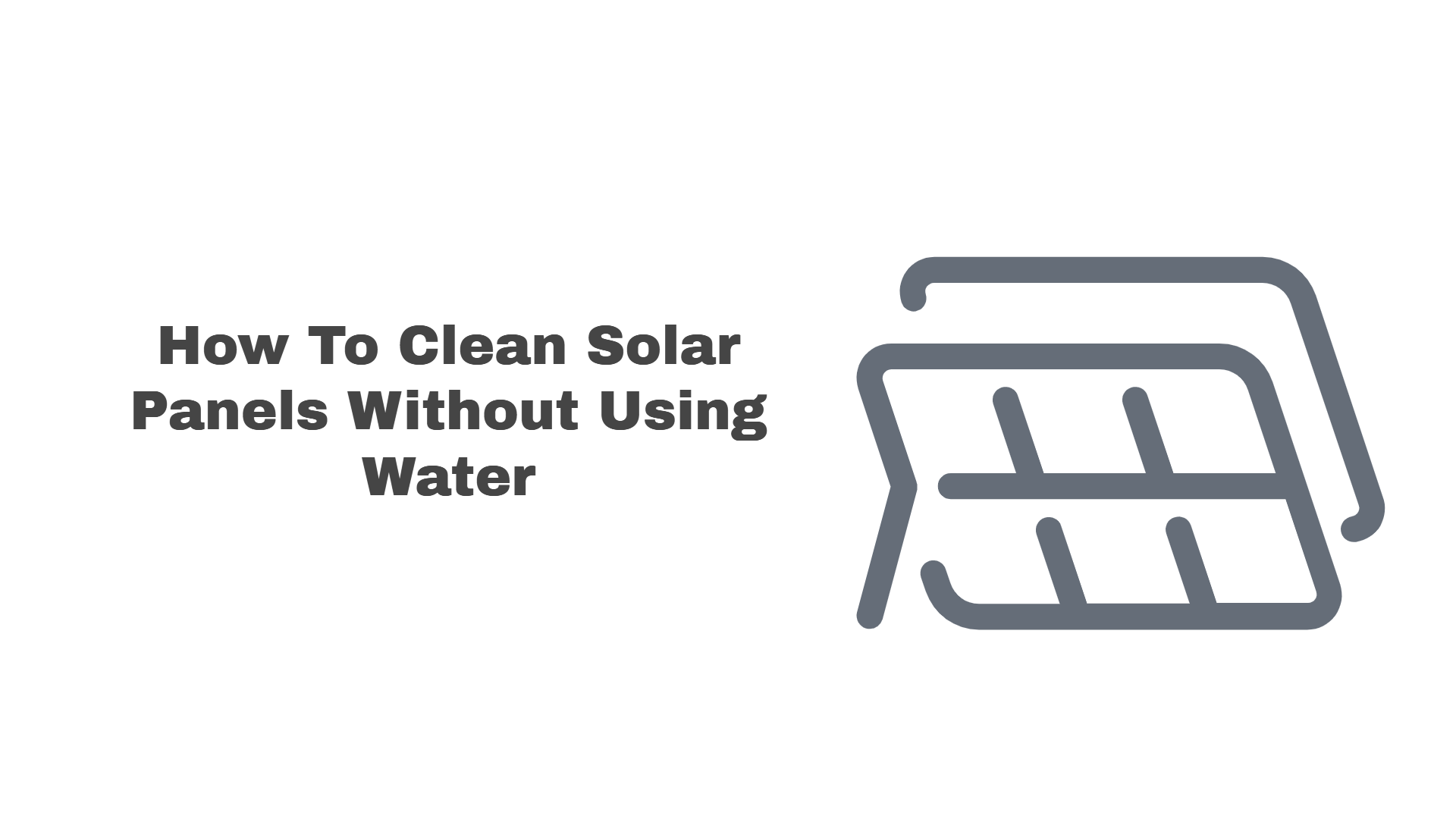
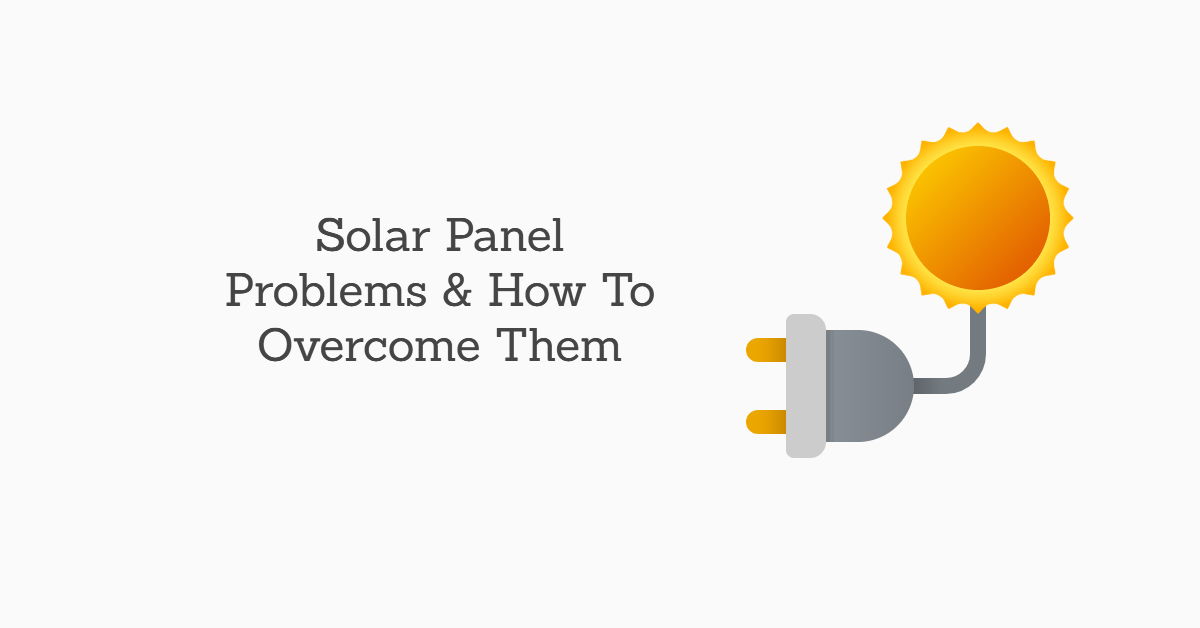

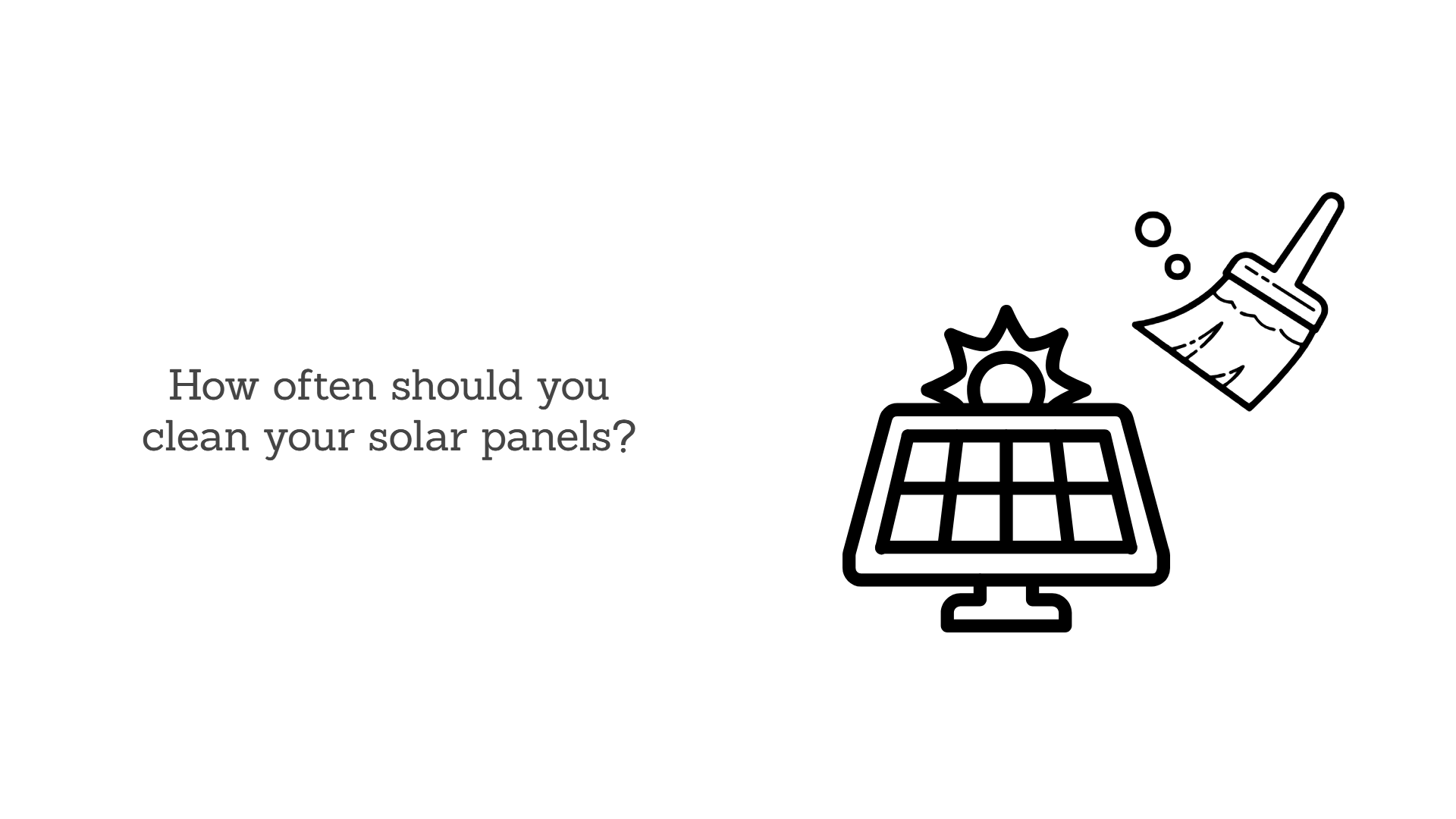
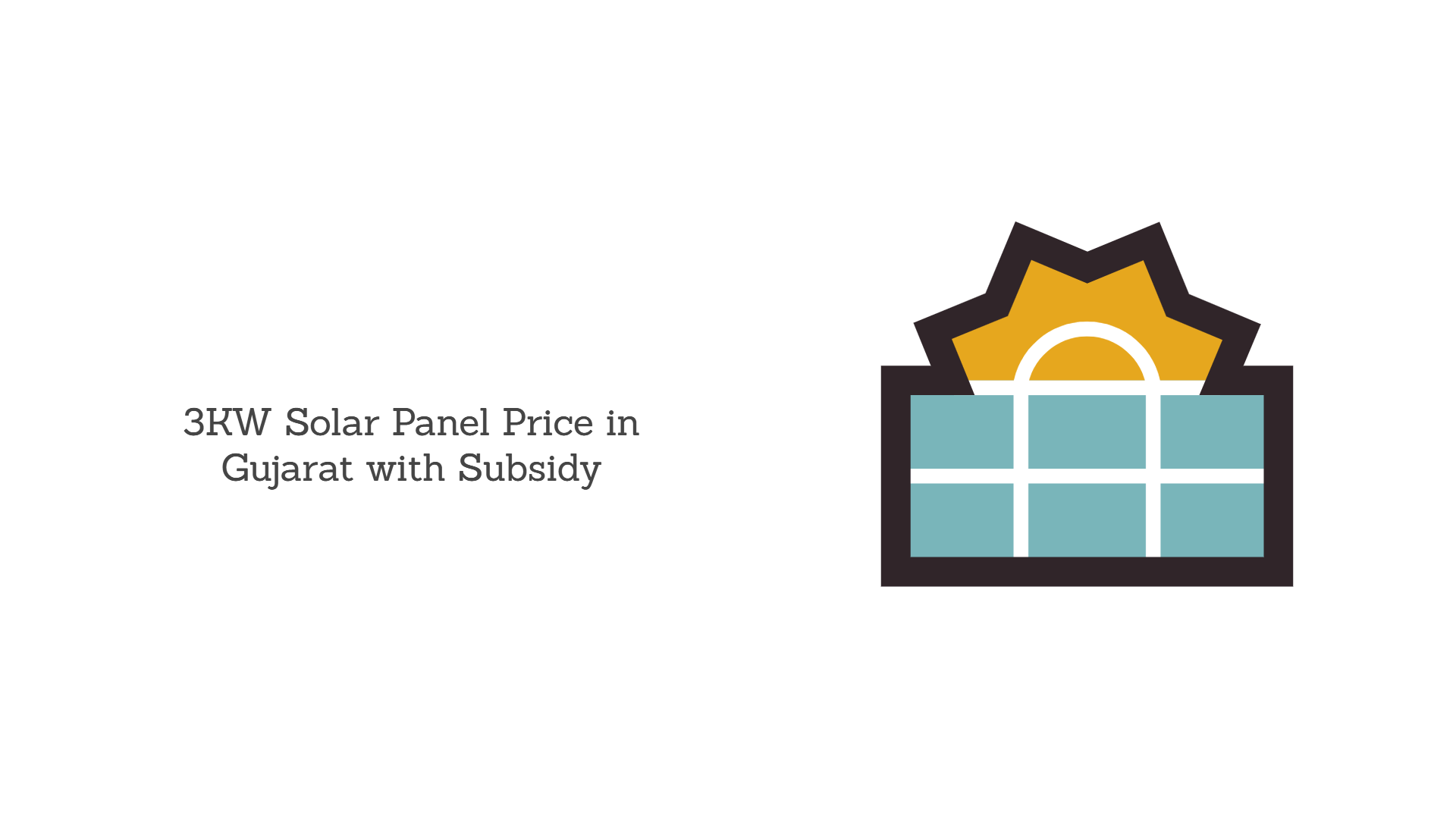


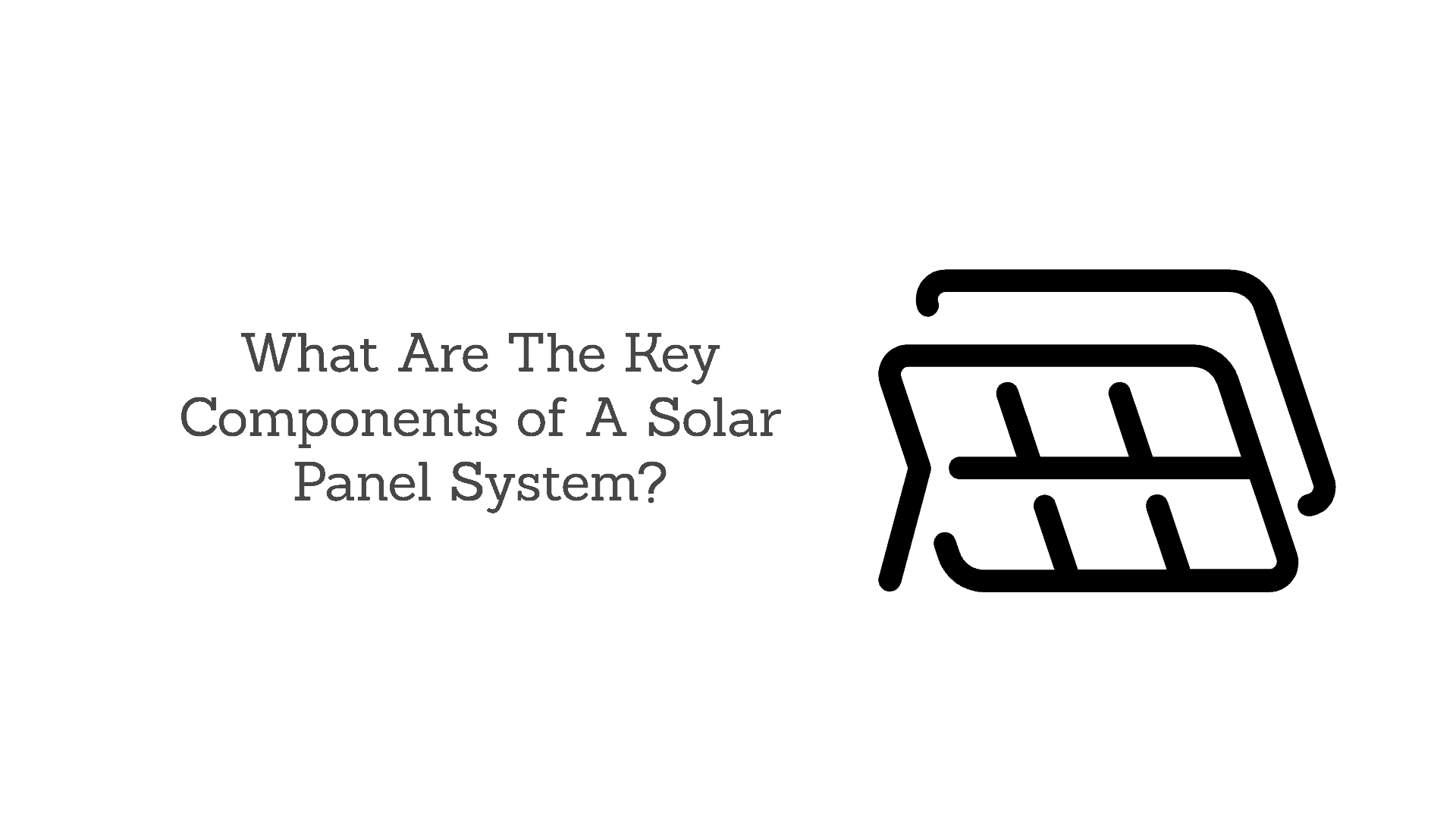






0 Comments